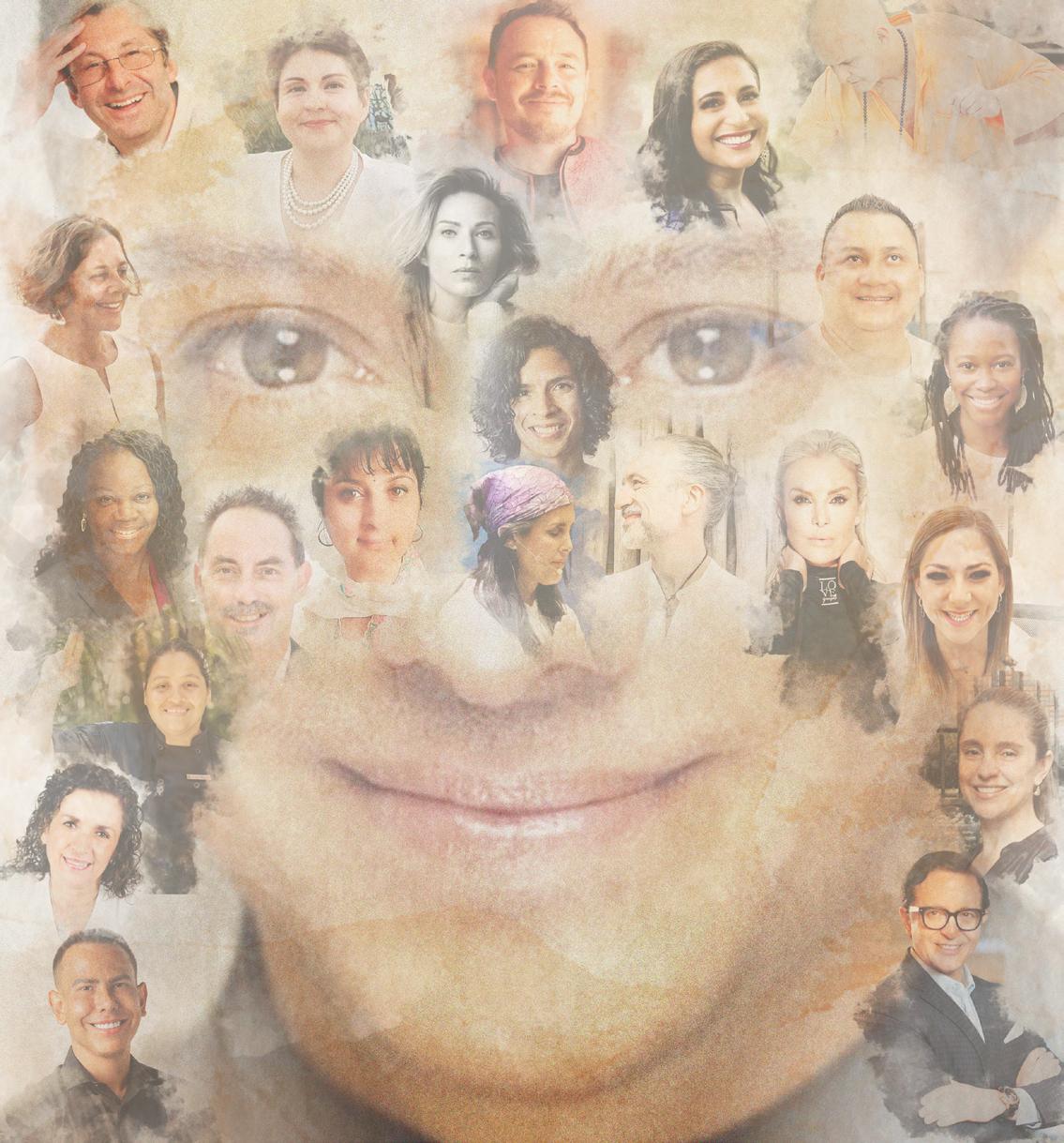

Bienestar para todos: El poder de la inclusividad
SIMPLE SYSTEM
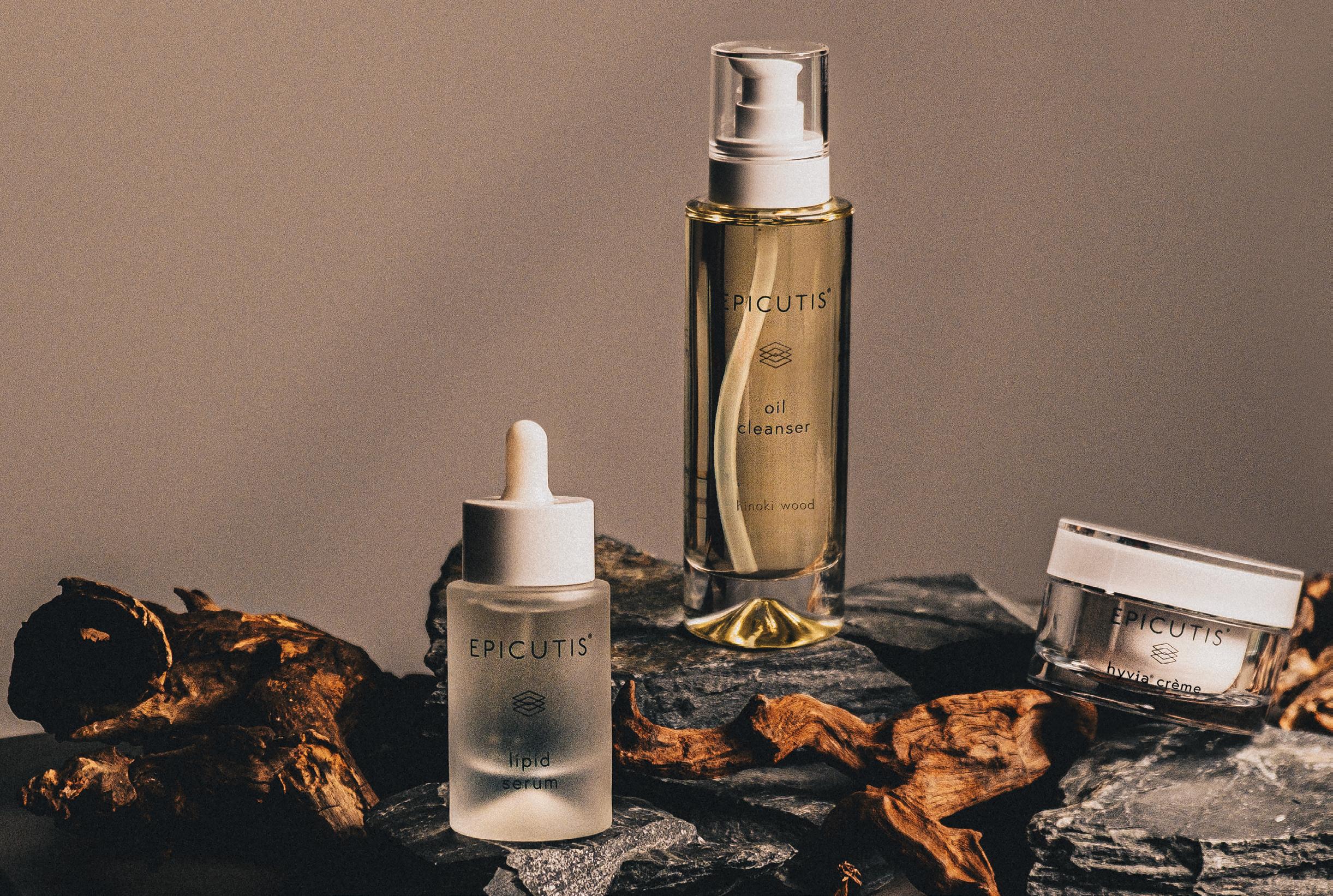
2. TREAT
With only eight ingredients, and therapeutic concentrations of TSC, our patented anti-inflammatory, this silky serum delivers an instant dose of relief for dry, stressed, or sensitive skin.
1. CLEANSE
Our Oil Cleanser uses two special botanical based fatty acids that when in contact with water create a mild cleansing action to leave the skin feeling soft, cleansed and not greasy. Redefine how you clean your skin by using gentle, effective oils to remove unwanted dirt, makeup, and oil.

3. HYDRATE
Our novel moisturizer instantly boosts hydration, while fighting inflammation and redness providing your skin with a dewy glow. Our Hyvia® ingredient is enriched for Omega 3 + 6 to provide essential skin lipids.
SCAN TO LEARN MORE

Bienestar para todos: El poder de la inclusividad
Wellness for all: The power of inclusivity
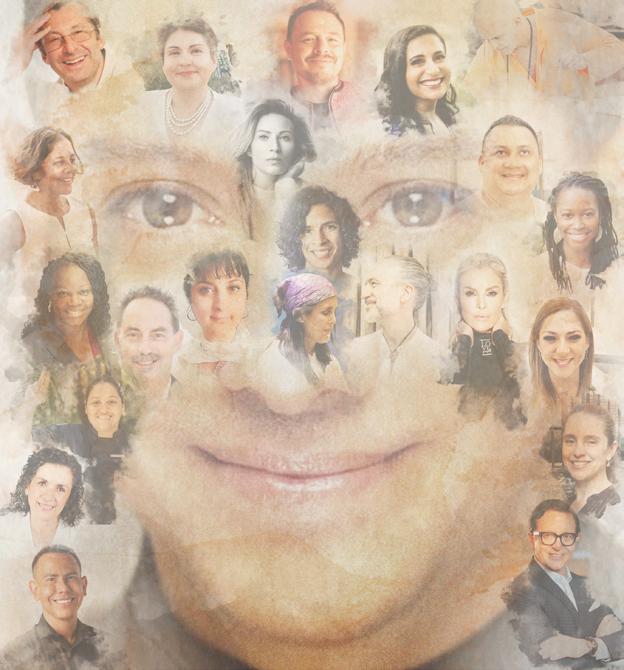
Crystal Carnahan Pag. 98
Desmercantilizar el derecho humano al bienestar.
Crystal Carnahan
102
De-commodifying the human right to wellbeing
26
Es una necesidad humana
El bienestar no es una tendencia: Wellness is not a trend:
It’s a human need WELNE$$: WELNE$$:
29
GOWELL MAG ES UNA PUBLICACIÓN DE GOWELL®. REVISTA TRIMESTRAL, AÑO 2, NO 5, JULIO 2025 LAS OPINIONES EXPRESADAS POR LOS AUTORES NO NECESARIAMENTE REFLEJAN LA POSTURA DEL EDITOR DE LA PUBLICACIÓN. QUEDA ESTRICTAMENTE PROHIBIDA LA REPRODUCCIÓN PARCIAL O TOTAL DE LOS CONTENIDOS E IMÁGENES DE LA PUBLICACIÓN SIN PREVIA AUTORIZACIÓN DE GOWELL®.
GOWELL MAG IS A PUBLICATION OF GOWELL®. QUARTERLY MAGAZINE, YEAR 2, NO 5, JULY 2025. THE OPINIONS EXPRESSED BY THE AUTHORS DO NOT NECESSARILY REFLECT THE POSITION OF THE PUBLISHER OF THE PUBLICATION. THE PARTIAL OR TOTAL REPRODUCTION OF THE CONTENTS AND IMAGES OF THE PUBLICATION WITHOUT PRIOR AUTHORIZATION FROM GOWELL® IS STRICTLY PROHIBITED.
Editorial
Bienestar para Todos: El Poder de la Inclusividad
Hace un año nació GoWellMag como una brújula para quienes creemos que el bienestar no es una tendencia, sino una necesidad humana. Hoy, al cumplir nuestro primer aniversario, celebramos no solo el camino recorrido, sino también a la comunidad que lo ha hecho posible. Gracias por caminar con nosotros.
Esta edición, Bienestar para Todos: El Poder de la Inclusividad, eleva las voces de quienes están transformando el panorama del bienestar. Durante demasiado tiempo, el bienestar se ha presentado como un lujo reservado para unos pocos: imágenes curadas, servicios exclusivos y narrativas que han dejado fuera a muchos. Sin embargo, mientras la economía del bienestar crece como pocas otras, hay pioneros que están desmantelando estereotipos, eliminando barreras y abriendo espacio para todos.
Creemos que es posible construir negocios prósperos mientras se prioriza el acceso, la equidad y el sentido de pertenencia. El bienestar no es caridad: es justicia. No es un privilegio: es un derecho.
Que esta edición te inspire a ser parte de un ecosistema de bienestar donde todos los cuerpos, voces, culturas e historias tengan un lugar.
El bienestar que merecemos comienza hoy. Contigo.

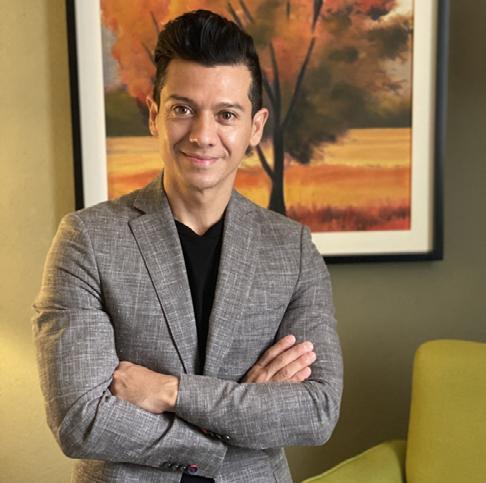
Wellness for All: The Power of Inclusivity
One year ago, GoWellMag was born as a compass for those who believe wellness is more than a trend — it is a human necessity. Today, as we celebrate our first anniversary, we honor not only the journey but the community that has made it possible. Thank you for walking alongside us.
This edition, Wellness for All: The Power of Inclusivity, elevates the voices of those who are reshaping the wellness landscape. For too long, wellness has been portrayed as a luxury reserved for the few — curated images, exclusive services, and narrow narratives that left many out. Yet while the wellness economy grows stronger than ever, there are pioneers dismantling stereotypes, removing barriers, and making space for everyone.
We believe it’s possible to build thriving businesses while centering access, equity, and belonging. Wellness is not about charity — it’s about justice. It is not a privilege — it is a right.
May this edition inspire you to help build a wellness ecosystem where all bodies, voices, cultures, and stories belong.
The wellness we all deserve begins today. With you.

– Fran Lugo
– Fran Lugo
La Travesía The Journey Verano 2025
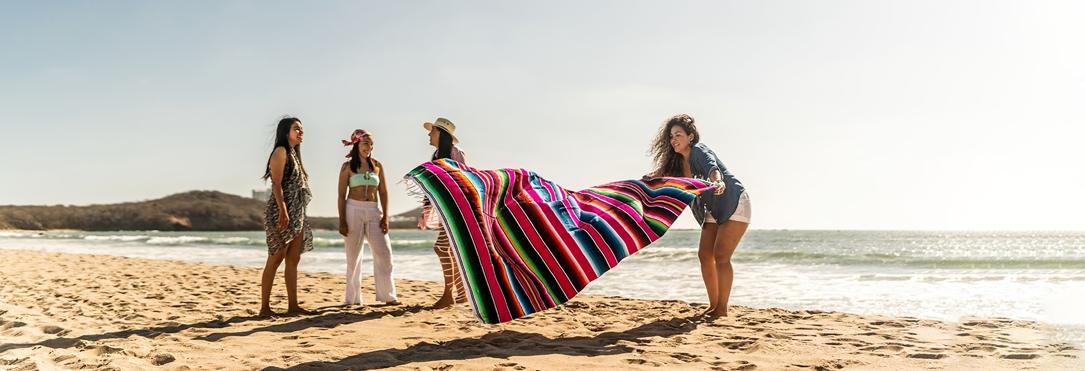
Pulso del Bienestar Wellness Pulse
(Re)definiendo el bienestar: ¿Para quién es realmente?
(Re)defining wellness: who is it really for?
Krishnamacharya: El revolucionario que abrió el yoga a las mujeres
Krishnamacharya: The revolutionary who opened yoga to women
Bienestar sin fronteras: Una llamada global a la democratización del wellness
Wellness without borders: A global call to democratize wellbeing
El bienestar no es una tendencia: Es una necesidad humana Wellness is not a trend: It’s a
Cuidado Mental Mind Matters
Más allá de la accesibilidad: Hacia una hospitalidad realmente inclusiva
Beyond accessibility: Toward truly inclusive hospitality
Bienestar universal: Un derecho para cada mente y cada vida
Universal wellness: A right for every mind and every life
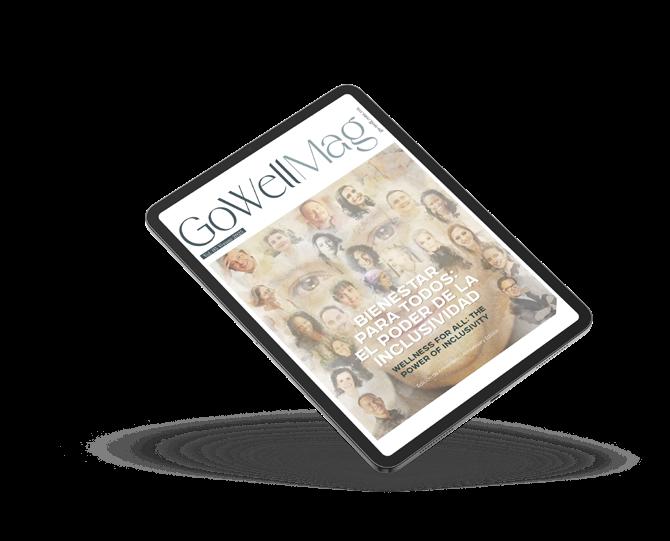
El bienestar le pertenece a todos Wellness belongs to everyone
El sonido que abraza a todos The sound that
FACE SPAce: El futuro del cuidado facial se democratiza desde Paradisus La Perla
FACE SPAce: The future of skincare becomes more inclusive from Paradisus La Perla
En Forma y Fabuloso
Fit & Fabulous
Desde adentro: Cuando el bienestar comienza con quien lo hace posible
Wellness from within: When hospitality begins by caring for the caregivers
Del wellness al awareness: La evolución hacia la singularidad interior
From wellness to awareness: The evolution toward inner singularity
Peso saludable vs. estándares estéticos: Una visión integral del bienestar.
Healthy weight vs. aesthetic standards: An integrated vision of wellbeing
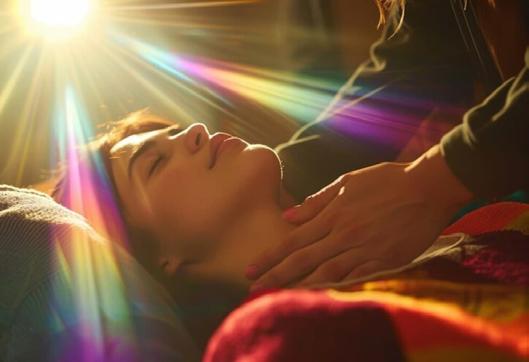

Horizontes Curativos
Healing Horizons
La frecuencia del pertenecer The frequency of belonging
El futuro de la longevidad: De lujo aspiracional al bienestar para todos
The future of longevity: From aspirational luxury to accessible wellness
WELNE$$: Desmercantilizar el derecho humano al bienestar.
WELNE$$: De-commodifying the human right to wellbeing
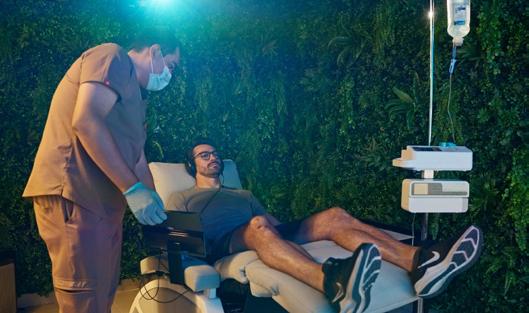
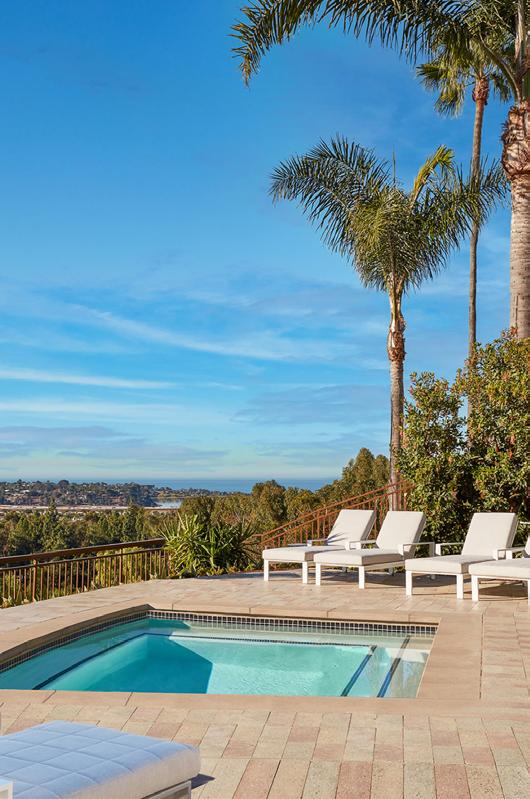
Viajes del Bienestar Wellnes Journeys
Los sentidos recuerdan: Una estancia con alma en 124 on Queen
The senses remember: a soulful stay at 124 on Queen
La tranquilidad del desierto, despierta en ti: The Phoenician, Scottsdale
Desert tranquility, awakened within: The Phoenician, Scottsdale
Donde el equilibrio toca la orilla: Park Hyatt Aviara, Carlsbad
Where balance finds its shore: Park Hyatt Aviara, Carlsbad
The Lodge at Woodloch: Un viaje de regreso a ti
The Lodge at Woodloch: A journey back to you
La Cantera Resort & Spa: Una travesía al alma del Hill Country
La Cantera Resort & Spa: A soulful journey into the Heart of Hill Country
Rostros del Bienestar Faces of Wellness
Colaboradores Collaborations
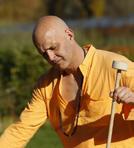
David Turienzo
Es un terapeuta que ha construido un puente sonoro entre Oriente y Occidente. Is a therapist who has built a sonic bridge between East and West.
Especialista certificado en terapias con cuencos tibetanos por el Peter Hess Institut (Alemania y España) y la Universidad Steinbeis de Berlín, cuenta con más de 10 años de experiencia en spas, hoteles de lujo y centros de bienestar. A través del sonido y la vibración, ayuda a transformar el estrés en equilibrio interior. Su enfoque combina sabiduría ancestral y sensibilidad contemporánea, creando espacios de calma profunda y reconexión emocional. Certified in Tibetan bowl therapy by the Peter Hess Institute (Germany and Spain) and Steinbeis University in Berlin, he brings over 10 years of experience in luxury spas, hotels, and wellness centers. Through sound and vibration, he helps people transform stress into inner balance. His approach blends ancient wisdom with modern sensitivity, creating spaces of deep calm and emotional reconnection.
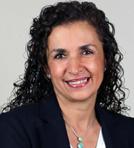
Adriana Reid
Es CEO de Be2Be-Coaching y creadora de la metodología Human Software Reprogramming™. Is the CEO of Be2Be-Coaching and creator of the Human Software Reprogramming™ methodology.
Trabaja junto a líderes de hospitalidad y bienestar para construir culturas emocionalmente sostenibles, desde
los equipos operativos hasta los niveles directivos. Es conferencista, autora y una voz reconocida en el desarrollo de liderazgo consciente. Su enfoque integra bienestar, autoconocimiento y alto rendimiento humano.
She partners with wellness and hospitality leaders to build emotionally sustainable, high-performance cultures—from the frontlines to the boardroom. A speaker, author, and advocate of conscious leadership, she bridges wellbeing, selfawareness, and human performance in every level of the organization.

Barbara den Bak
Es una emprendedora creativa con una sólida trayectoria en el diseño de marcas de bienestar que inspiran, conectan y perduran.
A creative entrepreneur with a proven track record of launching wellness brands that inspire, connect, and thrive.
Fundadora de iniciativas como The Bootcamp Club, High Studios y ahora Kaer, ha hecho de la conexión humana y el crecimiento personal su norte.
As the founder of The Bootcamp Club, High Studios, and now Kaer, she brings human connection and purposeful growth to the center of every venture.

Vanessa Álvarez Pelayo
Es fundadora de Love Yourself by Vane A. Pelayo, una marca mexicana de skincare natural con impacto social. Is the founder of Love Yourself by Vane A. Pelayo, a Mexican natural skincare brand with social impact.
Su línea combina bienestar corporal, amor propio y reinserción social, a través de productos hechos con intención y una Gua Sha tallada por reclusos en Mazatlán. Her line blends body wellness, self-love, and reintegration through purposedriven products, including a Gua Sha carved by inmates in Mazatlán.
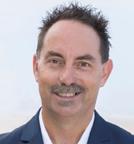
Ian Jeffery
Director Ejecutivo de Bali Soul Wellness y Soulutions2, con más de 40 años de experiencia en medios, estrategia de negocios y liderazgo internacional. Executive Director of Bali Soul Wellness and Soulutions2, with over 40 years of experience in media, business strategy, and global leadership.
Su filosofía es clara: el servicio es la clave. Ha transformado negocios en Australia y el extranjero, liderando equipos hacia la rentabilidad y el impacto positivo. His core belief—“service is the key”—has guided him in turning struggling ventures into profitable, purpose-driven brands.
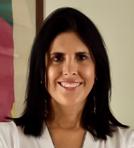
Ana Paula Domínguez
Fundadora del Instituto Mexicano de Yoga y creadora de eventos como el Encuentro Nacional de Yoga. Founder of the Mexican Institute of Yoga and creator of events like the National Yoga Encounter.
Autora y consultora en estrategias digitales para marcas internacionales. Author and consultant in digital strategies for international brands.
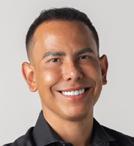
Luis Ramírez
Director de Spa & Wellness en Meliá Hotels International – México. Spa & Wellness Director at Meliá Hotels International – Mexico.
Apasionado del bienestar como estilo de vida y referente en la industria del spa, ha liderado proyectos innovadores que combinan inclusión, rentabilidad y propósito. Su enfoque se centra en el desarrollo de equipos diversos y entornos donde el bienestar florece desde adentro.
A wellness lifestyle advocate and industry leader, he has spearheaded purposedriven projects that blend inclusion, business growth, and impact. His approach centers on building diverse teams and cultivating wellbeing from within.
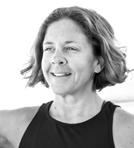
Crystal Carnahan
Es una Regenerative Practitioner y fundadora de Zenfully Aware, donde acompaña a mujeres en procesos de divorcio a través de viajes transformadores.
Is a Regenerative Practitioner and founder of Zenfully Aware, where she guides women through transformative divorce journeys using healing travel.
Su método ARISE integra mindfulness, sanación somática y turismo regenerativo, ayudándolas a convertir la ruptura en un portal de reinvención personal y sanación integral.
Her ARISE Method blends mindfulness, somatic healing, and regenerative tourism, empowering them to turn separation into a portal for reinvention and wholistic healing.
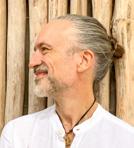
Raul Petraglia
Es consultor en hospitalidad y maestro de yoga.
Is a hospitality consultant and yoga teacher
Fue cocreador del concepto ME by Meliá y lideró el diseño del Hotel Xcaret México. Tras una transformación personal, fundó BREATH?, un programa que combina neurociencia y yoga para el manejo del estrés.
He co-created ME by Meliá and led the design of Hotel Xcaret México. After a personal transformation, he founded BREATH?, a program blending neuroscience and yoga for stress management.
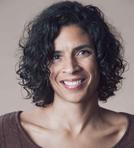
Annemarie Shrouder
Es conferencista internacional, consultora y autora bestseller del libro Being Brown in a Black and White World.
Is an international speaker, consultant, and bestselling author of Being Brown in a Black and White World.
Con más de 20 años de experiencia en equidad e inclusión, acompaña a líderes, organizaciones y organizadores de eventos a crear entornos donde las personas se sientan vistas, valoradas y conectadas. With over 20 years of experience in equity and inclusion, she helps leaders, organizations, and event organizers build environments where people feel seen, valued, and connected.
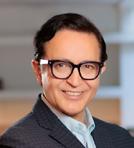
Dr. Alfredo Carvajal
Es CEO de Lonvida y cofundador de Genetria.
Is CEO of Lonvida and cofounder of Genetria.
Con más de 30 años en hospitalidad y bienestar, lidera la transformación de la salud preventiva con inteligencia artificial y medicina regenerativa.
Is CEO of Lonvida and co-founder of Genetria. With 30+ years in hospitality and wellness, he leads the shift toward proactive healthcare using AI and regenerative medicine.
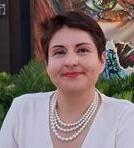
Lizet Esquivel
Es editora global de la sección WOMEN WHO INSPIRE de welum. com y consultora de bienestar, transformando la cultura organizacional a través de planes personalizados.
Is the Global Editor of the WOMEN WHO INSPIRE section at Welum.com and a wellness consultant dedicated to transforming organizational culture through personalized wellbeing strategies.

Experiencia Expertise

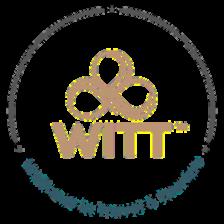

W e l l n e s s t o u r i s m i s a $ 1 . 5 t r i l l i o n i n d u s t r y a n d g r o w i n g .
M o r e t r a v e l e r s a r e s e e k i n g m i n d f u l , r e j u v e n a t i n g e x p e r i e n c e s — a n d y o u
c a n b e t h e i r g u i d e !
E l t u r i s m o d e b i e n e s t a r e s u n a i n d u s t r i a d e $ 1 . 5 b i l l o n e s d e d ó l a r e s y
s i g u e c r e c i e n d o . C a d a v e z m á s v i a j e r o s b u s c a n e x p e r i e n c i a s
c o n s c i e n t e s y r e j u v e n e c e d o r a s — ¡ y t ú p u e d e s s e r s u g u í a !

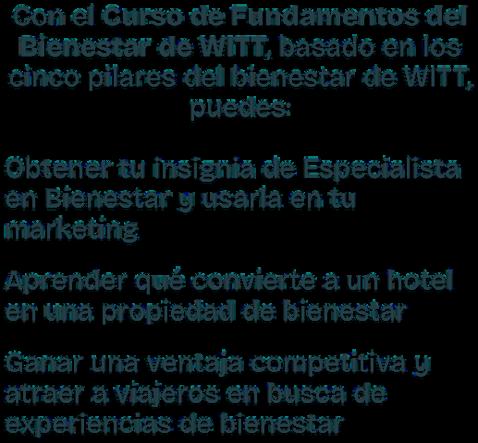
S t a r t y o u r w e l l n e s s j o u r n e y t o d a y !
¡ I n i c i a t u v i a j e d e b i e n e s t a r h o y !
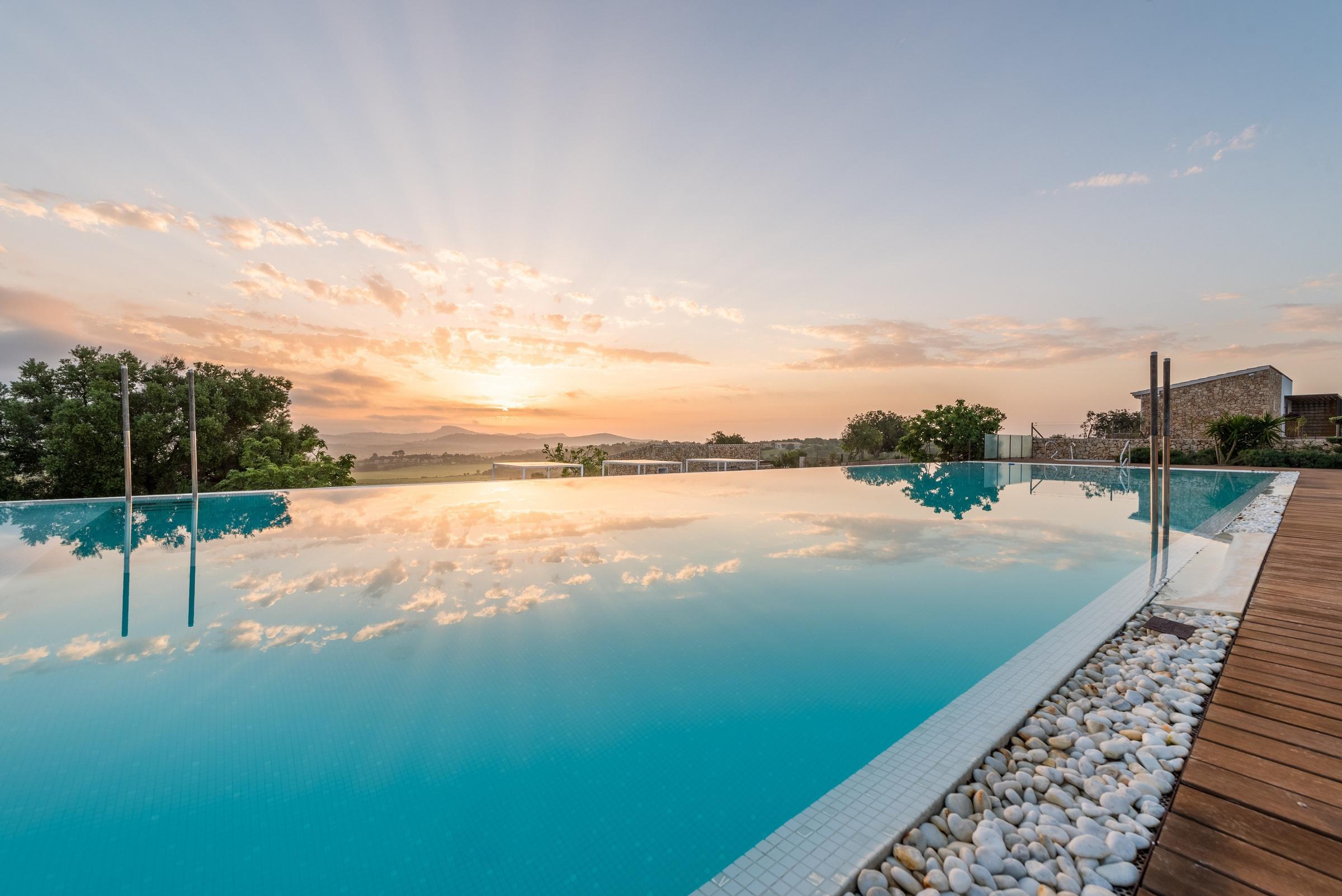
E n r o l l N o w / I n s c r í b e t e A h o r a
P r o m o t i o n a l C o d e / C ó d i g o P r o m o c i o n a l
G o W e l l 2 5



W I T T W e l l n e s s F o u n d a t i o n s C o u r s e
w i t t . l e a r n w o r l d s . c o m | @ w i t t c e r t i f i e d
Pulso del Bienestar
Wellness Pulse
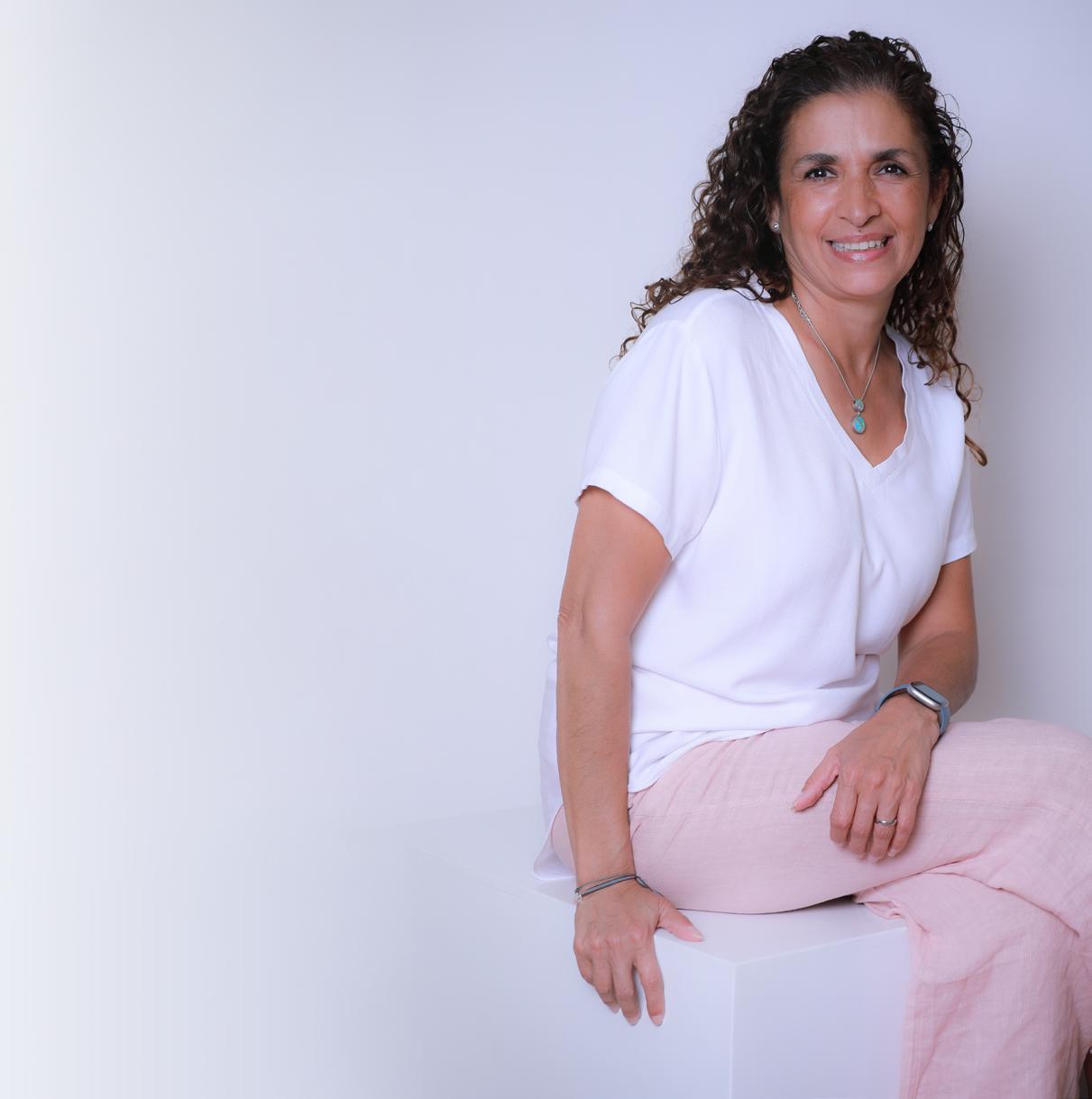
El bienestar ya no es una aspiración exclusiva; es una urgencia colectiva. En esta sección tomamos el pulso a una industria en evolución, cuestionamos su narrativa y escuchamos a quienes están moviendo las fronteras del bienestar hacia una inclusión real. Desde las raíces del yoga con Krishnamacharya hasta una mirada crítica a quién pertenece realmente el wellness, cada artículo es una invitación a repensar.
En tiempos donde el bienestar se comercializa como lujo, reivindicamos su esencia: una necesidad humana. Aquí se abren diálogos, se rompen paradigmas y se traza un nuevo mapa para una cultura de bienestar más equitativa, diversa y consciente.
Wellness is no longer a luxury, it’s a global necessity. In this section, we take the pulse of an industry in flux, questioning its narrative and highlighting those reshaping its borders. From Krishnamacharya’s legacy in yoga to the bold question of who wellness is really for, each story invites reflection.
As wellness becomes increasingly commodified, we return to its core: human need. This is a space for critical dialogue, cultural honesty, and visionary ideas. Together, we explore the possibility of a more inclusive, conscious, and equitable wellness movement.

Annemarie Shrouder , es conferencista, consultora y autora con 20 años de experiencia en inclusión. Ayuda a crear entornos con pertenencia y conexión. Forma parte de la Inclusive Wellness Initiative del Global Wellness Institute. annemarieshrouder.com.


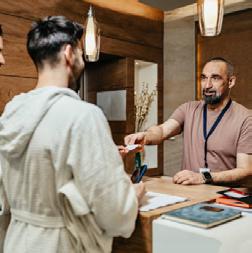
BIENESTAR M O R
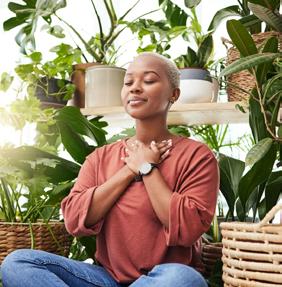
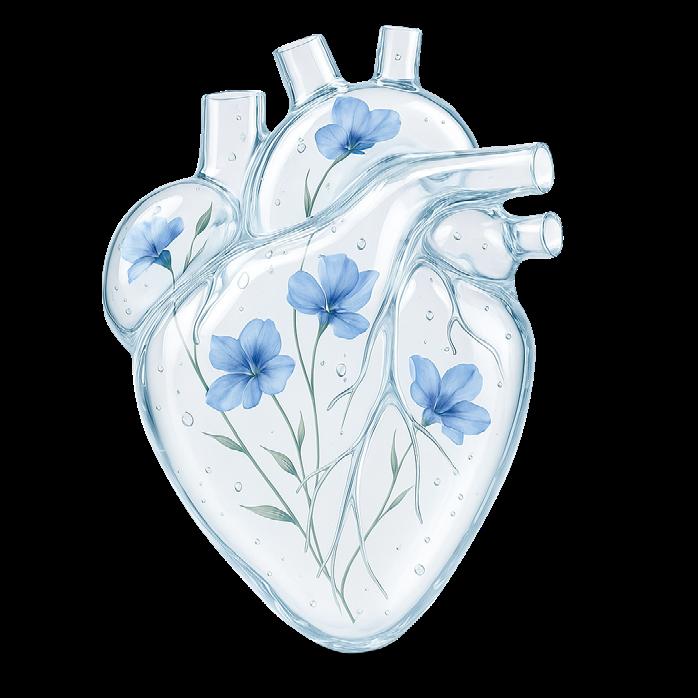
(Re)definiendo el bienestar: ¿Para quién es realmente?
¿Cómo se siente llegar a un lugar diseñado para ayudarte a sentirte bien, y no ser visto?
Tener que imaginar que la promesa que allí se ofrece también es para ti, porque nadie en el folleto, en la página web o en el edificio se parece a ti.
Regalarte una hora o un día de cuidado, pero sin poder relajarte de verdad, porque es evidente que ese espacio no fue creado pensando en ti.
Ser inclusivos va mucho más allá de las imágenes en el marketing o de la sonrisa con la que recibes a tus huéspedes. Es un deseo profundo de cuidar, de reconocer, y de ofrecer a las personas lo que realmente necesitan.



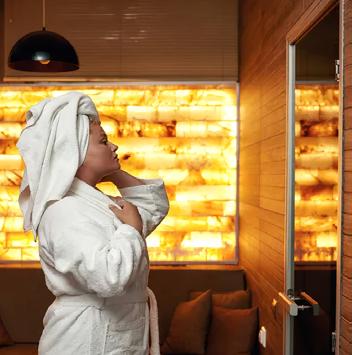
Creo que la esencia del bienestar es el amor. Se nos anima a cuidarnos permitiéndonos ser tratados con dignidad; como si importáramos. Pero el reflejo de quiénes somos en la industria del bienestar –como en tantas otras– no siempre coincide con la persona que se mira en el espejo.



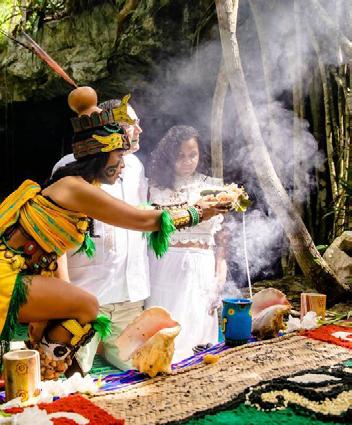

Si la belleza realmente viene del interior, entonces no debería importar qué edad tengo, cuál es mi identidad de género, el color de mi piel o cuánto dinero gano. Debería tener acceso y poder entrar a espacios que ofrecen descanso o renovación como la reina o el rey que soy, y sentirme honrada, acogida y completa.
¿Cómo podemos alentar el autocuidado y al mismo tiempo insinuar que es solo para algunos?
¿Cómo podemos valorar la sabiduría ancestral, pero no a las personas que la llevan en los huesos? A quienes sus Ancestros guiaron hacia esos espacios y tradiciones mucho antes de que el edificio que ahora se alza sobre tierra sagrada siquiera existiera como idea.
Y, sin embargo, lo hacemos.
Prácticas creadas hace mucho para la ceremonia, la sanación, la salud y la conexión con uno mismo y con lo divino se convierten en la nueva moda, promovidas como caminos para reconectar, mientras nos alejamos cada vez más de nuestra conexión con la tierra y entre nosotros. Perdemos por completo la esencia de esa sabiduría ancestral.

Aún hay demasiado poco amor en el mundo, pero no es demasiado tarde.



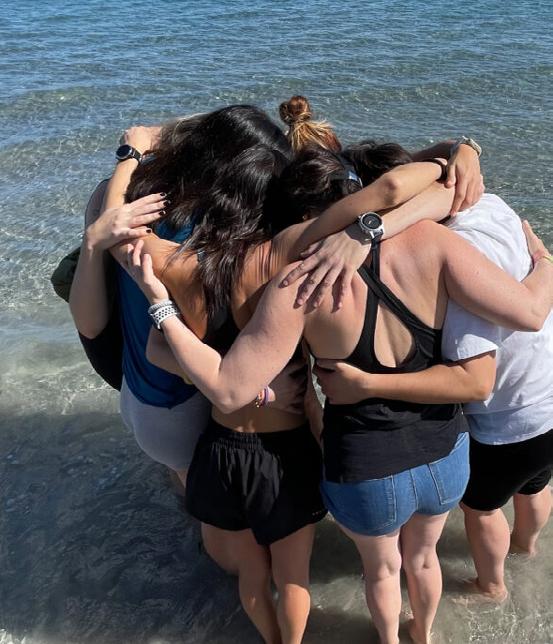
Hace 60 años Jackie DeShannon nos dijo que “Lo que el mundo necesita ahora es amor, dulce amor”, y parece que aún no llegamos allí – seguimos creando cajas y etiquetas para encasillar a las personas, y luego usamos esas mismas etiquetas para excluir a algunas personas y mantener separados el “nosotros” y el “ellos”. El mundo necesita menos cajas y más círculos. Círculos que inviten, que den la bienvenida y permitan que la verdadera magia del bienestar surja al valorar la diversidad de la familia humana en todas sus dimensiones – desde el diseño hasta quienes reciben los servicios.
Si la esencia del bienestar es el amor –una ofrenda de tiempo, espacio y cuidado para descansar, reiniciar y sanar– entonces cómo lo hacemos, qué ofrecemos, quién lo ofrece y para quién lo hacemos son preguntas necesarias si realmente queremos crear espacios donde todas las personas se sientan bienvenidas.
Cuando lo logramos, creamos espacios de bienestar para todos, donde cada quien se siente visto y sabe que la promesa también es para sí, porque lo siente al cruzar la puerta.


Annemarie Shrouder , is a speaker, consultant and author with 20 years of experience in inclusion. She helps create environments with belonging and connection. She is part of the Global Wellness Institute’s Inclusive Wellness Initiative.
annemarieshrouder.com.



WELLNESS O V E
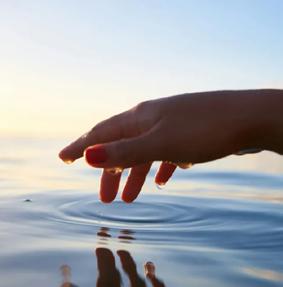

(Re)defining Wellness: who is it really for?
What is it like to arrive in a place designed to help you feel good, and not be seen?
To have to imagine that the promise offered is also meant for you, because no one in the brochure, on the website, or in the building looks like you?
To treat yourself to an hour or day of care, but never having a chance to really relax, because it’s clear that this wasn’t created with you in mind.
Being inclusive is more than marketing images and the smile you greet your guests with. It is a deep desire to care, to acknowledge, and to offer people what they need.
I believe that the essence of wellness is love. We are encouraged to take care of ourselves by letting ourselves be treated well; like we matter. But the reflection of who “we” are in the wellness industry – like in most others –does not always match the individual looking in the mirror.



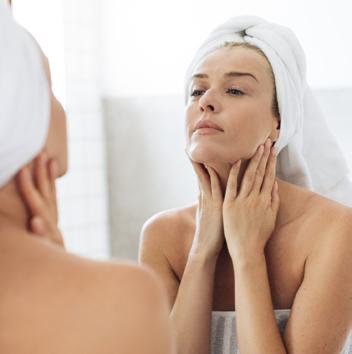



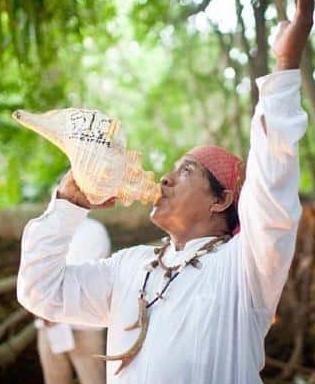

If beauty really is more than skin deep, then it shouldn’t matter how old I am, what my gender identity is, the colour of my skin, or how much money I make. I should have access to, and be able to enter spaces offering a respite or a reset as the king or queen that I am - and feel honoured, held, and whole.
How can we encourage self-care, and suggest it’s only for some?
How can we value ancient wisdom, but not the people who know it in their bones? Whose Ancestors have ushered them into those spaces and traditions long before the building that now sits on sacred land was even an
And yet, we do.
Practices designed long ago for ceremony, healing, health, and connection to self and the divine within become the latest fad, touted to help us reconnect – while we move further and further away from our connection with the land and each other. Missing the point of that ancient wisdom entirely.


There still is too little love in the world, but it’s not too late.


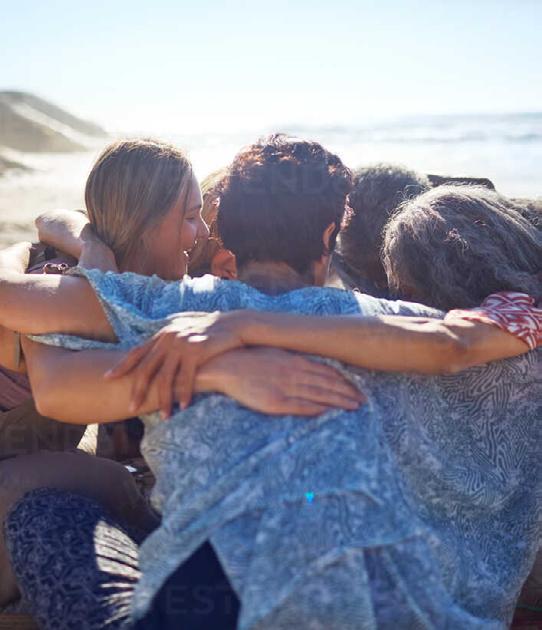
Jackie DeShannon told us 60 years ago that “What the world needs now, is love, sweet love” and it seems we aren’t there yet – creating boxes and labels to put people in and then using them to keep some people out, and “us” separate from “them”. The world needs less boxes and more circles. Circles that invite, welcome, and allow the true magic of wellness through valuing the diversity of the human family in all aspects – from design to client.
There still is too little love in the world, but it’s not too late. If the essence of wellness is love – an offering of time, space, and care to rest, reset, and heal – then how we do it, what we offer, who offers it, and for whom become necessary inquiries in our commitment to create spaces where everyone is welcome. When we do this we create spaces designed for wellness for all – so everyone is seen and knows the promise is for them because they can feel it when they enter the space.

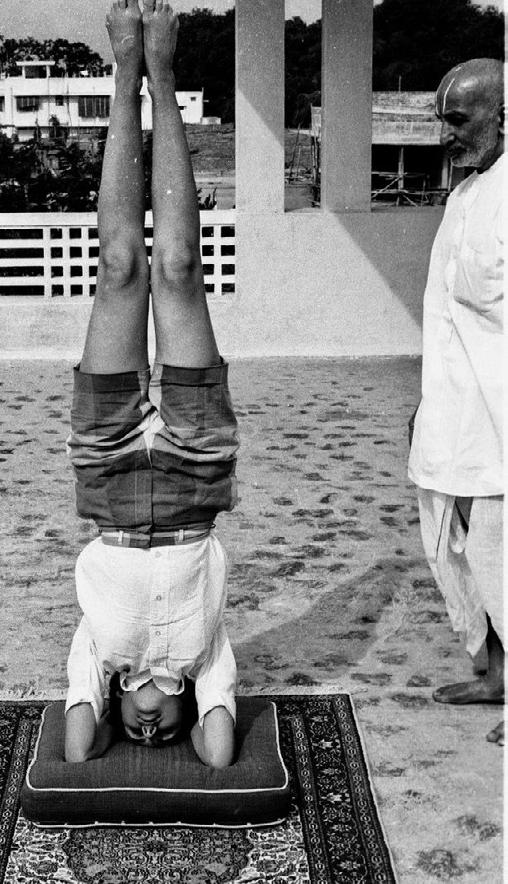
Libbie en Sirsasana (postura), con Krishnamacharya, 1963, Madras (now Chennai), India. © Don Mathes

Raúl Petraglia es consultor en hospitalidad y maestro de yoga. Fue cocreador del concepto ME by Meliá y lideró el diseño del Hotel Xcaret México. Tras una transformación personal, fundó BREATH?, un programa que combina neurociencia y yoga para el manejo del estrés. Es pionero de Heart of Yoga en América Latina y comparte clases en Tulum, Playa del Carmen y festivales como Restaura. A través de Petraglia & Partners asesora proyectos de bienestar integrando autenticidad, inclusión y balance.
Krishnamacharya: El revolucionario que abrió el yoga a las mujeres
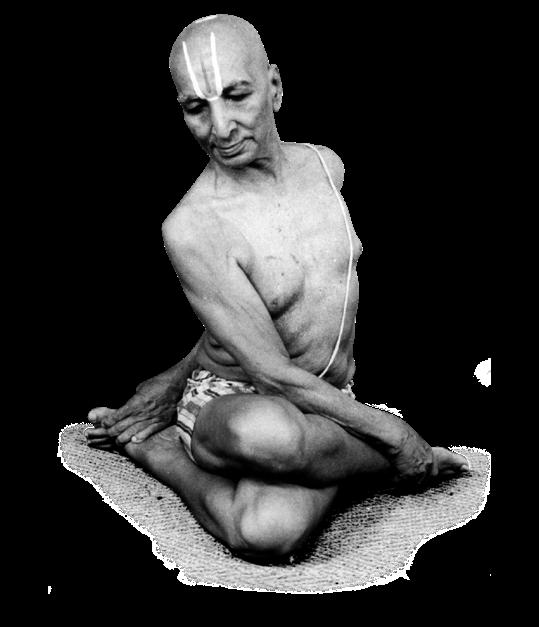
Tirumalai Krishnamacharya
a figura de Sri T. Krishnamacharya (1889-1989) está envuelta en paradojas. Los relatos sobre su carácter son dispares: de un maestro encantador a un hombre severo y machista. Para juzgar su legado, es crucial comprender el contexto social, cultural y político de su tiempo. Lejos de ser un simple transmisor de la ortodoxia, Krishnamacharya fue un erudito de las corrientes filososficas de la India (¿5 PHD’s?) pero también fue un visionario rebelde, convirtiéndose en un punto de inflexión para la inclusión de la mujer en el yoga, tanto para India como para Occidente.
Nacido en una familia brahmán tradicional bajo el Imperio Británico, se crio en una cultura patriarcal donde a las mujeres se les negaba el acceso al yoga. La práctica misma estaba mal vista por el poder colonial, siendo restringida y devaluada. No conforme con este limitado acceso, y tras siete años de estudio con su gurú en el Tíbet, recibió el encargo de difundir el yoga y formar una familia.
Instalado en Mysore bajo el patrocinio del Maharajá, Krishnamacharya comenzó su silenciosa revolución. Causando una enorme conmoción en los círculos ortodoxos, su primera estudiante fue su propia esposa, Namagiriamma. Luego sus hijas, Sri Shubha y Alamelu, y a su nieta, Mekhala, quien continúan enseñando hoy. A sus detractores les refutaba con antiguos textos sagrados que, de hecho, incentivaban la práctica femenina. Él consideraba a la mujer el corazón de la familia y la sociedad, la encarnación de shakti, la fuerza creativa universal.
Trascendiendo su círculo familiar; la historia más famosa es la de Indra Devi, esposa de un diplomático ruso. Inicialmente, Krishnamacharya se negó a enseñarle, posiblemente limitado por su crianza. Sin embargo, a petición del Maharajá, aceptó, no sin antes someterla a un estricto régimen de disciplina y dieta, pruebas que aplicaba a todos sus aspirantes, sin distinción de género. Indra Devi se convirtió en una pionera que llevó el yoga a China, Hollywood y Sudamérica, siempre relatando cómo el Maestro adaptó la práctica a sus capacidades.
Pero Indra Devi no fue la única. Historias documentadas incluyen a Yvonne Millerand de Francia, a Libbie Mathes* de E.E U.U, y a una rica mujer de Nueva Zelanda que, curada de un insomnio crónico, rompió toda norma social al correr a abrazar a su maestro en gratitud. Este evento fue tan impactante que fue el catalizador para que su hijo T.K.V. Desikachar*, conmovido profundamente dejarse su carrera para dedicarse por completo a estudiar y enseñar yoga junto a su padre.
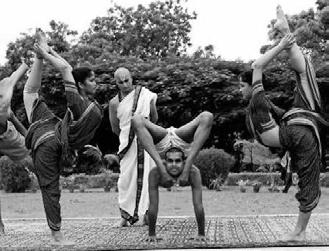
“El Yoga debe adaptarse al individuo, no el individuo al yoga”.
— Sri T. Krishnamacharya
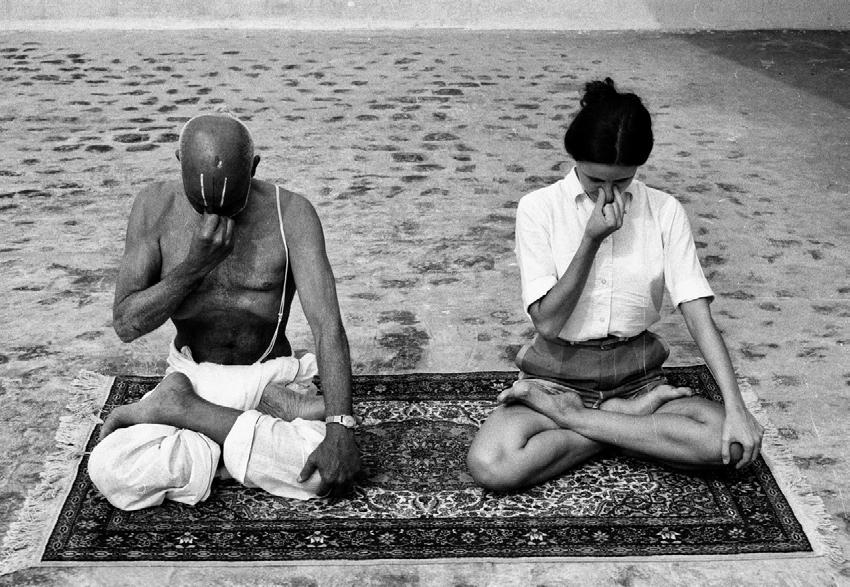
Para el Maestro, el yoga era una herramienta para equilibrar las energías femenina y masculina que todos poseemos. Creía firmemente en la inclusión, enseñando a musulmanes, católicos, ateos y, por supuesto, a mujeres, a quienes consideraba “más confiables que los hombres para sostener la tradición”. Su legado de apertura es evidente en el Krishnamacharya Yoga Mandiram y en la enseñanza inclusivay terapeutica de sus discípulos más conocidos, como su hijo Desikachar, Srivatsa Ramaswami, los Mohan o Mark Whitwell.
Sin duda, Krishnamacharya fue un adelantado a su tiempo. Un erudito anclado en la tradición que, paradójicamente, usó su profundo conocimiento para derribar las barreras que heredó, marcando el camino para que el yoga fuera accesible a todos.

Libbie in Sirsasana (headstand) with Krishnamacharya, 1963, Madras (Now Chennai), India. © Don Matches.

Raúl Petraglia is a hospitality consultant and yoga teacher. He co-created ME by Meliá and led the design of Hotel Xcaret México. After a personal transformation, he founded BREATH?, a program blending neuroscience and yoga for stress management. As a Heart of Yoga pioneer in Latin America, he teaches in Tulum, Playa del Carmen, and at wellness festivals like Restaura. Through Petraglia & Partners, he advises wellness projects, championing authenticity, inclusion, and life balance.
Krishnamacharya: The revolutionary who opened yoga to women

The figure of Sri T. Krishnamacharya (1889–1989) is full of paradoxes. Stories about his character vary widely: some describe him as a charming teacher, others as a stern and even sexist man. To truly understand his legacy, it’s essential to consider the social, cultural, and political context of his time. Far from being a mere transmitter of orthodoxy, Krishnamacharya was a scholar of India’s philosophical traditions (rumored to have five PhDs) and also a rebellious visionary. He became a turning point in the inclusion of women in yoga—both in India and the West.
Born into a traditional Brahmin family under British colonial rule, he was raised in a patriarchal society where women were largely denied access to yoga. At the time, yoga itself was frowned upon by colonial powers—restricted and devalued. Unwilling to accept such limitations, and after seven years of study with his guru in Tibet, he was instructed to spread the teachings of yoga and start a family.
Settled in Mysore under the patronage of the Maharaja, Krishnamacharya began a quiet revolution. Causing great uproar in orthodox circles, his first student was his own wife, Namagiriamma. He later taught his daughters, Sri Shubha and Alamelu, and his granddaughter Mekhala—who continues to teach today. To his critics, he would cite ancient sacred texts that not only permitted but encouraged women’s practice. He considered women to be the heart of family and society, the embodiment of shakti, the universal creative force.
Tirumalai Krishnamacharya
Expanding beyond his family circle, the most well-known story is that of Indra Devi, the wife of a Russian diplomat. Initially, Krishnamacharya refused to teach her—perhaps still bound by his upbringing. However, at the request of the Maharaja, he relented, though not before subjecting her to a strict regimen of discipline and diet—standards he applied to all students, regardless of gender. Indra Devi went on to become a trailblazer, bringing yoga to China, Hollywood, and South America, always emphasizing how her teacher adapted the practice to her specific needs.
But Indra Devi was not the only one. Documented accounts include Yvonne Millerand of France, Libbie Mathes of the U.S., and a wealthy woman from New Zealand who, cured of chronic insomnia, broke social norms by running up to hug her teacher in gratitude. This moment moved his son, T.K.V. Desikachar, so profoundly that he abandoned his engineering career to devote his life to studying and teaching yoga alongside his father.

“Yoga must be adapted to the individual, not the individual to yoga.”
— Sri T. Krishnamacharya

For Krishnamacharya, yoga was a tool to balance the feminine and masculine energies we all carry. He firmly believed in inclusion—teaching Muslims, Catholics, atheists, and of course, women, whom he considered “more trustworthy than men to uphold the tradition.” His legacy of openness lives on through the Krishnamacharya Yoga Mandiram and in the inclusive, therapeutic approaches of his most well-known disciples, including his son Desikachar, Srivatsa Ramaswami, the Mohans, and Mark Whitwell.
Without a doubt, Krishnamacharya was ahead of his time—a scholar rooted in tradition who, paradoxically, used that very knowledge to break through inherited barriers and pave the way for yoga to become accessible to all.

Eduardo Finci, Presidente de la Asociación Americana de Spa. Embajador Emérito para América Latina del World Wellness Weekend. Embajador del World Digital Detox Day
Bienestar sin fronteras: Una llamada global a la democratización del wellness
En los últimos quince años, desde la Asociación Americana de Spa y ahora con la American Wellness Association, he sido testigo y protagonista de la evolución del bienestar: de una industria incipiente a un movimiento global. Hoy, el bienestar forma parte de políticas públicas, conversaciones empresariales y nuevas formas de vida. Sin embargo, no podemos hablar de una verdadera revolución del bienestar mientras siga siendo un privilegio de unos pocos.
Bienestar: ¿una industria de élite?
El bienestar global alcanzó un valor de 6.3 billones de dólares en 2023. Pero detrás de esa cifra impresionante se oculta una verdad incómoda: la desigualdad en el acceso al bienestar es abismal.
El gasto per cápita lo deja claro:
Además, el 68% del gasto global en bienestar se concentra en países de altos ingresos, mientras que solo el 6% ocurre en países de bajos y medianos ingresos.
Y mientras hablamos de salud, alimentación consciente y longevidad, el 42% de la población mundial no puede costear una dieta saludable y más de una cuarta parte consume agua contaminada.
7%+
+1.26
Wellness policy: el bienestar como política pública
El informe Defining Wellness Policy del GWI es claro: el mercado no basta. Democratizar el bienestar exige una transformación estructural, donde las políticas públicas lo integren como un derecho transversal, como parte de la salud, la educación, el urbanismo, el trabajo y la cultura.
No se trata solo de ofrecer servicios, sino de crear entornos habilitantes, donde las personas puedan dormir bien, alimentarse mejor, moverse con seguridad, encontrar sentido en lo que hacen y sentirse parte de una comunidad.
Lanzamiento de la American Wellness Association
Este 22 de junio de 2025, lanzaremos en Buenos Aires la American Wellness Association (AWA), con la misión de fomentar un ecosistema regional de bienestar inclusivo, sostenible y accesible para todos. AWA nace para promover el perfeccionamiento y la capacitación profesional, pero también para incidir en políticas, comunidades y territorios desde una mirada ética, técnica y social.
Desde la American Wellness Association, proponemos una hoja de ruta con cinco acciones urgentes para que el bienestar esté verdaderamente al alcance de todos:
Esto no es solo una brecha de consumo. Es una brecha de oportunidades, de esperanza de vida y de calidad humana. Un estudio del Global Wellness Institute demuestra que cada 900 USD de incremento en gasto per cápita en bienestar se relaciona con un 7% más de felicidad, y 769 USD adicionales equivalen a 1,26 años más de vida.
¿Podemos seguir hablando de wellness como sinónimo de plenitud cuando millones siguen excluidos?
1 3 2 4 5
Democratizar el bienestar: cinco acciones urgentes
Integrar el bienestar en las políticas públicas
Incluir el wellness en planes de salud, educación, urbanismo y trabajo. No como complemento, sino como base preventiva y promotora de salud integral.
Asegurar el acceso gratuito o asequible a prácticas clave
Respaldar con inversión pública y privada iniciativas comunitarias de meditación, actividad física, alimentación saludable, descanso digital y salud mental.
Formar profesionales con visión social
Capacitar terapeutas, coaches, docentes y líderes del bienestar con perspectiva inclusiva, empática y culturalmente contextualizada.
Reforzar el bienestar digital y emocional
Promover el uso consciente de la tecnología y crear espacios de desconexión en escuelas, empresas y familias, especialmente para jóvenes.
Impulsar el bienestar en territorios vulnerables
Llevar programas de wellness a comunidades rurales, barrios populares, pueblos originarios y zonas históricamente excluidas del acceso a servicios de salud integral.
Democratizar el bienestar es dejar de pensar en wellness como un privilegio y empezar a construirlo como un bien común. No basta con crecer como industria. Necesitamos crecer como sociedad. Porque el bienestar no se mide por el lujo, sino por su capacidad de transformar vidas, todas las vidas.
La Asociación Americana de Spa continúa fortaleciendo la práctica profesional, mientras que la American Wellness Association nace para integrar este conocimiento a políticas, territorios y comunidades. Dos caminos, una sola visión: un bienestar sin fronteras.
Democratizar el bienestar no es una tendencia. Es un imperativo. Es construir un modelo donde el wellness deje de ser símbolo de estatus y se convierta en símbolo de humanidad compartida.
El bienestar del futuro será inclusivo, sostenible, colaborativo y universal… o simplemente no será.

Eduardo Finci, President of the American Spa Association, President of the American Wellness Association, Honorary Ambassador for Latin America at World Wellness Weekend. Ambassador for World Digital Detox Day
Wellness without borders: A global call to democratize wellbeing
Over the past fifteen years, first with the American Spa Association and now with the American Wellness Association, I have witnessed and taken part in the evolution of wellness: from a nascent industry to a global movement. Today, wellness is part of public policy, business strategy, and new lifestyles. Yet we cannot speak of a true wellness revolution while it remains a privilege for the few.
Wellness: An industry of the elite?
The global wellness economy reached $6.3 trillion in 2023. But behind that impressive figure lies an uncomfortable truth: access to wellness is deeply unequal.
Per capita spending reveals the disparity:
Furthermore, 68% of global wellness spending takes place in high-income countries, while only 6% occurs in low- and middle-income regions. And while we speak of health, conscious eating, and longevity, 42% of the global population cannot afford a healthy diet, and more than one in four people drink contaminated water.
7%+ +1.26
Wellness Policy: Wellbeing as Public Policy
The Defining Wellness Policy report from the Global Wellness Institute is clear: the market alone is not enough. Democratizing wellness requires structural transformation, where public policy integrates wellness as a cross-cutting right, embedded in health, education, urban planning, work, and culture.
It’s not only about offering services but about creating enabling environments where people can sleep well, eat better, move safely, find purpose in their lives, and feel part of a community.
Launch of the American Wellness Association
On June 22, 2025, we will launch the American Wellness Association (AWA) in Buenos Aires with a mission to foster a regional wellness ecosystem that is inclusive, sustainable, and accessible to all. AWA aims to elevate professional development and training while also influencing policy, communities, and territories with an ethical, technical, and social perspective.
From the AWA, we propose a roadmap of five urgent actions to truly make wellness accessible:
This is not just a consumption gap. It is a gap in opportunity, life expectancy, and human dignity. A Global Wellness Institute study shows that every $900 USD increase in wellness spending per capita correlates with 7% more happiness, and an additional $769 USD equates to 1.26 more years of life.
Can we keep talking about wellness as fulfillment when millions are still excluded?
1 3 2 4 5
Five Urgent Actions to Democratize Wellness
Integrate wellness into public policy
Make wellness part of health, education, urban planning, and labor agendas, not as a luxury, but as a foundational pillar for preventive, holistic health.
Ensure free or affordable access to key practices
Public and private investment must support community-based initiatives for meditation, physical activity, healthy eating, digital rest, and mental health.
Train professionals with a social perspective
Educate therapists, coaches, teachers, and wellness leaders with an inclusive, empathetic, and culturally grounded lens.
Strengthen emotional and digital wellbeing
Promote conscious tech use and create disconnection spaces in schools, companies, and homes, especially for youth.
Expand wellness in vulnerable communities
Bring wellness programs to rural areas, underserved neighborhoods, Indigenous communities, and historically excluded zones.
Democratizing wellness means no longer viewing it as a privilege, but as a shared public good. Growing the industry is not enough; we must grow as a society. Wellness is not measured by luxury, but by its ability to transform lives, all lives.
The American Spa Association continues to strengthen professional practice, while the American Wellness Association emerges to integrate this knowledge into policy, territory, and community. Two paths, one vision: wellness without borders.
Democratizing wellness is not a trend, it is an imperative. It is about building a model where wellness ceases to be a status symbol and becomes a symbol of shared humanity.
The wellness of the future will be inclusive, sustainable, collaborative, and universal… or it simply won’t be.

Adriana Reid, Es CEO de Be2Be-Coaching y creadora de la metodología Human Software Reprogramming™. Trabaja junto a líderes de hospitalidad y bienestar para construir culturas emocionalmente sostenibles, desde los equipos operativos hasta los niveles directivos. Es conferencista, autora y una voz reconocida en el desarrollo de liderazgo consciente. Su enfoque integra bienestar, autoconocimiento y alto rendimiento humano.
El bienestar no es una tendencia: Es una necesidad humana
En un mundo saturado de marcas de bienestar, jugos verdes y paquetes de spa de lujo, es fácil confundir el bienestar con un producto. Pero el bienestar no es una tendencia: es una necesidad humana. Si queremos honrar el tema de esta edición —“Bienestar para Todos: El Poder de la Inclusividad”— debemos ir más allá de la estética y la mercadotecnia. Debemos hacernos una pregunta esencial:
¿Cómo se vería un proyecto de hospitalidad si el bienestar no fuera una marca, sino una forma de ser?
Para responder, primero debemos aprender a observar.
El verdadero bienestar es integral e integrativo. Nos invita a ver al ser humano no como un conjunto de piezas rotas por arreglar, sino como un sistema interconectado: emocional, físico, mental, espiritual y social. Reconoce que la calidad de nuestras experiencias externas depende del estado de nuestro mundo interno.
Cuando el bienestar se convierte en cultura, el cambio no comienza con aromas ni salas de meditación. Comienza con los líderes. Con la energía que fluye en los equipos. Con espacios seguros para la autorreflexión y el desarrollo emocional.
Todo empieza con una pregunta poderosa:
¿Cómo nos tratamos cuando nadie nos ve?
Cuando la inclusión trasciende el acceso y se convierte en resonancia, la hospitalidad se transforma desde la raíz. Un equipo que ha sanado su mundo interno no solo atiende: se vincula. Así, el diseño de la experiencia del huésped nace de adentro hacia afuera. No se trata únicamente de comodidad, sino de coherencia.





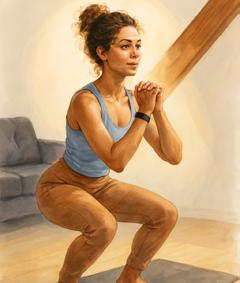









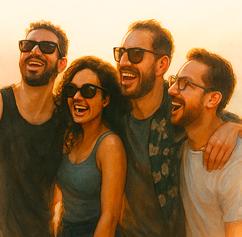
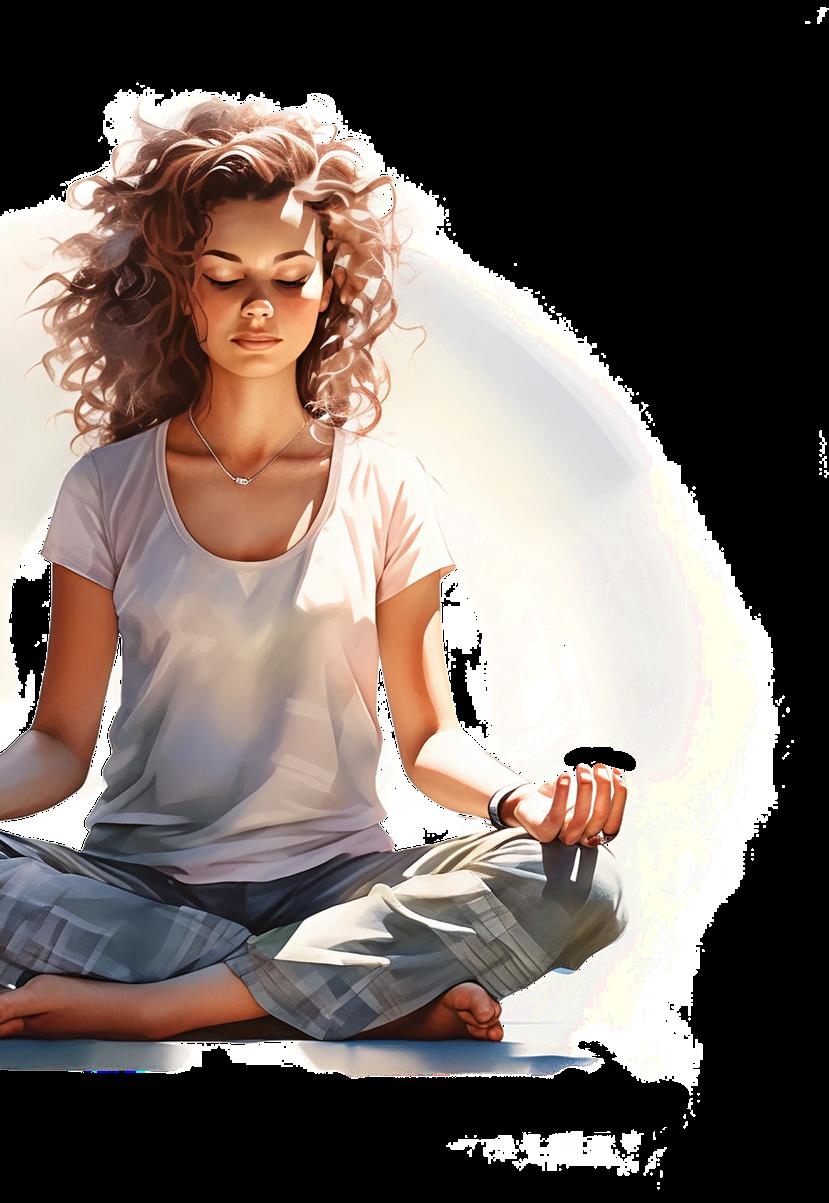
En este paradigma, el bienestar no es una lista de tareas. Es un sistema vivo. Se expresa en el lenguaje, en la comida que servimos, en cómo resolvemos conflictos y cómo abrazamos la diversidad —no como una cuota, sino como una riqueza humana.
“Sé tú para ser tú”: una filosofía que invita a decodificar nuestras narrativas internas, transformar creencias limitantes y reconectar con nuestro propósito.”
— Be2Be-Coaching
La inclusividad no se impone: se cultiva.
Cuando el bienestar se convierte en cultura, la inclusión deja de ser una estrategia añadida: ocurre de forma natural. Porque cuando las personas están bien consigo mismas, pueden ver al otro con claridad. Escuchan con presencia. Ejercen su liderazgo desde la compasión—comprensión con amor.
Y entonces, reciben con la misma apertura al viajero frecuente que al huésped con movilidad reducida, al colaborador introvertido, al adulto mayor que viaja solo o al emprendedor agotado que busca silencio más que lujo.
Este enfoque implica cuestionar el modelo tradicional de hospitalidad, donde los comentarios que no encajan con la planeación anual son descartados.
Imaginemos en su lugar entornos diseñados intencionalmente para la seguridad emocional, la escucha activa y la expresión auténtica. Donde las guías de meditación multilingües son tan comunes como los menús. Con rituales de bienvenida que arraigan la experiencia. Donde el personal no solo proporciona un excelente servicio, también resonancia emocional.
La ciencia del liderazgo interior consciente
Para evolucionar hacia una hospitalidad verdaderamente inclusiva, necesitamos desarrollar una nueva competencia: el liderazgo interior consciente.
En este nuevo paradigma, la responsabilidad emocional ya no es un valor agregado—es una necesidad operativa. Implica reconocer nuestra programación subconsciente, observar nuestras reacciones automáticas y cultivar la capacidad de responder desde nuestros valores más profundos.
“La calidad del servicio externo comienza con la alineación interna del líder.”
Este tipo de liderazgo permite a las personas “cacharse” cuando operan desde el miedo, la prisa o el control, y hacer una pausa consciente para actuar desde la presencia, la empatía y la claridad.
Porque el bienestar no debe enseñarse solamente: debe modelarse.
Una hospitalidad centrada en el bienestar integral se convierte en catalizador: los huéspedes no solo llegan, se transforman. El equipo no solo trabaja, evoluciona. Las comunidades no solo coexisten, co-crean. No ofrecemos escape—cultivamos la reconexión consciente.
Un espacio de hospitalidad basado en bienestar reconoce que lo personal y lo profesional no están separados. Que las emociones no se dejan en casa al llegar al trabajo. Y que liderar no es controlar —es sostener.
El camino hacia la transformación real comienza cuando dejamos de representar el

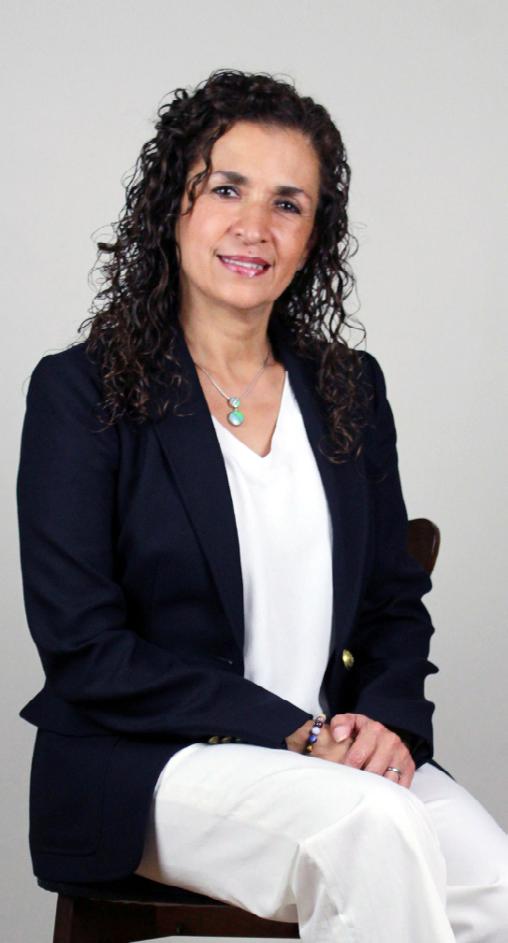
Porque al final del día, la verdadera hospitalidad no se trata de impresionar. Se trata de la experiencia humana.
Y solo podemos cuidar la experiencia del otro en la medida en que somos capaces de cuidar la nuestra.
“El software humano —esa red invisible de emociones, creencias y hábitos— es el sistema operativo de toda organización.”
Adriana Reid | CEO Be2Be-Coaching

Adriana
Reid, Es CEO de Be2Be-Coaching y creadora de la metodología Human Software Reprogramming™. Trabaja junto a líderes de hospitalidad y bienestar para construir culturas emocionalmente sostenibles, desde los equipos operativos hasta los niveles directivos. Es conferencista, autora y una voz reconocida en el desarrollo de liderazgo consciente. Su enfoque integra bienestar, autoconocimiento y alto rendimiento humano.
Wellness is not a trend: It’s a human need
In a world saturated with wellness brands, green juices, and luxury spa packages, it’s easy to confuse wellness with a product. But wellness is not a trend—it’s a human need.
If we truly want to honor the theme of this edition —”Wellness for All: The Power of Inclusivity”— we must go beyond aesthetics and marketing. We must ask one essential question:
What would a hospitality project look like if wellness weren’t a brand, but a way of being?
To answer this, we must first learn to observe.
True wellness is both integral and integrative. It invites us to see the human being not as a set of broken parts to fix, but as an interconnected system: emotional, physical, mental, spiritual, and social. It recognizes that the quality of our external experiences depends on the state of our internal world. When wellness becomes culture, change doesn’t begin with aromas or meditation rooms. It begins with leaders. With the energy that flows within teams. With safe spaces for self-reflection and emotional development.
It all starts with a powerful question: How do we treat ourselves when no one is watching?
When inclusivity goes beyond access and becomes resonance, the hospitality experience transforms at its root. A team that has healed its inner world doesn’t just serve: it connects. In this sense, guest experience design is born from the inside out. It’s not only about comfort, but about coherence. In this paradigm, wellness is not a checklist. It is a living system. It is expressed in the language we use, in the food we serve, in how we resolve conflicts and embrace diversity—not as a quota, but as human richness.
















Inclusivity cannot be imposed—it must be cultivated. When wellness becomes culture, inclusion stops being an added strategy: it happens naturally. Because when people are well within themselves, they can see others clearly. They listen with presence. They lead from compassion—love with understanding.
“Be you to become you”: a philosophy that invites us to decode our internal narratives, transform limiting beliefs, and reconnect with our purpose.
— Be2Be-Coaching
And so, they welcome the frequent traveler as openly as the guest with reduced mobility, the introverted team member, the older adult traveling alone, or the exhausted entrepreneur seeking silence rather than luxury.
This approach means questioning the traditional hospitality model, where feedback that doesn’t fit the annual plan is discarded.
Instead, let’s imagine environments intentionally designed for emotional safety, active listening, and authentic expression. Where multilingual meditation guides are as common as menus. With welcome rituals that root the experience. Where staff not only deliver excellent service—they offer emotional resonance.
The science of conscious inner leadership
To evolve toward truly inclusive hospitality, we need to develop a new kind of skill: conscious inner leadership.
In this new paradigm, emotional responsibility is no longer a value-add—it’s an operational necessity. It involves recognizing our subconscious programming, observing our automatic reactions, and cultivating the internal space to respond from our deepest values.
This kind of leadership allows people to “catch themselves” when they’re operating from fear, urgency, or control—and to make a conscious pause to act from presence, empathy, and clarity. Because wellness shouldn’t only be taught—it must be modeled.
Hospitality rooted in integral wellness becomes a catalyst: guests don’t just arrive—they transform. Teams don’t just work—they evolve. Communities don’t just coexist—they co-create. We’re
“External service quality begins with the leader’s internal alignment.”
not offering escape—we’re cultivating conscious reconnection.
A wellness-based hospitality space recognizes that the personal and the professional are not separate. That emotions are not left at home when we show up for work. And that to lead is not to control—it is to hold.
The path to real transformation begins when we stop performing wellness… and start living it.
Because at the end of the day, true hospitality is not about impressing.
It’s about the human experience. And we can only care for someone else’s experience to the extent that we’re capable of caring for our own.
Because at the end of the day, true hospitality is not about impressing.

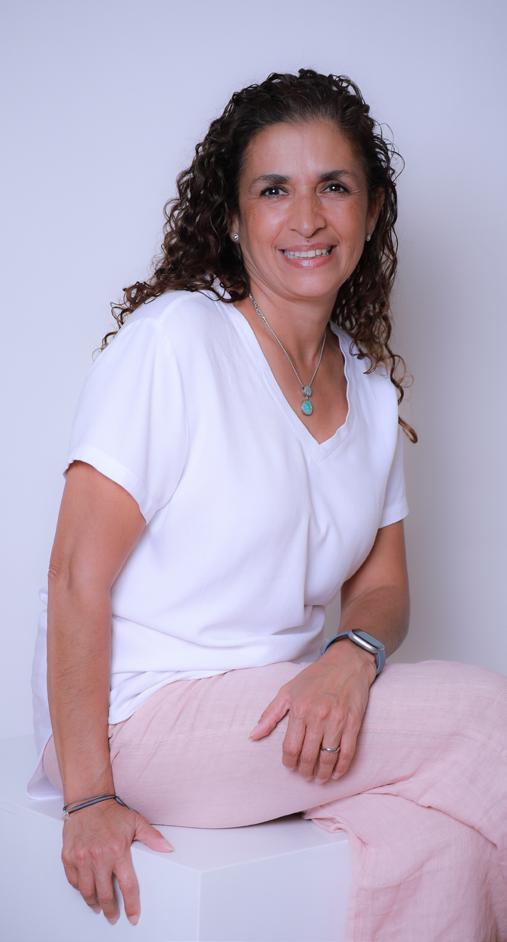
“The human software— that invisible web of emotions, beliefs, and habits—is the operating system of every organization.”
Adriana Reid | CEO Be2Be-Coaching
¡COMIENZA AHORA!
Aprende a tu ritmo | Conecta con expertos | Lidera con propósito.

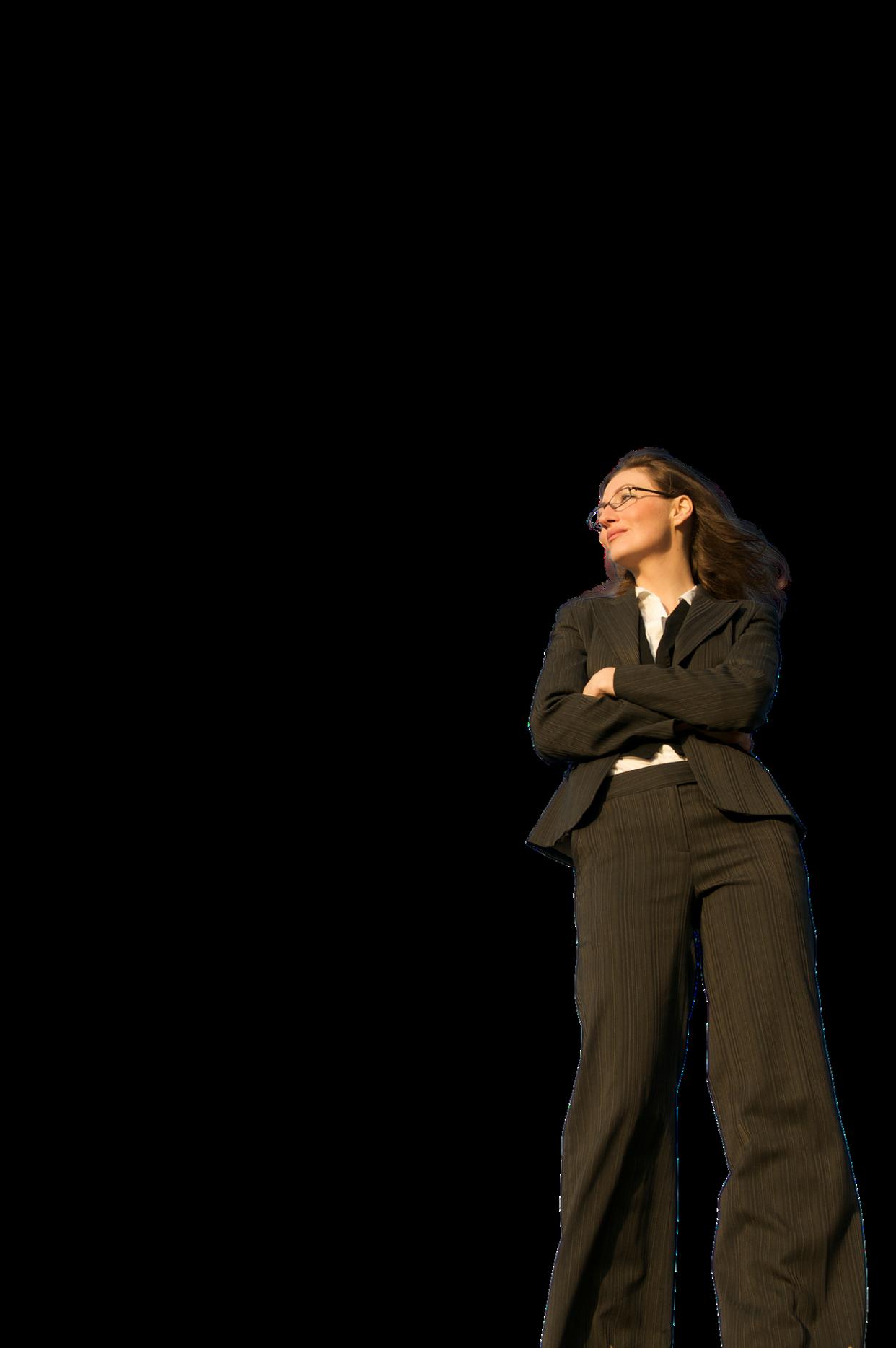
Cuidado Mental Mind Matters
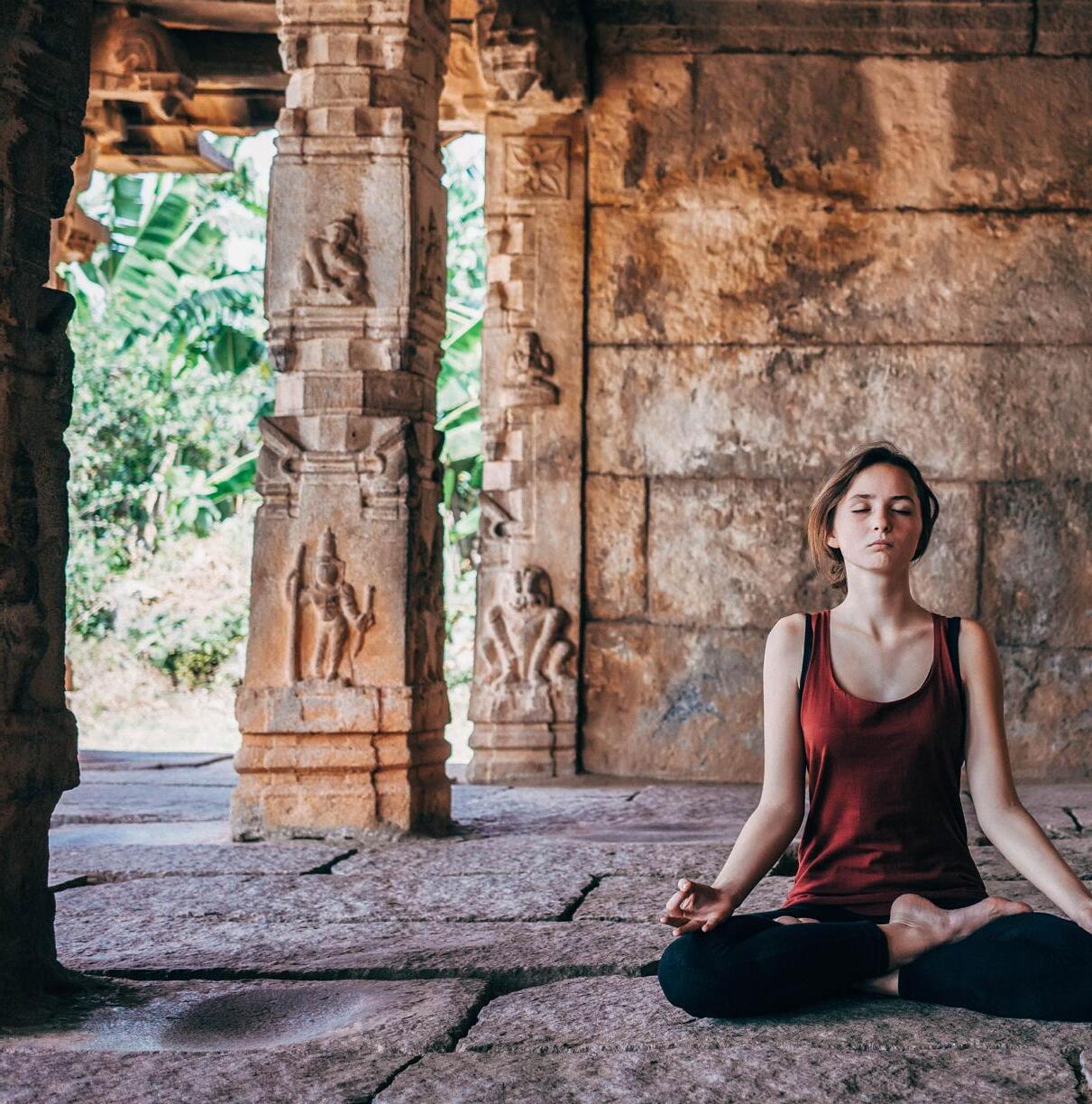
El cuidado mental es la base silenciosa de todo bienestar auténtico. En esta edición, exploramos una dimensión profunda y urgente: la inclusión como acto de salud mental colectiva. Desde la necesidad de redefinir quién tiene acceso al bienestar, hasta la urgencia de construir entornos verdaderamente hospitalarios y humanos, esta sección revela cómo el bienestar empieza en la mente, pero no termina allí.
Cada artículo nos invita a repensar| el diseño de nuestras experiencias y políticas para que nadie quede fuera. Porque si el bienestar no es para todos, no es bienestar. Aquí honramos la mente como territorio de equidad, empatía y transformación.
Mental well-being is the quiet foundation of true wellness. In this edition, we explore an urgent and vital theme: inclusion as a collective mental health imperative. From redefining access to wellness, to building genuinely hospitable environments, this section reminds us that wellness begins in the mind—but must extend far beyond.
Each article challenges us to redesign experiences, spaces, and systems to ensure no one is left behind. Because if wellness isn’t for everyone, it isn’t wellness. Here, we honor the mind as a space for equity, empathy, and transformation.
Un derecho para cada mente y cada vida Bienestar universal:
El bienestar que todos merecemos
Imagina esto: un programa corporativo de bienestar donde los empleados no tengan que elegir entre ser auténticos y ser aceptados. Un estudio de yoga donde las imágenes, el lenguaje y las prácticas reflejen la diversidad de cuerpos y orígenes que cruzan sus puertas. Un espacio de salud mental donde la sabiduría sanadora tradicional conviva con la terapia basada en evidencia, creando un espacio para que cada persona transite su camino único hacia la plenitud.
Ese es el futuro que estamos construyendo a través de la Iniciativa de Bienestar Inclusivo.
Durante demasiado tiempo, el bienestar se ha definido desde la exclusión. Hemos creado espacios que sirven a unos mientras dejan a otros buscando un sentido de pertenencia. Hemos amplificado ciertas voces mientras ignoramos otras cuya sabiduría se ha transmitido por generaciones. Hemos convertido el bienestar en un lujo, cuando en realidad es un derecho de nacimiento.
Pero la transformación ya está en marcha. En distintas comunidades, somos testigos de una
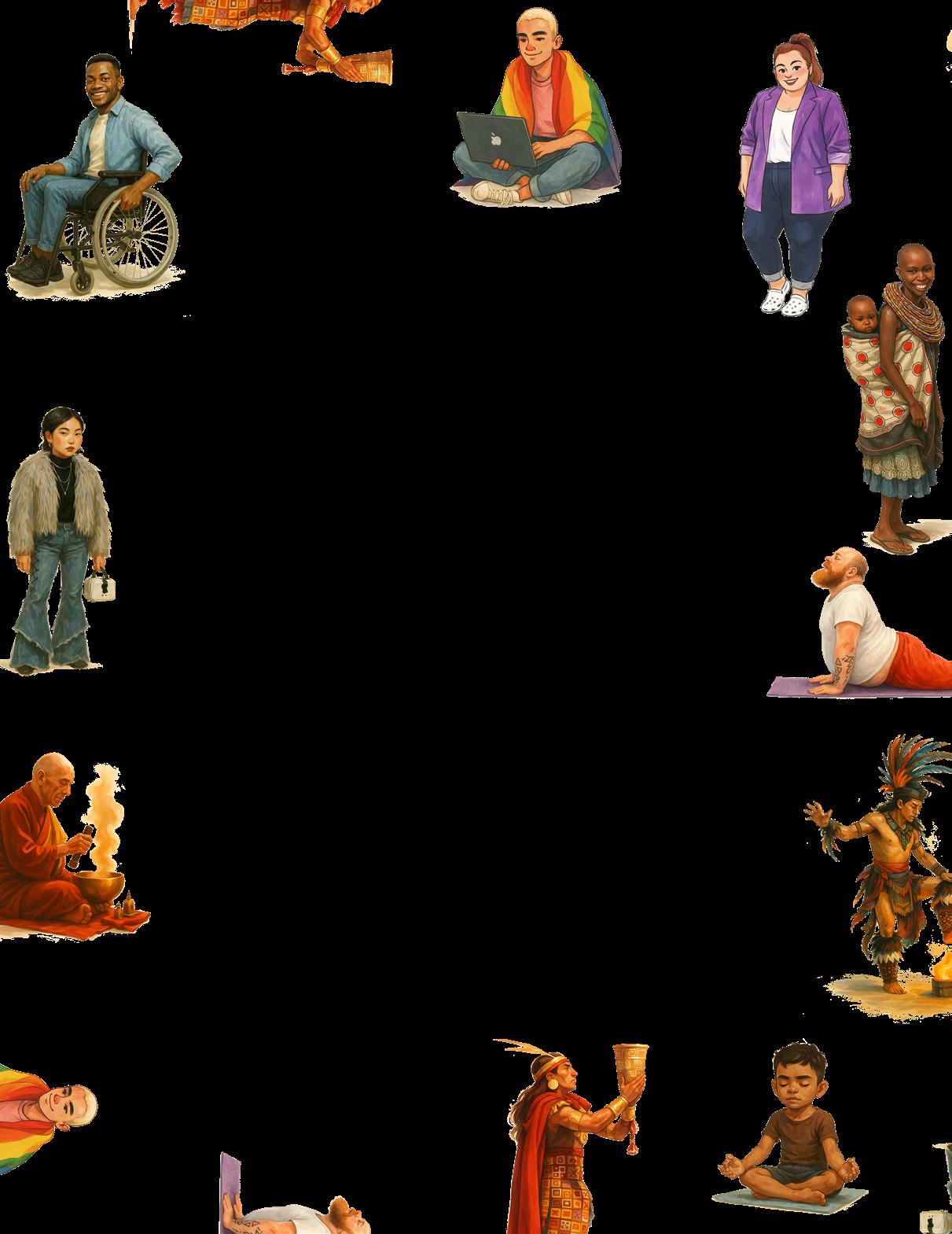
hermosa expansión de lo que el bienestar puede ser. Sanadores tradicionales están compartiendo conocimientos ancestrales que la ciencia moderna apenas comienza a comprender. Las empresas reconocen que el bienestar real de sus colaboradores requiere atender no solo el estrés individual, sino los factores sistémicos que generan agotamiento emocional. Profesionales de comunidades históricamente marginadas están creando espacios de sanación que honran las identidades completas de quienes los habitan.
Cuando todos pertenecen
La inclusión verdadera lo transforma todo. Cuando las organizaciones revisan sus ofertas de bienestar con un enfoque de equidad, descubren vacíos sorprendentes… y soluciones igual de reveladoras. Considera estos simples cambios:
Colaborar con profesionales que comprendan contextos culturales específicos puede mejorar radicalmente tanto la participación como los resultados.

Crear grupos de empleados dedicados al bienestar permite que las propias comunidades definan cómo debe ser el apoyo. La magia sucede cuando dejamos de pedirle a las personas que se adapten a los modelos existentes y empezamos a preguntar cómo sería el bienestar si verdaderamente sirviera a todos.
Algunas áreas clave a considerar:
Programas de bienestar financiero que aborden traumas generacionales relacionados con el dinero.
Recursos de salud mental que integren prácticas de
Ambientes laborales donde se reconozca y atienda activamente el “impuesto emocional” de ser una persona diferente o marginada.
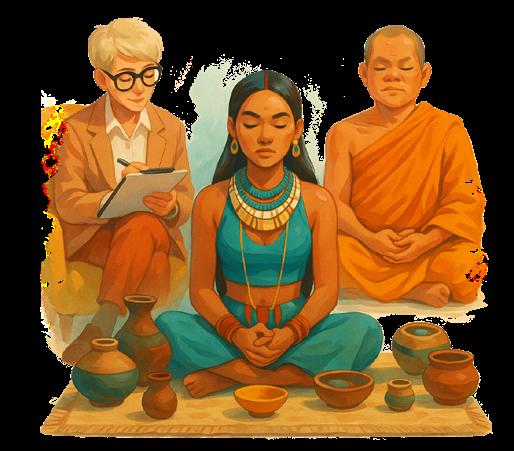
Algunas de nuestras innovaciones más poderosas en bienestar no son nuevas en absoluto. Estas prácticas ancestrales finalmente están siendo valoradas por su profundo impacto. Las comunidades indígenas han conservado por milenios un conocimiento sofisticado sobre nuestra conexión con la naturaleza y el vivir sostenible. Los sistemas tradicionales de sanación alrededor del mundo ofrecen formas de abordar el trauma, la nutrición y la salud mental que complementan y enriquecen el cuidado clínico moderno.
Cuando creamos alianzas genuinas con sanadores tradicionales y los compensamos justamente por su experiencia, todos ganamos. Cuando las voces indígenas lideran las conversaciones sobre prácticas de sanación basadas en la tierra, aprendemos caminos de bienestar que la ciencia apenas empieza a validar.
Cuando apoyamos negocios de bienestar liderados por profesionales de grupos históricamente marginados, fortalecemos todo el ecosistema. Estas personas suelen ser puentes entre sus comunidades y los recursos de bienestar, comprendiendo matices y barreras culturales que otros podrían pasar por alto. Crean espacios donde sus clientes pueden sanar sin tener que traducir sus vivencias ni ocultar su identidad.
Una masajista que entiende los patrones de estrés específicos de quienes trabajan en turnos rotativos en su
Una coach de bienestar financiero que reconoce profundamente las historias generacionales que influyen en la relación de sus clientes con la abundancia. Un instructor de yoga cuyas clases honran cuerpos diversos y capacidades distintas porque esa es su propia
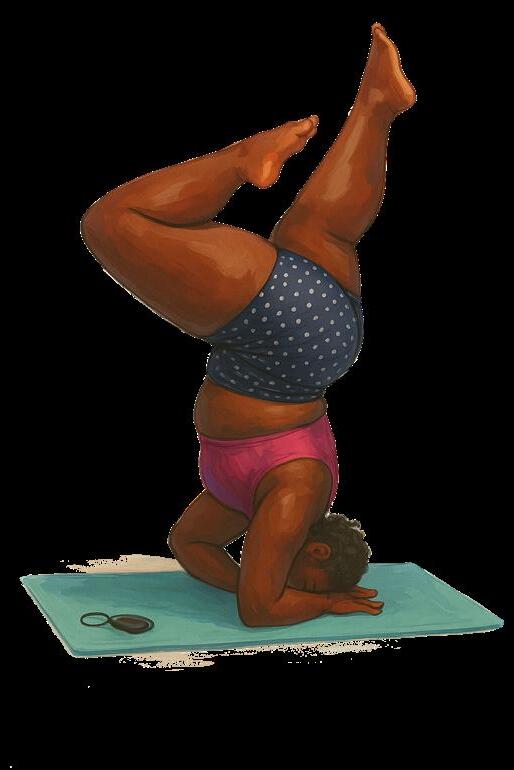
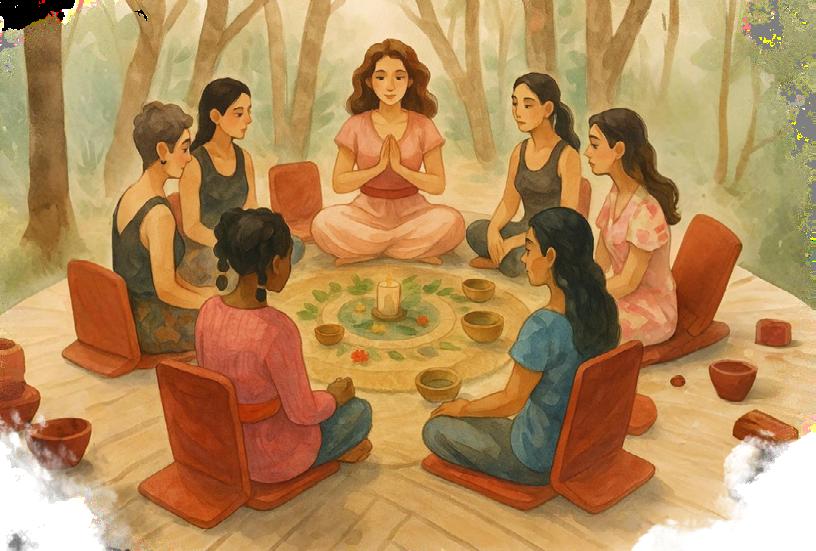
Y aun así, estas personas enfrentan barreras sistémicas: acceso limitado a capital, formación empresarial, o exclusión de plataformas de marketing y redes convencionales. Por eso, crear directorios de bienestar basados en identidad no se trata solo de representación, sino de abrir caminos para que cada persona encuentre profesionales que comprendan auténticamente su recorrido. Cuando visibilizamos y facilitamos estas conexiones, cultivamos un ecosistema de bienestar donde todos pueden encontrar su camino hacia la sanación.
Del Privilegio al Derecho
El cambio más profundo que está ocurriendo en el bienestar es el reconocimiento de que el acceso a la sanación no debería depender de tu código postal, salario o historia personal. Comunidades en todo el mundo están liderando modelos que hacen de esta visión una realidad. Tarifas escalonadas garantizan diversidad económica en los espacios de sanación. Redes comunitarias permiten que los vecinos apoyen los viajes de bienestar de otros. Iniciativas de incidencia están expandiendo la cobertura de seguros para prácticas de sanación alternativas que muchas culturas han usado por generaciones.
Esta transformación requiere más que buenas intenciones. Requiere cambios estructurales. Imagina centros comunitarios de bienestar en cada barrio, no solo en los más privilegiados. O programas de formación donde la sensibilidad cultural no sea un agregado, sino una habilidad fundamental.
Nuestra Sanación Colectiva
La Iniciativa de Bienestar Inclusivo nació de un reconocimiento simple: nuestra sanación individual está profundamente conectada al bienestar colectivo. Cuando el cuidado informado por el trauma y la cultura se convierte en la norma y no la excepción, todos recibimos atención más efectiva y de mayor calidad. Cuando diversas tradiciones de sanación nutren la práctica moderna, accedemos a una sabiduría que amplía nuestras posibilidades. Cuando el bienestar es accesible sin importar tu identidad o situación económica, creamos las condiciones donde el potencial humano puede florecer.
La industria del bienestar está en una encrucijada. Podemos seguir operando dentro de sistemas que excluyen y reducen, o podemos construir colectivamente algo sin precedentes: un ecosistema de bienestar que sirva verdaderamente a cada persona que busca sanar y sentirse plena.
Creemos que el bienestar es un derecho humano, no un lujo.
Creemos que la sanación ocurre mejor en comunidad. Creemos que la sabiduría de todas las personas merece ser honrada e integrada.
La pregunta es: ¿nos ayudarás a construirlo?
Únete a nosotros. El bienestar que todos merecemos está esperando.
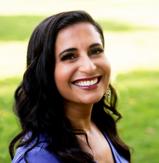
Jackie Roby
Presidenta | Coach de Mentalidad Relacional, Inspired Journey Consulting
Fundadora de Inspired Journey Consulting, Jackie empodera a mujeres de color para que recuperen su voz y libertad.
Creadora del método MAGIC, trabaja para eliminar la duda interna y fomentar espacios de sanación con representación y equidad.
Cherrie Catreese
Vicepresidenta | Terapeuta y Practicante de Bienestar, Catreese & Co Wellness
Masajista terapéutica e instructora de yoga desde 2010, Cherrie diseña programas de bienestar inclusivos para empresas y comunidades con traumas, promoviendo fortaleza interior y resiliencia.
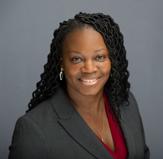
Dra. Demetria M. Bolden
Miembro | Científica en Comunicación y Coach
Experta en bienestar comunicacional y salud cardiovascular, la Dra. Bolden impulsa estrategias de salud culturalmente informadas, apoyando a comunidades racializadas con ciencia, coaching y liderazgo.

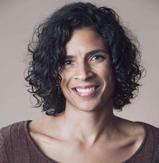
Ana Quiroga, FMP
Miembro | Cofundadora y Directora de Bienestar, Oneoeight Concepts
Especialista en medicina funcional y nutrición, Ana lidera programas globales de desintoxicación y equilibrio hormonal. Su enfoque está en empoderar a mujeres hispanas desde el bienestar integrativo.
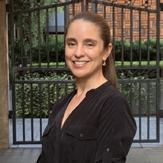
Annemarie Shrouder
Miembro | Fundadora, Annemarie Shrouder International Autora, conferencista y experta en inclusión, Annemarie lleva más de 20 años ayudando a organizaciones a construir espacios laborales equitativos. Se especializa en sanación racial, inclusión LGBTQ+ y liderazgo consciente.

The wellness we all deserve

Picture this: A corporate wellness program where employees don’t have to choose between being authentic and being accepted. A yoga studio where the imagery, language, and practices reflect the full spectrum of bodies and backgrounds that walk through its doors. A mental health practice where traditional healing wisdom sits alongside evidence-based therapy, creating space for every person’s unique path to wholeness.
This is the future we’re building through the Inclusive Wellness Initiative.
For too long, wellness has been defined by exclusion. We’ve created spaces that serve some while leaving others searching for belonging. We’ve elevated certain voices, while not calling on others whose wisdom spans generations. We’ve made wellness a luxury when it’s truly a birthright.
Transformation is already happening. Across communities, we’re witnessing a beautiful expansion of what wellness can be. Traditional healers are sharing ancestral knowledge that modern science is finally beginning to understand. Workplaces are recognizing that true employee wellbeing requires addressing not just individual stress, but the systemic factors that create emotional exhaustion. Practitioners from historically disadvantaged communities are creating healing spaces that honor their clients’ full identities.
When
Everyone Belongs
Real inclusion transforms everything. When organizations audit their wellness offerings through an equity lens, they often discover surprising gaps and equally surprising solutions.

Consider these simple shifts:
Partnering with practitioners who understand specific cultural contexts can dramatically improve both participation and outcomes.
Creating Employee Resource Groupsemployee resource groups focused on wellness allows team members to guide what support actually looks like for their communities.
The magic happens when we stop asking people to fit into existing wellness models and start asking what wellness could become when it truly serves everyone.
Some key areas to consider:
Financial wellness programs that address generational trauma around money.
Mental health resources that integrate cultural healing
Workplace environments where the “emotional tax” of being marginalizeddifferent is acknowledged and actively

Some of our most powerful wellness innovations aren’t new at all. These ancient practices are finally being recognized for their profound value. Indigenous communities have maintained sophisticated understanding of our connection to nature and sustainable living for millennia. Traditional healing systems from around the world offer approaches to trauma, nutrition, and mental health that complement and enhance modern clinical
When we create genuine partnerships with traditional healers and compensate them fairly for their expertise, everyone benefits. When Indigenous voices lead conversations about land-based wellness practices, we learn approaches to healing that science is only now beginning to validate.
When wellness businesses owned by practitioners from Historically Disadvantaged Groupshistorically disadvantaged groups receive the support they need to thrive, we strengthen the entire ecosystem. These practitioners often serve as bridges between their communities and wellness resources, understanding cultural nuances and barriers that others might miss. They create spaces where clients can heal without having to translate their experiences or dim their identities.

This can look like:

• A massage therapist who understands the specific stress patterns of shift workers in their community.
• A financial wellness coach who intimately knows the generational money stories that shape their clients’ relationships with abundance.
• A yoga instructor whose classes honor diverse bodies and abilities because they’ve lived that reality themselves.
Yet too often, these practitioners face systemic barriers - from limited access to capital and business training to exclusion from mainstream wellness networks and marketing platforms. This is why building identity-based wellness directories isn’t just about representation; it’s about creating pathways for people to find practitioners who truly understand their journey. When we make these connections visible and accessible, we’re cultivating a wellness ecosystem where everyone can find their path to healing.
From Privilege to Right
The most profound shift happening in wellness is the recognition that access to healing shouldn’t depend on your zip code, paycheck, or background. Communities across the country are pioneering models that make this vision real. Sliding scale pricing ensures economic diversity in healing spaces. Community care networks allow neighbors to support each other’s wellness journeys. Insurance advocacy is expanding coverage for alternative healing modalities that many communities have relied on for generations.
This transformation requires more than good intentions. It demands structural change. Imagine community wellness centers in every neighborhood, not just affluent ones. Or training programs that teach cultural responsiveness as a fundamental skill, not an add-on.
Our Collective Healing
The Inclusive Wellness Initiative emerged from a simple recognition: our individual healing is interconnected with our collective wellbeing. When trauma-informed, culturally responsive care becomes the standard rather than the exception, everyone benefits from higher quality, and more effective treatment. When diverse healing traditions inform modern practice, we access wisdom and approaches that expand possibilities for all. When wellness becomes accessible regardless of identity or economic status, we create conditions where human potential can truly flourish.
The wellness industry stands at a crossroads. We can continue operating within systems that exclude and diminish, or we can collectively build something unprecedented: a wellness ecosystem that truly serves every person seeking healing and wholeness.
We believe wellness is a human right, not a luxury. We believe healing happens best in community. We believe the wisdom of all people deserves to be honored and integrated.
The question is whether you’ll help us build it.
Join us. The wellness we all deserve is waiting.
Initiative Chair

Jackie Roby
Chair | Relationship Mindset Coach, Inspired Journey Consulting
Founder of Inspired Journey Consulting, Jackie empowers women of color to reclaim their voice and freedom. She created the MAGIC methodology to dismantle self-doubt and advocates for equity, representation, and healing spaces.
Cherrie Catreese
Vice Chair | Wellness Practitioner, Catreese & Co Wellness
Massage therapist and yoga instructor since 2010, Cherrie designs inclusive wellness programs for corporate and traumainformed communities, promoting inner strength, resilience, and transformation for all.

Dra. Demetria M. Bolden
Member | Communication Scientist & Coach
A wellness communication expert and cardiovascular researcher, Dr. Bolden advocates for culturally informed health strategies, supporting communities of color through science, coaching, and national speaking engagements.


Ana Quiroga, FMP
Member | Co-founder & Head of Wellness, Oneoeight Concepts
Functional Medicine Practitioner and nutritionist, Ana leads global detox and hormone-balancing programs. Her focus is empowering Hispanic women through integrative wellness rooted in personal and scientific insight.

Annemarie Shrouder
Member | Founder, Annemarie Shrouder InternationalAutora, Author, speaker, and inclusion expert, Annemarie has over 20 years of experience helping organizations create truly equitable workplaces. She specializes in racial healing, LGBTQ+ inclusion, and leadership awareness.


Luis Ramírez, Director de Spa & Wellness en Meliá Hotels International – México. Apasionado del bienestar como estilo de vida y referente en la industria del spa, ha liderado proyectos innovadores que combinan inclusión, rentabilidad y propósito. Su enfoque se centra en el desarrollo de equipos diversos y entornos donde el bienestar florece desde adentro.
Más allá de la accesibilidad: Hacia una hospitalidad realmente inclusiva
El bienestar se transforma cuando abrazamos todas las formas de ser, trabajar y vivir.
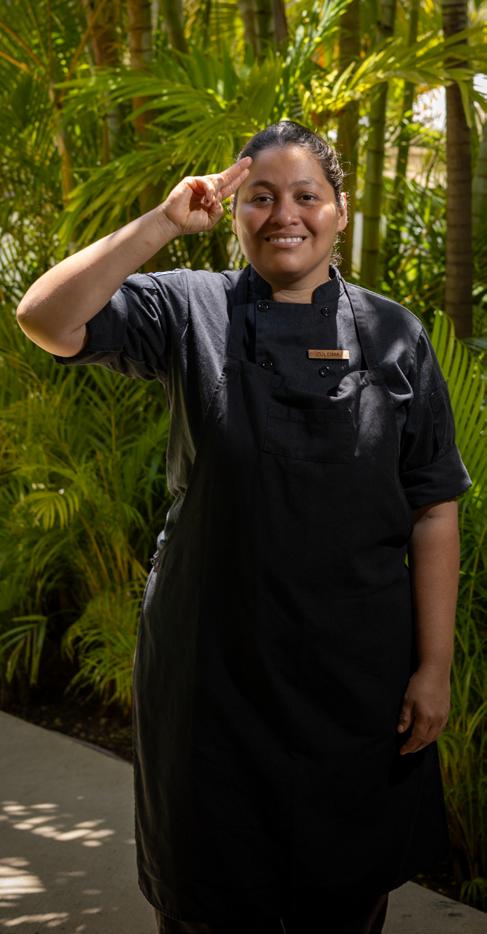
Sol Toscano Cocina
Una hospitalidad verdaderamente humana comienza por mirar hacia adentro. En Grupo Meliá, hace más de una década entendimos que promover el bienestar en nuestros hoteles requería una base sólida: convertir nuestros espacios laborales en lugares inclusivos, accesibles y respetuosos de la diversidad humana.
Así nació el programa que hoy conocemos como “Diversidad Funcional e Inclusión”. Lo que comenzó con la incorporación de colaboradores con discapacidades en áreas públicas y spas de Playa del Carmen y Palma Real, ha evolucionado hasta formar parte integral de la cultura organizacional en todos nuestros hoteles de México y República Dominicana. Contamos con colaboradores con discapacidad visual, auditiva y motriz en áreas como cocina, lavandería, calidad, spa y almacén. Más que una acción de responsabilidad, esto representa una convicción: el talento no tiene una sola forma.
Con el tiempo, esta visión dio paso a un programa más amplio: “Feel Good”, una estrategia de bienestar interno para nuestros colaboradores, que reconoce la riqueza de contar con equipos diversos en género, cultura, edad, habilidades y trayectorias. Bajo este enfoque, el bienestar social se convierte en un pilar fundamental. Nuestro propósito es claro: generar entornos de trabajo equitativos, fortalecer el sentido de comunidad y contribuir a una mejor calidad de vida para cada persona en la organización.
Esto se ha consolidado en políticas sólidas que promueven la diversidad, equidad e inclusión (DEI), fomentando la no discriminación, igualdad de oportunidades y la integración activa de grupos históricamente subrepresentados, incluidas personas con discapacidad y minorías étnicas. Esta política no solo existe en papel: la comunicamos activamente a todos los niveles, a través de sesiones de capacitación, recursos en múltiples formatos y lenguajes, talleres de desarrollo de habilidades, y eventos como la Semana de la Diversidad.
Zuleima
“Ante una sociedad cada vez más diversa, las empresas necesitan diversidad de talento.”
— Declaración del Pilar de Inclusión de Grupo Meliá
No se trata solo de incluir, sino de integrar. Analizamos la compatibilidad de puestos según el tipo de discapacidad, adaptamos procesos, ofrecemos capacitación tanto para el desarrollo como para situaciones de emergencia. Además, realizamos foros como “Meliá Hablemos” y “Desayuno con Gerencia”, donde los temas de inclusión tienen un espacio real de diálogo.
El impacto es tangible. Creamos un programa de reconocimiento a la inclusión, que destaca a los equipos que promueven estas prácticas con excelencia. Y en el caso de nuestros spas, incluso fuimos más allá: desarrollamos un tratamiento exclusivo, “Wellness in the Dark”, ofrecido por Alberto, un colaborador con discapacidad visual. Esta experiencia inmersiva y neurosedante demuestra que cuando un sentido se apaga, otros se encienden. Su trabajo, y el de sus compañeros, ha transformado no solo nuestras prácticas, sino también la percepción de muchos huéspedes.
Este enfoque también trasciende generaciones, culturas y jerarquías. Porque cuando se entiende el bienestar como algo colectivo y accesible, deja de ser un privilegio y se convierte en una base común. Una que, como demuestra nuestra experiencia, no solo mejora vidas, sino también la calidad del servicio, la innovación en equipo y la sostenibilidad de todo el ecosistema laboral.
Hoy más que nunca, la hospitalidad no puede excluir. Debe reflejar la diversidad del mundo que la rodea y la humanidad de quienes la hacen posible. Porque bienestar sin inclusión, simplemente no es bienestar.
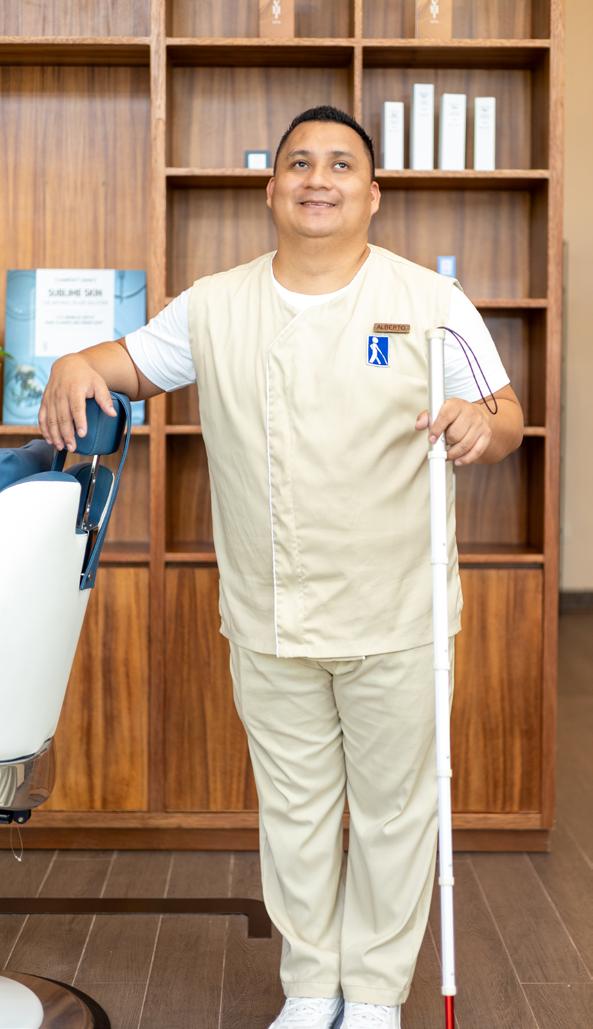
“Los verdaderos límites no los impone una discapacidad, los impone la percepción. Y es allí donde podemos generar el cambio.”
— Luis Ramírez
Alberto Mendez Hernandez Terapeuta Spa

Luis Ramírez, Spa & Wellness Director at Meliá Hotels International – Mexico. A wellness lifestyle advocate and industry leader, he has spearheaded purpose-driven projects that blend inclusion, business growth, and impact. His approach centers on building diverse teams and cultivating wellbeing from within.
Beyond accessibility: Toward truly inclusive hospitality
Wellness transforms when we embrace every way of being, working, and living.
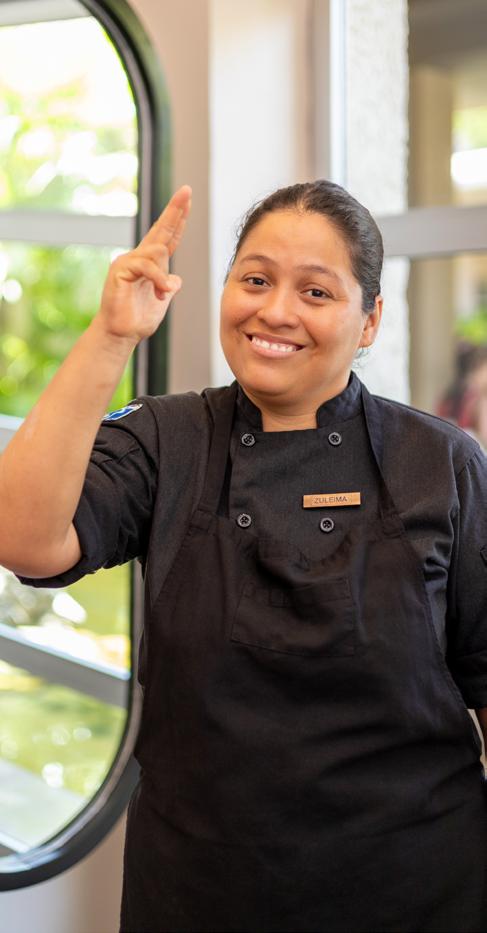
Truly human hospitality begins by looking within. At Grupo Meliá, more than a decade ago, we realized that promoting wellness in our hotels required a solid foundation: transforming our workplaces into inclusive, accessible, and respectful environments that honor human diversity.
That’s how the program now known as “Functional Diversity and Inclusion” was born. It began by incorporating collaborators with disabilities into public areas and spas at our Playa del Carmen and Palma Real hotels. Today, this initiative is deeply embedded in the organizational culture across all our hotels in Mexico and the Dominican Republic. We are proud to have team members with visual, auditory, and motor disabilities working in departments like the spa, kitchen, laundry, quality control, and storage. More than a responsibility, this is a conviction: talent has many forms.
Over time, this vision gave rise to a broader wellness strategy: “Feel Good.” As an international and diverse company, we embrace the richness of having teams that vary in gender, culture, age, abilities, and backgrounds. Under this vision, social wellness becomes a central pillar. Our mission is clear: to create equitable workplaces, foster a sense of community, and enhance the quality of life for every individual in our organization.
This vision is grounded in strong policies that promote Diversity, Equity, and Inclusion (DEI). These principles encourage nondiscrimination, equal opportunity, and active integration of underrepresented groups, including people with disabilities and ethnic minorities. This policy isn’t just on paper—it’s shared across all levels through training sessions, accessible resources in multiple formats and languages, skill-building workshops, and events like Diversity Week.
It’s not just about inclusion; it’s about integration. We conduct job compatibility analyses based on disability type, adapt
Zuleima Sol Toscano Cocina
“In an increasingly diverse society, companies need diverse talent.”
— Inclusion Pillar Declaration, Grupo Meliá
processes, and offer training for both professional development and emergency response. Initiatives like “Meliá Hablemos” and “Breakfast with Management” ensure these conversations stay active and accessible.
The impact is visible. We’ve launched an Inclusion Recognition Program to celebrate teams that lead the way in inclusive practices. In our spas, we took this even further: we developed a unique treatment called “Wellness in the Dark,” offered by Alberto, a visually impaired team member. This immersive, neuro-sedative experience demonstrates how, when one sense dims, others become heightened. His work—and that of his colleagues—has transformed not only operations but also the perceptions of many guests.
This approach transcends generations, cultures, and hierarchies. Because when wellness is understood as collective and accessible, it stops being a privilege and becomes common ground. As our experience shows, this not only enriches lives—it enhances service quality, fosters team innovation, and strengthens the sustainability of our entire workplace ecosystem.
Now more than ever, hospitality cannot afford to exclude. It must reflect the diversity of the world around it and the humanity of those who bring it to life. Because wellness without inclusion is simply not wellness.
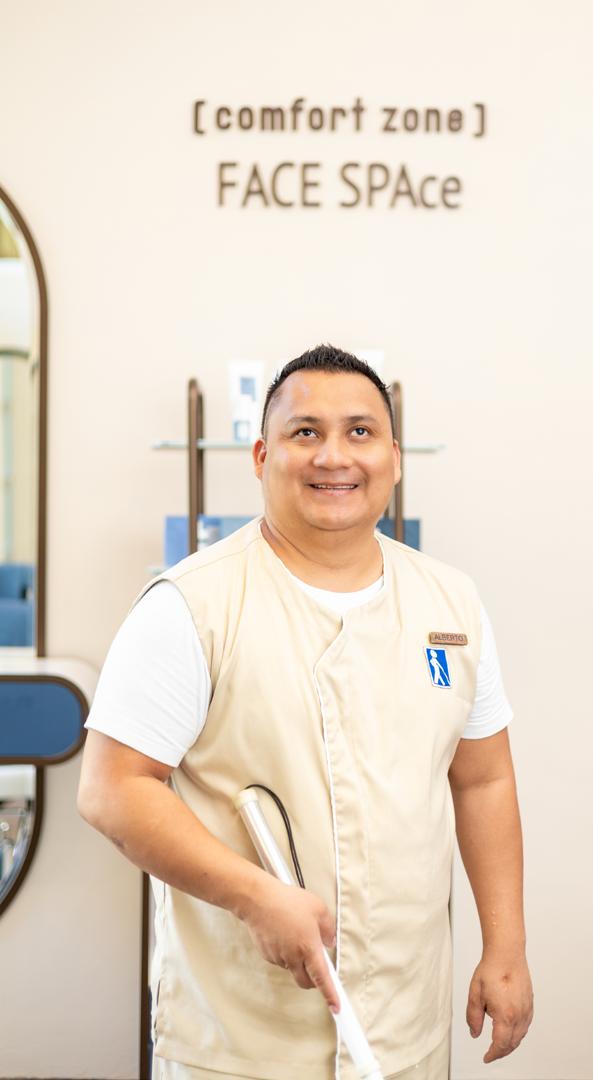
“True limits are not imposed by disability, but by perception. And that’s where change begins.”
— Luis Ramírez
Alberto Mendez Hernandez Terapeuta Spa

Dra. Amrita Sharma, Experta en ayurveda, asesora en estilo de vida, consultora en bienestar mental y fisióloga del yoga.
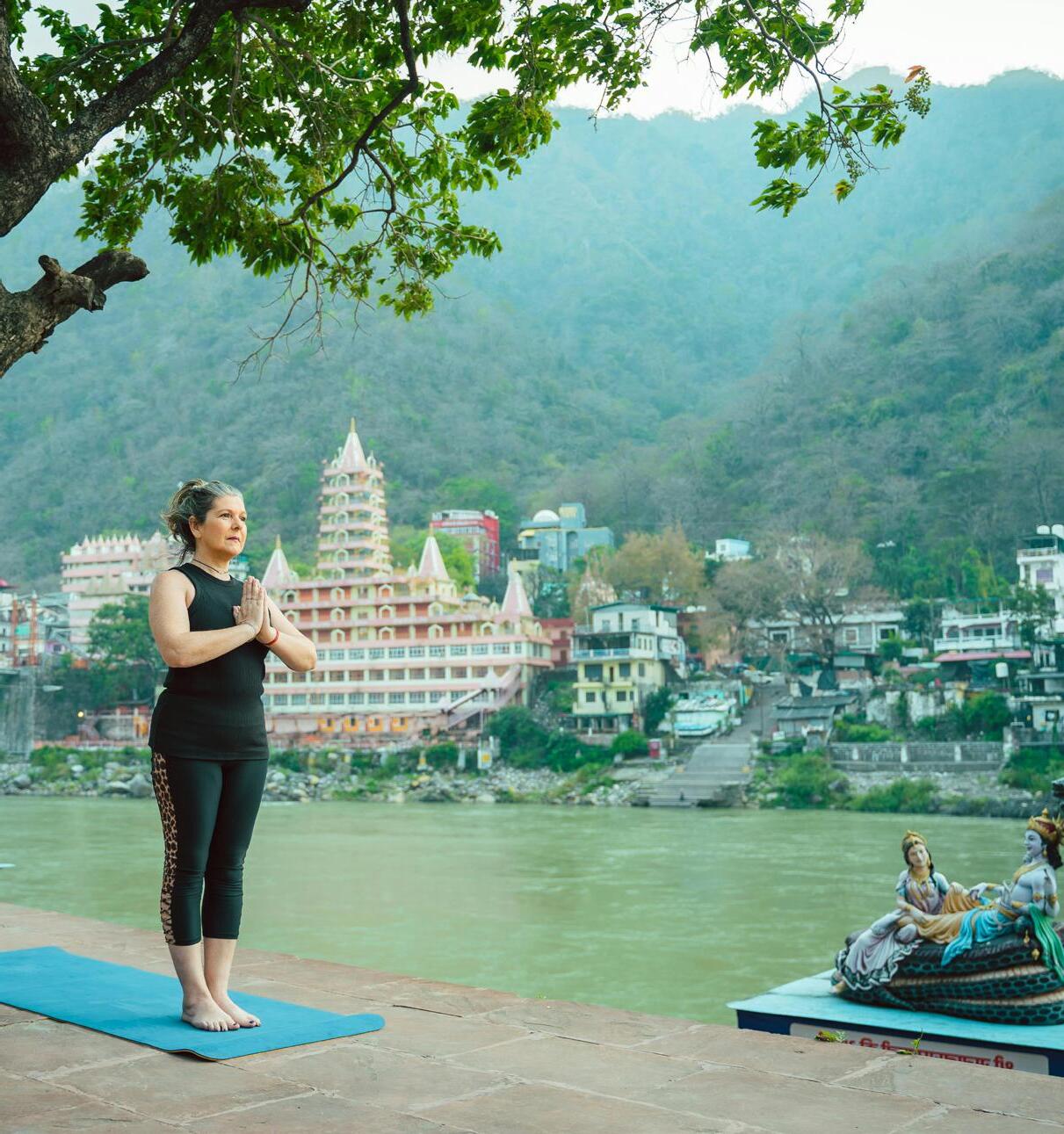
Bienestar universal: Un derecho para cada mente y cada vida
Un viaje hacia la democratización del bienestar, que abraza todos los cuerpos, mentes, edades y orígenes.
El bienestar es un derecho humano fundamental que trasciende las fronteras geográficas, culturales y socioeconómicas. Este concepto abarca el bienestar físico, mental, emocional y espiritual. Buscar el bienestar es una expresión esencial de la experiencia humana. No se trata de un privilegio reservado para unos cuantos, sino de un derecho universal que pertenece a cada individuo, sin importar su edad, capacidad o condición social.
India, cuna del yoga, tiene una rica tradición de prácticas curativas ancestrales transmitidas de generación en generación. Estas prácticas, enraizadas en el Ayurveda, el yoga y otros sistemas tradicionales, han jugado un papel clave en la democratización del bienestar en el país. Al hacer estas prácticas holísticas accesibles a personas de distintos contextos, el yoga y la sabiduría ancestral han empoderado a millones para tomar el control de su salud y bienestar.
Desde el uso de hierbas ayurvédicas en la cocina cotidiana hasta comenzar el día con Surya Namaskar, el bienestar está entrelazado con la vida india. Como parte de los samskaras (rituales), este enfoque holístico va más allá de la edad, la clase social o la procedencia, encontrando su lugar en cada hogar. Los indios valoran profundamente este legado atemporal: un regalo preciado de bienestar transmitido de generación en generación.
El Ministerio de Ayush del Gobierno de India ha impulsado diversas iniciativas globales para promover el yoga y el bienestar, como programas de desarrollo de habilidades, investigaciones basadas en evidencia, y campañas de difusión pública y privada. Además, ha creado Centros de Salud y Bienestar Ayush en todo el país.
El Día Internacional del Yoga (IDY), celebrado cada 21 de junio desde su adopción por la ONU en 2014, se ha convertido en un evento global con participación de embajadas, comunidades de yoga e instituciones locales. Las iniciativas educativas incluyen cursos, talleres y demostraciones en vivo en colaboración con socios internacionales. La Junta de Certificación de Yoga (YCB), bajo el Ministerio de Ayush, garantiza estándares de calidad global con profesionales e instituciones certificadas. Recursos multilingües, aplicaciones y videos digitales amplían aún más la accesibilidad global del yoga.
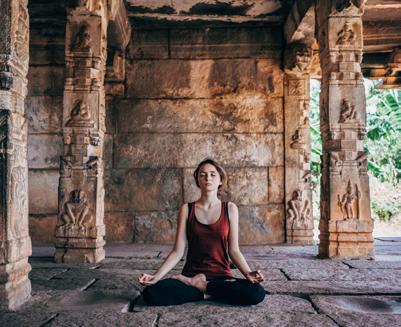
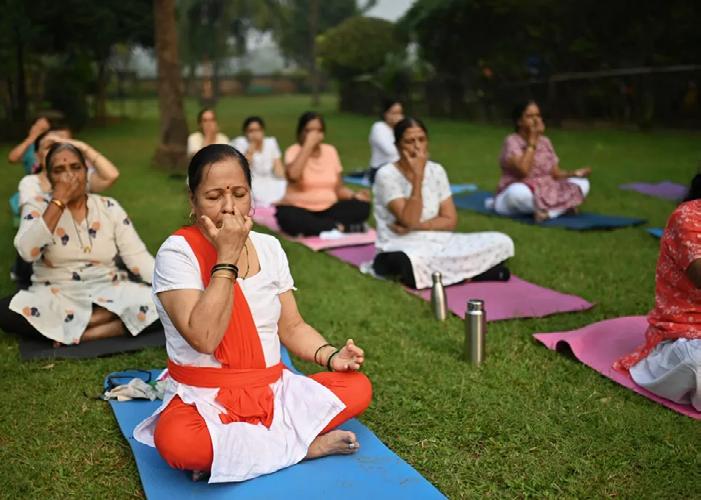
En India, reconociendo el papel clave de las escuelas en la formación de hábitos saludables, el gobierno lanzó el Programa de Salud y Bienestar Escolar como parte del Plan Ayushman Bharat. Implementado desde febrero de 2020, abarca escuelas públicas y subvencionadas en diversos estados. Bajo esta iniciativa, dos docentes —idealmente un hombre y una mujer— son designados Embajadores de Salud y Bienestar, capacitados para realizar sesiones dinámicas semanales sobre 11 temas clave, como bienestar emocional, salud mental, nutrición, igualdad de género, seguridad personal, salud reproductiva y uso responsable de internet. El enfoque se centra en la promoción de la salud y la prevención desde una edad temprana.
Las prácticas de bienestar brindan a las personas herramientas para llevar una vida más saludable y equilibrada; fortalecen comunidades y benefician a las sociedades en general. Priorizar el bienestar físico y mental mejora los resultados en salud, reduce el riesgo de enfermedades crónicas y fortalece la resiliencia emocional. A gran escala, disminuye la carga sanitaria global, impulsa la productividad económica y fomenta un crecimiento más sostenible. Además, promueve la cohesión social al reforzar vínculos, resiliencia y el sentido de bienestar colectivo.
El bienestar es un derecho humano que debe ser reconocido, protegido y promovido. Cuando se eliminan las barreras y se garantiza el acceso universal a la salud y el bienestar, individuos, comunidades y naciones pueden florecer plenamente. Priorizar el bienestar como derecho esencial es clave para construir un mundo donde todos puedan vivir con vitalidad, propósito y alegría.

Dra. Amrita Sharma,
Ayurveda
Expert, Lifestyle Counsellor, Mental Wellbeing Consultant And Yoga Physiologist
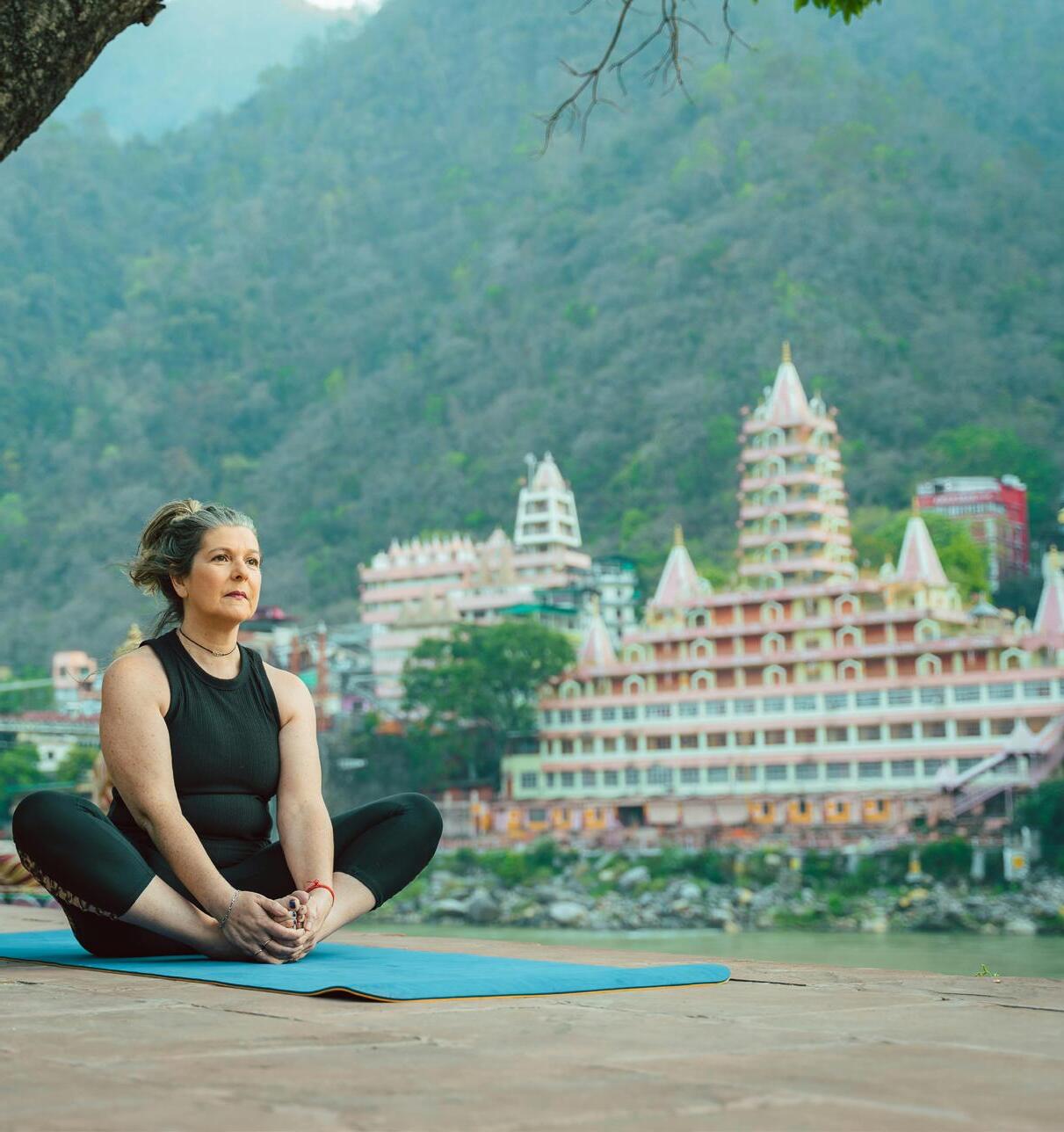
Universal wellness: A right for every mind and every life
A journey to democratize wellness, embracing every body, mind, age, and origin.
Wellness is a fundamental human right that transcends geographical, cultural, and socio-economic boundaries. The concept of wellness encompasses physical, mental, emotional, and spiritual well-being. The pursuit of wellness is a fundamental aspect of the human experience. Wellness is not a privilege reserved for a select few; it is a universal right that belongs to every individual, regardless of their age, ability, or socio-economic status.
India, the birthplace of yoga, has a rich tradition of ancient healing practices that have been passed down through generations. These practices, rooted in Ayurveda, yoga, and other traditional systems, have played a significant role in democratizing wellness in the country. By making holistic practices accessible to people from diverse backgrounds, yoga and ancient healing practices have empowered individuals to take charge of their health and well-being.
From incorporating Ayurvedic herbs in everyday cooking to beginning the day with Surya Namaskar, wellness is deeply woven into the fabric of Indian life. As part of the samskaras (rituals), this holistic approach to well-being transcends age, society, and background, finding a place in every household. Indians take pride in this timeless legacy, a precious gift of wellness passed down through generations.
The Ministry of Ayush, Government of India has undertaken several initiatives to promote Yoga and wellness across the world, including skill development programs, evidence-based research, massive outreach programs through public and private collaborations, and Ayush Health and Wellness centres.
The International Day of Yoga (IDY), celebrated annually on June 21 since its adoption by the UN in 2014, has become a global event with participation from embassies, yoga communities, and local institutions. Educational initiatives include yoga courses, workshops, and live demonstrations conducted in collaboration with global partners.
The Yoga Certification Board (YCB), under the Ministry of Ayush, ensures global quality standards through certified professionals and institutions. Multilingual resources, apps, and videos further enhance yoga’s accessibility and global reach.
In India, recognizing the crucial role schools play in shaping lifelong healthy behaviours, the government has introduced several wellness
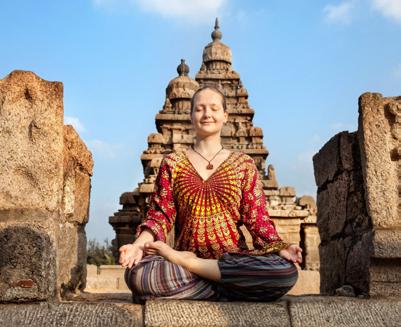
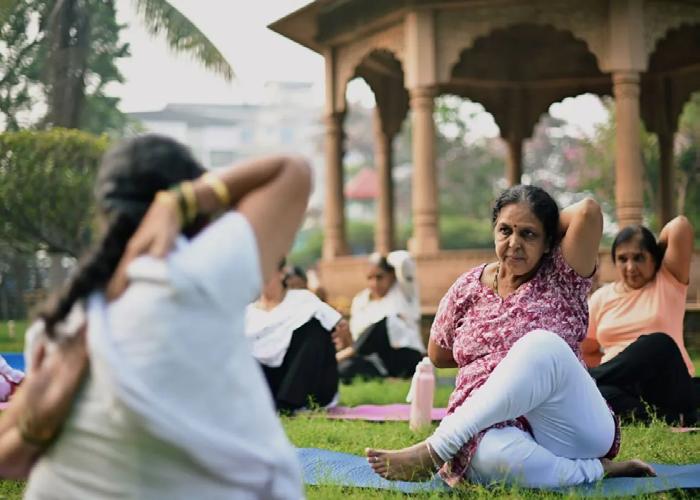
initiatives at the school level. As part of the Health and Wellness component under the Ayushman Bharat Programme, the School Health and Wellness Programme was launched in February 2020. It is being implemented across government and government-aided schools in various states. Under this initiative, two teachers—ideally one male and one female—are designated as Health and Wellness Ambassadors. They are trained to engage students in interactive, joyful one-hour sessions each week, covering 11 key thematic areas such as emotional well-being, mental health, nutrition, gender equality, personal safety, reproductive health, responsible internet use, and more. The program emphasizes health promotion and disease prevention through engaging, age-appropriate activities, fostering a culture of wellness from a young age.
Wellness practices equip individuals with the tools to lead healthier, more balanced lives it strengthens communities, and benefits societies at large. Prioritizing physical and mental well-being leads to better health outcomes, reduced risk of chronic diseases, and enhanced mental resilience. On a broader scale, it contributes to lowering the global health burden, boosting economic productivity, and fostering sustainable economic growth. Moreover, wellness initiatives help build stronger, more connected communities by encouraging social bonds, resilience, and a sense of collective well-being promoting community cohesion.
Wellness is a fundamental human right that must be acknowledged, upheld, and safeguarded. When barriers to wellness are removed and access to health and well-being is made universal, individuals, communities, and societies can truly flourish. Prioritizing wellness as an inherent right is essential to building a world where everyone has the opportunity to live with vitality, purpose, and joy.



Spa Oasis Oasis
Spa
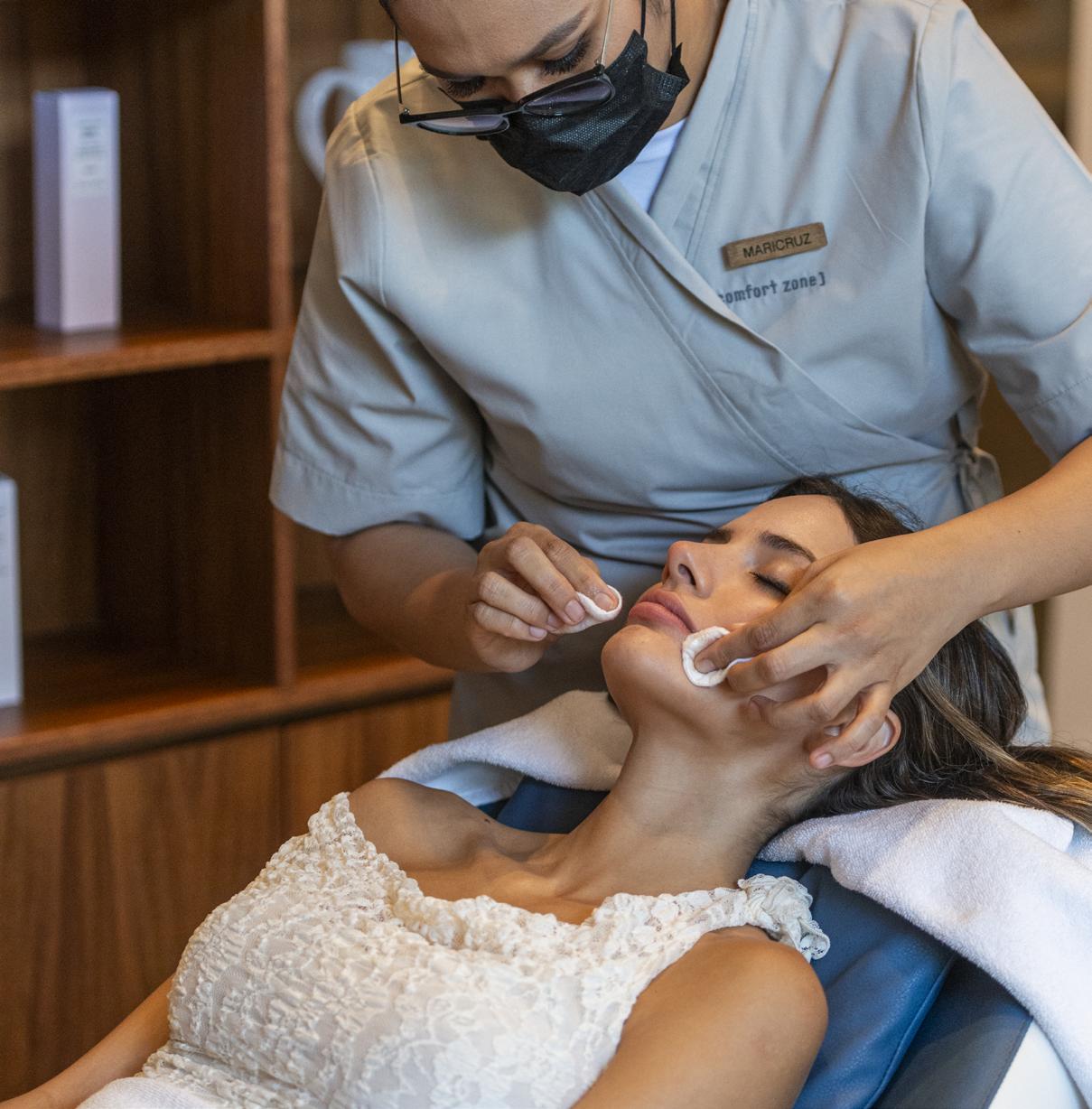
En esta edición, Oasis Spa no recorre destinos: los imagina, los cuestiona y los rediseña. Si el bienestar es un derecho, entonces el spa debe ser una puerta abierta para todos los cuerpos, tonos de piel, identidades y realidades.
Aquí exploramos cómo el tacto, el sonido, el cuidado de la piel y la experiencia misma pueden ser profundamente restaurativos cuando se piensan desde la dignidad y la inclusión. Desde nuevos modelos como FACE SPAce hasta reflexiones sobre accesibilidad sensorial, esta sección es una invitación a crear espacios de cuidado que no excluyan, sino que abracen. Porque el spa del futuro no se mide por su lujo, sino por su capacidad de sanar sin distinción.
This time, Oasis Spa doesn’t take you to destinations, it reimagines them. If wellness is a right, then spas must become welcoming doors for every body, every skin tone, every identity, and every life story.
This section explores how touch, sound, skincare, and hospitality itself can be deeply healing when rooted in dignity and inclusion. From pioneering models like FACE SPAce to powerful reflections on sensory accessibility, we invite you to envision spa spaces not defined by exclusivity, but by empathy. The future of spa isn’t measured by luxury, but by its ability to heal without exception.
El futuro del cuidado facial se democratiza desde Paradisus
Perla
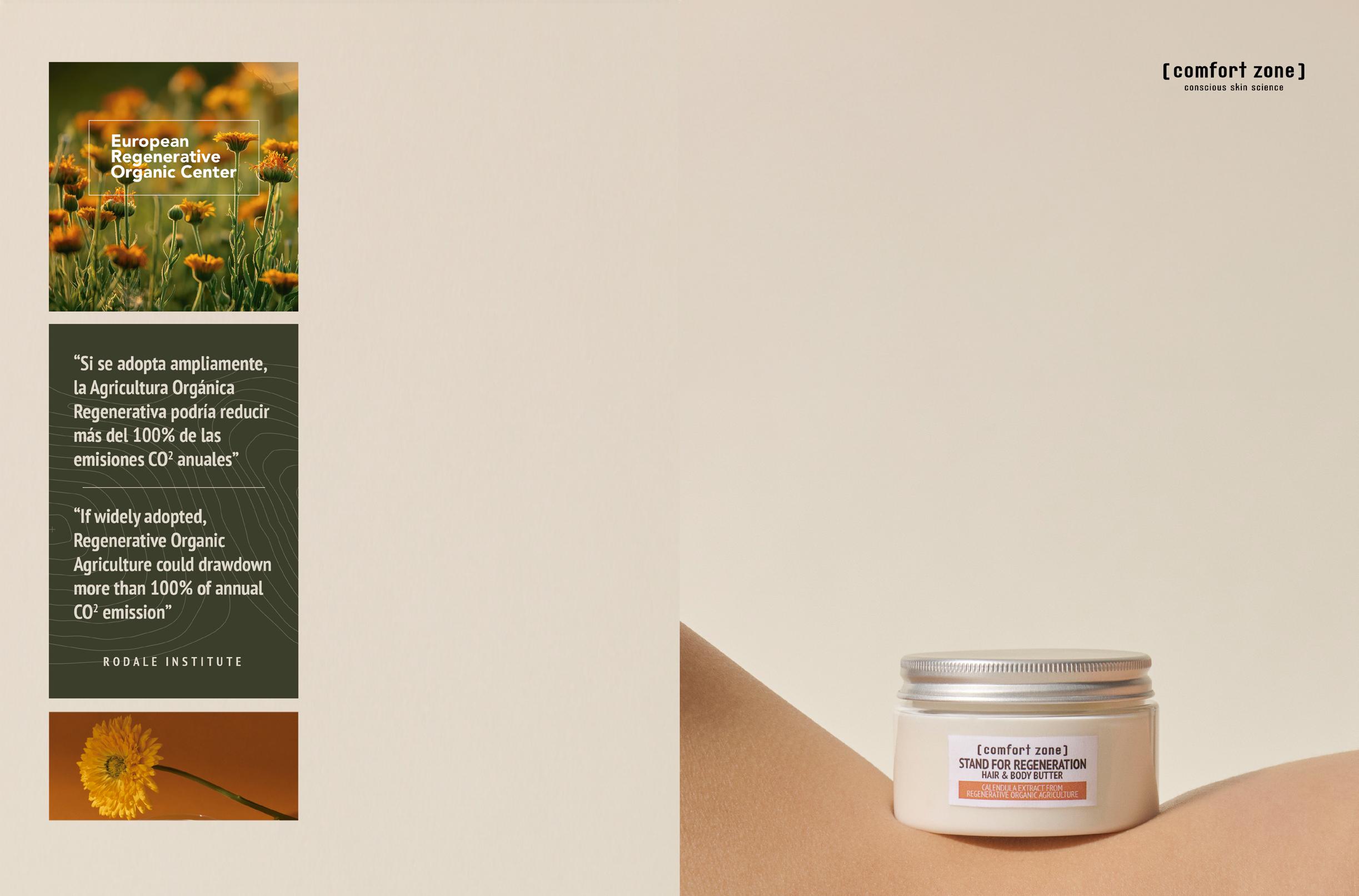






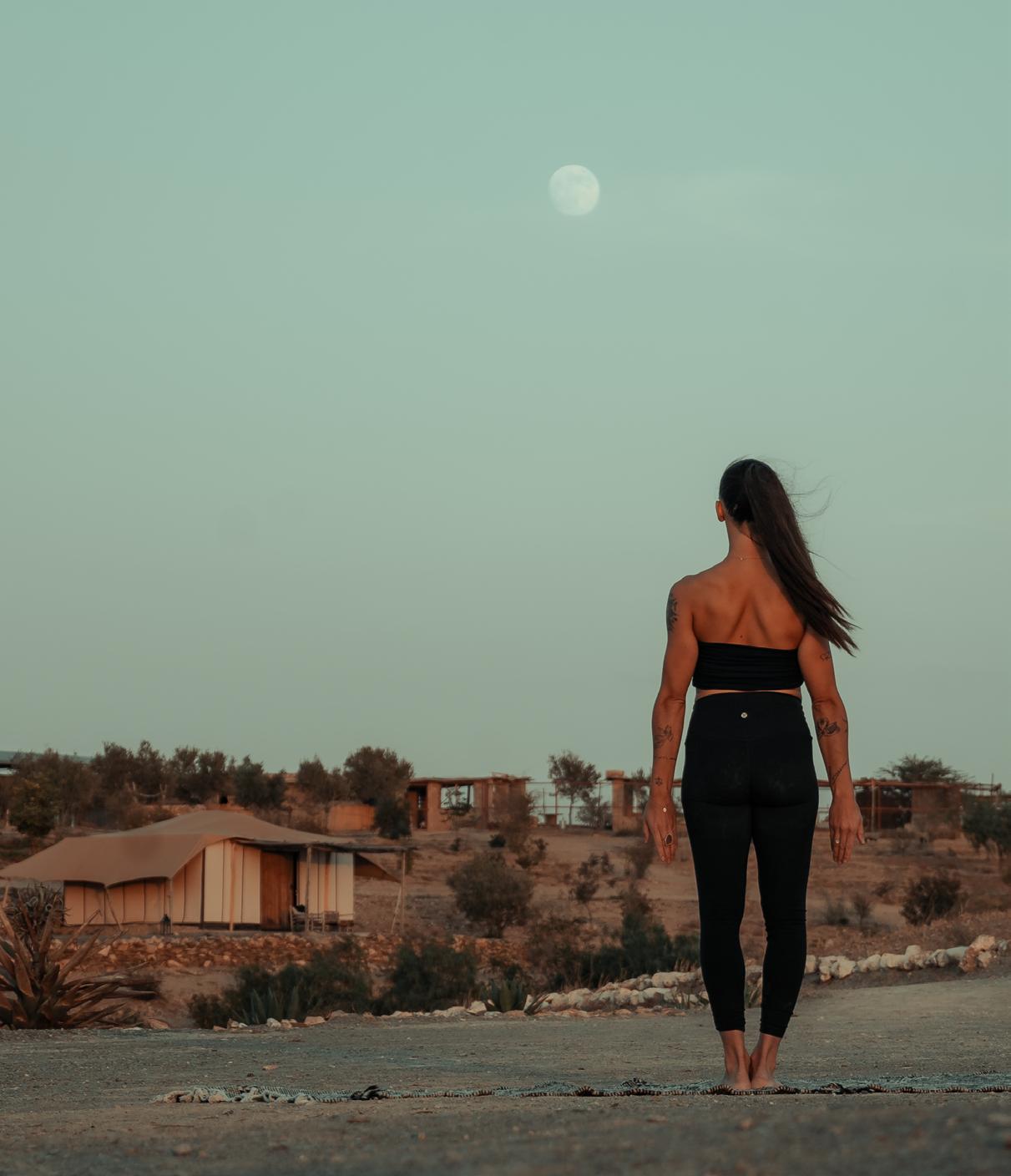
Barbara den Bak, es una emprendedora creativa y fundadora de The Bootcamp Club, High Studios y Kaer. Conecta bienestar, liderazgo consciente y crecimiento personal a través de marcas y experiencias transformadoras. Comparte su visión en foros internacionales por un mundo más humano y conectado.
El bienestar le pertenece a todos
Volver a lo esencial, una reflexión sobre espacios de bienestar verdaderamente inclusivos.
Durante mucho tiempo, pensé que el bienestar era un privilegio reservado para unos cuantos. Aquellos con suficiente tiempo, dinero o contactos. Algo lejano. Selecto. Pulido. Pero el bienestar no es un lujo. Es un derecho de nacimiento. Y recuperar esa verdad exige que redefinamos cómo diseñamos los espacios de restauración y pertenencia.
El verdadero bienestar comienza cuando una persona se siente segura, vista, conectada y viva. Esa es la esencia de la inclusión, no solo el acceso, sino la resonancia.
Diseñar experiencias con esta intención requiere un cambio de consciencia: ¿Cómo se ve un espacio de bienestar cuando está basado en recordar quiénes somos y no en reinventarnos?
“El bienestar comienza en ese instante de reconocimiento, cuando alguien se siente visto, seguro, y ya no se percibe solo.”
— Barbara den Bak
Los espacios verdaderamente inclusivos no comienzan con la estética ni las tendencias. Comienzan con el silencio. Con la respiración. Con el movimiento. Con la valentía de desconectarse del ruido y reconectar con lo que importa. No son escapes de la vida, son retornos amables a ella. Al practicar la presencia, las personas no se transforman en alguien nuevo. Simplemente recuerdan quiénes son.
Uno de los aspectos más potentes de estos espacios es lo que ocurre entre las personas. Alrededor de una mesa. Junto al fuego. Cuando las historias emergen y alguien dice: “a mí también me pasa.” Esa resonancia es donde comienza la transformación real. Y se extiende.
Cuando una persona se siente bien, empieza a hacer el bien. Trata a otros con más cuidado. Se presenta diferente ante el mundo. Su energía se convierte en una invitación, para la empatía, para el cambio, para la humanidad.
Vivimos en una sociedad que nos empuja a encajar, a no destacar. Pero adaptarse no siempre es pertenecer. En realidad, es la vía más rápida a volverse invisible. El crecimiento verdadero, las ideas poderosas, surgen cuando desafiamos las reglas o decidimos dejar de seguirlas.
Y aquí está la verdad: la mayoría de los límites que vivimos no son externos, son internos. Nuestro cerebro interpreta la realidad según nuestras creencias. Si creemos que la transformación no es para nosotros, pasaremos por alto todas las señales que nos invitan a ella. Pero en cuanto comenzamos a creer distinto, el mundo también empieza a verse distinto.
Cuando el bienestar se concibe como un regreso a lo esencial, se convierte en una invitación a la presencia. Las personas se desconectan de los roles, las exigencias y las expectativas. Vuelven a su respiración, a sus sentidos, a su verdad. Recuerdan que no están solas. Y al recordar lo que realmente importa, algo más profundo despierta.
Pertenencia. Seguridad. Propósito.
Cuando una persona regresa al mundo desde ese lugar, no solo descansada, sino reavivada, el bienestar ha cumplido su verdadero propósito.
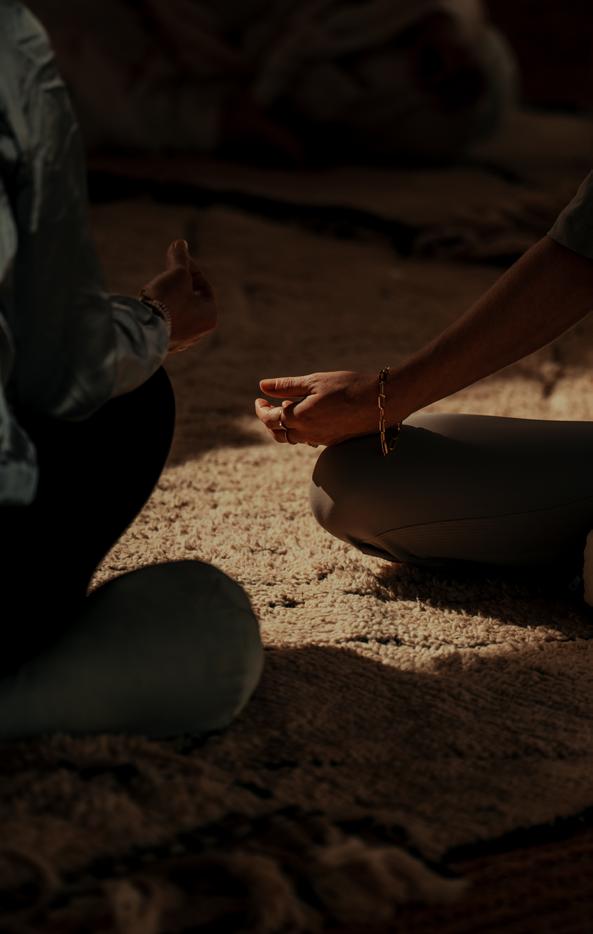
“El bienestar que nace desde adentro tiene el poder de transformar relaciones, equipos y hasta sistemas.”
— Barbara den Bak

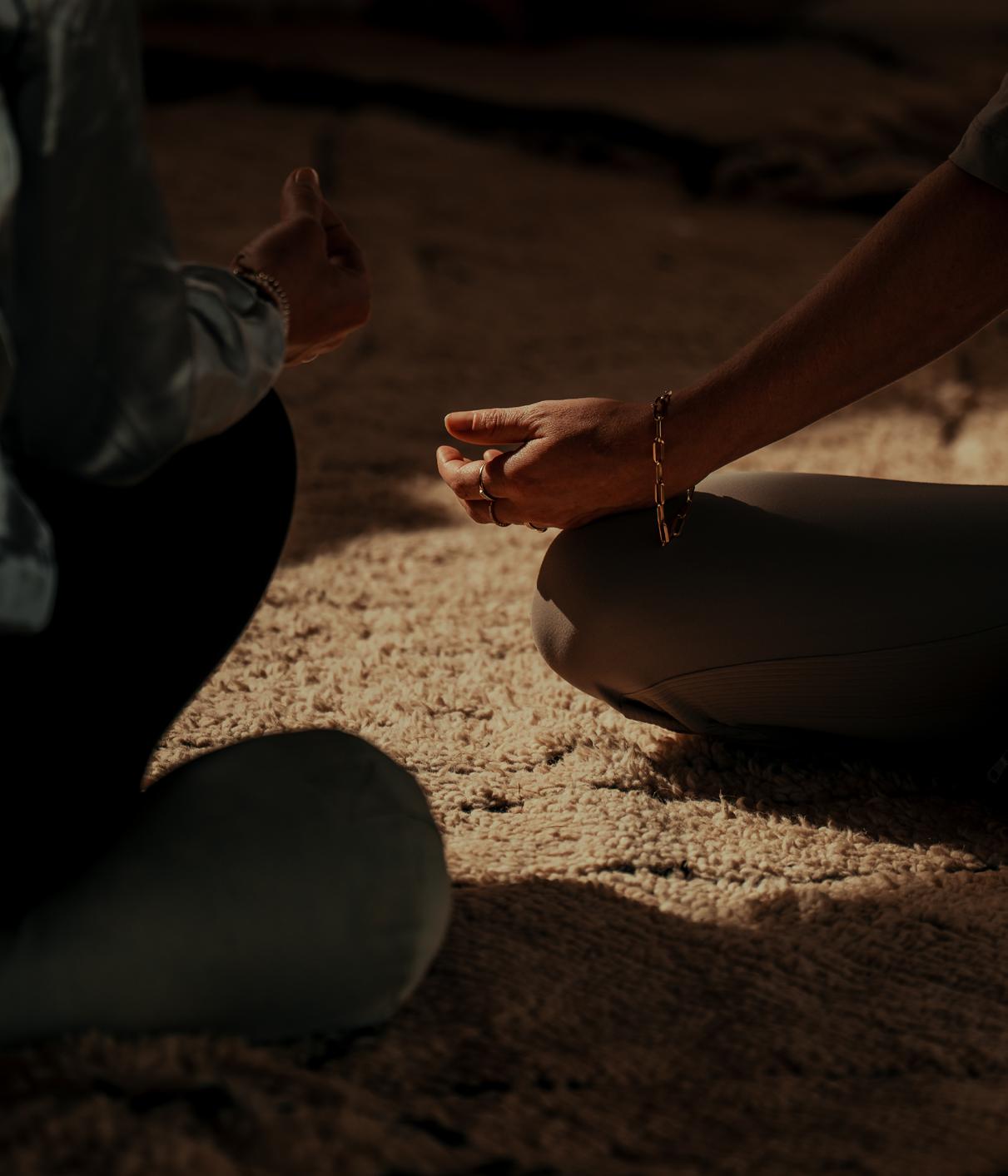
Barbara den Bak, is a creative entrepreneur and founder of The Bootcamp Club, High Studios and Kaer. She connects wellness, conscious leadership and personal growth through transformative brands and experiences. She shares her vision in international forums for a more human and connected world.
Wellness belongs to everyone
Returning to what’s real, a reflection on inclusive wellness spaces
For a long time, wellness seemed like a privilege, accessible only to those with time, money, or the right connections. Something distant. Selective. Polished. But wellness is not a luxury. It is a birthright. And reclaiming that truth means redefining how we design spaces of restoration and belonging.
True wellness starts when a person feels safe, seen, connected, and alive. This is the essence of inclusion, not just access, but resonance.
Designing wellness with this in mind requires a conscious shift: What does a wellness experience look like when it’s rooted in remembering rather than reinventing?
“Wellness begins in the moment of recognition, when someone feels seen, safe, and no longer alone.”
— Barbara den Bak
Inclusive spaces don’t begin with aesthetics or trends. They begin with silence. With breath. With movement. With the courage to disconnect from noise and reconnect with what matters. These are not escape routes from life, they are gentle returns to it. When guided through practices that center presence, people don’t become someone new. They remember who they are.
One of the most powerful aspects of these spaces is what happens between people. Around a table. By a fire. When stories unfold and someone else simply says, “me too.” That resonance is where transformation begins. And it ripples outward.
When people feel good, they do good. They treat others with more care. They walk differently through their communities. Their energy becomes an invitation, for empathy, for change, for humanity.
We live in a world that praises conformity. We’re taught to play it safe, to fit in. But blending in is the fastest path to becoming forgettable. Real wellness work often means asking uncomfortable questions, challenging what’s expected, and embracing what’s real.
And here’s the truth: most of the limits we perceive aren’t external, they’re internal. Beliefs shape perception. If we believe that transformation isn’t meant for us, we’ll miss the signs inviting us in. But the moment we believe otherwise, the world starts to shift.
When wellness is designed as a homecoming, it becomes an offering of presence. People unplug from roles, expectations, and performance. They come back to their breath, their senses, their truth. They remember they are not alone. And in that remembering, something deeper awakens.
Belonging. Safety. Purpose.
When people return to the world from this space, not just rested, but reawakened, wellness has done its real work.
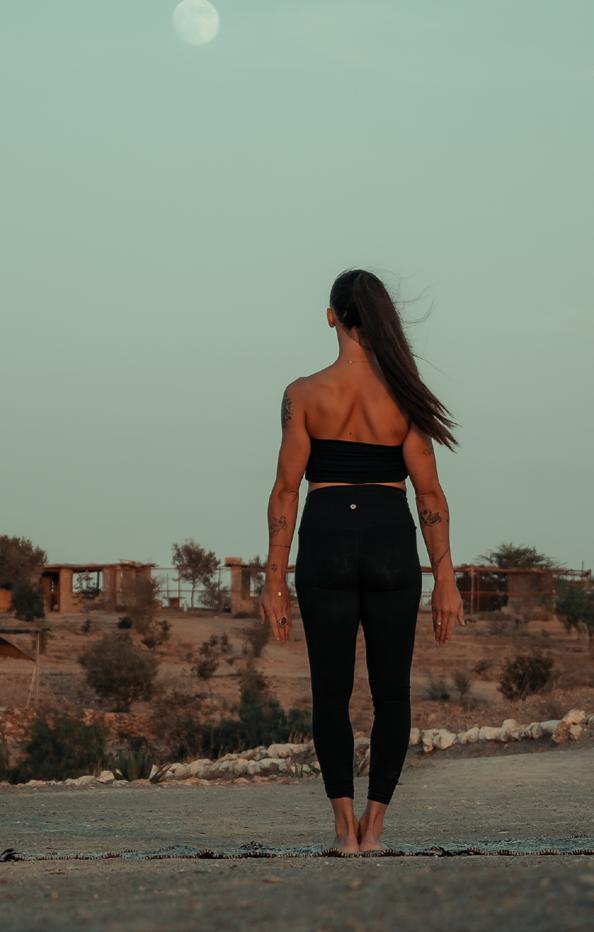
“Wellness that begins within has the power to ripple beyond the self, shaping relationships, teams, and even systems.”
— Barbara den Bak

David Turienzo, es un terapeuta que ha construido un puente sonoro entre Oriente y Occidente.
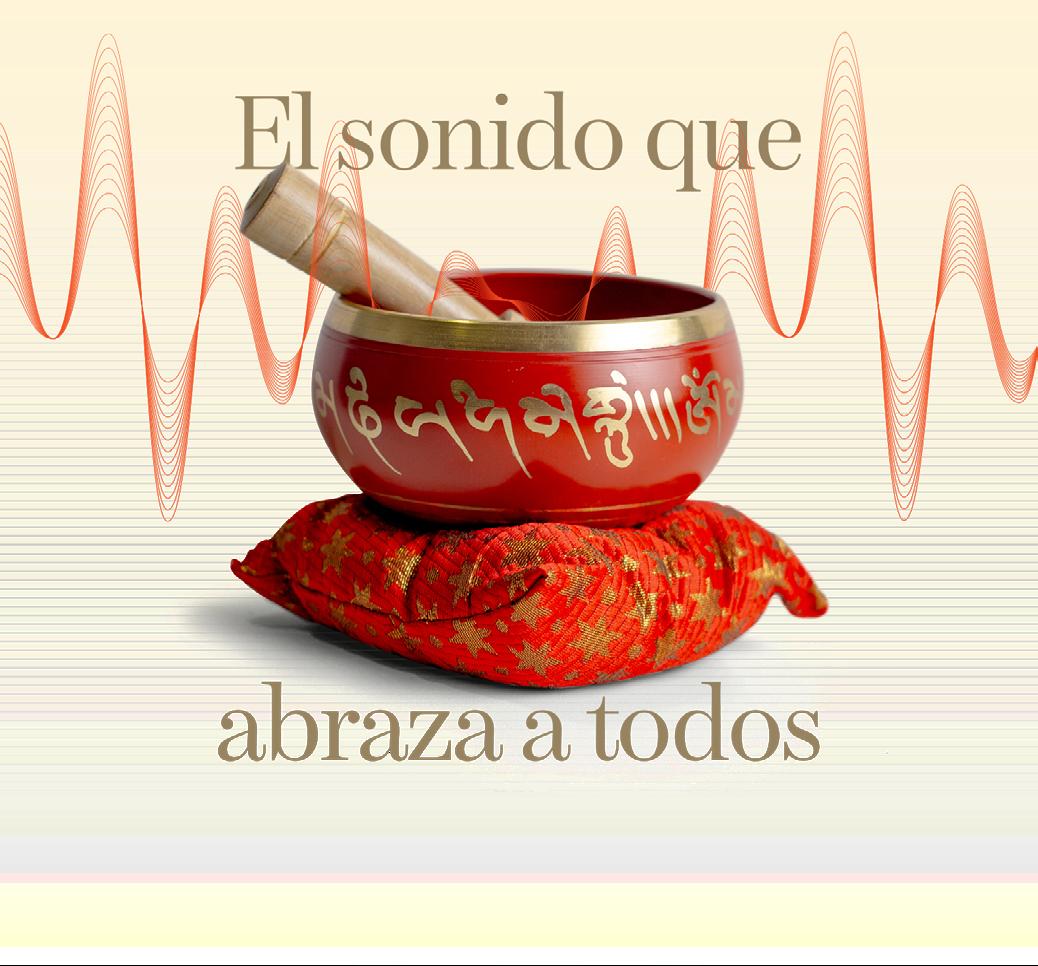
Especialista certificado en terapias con cuencos tibetanos por el Peter Hess Institut (Alemania y España) y la Universidad Steinbeis de Berlín, cuenta con más de 10 años de experiencia en spas, hoteles de lujo y centros de bienestar. A través del sonido y la vibración, ayuda a transformar el estrés en equilibrio interior. Su enfoque combina sabiduría ancestral y sensibilidad contemporánea, creando espacios de calma profunda y reconexión emocional.
El sonido que no discrimina: una invitación a transformar los spas en espacios de pertenencia y cuidado auténtico.
Durante más de una década he acompañado a personas de todos los perfiles; viajeros, trabajadores, buscadores, personas mayores, niños, altos ejecutivos o huéspedes de lujo, en un viaje interior guiado por la vibración profunda de los cuencos tibetanos. Esta herramienta milenaria, lejos de ser solo un instrumento musical o decorativo, es un puente hacia un bienestar sensorial y emocional que no discrimina: no pide edad, condición física ni antecedentes espirituales. Solo presencia. Solo entrega.
Trabajar con cuencos tibetanos en el entorno del spa me ha enseñado que no existe una única forma de bienestar, ni un único tipo de cuerpo que lo merezca. Hay personas que necesitan silencio, otras que lloran al primer sonido, algunas que tiemblan al soltar el control… y todas son bienvenidas. Porque el bienestar no debería estar limitado a un ideal estético, económico o emocional. Es un derecho profundo del ser.
Cuando introduzco los cuencos en el agua [mi especialidad más transformadora], ocurre algo mágico: el cuerpo se despoja del peso físico y emocional. La vibración se expande por todo el sistema nervioso como un
masaje invisible que abraza desde dentro. Personas con movilidad reducida, estrés crónico, traumas o simplemente con necesidad de detenerse por primera vez en mucho tiempo, encuentran en esa suspensión acuática una experiencia de aceptación radical.
Desde esta mirada, el spa deja de ser un lugar de élite o evasión para convertirse en un espacio de inclusión radical. Un templo moderno donde cada cuerpo, con sus arrugas, cicatrices, emociones y silencios, es digno de cuidado. Un refugio donde mente y alma también pueden exhalar.
Por eso defiendo una visión del wellness que sea humana, sensorial y empática. Que escuche más allá de lo que se dice, que toque sin invadir y que acoja sin juzgar. Las terapias vibracionales, bien aplicadas, tienen esa capacidad: atraviesan capas mentales y conectan con lo esencial. No buscan curar desde fuera, sino activar los recursos internos de cada persona para restaurarse, reencontrarse o simplemente descansar de tanta exigencia.
Un spa inclusivo no es solo aquel que adapta su infraestructura. Es aquel que adapta su mirada. Que reconoce la diversidad emocional, física y espiritual de quienes lo visitan. Que sabe que no hay bienestar verdadero, sin ternura, sin escucha y sin espacio para la diferencia.
Mi propuesta es clara: convertir los spas en santuarios de pertenencia. Y para eso, el sonido — ese que no juzga, que no exige, que simplemente envuelve— puede ser un gran aliado.
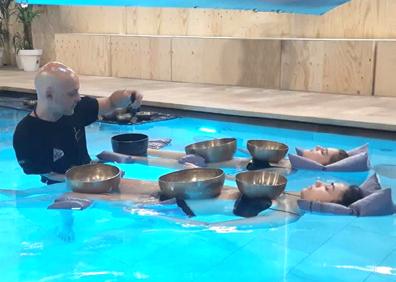

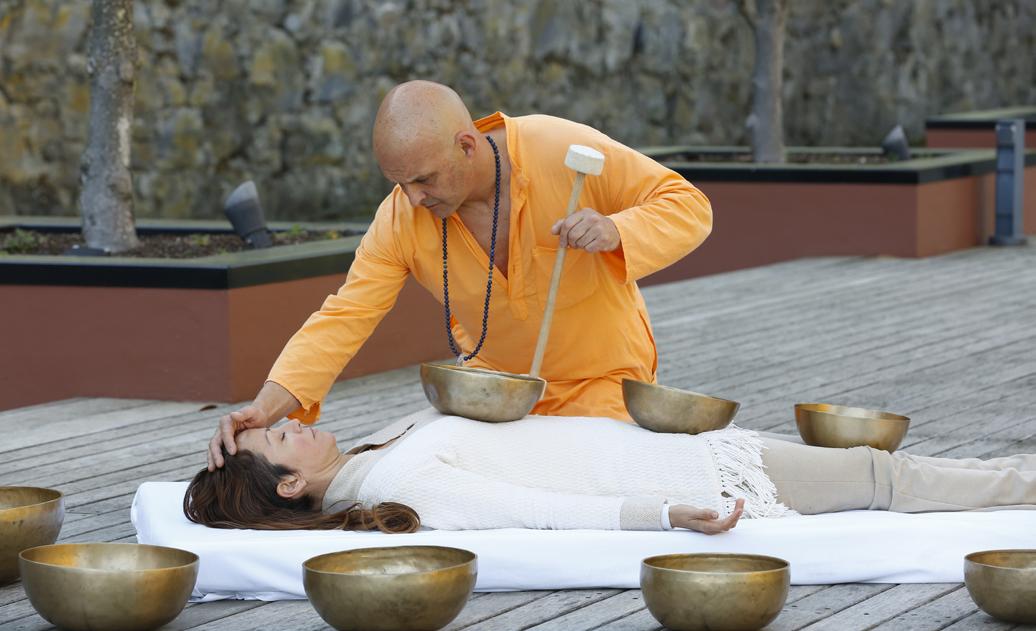
“Un spa inclusivo no se define por su infraestructura, sino por su mirada. Escucha, abraza la diferencia y recuerda que el verdadero bienestar comienza con el sentido de pertenencia.”
David Turienzo


David Turienzo, is a therapist who has built a sonic bridge between East and West.
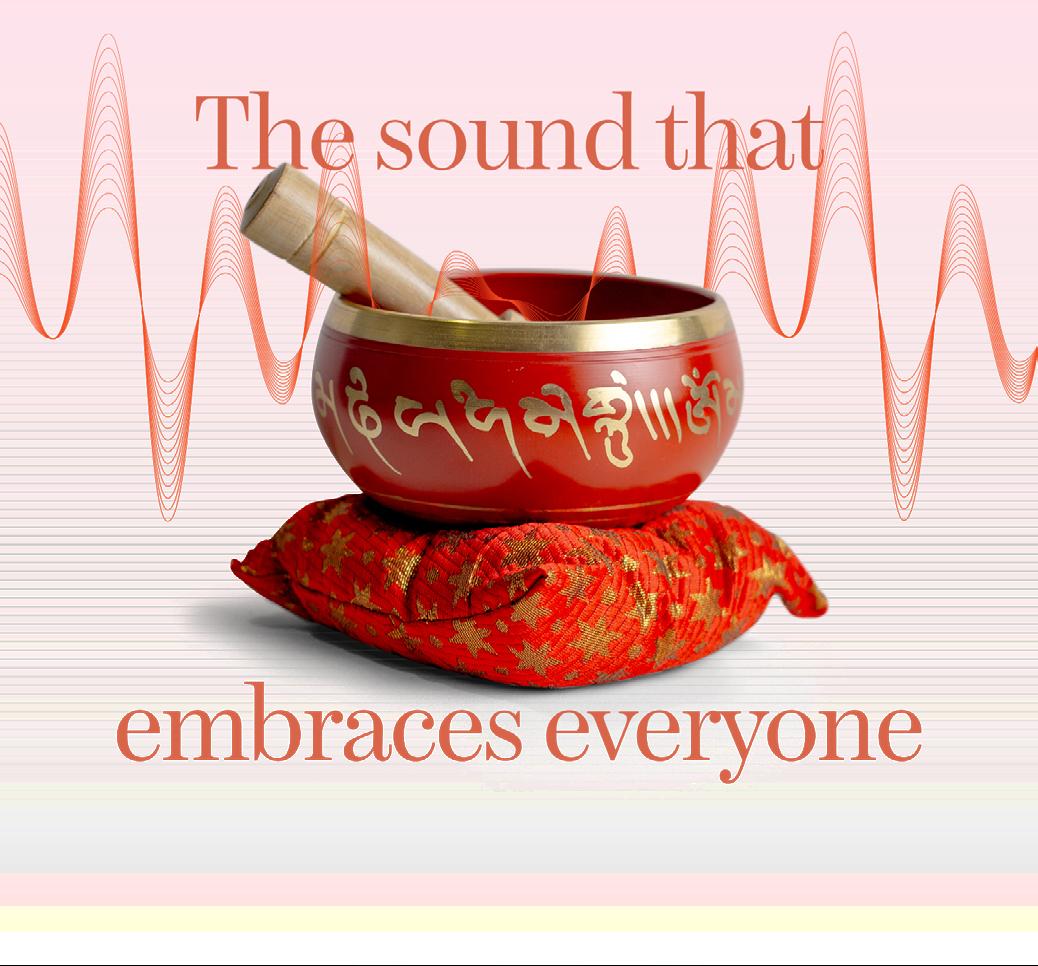
Certified in Tibetan bowl therapy by the Peter Hess Institute (Germany and Spain) and Steinbeis University in Berlin, he brings over 10 years of experience in luxury spas, hotels, and wellness centers. Through sound and vibration, he helps people transform stress into inner balance. His approach blends ancient wisdom with modern sensitivity, creating spaces of deep calm and emotional reconnection.
The sound that doesn’t discriminate: an invitation to transform spas into spaces of belonging and genuine care.
For over a decade, I’ve guided people from all walks of life, travelers, workers, seekers, the elderly, children, high-level executives, and luxury guests, through inner journeys led by the deep vibration of Tibetan singing bowls. Far from being decorative or merely musical instruments, these ancient tools are bridges to sensory and emotional wellbeing. They ask for no age, no physical condition, no spiritual background. Only presence. Only surrender.
Working with Tibetan bowls in spa settings has taught me that there is no single way to experience wellness, and no single type of body that deserves it. Some people need silence. Others cry with the very first sound. Some tremble as they let go. And all of them are welcome. Because true wellness should never be restricted by aesthetic, economic, or emotional ideals. It is a profound human right.
When I introduce the bowls into water [the most transformative part of my work], something magical happens: the body releases its weight, both physical and emotional. The vibration spreads through the nervous system
like an invisible massage that embraces from within. People with reduced mobility, chronic stress, trauma, or simply a deep need to pause, many for the first time, find in this aquatic suspension an experience of radical acceptance. From this perspective, the spa is no longer a luxury escape or a space of exclusivity. It becomes a sanctuary of radical inclusion. A modern temple where every body, with its wrinkles, scars, emotions, and silences, is worthy of care. A refuge where mind and soul can also exhale.
This is why I advocate for a vision of wellness that is human, sensory, and deeply empathetic. One that listens beyond words, touches without invading, and welcomes without judgment. When practiced with intention, vibrational therapies can do just that: bypass the mind and connect to the essential self. They don’t heal from the outside in, they activate the inner resources each person already holds to restore, reconnect, or simply rest from the pressures of life.
An inclusive spa is not just one with accessible infrastructure. It is one with an
inclusive gaze. One that recognizes the emotional, physical, and spiritual diversity of its guests. One that knows there is no true wellbeing without tenderness, without listening, and without space for difference.
My invitation is simple yet bold: let’s turn spas into sanctuaries of belonging. And for that, sound, that which doesn’t judge, doesn’t demand, and simply surrounds, can be a powerful ally.
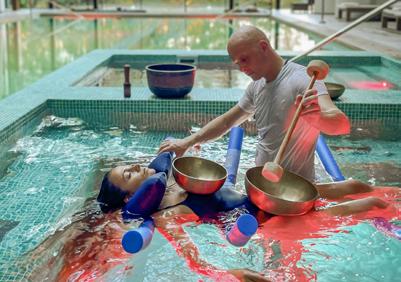


“An inclusive spa isn’t defined by infrastructure, but by perspective. It listens, it embraces difference, and it remembers that true wellbeing begins with belonging.”
David Turienzo

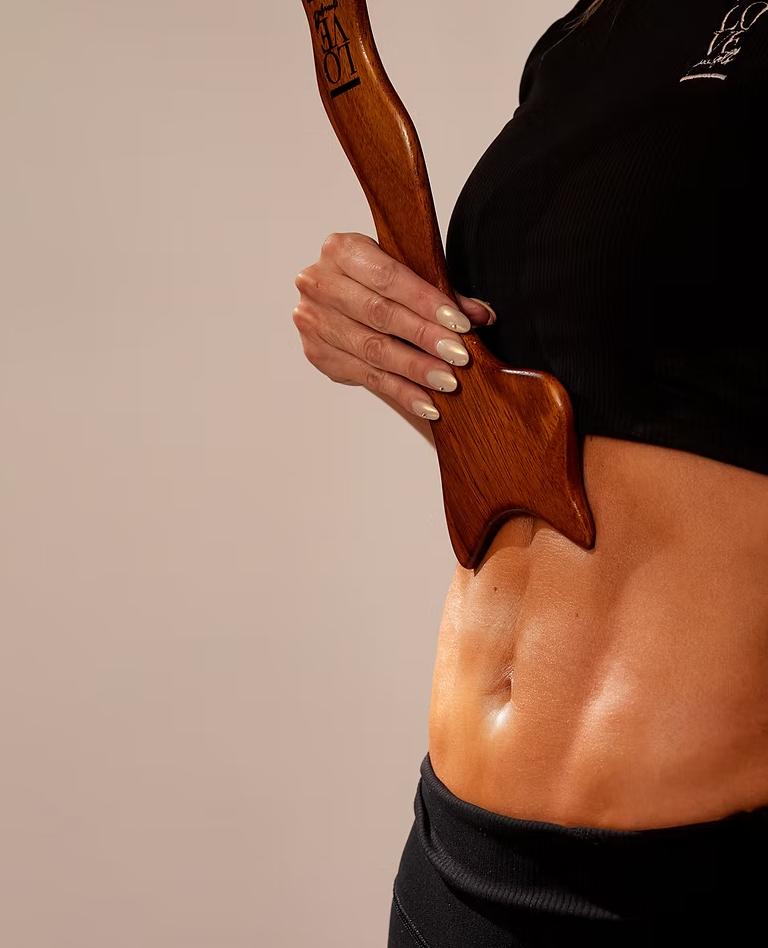

Vanessa Álvarez Pelayo, es fundadora de Love
Yourself by Vane A. Pelayo, una marca mexicana de skincare natural con impacto social. Su línea combina bienestar corporal, amor propio y reinserción social, a través de productos hechos con intención y una Gua Sha tallada por reclusos en Mazatlán.
loveyourselfbyvaneapelayo
Donde empieza la piel y renace la dignidad
Un spa también puede ser un espacio de reinserción, amor propio y segundas oportunidades.
El bienestar, como la libertad, tiene muchas formas. A veces llega como una caricia en la piel, otras, como un acto de justicia silenciosa. En mi caso, comenzó con una crisis posparto. Fue en ese momento de vulnerabilidad cuando descubrí que cuidar mi cuerpo no era vanidad: era supervivencia. Y que amar mi piel era el primer paso para volver a sentirme en casa dentro de mí.
Así nació Love Yourself, una marca de cuidado natural, pero también un mensaje: sentirse bien no es un privilegio estético, es un derecho emocional. Mis productos nacen desde la intención física, pero llevan un propósito más profundo: recuperar el poder de las mujeres sobre su cuerpo, su historia y su belleza sin filtros.
Durante años he compartido con mujeres que se sienten perdidas en sus propios espejos. Por eso, más allá de fórmulas limpias y rituales corporales, quise crear una experiencia que tocara el alma. Fue entonces cuando la vida me cruzó con Fundación Origami, A.C., y comprendí que el spa también podía ser un lugar donde florece la segunda oportunidad.
Origami trabaja en el penal de Mazatlán, ofreciendo talleres productivos para personas privadas de la libertad. La primera vez que entré, fui invitada a dar una clase de ejercicio. Salí transformada. Vi hombres intentando reconstruirse desde el esfuerzo, el silencio, la madera. Vi humanidad, no condena. Dos años después, nació nuestra colaboración: la Gua Sha LYS, una herramienta corporal tallada en huanacaxtle por reclusos. Cada una de ellas no solo moldea la piel: talla esperanza, enfoque, propósito. Cada pieza lleva consigo las manos de quien intenta reescribir su historia.
Hoy, nuestras Gua Shas se usan en protocolos de spa en México y más allá. Son parte de tratamientos que no solo tonifican la piel, sino que expanden la idea misma de bienestar. Porque cuando un objeto lleva consigo dignidad, también transforma a quien lo usa.
“Cuando una Gua Sha tallada en prisión se convierte en una herramienta de amor propio, el bienestar deja de ser estética y se vuelve justicia.” Vanessa Álvarez
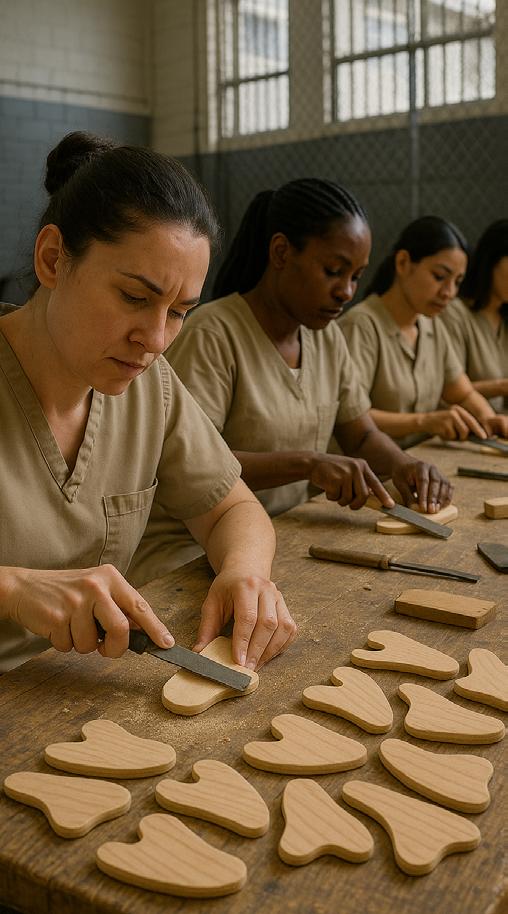
Incluir no es adaptar: es recordar que todos merecemos formar parte. El spa no tiene por qué ser un templo inalcanzable ni un club de perfección. Puede ser un espacio donde la piel se reconcilia con su historia, donde el cuerpo es aceptado sin juicio, y donde el alma—la de quien recibe y la de quien crea— encuentra alivio.
Soy Vane, mujer, madre, creativa, creyente del poder del amor propio y del poder de comunidad. En mi mundo, cuidar la piel también es cuidar la sociedad. Por eso, para mí, un spa inclusivo no se trata solo de accesibilidad física, sino de abrir el corazón a todos los cuerpos, todas las realidades, todas las segundas oportunidades.


Vanessa Álvarez Pelayo, is the founder of Love Yourself by Vane A. Pelayo, a Mexican natural skincare brand with social impact. Her line blends body wellness, self-love, and reintegration through purpose-driven products, including a Gua Sha carved by inmates in Mazatlán. loveyourselfbyvaneapelayo
Where skin begins and dignity is reborn
A spa can also be a space for reintegration, self-love, and second chances.
Wellness, like freedom, takes many forms. Sometimes it arrives as a gentle touch on the skin; other times, as a quiet act of justice. For me, it began with a postpartum crisis. In that moment of vulnerability, I realized that caring for my body wasn’t vanity—it was survival. And that loving my skin was the first step in feeling at home within myself again.
That’s how Love Yourself was born: a natural skincare brand, but also a message—feeling good is not an aesthetic privilege, it’s an emotional right. My products begin with physical intention, but carry a deeper purpose: to help women reclaim power over their bodies, their stories, and their unfiltered beauty.
Over the years, I’ve worked with women who feel lost in their own reflections. That’s why, beyond clean formulations and self-care rituals, I wanted to create an experience that touched the soul. That’s when life brought me to Fundación Origami A.C., and I understood that a spa could also be a place where second chances bloom.
Origami works inside the Mazatlán prison, offering productive workshops for people who are incarcerated. The first time I went in, I was invited to teach a workout class. I left changed. I saw men trying to rebuild themselves through effort, silence, and wood. I saw humanity—not sentence.
Two years later, our collaboration was born: the Gua Sha LYS, a body tool handcrafted in huanacaxtle wood by inmates. Each piece doesn’t just sculpt the skin—it carves hope, focus, and purpose. Every item carries the hands of someone rewriting their story.
Today, our Gua Shas are used in spa protocols across Mexico and beyond. They are part of treatments that do more than tone the skin—they expand the very definition of wellness. Because when an object carries dignity, it transforms both the user and the maker.
“When a Gua Sha carved in prison becomes a tool for selflove, wellness stops being aesthetic—and becomes justice.” Vanessa Álvarez
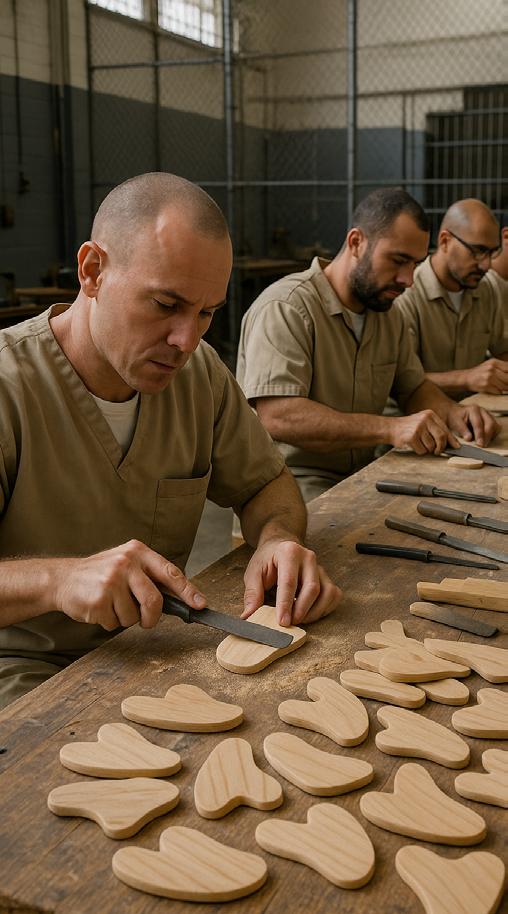
Inclusion is not adaptation—it’s a radical reminder that everyone deserves to belong. A spa doesn’t have to be an unreachable temple or a club of perfection. It can be a space where skin makes peace with its story, where the body is welcomed without judgment, and where the soul—both of the receiver and the creator—finds relief.
I’m Vane: a woman, mother, creator, and believer in the power of self-love and collective healing. In my world, skin care is also social care. That’s why, for me, an inclusive spa isn’t just about physical accessibility—it’s about opening the heart to all bodies, all realities, and all second chances.

FACE SPAce: El futuro del cuidado facial
se democratiza desde
Paradisus La
Perla
Inclusión, tecnología, resultados visibles y una nueva forma de vivir el bienestar facial.
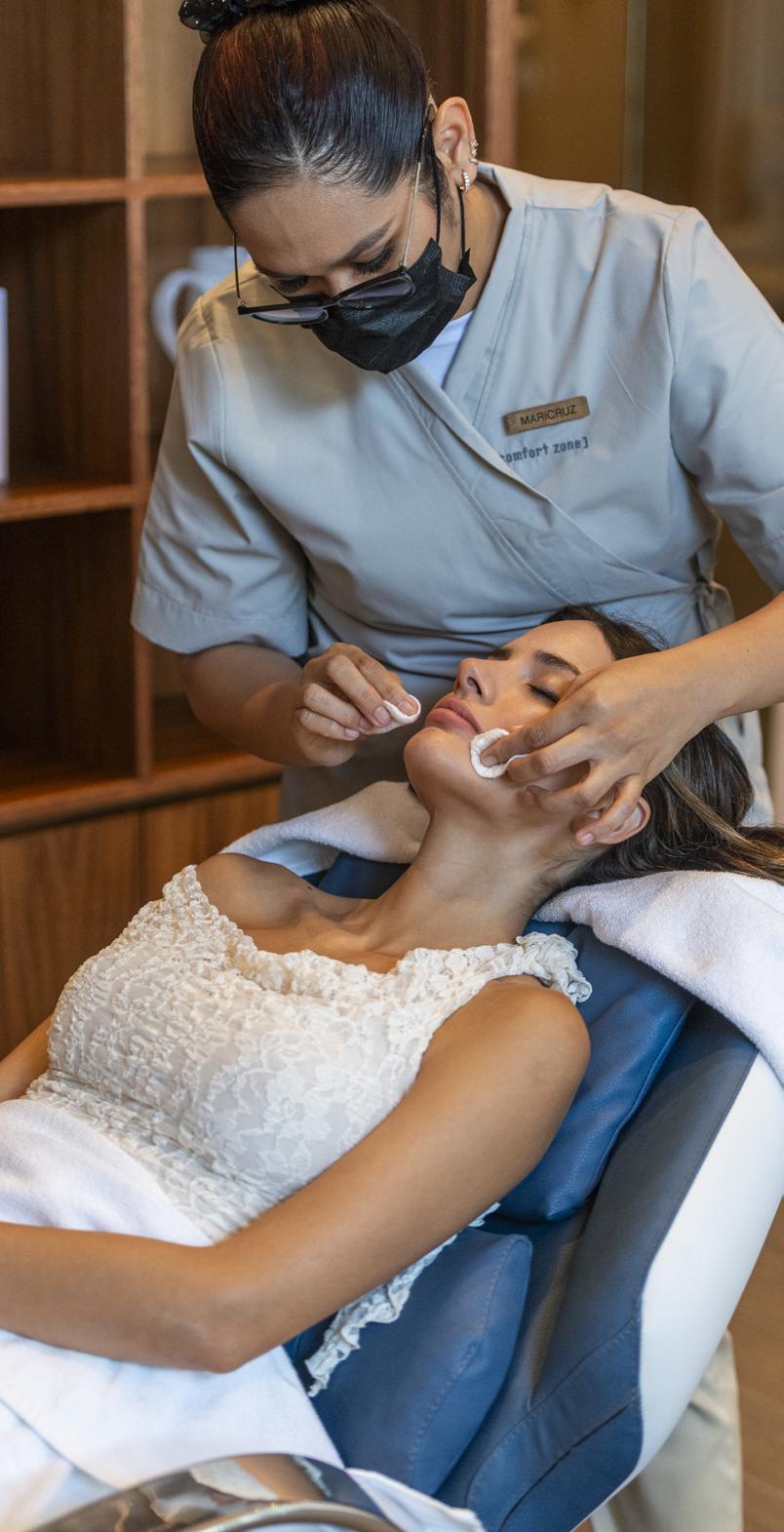
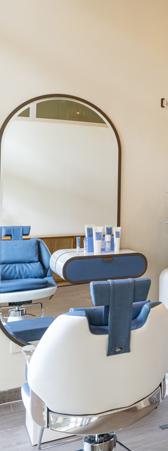
Reportaje de Fran Lugo
En un entorno que exige cada vez más propuestas accesibles, reales y centradas en las personas, FACE SPAce llega a México como un concepto pionero que redefine la experiencia del cuidado facial. Lanzado el pasado 5 de abril en Paradisus La Perla (Adults Only), Riviera Maya, este innovador espacio no es solo una estación de tratamientos: es un laboratorio de bienestar, tecnología, inclusión y conciencia de marca.
Una alianza que transforma el concepto de belleza
Durante el evento inaugural, Luis Ramírez, Director de Spa & Wellness de Paradisus, destacó que “este proyecto nace del deseo de evolucionar la experiencia spa hacia un entorno donde el bienestar esté al alcance de todos, donde se borren las etiquetas y donde el cuidado de la piel se convierta en una conversación activa con uno mismo y con su terapeuta.” Su mensaje fue claro: Face Space no está reservado para unos pocos, sino que se abre como una experiencia sin barreras, disponible para todos los huéspedes y pensada para distintos niveles de conocimiento y acceso.
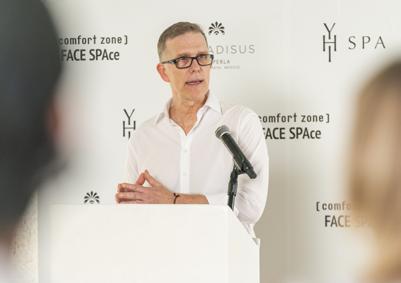
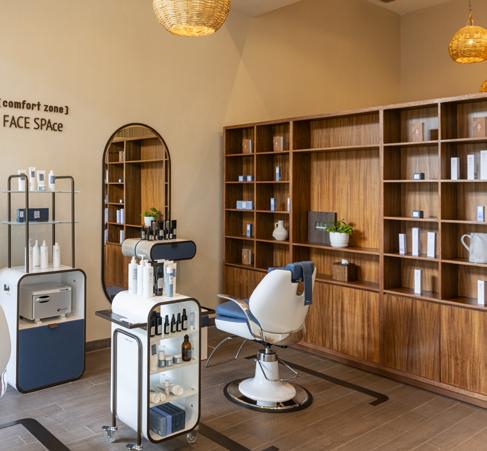
Una visión global con propósito local
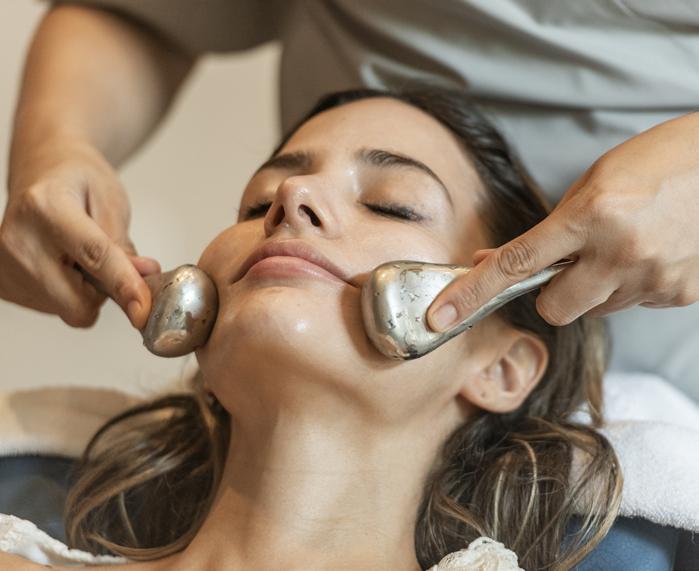
Brian Brazeau, Managing Director de Comfort Zone North America, dio contexto internacional al proyecto al compartir que “como marca B Corp, Comfort Zone se compromete a ser una fuerza para el bien. No buscamos ser los mejores en el mundo, sino los mejores para el mundo.” Subrayó que Face Space surge de años de investigación sobre los cambios en las expectativas del consumidor: personas que buscan un rol más activo, que quieren resultados visibles y una relación más directa con los tratamientos que reciben.
El concepto
FACE SPAce rompe con la idea tradicional del facial pasivo. Aquí, el cliente se convierte en protagonista de su propia experiencia. Desde el diseño del espacio hasta los protocolos exclusivos, todo está pensado para una experiencia social, interactiva y basada en resultados. “Si estás esperando un facial relajante, olvídalo. Si esperas una experiencia interactiva y orientada a resultados, eso es lo que obtendrás”, puntualizó Brazeau.
Democratizar el bienestar facial
En sintonía con el enfoque editorial de GoWellMag para este verano, donde la inclusividad y la democratización del bienestar son ejes temáticos, FACE SPAce se presenta como un testimonio tangible de cómo el wellness puede ser repensado para todos los estilos de vida. Su llegada a México, siendo el primer centro en América del Norte, posiciona a Paradisus La Perla como un referente de vanguardia.
Un llamado a experimentar
Como bien lo dijo Brazeau: “Quiero que cada uno de ustedes experimente Face Space.” No es solo un tratamiento facial, es una experiencia educativa, transformadora y empoderadora. Una que abraza la tecnología, la ciencia cosmética, la sostenibilidad y, sobre todo, a las personas. La belleza del futuro ya está aquí. Y es para todos.
Brian Brazeau

Report by Fran Lugo
FACE SPAce:
The
future of
skincare becomes more inclusive from Paradisus La Perla
Inclusion, technology, visible results, and a new way to experience facial wellness.
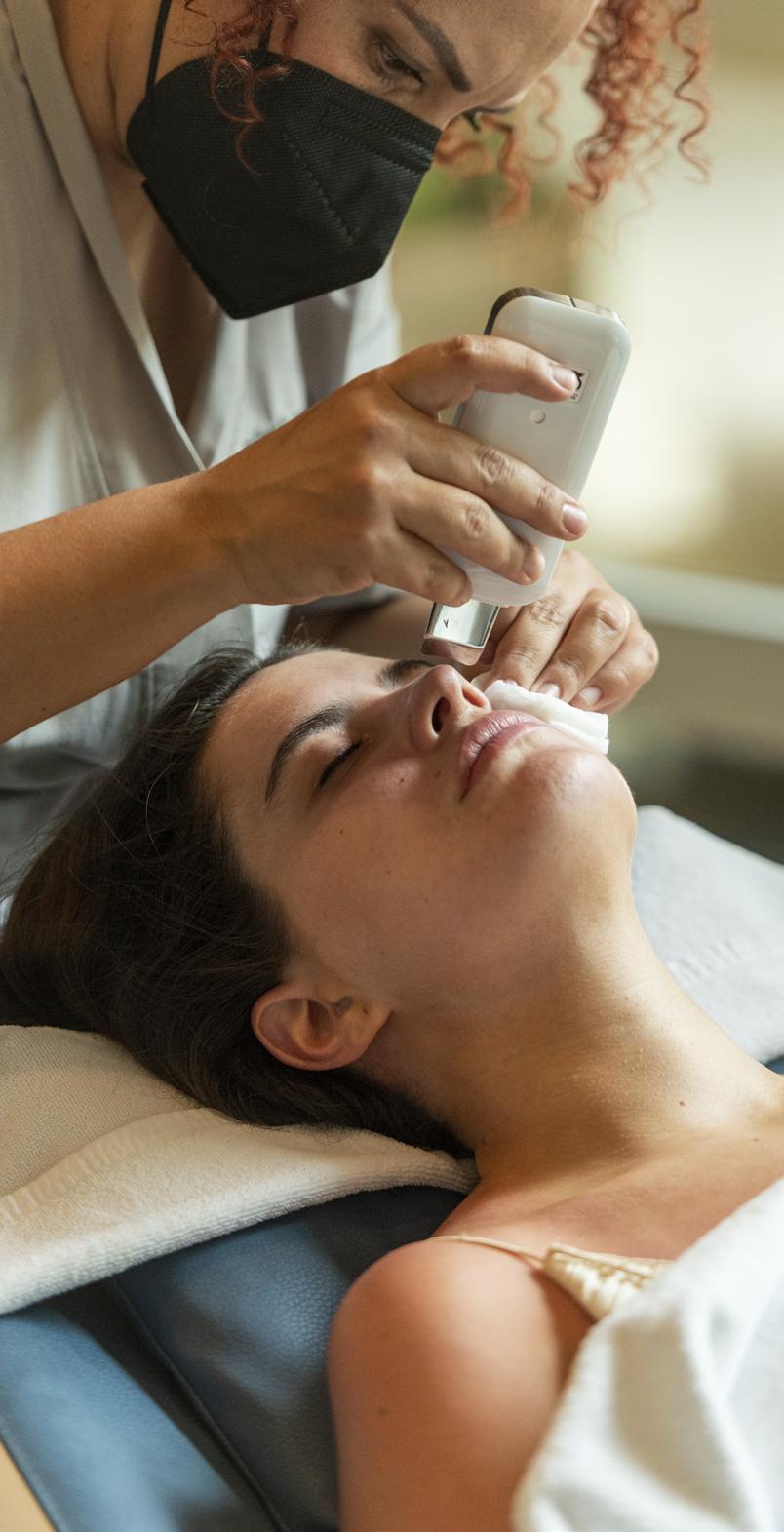

In a world demanding more accessible, authentic, and human-centered wellness proposals, FACE SPAce arrives in Mexico as a pioneering concept that redefines the skincare experience. Launched on April 5 at Paradisus La Perla (Adults Only), Riviera Maya, this innovative space is more than a treatment station, it’s a wellness laboratory powered by technology, inclusion, and brand consciousness.
A partnership redefining beauty
During the opening event, Luis Ramírez, Director of Spa & Wellness at Paradisus, emphasized: “This project was born from the desire to evolve the spa experience into a space where wellness is accessible to all, where labels are erased, and skincare becomes an active dialogue with oneself and the therapist.” His message was clear: Face Space is not reserved for a privileged few, it is open to everyone, designed to accommodate different levels of knowledge and access.
A global vision with local purpose
Brian Brazeau, Managing Director of Comfort Zone North America, brought an international
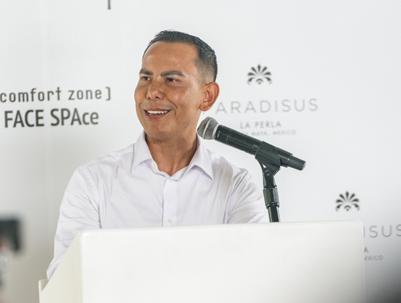

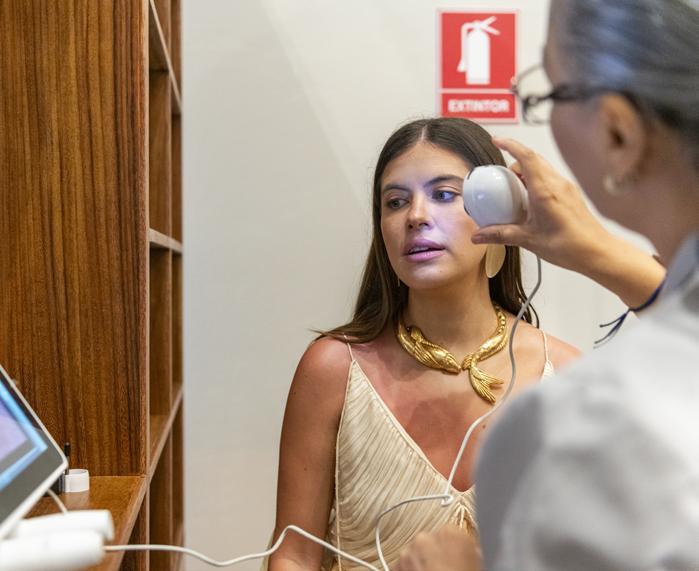
perspective to the project, stating: “As a B Corp, Comfort Zone is committed to being a force for good. We don’t aim to be the best in the world, but the best for the world.” He explained that Face Space is the result of years of research into changing consumer expectations, people seeking a more active role, visible results, and a more involved relationship with the treatments they receive.
The concept
FACE SPAce breaks away from the traditional, passive facial treatment. Here, the guest becomes the protagonist of their own skincare journey. From the space’s design to its exclusive protocols, everything is crafted for a social, interactive, and results-driven experience. “If you’re expecting a relaxing facial, forget it. If you’re looking for an interactive, results-oriented experience, that’s exactly what you’ll get,” Brazeau clarified.
Democratizing skincare wellness
In harmony with GoWellMag’s summer editorial theme, where inclusivity and the democratization of wellness are central pillars, FACE SPAce stands as tangible proof that wellness can be reimagined for every lifestyle. Its arrival in Mexico as the first center in North America positions Paradisus La Perla as a true pioneer in wellness innovation.
An invitation to experience
As Brazeau encouraged, “I want each and every one of you to experience Face Space.” It’s not just a facial, It’s an educational, transformative, and empowering journey. One that embraces technology, cosmetic science, sustainability, and above all, people.
The future of beauty is already here. And it’s for everyone.
Luis Ramírez
Permite que la magia de los cristales envuelva tu ser con luz y amor. Su energía eleva espacios de bienestar y potencia terapias holísticas con armonía y propósito.



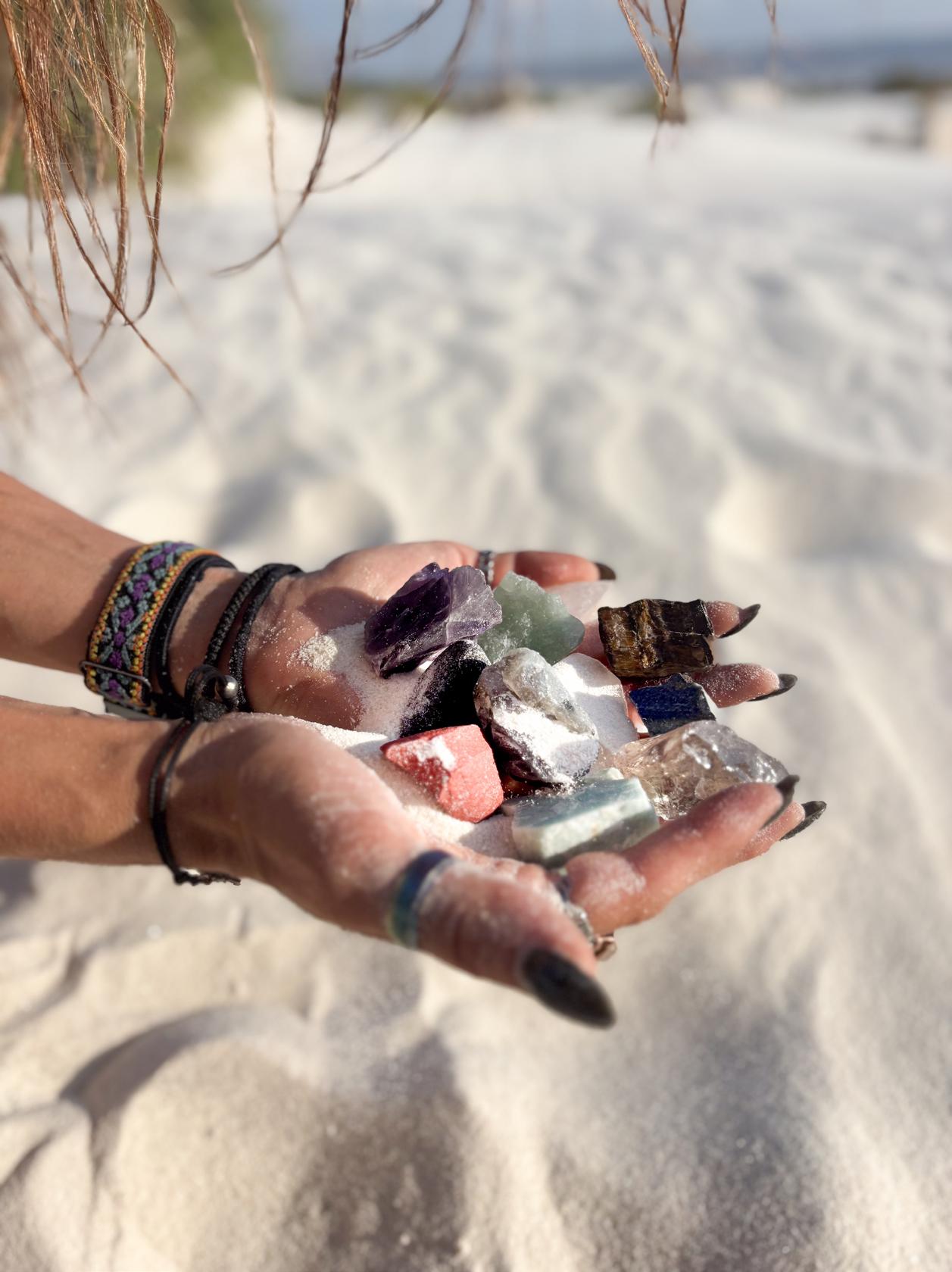
En Forma y Fabuloso
Fit & Fabulous
Ser y sentirse bien no es una talla, una estética ni una tendencia. En esta edición, “En Forma y Fabuloso” explora el bienestar como una expresión personal e intransferible.
Desde quienes lo enseñan y lo sostienen, hasta quienes lo viven como una revolución interna, esta sección honra cuerpos reales, historias honestas y la valentía de reconectar con uno mismo. Hablamos de consciencia, no de perfección. De transformación, no de rendimiento. Porque lo fabuloso no está en cómo te ves, sino en cómo te habitas. Y el bienestar, cuando es genuino, siempre empieza desde adentro.
Feeling well isn’t a size, a look, or a passing trend. In this edition, Fit & Fabulous explores wellness as a deeply personal and transformative journey.
From those who hold space for others, to those redefining their own narratives, this section celebrates real bodies, honest stories, and the courage to return to oneself. It’s about awareness, not perfection. Growth, not performance. Because being fabulous isn’t about how you appear, it’s about how you live in your body. And true wellness always begins from within.
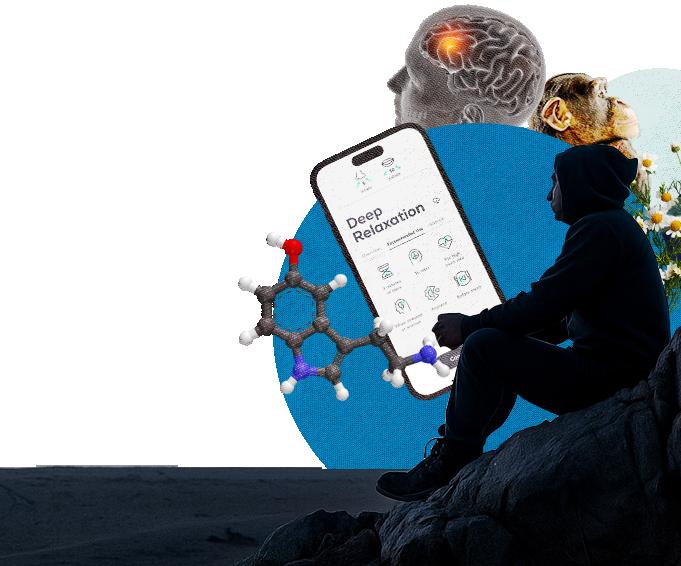
La evolución hacia la singularidad interior Del wellness al awareness: From wellness to awareness: The evolution toward inner singularity


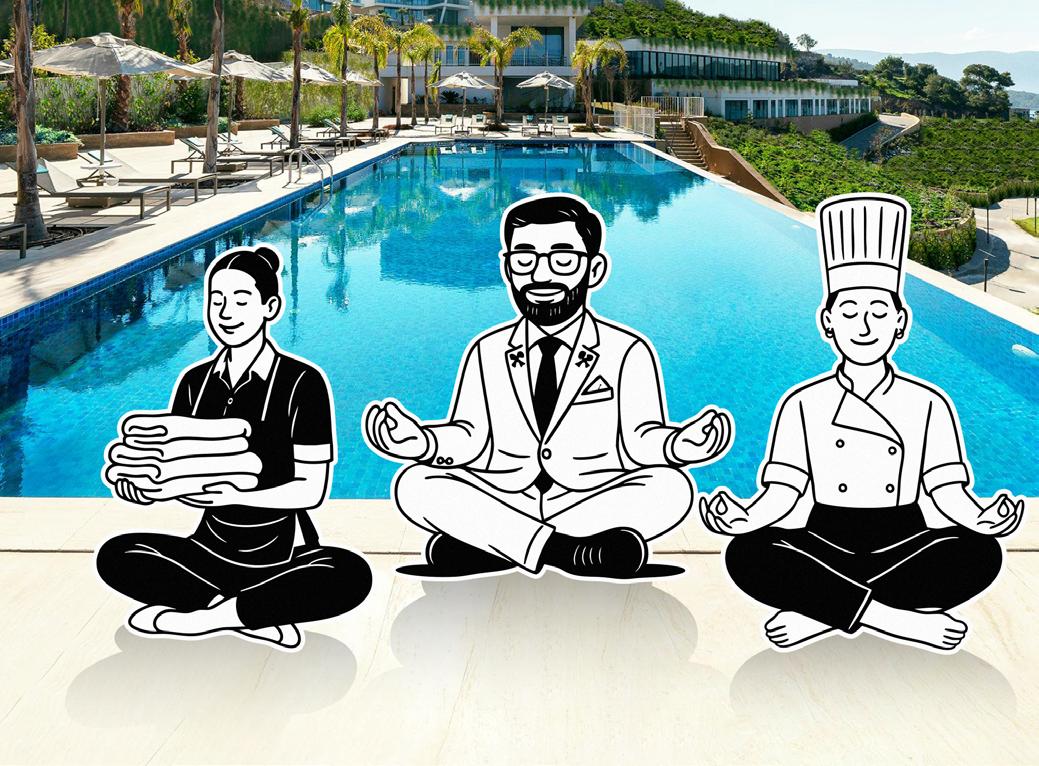

Ana Paula Domínguez, Fundadora del Instituto Mexicano de Yoga y creadora de eventos como el Encuentro Nacional de Yoga. Autora y consultora en estrategias digitales para marcas internacionales.
Ana Paula Dominguez @anapau.dominguez
Ana Paula Dominguez yoga.com.mx
Desde adentro: Cuando el bienestar comienza con quien lo hace posible
La verdadera hospitalidad nace cuando el cuidado no solo se ofrece al huésped, sino también a quien lo atiende.
Durante años, el bienestar en la hospitalidad ha sido sinónimo de experiencias sofisticadas para el huésped: rituales sensoriales, gastronomía saludable, spas de clase mundial. Sin embargo, una pregunta urgente emerge con más fuerza en esta era de consciencia: ¿Qué sentido tiene hablar de bienestar si no empieza por quien lo sostiene desde adentro?
Mi viaje hacia esta respuesta comenzó
diseñando eventos de bienestar para Grand Velas Riviera Nayarit. Ahí nació Wellnessing by Velas, una propuesta vibrante que acercó a los huéspedes a nuevas formas de cuidarse. Pero con el paso del tiempo comprendí algo esencial: el verdadero impacto del wellness no ocurre solo en el exterior. Sucede cuando toca también a quienes lo hacen posible cada día.
Desde hace más de cinco años, he tenido el privilegio de trabajar con los
“Si el bienestar es parte de tu oferta, debería ser primero parte de tu cultura.”
— Ana Paula Domínguez
colaboradores del hotel —recamaristas, cocineros, terapeutas, personal de ventas, concierge y más— con el objetivo de integrar herramientas simples pero poderosas: respiración consciente, posturas adaptadas de yoga para largas jornadas de pie o frente a una pantalla, prácticas breves de mindfulness, dinámicas de propósito compartido y fortalecimiento del trabajo en equipo. La lógica detrás es tan clara como profunda: cuando las personas se sienten bien, trabajan mejor. Cuando conocen el bienestar en carne propia, lo transmiten de forma auténtica.
Esta visión trasciende el simple cumplimiento de políticas laborales. Se alinea con una tendencia global respaldada por el Global Wellness Institute, que señala que el bienestar en el lugar de trabajo no solo reduce costos en salud, ausentismo y rotación, sino que aumenta el compromiso, la productividad y la conexión con el propósito.
Hoy más que nunca, el reto no es implementar grandes programas, sino crear pequeñas prácticas consistentes que generen bienestar real. Un espacio seguro donde respirar, mover el cuerpo, escuchar la mente,
compartir con el equipo. No se trata de transformar horarios enteros, sino de insertar microhábitos con intención. Y cuando eso ocurre, algo cambia. Los equipos se comunican mejor. El estrés se disuelve antes de volverse enfermedad. La empatía se vuelve parte del servicio. Porque no puedes dar lo que no tienes, y nadie puede sostener una cultura de hospitalidad desde el agotamiento.
En un mundo donde el bienestar ya no es un lujo, sino una necesidad organizacional, incluir a los colaboradores no es una estrategia opcional: es una decisión ética y rentable.
Esta es una invitación abierta a los líderes del sector. A los gerentes de hotel, directores de spa, responsables de recursos humanos: no esperen al próximo burnout para reaccionar. Empiecen ahora, desde lo simple, desde lo humano. Porque en cada persona que se siente bien comienza un círculo virtuoso que toca a todos: equipo, huésped, comunidad.
“El colaborador que se siente visto y cuidado no solo mejora su rendimiento: transforma la experiencia del huésped”
— Ana Paula Domínguez
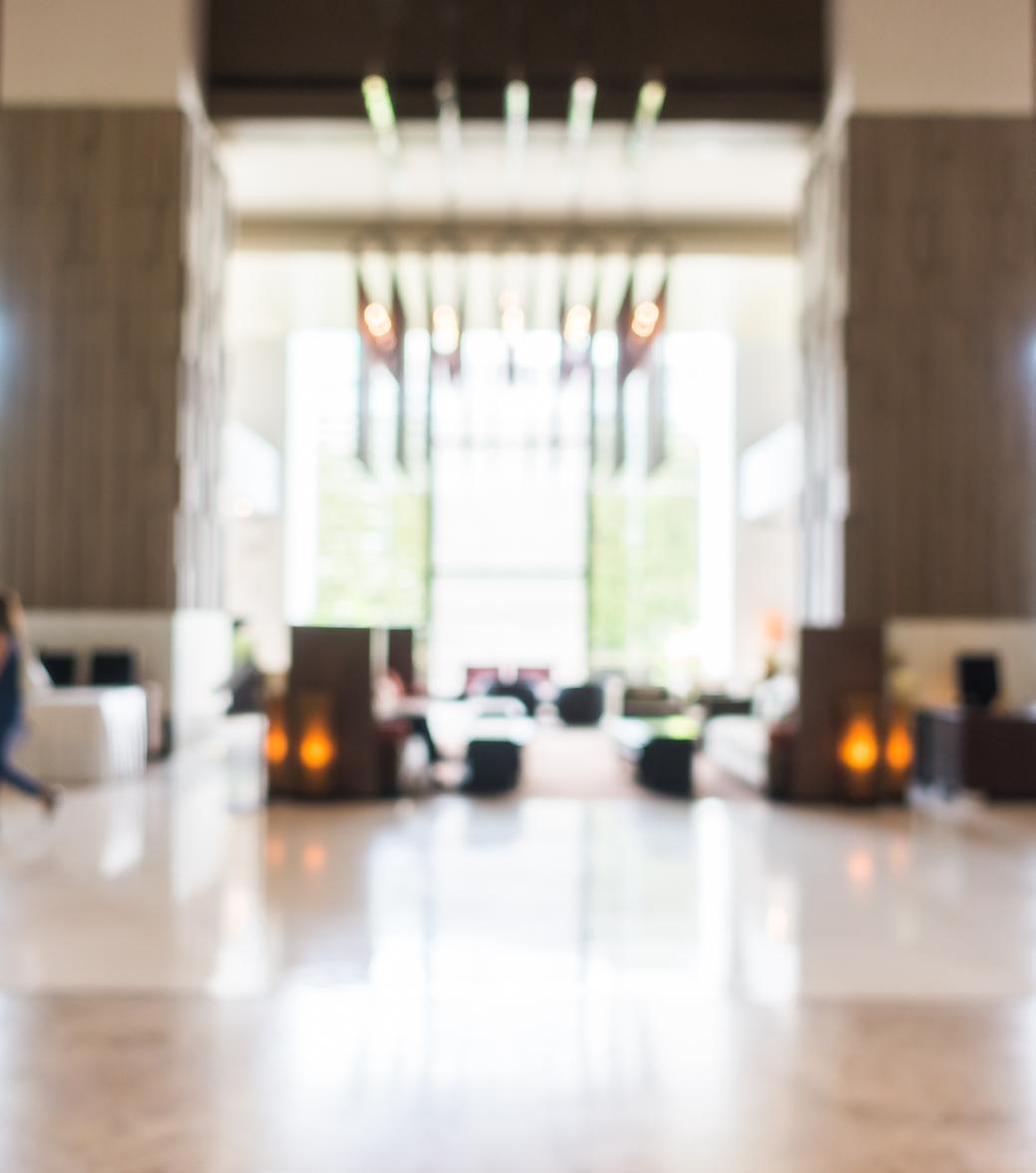
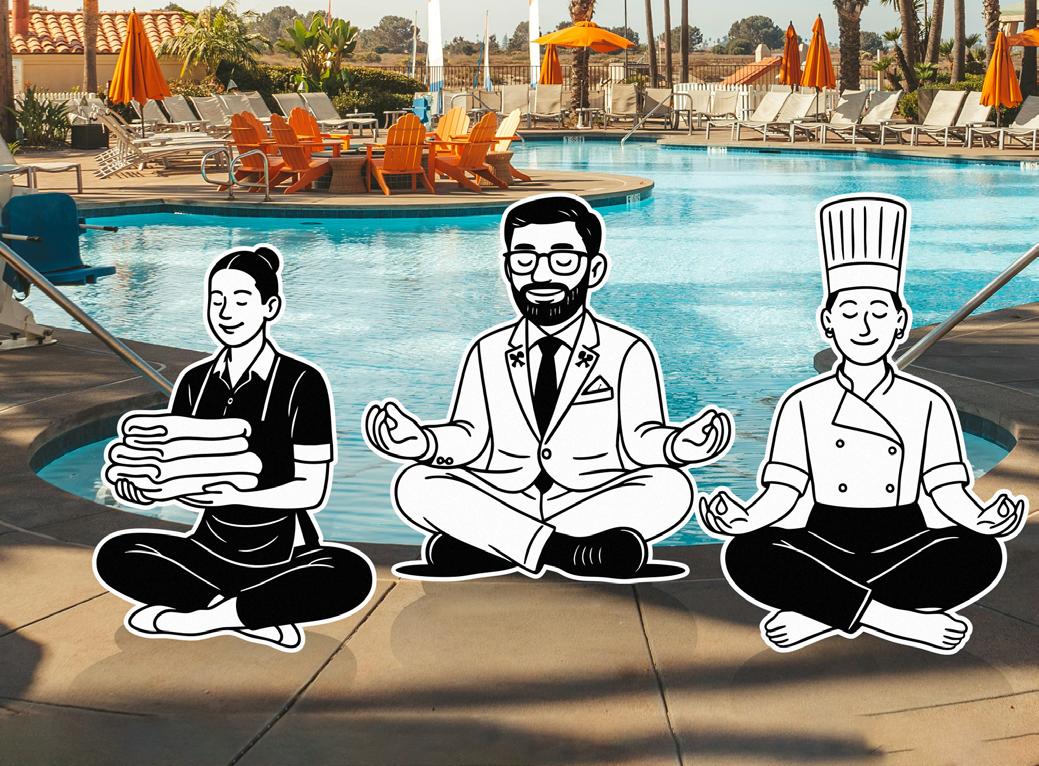

Ana Paula Domínguez, Founder of the Mexican Institute of Yoga and creator of events like the National Yoga Encounter. Author and consultant in digital strategies for international brands.
Ana Paula Dominguez @anapau.dominguez
Ana Paula Dominguez yoga.com.mx
Wellness from within: When hospitality begins
by caring for the caregivers
True hospitality begins when wellbeing is not only offered to guests, but deeply lived by those who serve them.
For years, wellness in hospitality has been synonymous with luxury: immersive spa rituals, healthy fine dining, and transformative guest experiences. But in this new era of awareness, a deeper question arises: What’s the point of offering wellness if it doesn’t start with those who uphold it from within?
My journey toward this realization began while designing wellness experiences
for Grand Velas Riviera Nayarit. That’s where Wellnessing by Velas was born—a vibrant initiative to introduce guests to meaningful self-care. But over time, I realized something essential: real impact doesn’t stop at the guest—it begins with the team.
For more than five years, I’ve worked directly with the hotel staff— housekeepers, chefs, spa therapists, concierges, salespeople—bringing
“If wellness is part of what you offer, it should first be part of who you are.”
— Ana Paula Domínguez
them tools that are simple yet powerful: conscious breathing, yoga postures adapted to long shifts standing or sitting, mindfulness practices for mental clarity, and group dynamics that nurture purpose and teamwork.
The philosophy is both simple and profound: when people feel well, they work better. And when they experience wellness firsthand, they share it with authenticity.
This vision goes far beyond checking boxes for labor compliance. It aligns with global insights from the Global Wellness Institute, which highlights that workplace wellbeing reduces healthrelated costs and absenteeism while increasing engagement, productivity, and purpose-driven culture.
The real challenge isn’t launching massive programs—it’s embedding small, consistent, human practices that generate genuine change. A safe space to breathe, stretch, be mindful, and connect as a team. Not about changing entire schedules, but weaving in micro-practices with intentionality.
And when this happens, something shifts. Teams communicate better. Stress dissolves before it becomes illness. Empathy becomes part of the service culture. Because you can’t give what you don’t have, and no one can sustain a culture of hospitality from burnout.
In a world where wellbeing is no longer a luxury but an organizational imperative, including your staff is not a trend—it’s a smart, ethical business decision.
This is an open call to the leaders in our industry—hotel managers, spa directors, HR leaders: don’t wait for the next burnout to take action. Start now. Start simple. Start human. Because every person who feels good sets in motion a ripple effect that reaches everyone: the team, the guests, the community.
“A team member who feels seen and cared for doesn’t just perform better—they elevate the guest experience.”
— Ana Paula Domínguez
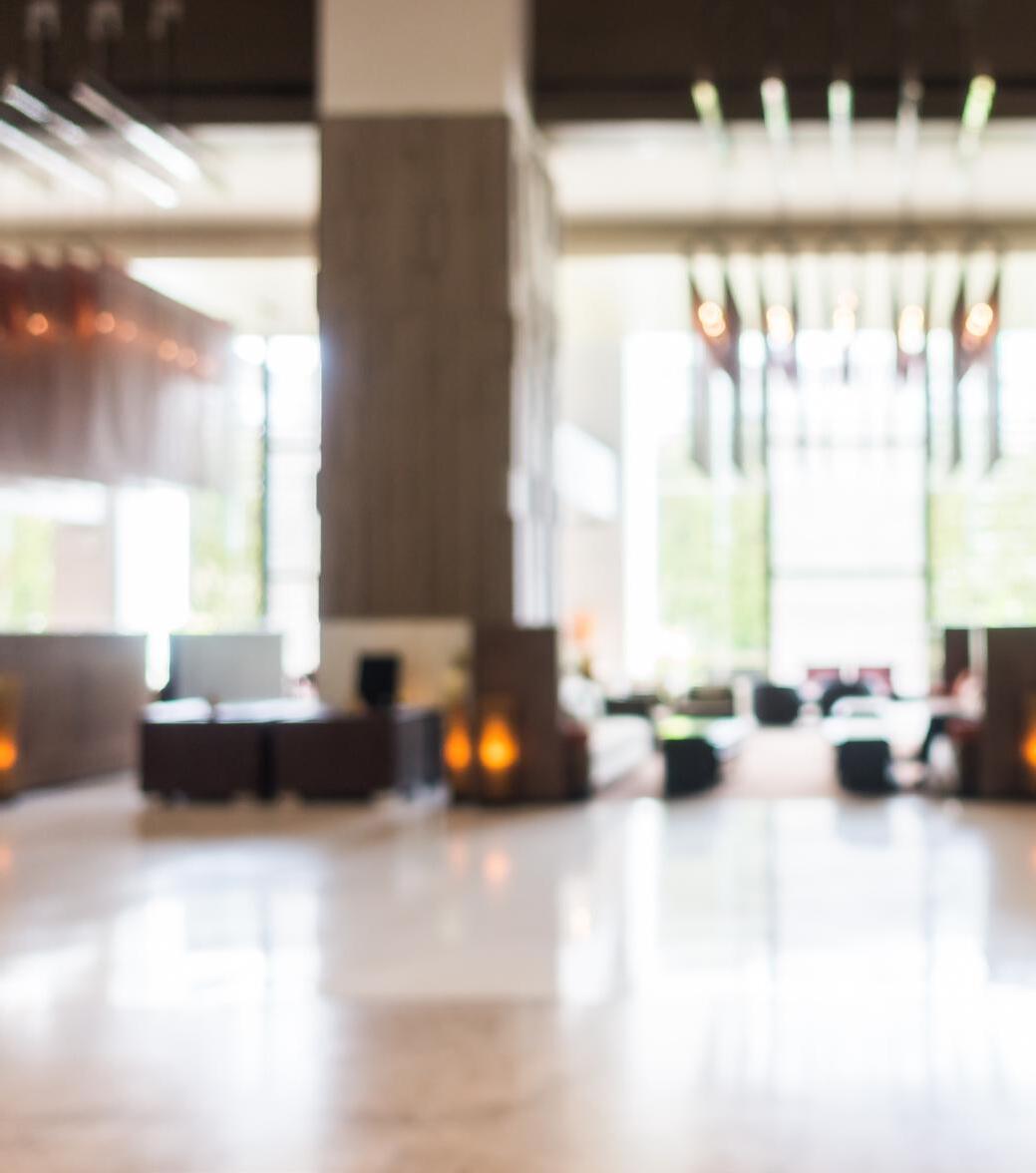

Oscar Velázquez González, ha dedicado los últimos años a explorar la transición del wellness al awareness. Es fundador de Neural, empresa que desarrolla tecnología inmersiva para la autoconciencia, y de ReWire Lab, un espacio donde la ciencia, la respiración y la exposición al contraste se combinan para facilitar procesos profundos de introspección. Su trabajo integra inteligencia artificial, biofeedback y sabiduría ancestral, proponiendo un futuro donde el ser humano se convierte en el laboratorio de sí mismo.
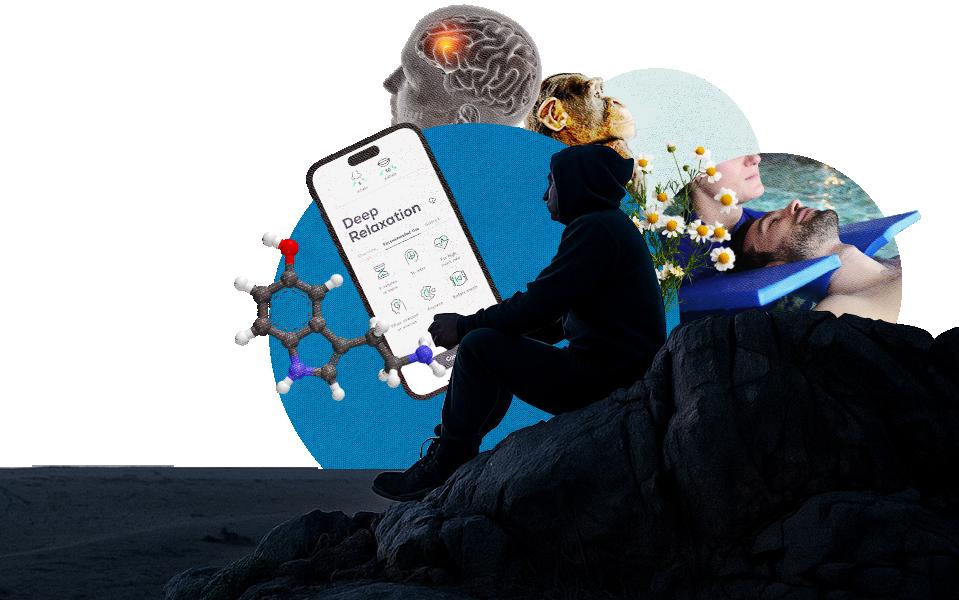
En los últimos años, la humanidad ha presenciado una transformación profunda en la forma de abordar el bienestar. El concepto tradicional de “wellness”, centrado en el cuidado del cuerpo y la mente, ha ganado popularidad como una respuesta a los ritmos acelerados de la vida moderna. Sin embargo, estamos entrando en una nueva etapa, más profunda y revolucionaria: el “awareness”, o autoconocimiento consciente.
Esta nueva perspectiva no se limita a sentirnos bien, sino que nos invita a mirar hacia adentro con valentía y curiosidad. Es un llamado a explorar los patrones que rigen nuestra mente, a comprender cómo nuestras emociones y pensamientos afectan nuestra biología, y a reconectar con una intuición que durante siglos fue silenciada por modelos externos de verdad. En lugar de buscar respuestas en dogmas, productos o soluciones externas, el awareness nos conduce a la observación interna como fuente primaria de comprensión y equilibrio.
El awareness parte de una premisa fundamental: el ser humano es una interfaz bioquímica, un sistema complejo en el que cada experiencia es el resultado de reacciones internas. Desde esta mirada, cada pensamiento, cada respiro y cada elección influyen directamente en nuestro estado físico, emocional y mental. Comprender esto nos empodera, nos devuelve la agencia sobre nuestro bienestar y nos invita a vivir con mayor coherencia.
Gracias a los avances en ciencia y tecnología, hoy contamos con herramientas que antes parecían ciencia ficción: sensores que miden ondas

cerebrales, respiración guiada por inteligencia artificial, terapias personalizadas basadas en datos fisiológicos. La innovación está al servicio de una nueva humanidad que no solo quiere sanar, sino comprenderse. Este camino hacia el “self-aware citizen” (ciudadano autoconsciente) marca un antes y un después. Es la integración de la biología con la conciencia, del cuerpo con la mente y el espíritu.
A medida que esta filosofía se expande, también se transforma nuestra definición de salud. Ya no se trata solo de prevenir enfermedades, sino de cultivar una relación profunda con uno mismo. Las prácticas ancestrales como la respiración consciente, la hidroterapia, el ayuno, el silencio y el uso de plantas medicinales resurgen con fuerza, ahora respaldadas por estudios científicos que validan su eficacia. Estas prácticas, combinadas con tecnología de vanguardia, crean experiencias inmersivas que nos llevan a explorar nuestros límites internos y descubrir nuevas formas de armonizarnos.
El “inner journey” (viaje interior) se vuelve entonces una expedición esencial en un mundo que ya no puede sostenerse en la desconexión. Al reconocer que nuestra relación con el entorno refleja nuestra relación interna, comprendemos que el cambio global comienza por la transformación individual.
El futuro
de la
salud
está
enraizado en el presente de la introspección. Y ese futuro, ya comenzó.
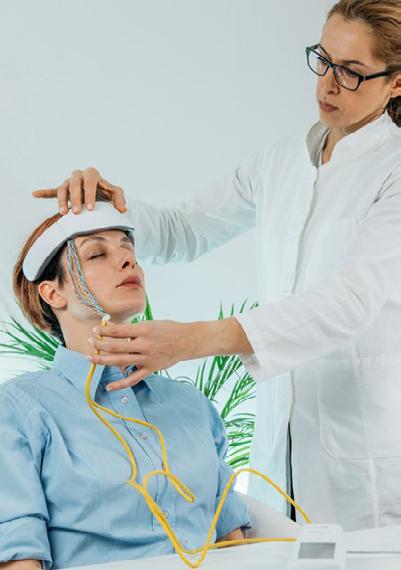
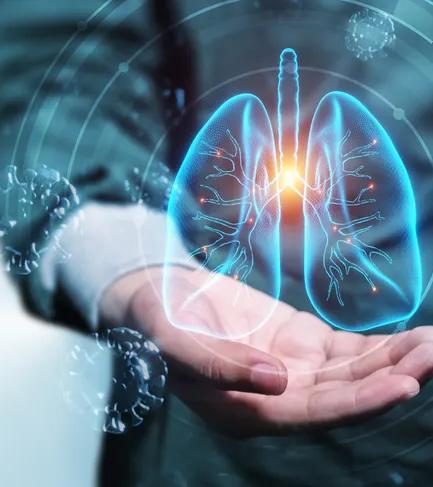
Cada ser humano que se vuelve consciente de sus patrones, de su respiración, de sus ciclos y emociones, aporta a un tejido colectivo más consciente, compasivo y resiliente.
En este contexto emergen nuevas iniciativas que integran ciencia, tecnología y sabiduría ancestral para facilitar procesos de introspección profunda. Estas experiencias utilizan herramientas como terapias de contraste (saunas e ice baths), biofeedback, cromoterapia, sonido inmersivo y control inteligente para guiar al usuario hacia un estado de autoconciencia. También existen espacios físicos dedicados a experimentar estos procesos, acompañados de respiración, movimiento y meditación.
Todas estas propuestas parten de una misma visión: el ser humano como laboratorio de sí mismo. En lugar de soluciones generalizadas, proponen caminos personalizados, adaptados a las emociones, necesidades y objetivos de cada persona. Esta filosofía plantea que la verdadera tecnología es la que nos lleva hacia adentro, que no distrae ni sobre estimula, sino que escucha, regula y acompaña.
La evolución del wellness al awareness no es una moda, sino una necesidad evolutiva. En un mundo saturado de información y estímulos, la capacidad de pausar, sentir y comprendernos es un acto revolucionario. Esta transición redefine la relación entre humanidad y tecnología, entre cuerpo y consciencia, entre ciencia y sabiduría.

Oscar Velázquez González, has dedicated recent years to exploring the transition from wellness to awareness. He is the founder of Neural, a company developing immersive technology for selfawareness, and of ReWire Lab, a space where science, breathwork, and contrast exposure combine to facilitate deep introspective processes. His work integrates artificial intelligence, biofeedback, and ancestral wisdom, proposing a future in which the human being becomes the laboratory of the self.

In recent years, humanity has witnessed a profound transformation in how we approach wellbeing. The traditional concept of wellness, focused on physical and mental care, has gained popularity as a response to the fastpaced rhythms of modern life. However, we are now entering a new, deeper, and more revolutionary phase: awareness, or conscious self-knowledge.
This new perspective is not only about feeling good; it invites us to look inward with courage and curiosity. It’s a call to explore the patterns that shape our minds, to understand how our emotions and thoughts affect our biology, and to reconnect with the intuition that was long silenced by external models of truth. Rather than seeking answers in dogmas, products, or external solutions, awareness leads us to internal observation as a primary source of understanding and balance.
Awareness starts from a fundamental premise: the human being is a biochemical interface, a complex system where every experience is the result of internal reactions. From this perspective, every thought, every breath, and every choice directly influences our physical, emotional, and mental state. Understanding this empowers us, returns agency over our wellbeing, and invites us to live more coherently.
Thanks to advances in science and technology, we now have tools that once seemed like science fiction: brainwave sensors, AI-guided breathing, and personalized therapies based on physiological data. Innovation now serves a new humanity, one that not only wants to heal but to understand itself. This

path toward the self-aware citizen marks a new era: an integration of biology and consciousness, body and mind, science and spirit.
As this philosophy expands, so does our definition of health. It’s no longer just about disease prevention but about cultivating a deep relationship with ourselves. Ancient practices such as conscious breathing, hydrotherapy, fasting, silence, and medicinal plants are resurfacing, now validated by scientific studies. Combined with cutting-edge technology, they create immersive experiences that help us explore our inner limits and discover new ways to achieve harmony.
The inner journey becomes an essential expedition in a world that can no longer sustain disconnection. Recognizing that our relationship with the external world reflects our inner state reveals that global change begins with individual transformation. Every human who becomes aware of their patterns, breath, cycles, and emotions contributes to a more conscious, compassionate, and resilient collective fabric.
Emerging initiatives now integrate science, technology, and ancestral wisdom to support deep introspective processes. These experiences use tools like contrast therapy (saunas and ice baths), biofeedback, chromotherapy,
The future of health is rooted in the present of introspection. And that future has already begun.


immersive sound, an Intelligent environmental control to guide users toward self-awareness, often supported by breathwork, movement, and meditation.
All these approaches share a single vision: the human being as their own laboratory. Rather than offering generic solutions, they propose personalized paths tailored to each individual’s emotions, needs, and goals. This philosophy asserts that true technology is that which leads us inward— not one that distracts or overstimulates, but one that listens, regulates, and supports.
The evolution from wellness to awareness is not a trend—it’s an evolutionary necessity. In a world saturated with information and stimuli, the ability to pause, feel, and understand ourselves is a revolutionary act. This shift redefines the relationship between humanity and technology, between body and consciousness, between science and wisdom.
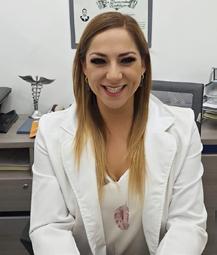
Erica Ruiz Velasco Reséndiz
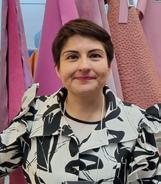
▴Lizet Esquivel, es editora global de la sección WOMEN WHO INSPIRE de welum. com y consultora de bienestar, transformando la cultura organizacional a través de planes personalizados.
Peso saludable vs. estándares estéticos: Una visión integral del bienestar.
Cuando la ciencia y la conciencia se encuentran para transformar el bienestar en inclusión
En la actualidad, el concepto de bienestar ha evolucionado más allá de la simple estética. Mientras el movimiento Body-Positive impulsa la aceptación de la diversidad corporal, la medicina enfatiza la importancia de la salud y la prevención de enfermedades asociadas al peso. Pero ¿cómo encontrar un equilibrio entre ambos enfoques sin caer en extremos?
En GoWell Magazine, nos sumergimos en esta conversación con la Dra. Erica Ruiz Velasco Reséndiz, especialista en bariatría y nutrición
clínica, cuya formación en PsicoBariatría, CardioBariatría y Nutriterapia por el Instituto de Enseñanza de Salud en México le permite abordar el bienestar desde una perspectiva integral. Su enfoque busca redefinir la relación entre pérdida de peso y aceptación corporal, priorizando la salud sin sacrificar la confianza y la autoimagen de cada persona. Descubre cómo la ciencia y la conciencia pueden ir de la mano en la revolución del Body-Positive Wellness.
El peso y la salud: más allá de la apariencia
La pérdida de peso no debe verse solo como una cuestión estética, sino como un aspecto clave para la salud. El peso corporal influye directamente en el desarrollo de enfermedades crónicas como diabetes, hipertensión, resistencia a la insulina, hígado graso y dislipidemia, entre otras. Sin embargo, es fundamental considerar la estructura y el tipo de cuerpo de cada persona para establecer objetivos de peso realistas y saludables, ajustados a sus características físicas.
Se reconocen tres tipos de complexión física:
1. Ectomorfo: personas delgadas, con extremidades largas, hombros pequeños, poca masa muscular, metabolismo acelerado y dificultad para ganar peso.
2. Mesomorfo: complexión atlética, piernas fuertes, buena respuesta al ejercicio, mayor facilidad para ganar masa muscular, estructura ósea grande.
Además, existen seis tipos corporales:
1. Triángulo: cadera más ancha que los hombros.
3. Endomorfo: cuerpo más redondeado, extremidades cortas, estructura ósea robusta y poca masa muscular.
2. Oval: abdomen prominente, hombros y caderas anchas, piernas delgadas.
3. Rectángulo: hombros y caderas alineados, poca definición de cintura.
4. Reloj de arena: busto y caderas amplios, cintura pequeña.
5. Triángulo invertido: hombros anchos y caderas estrechas.
6. Columna: figura alargada, hombros estrechos y poco busto.
Una vez identificada la complexión y el tipo de cuerpo, se explican sus implicaciones tanto en el proceso de pérdida de peso como en la percepción de la figura “ideal”. Si la imagen que alguien tiene en mente no corresponde a su realidad física, es probable que aparezca frustración. En cambio, ofrecer una referencia realista y alineada con la estructura corporal permite establecer metas alcanzables, impulsar el progreso y fomentar una autoimagen más positiva. Así se pueden definir objetivos de pérdida de peso que no solo impactan la estética, sino que ayudan a prevenir enfermedades crónicas y a construir un bienestar sostenible.
Hábitos antes que obsesiones: el verdadero camino hacia la salud
El primer paso para alcanzar un equilibrio saludable es dejar de enfocarse únicamente en el peso y comenzar a priorizar hábitos que promuevan el bienestar integral. Mantener una alimentación balanceada, realizar actividad física y respetar los horarios de sueño son acciones clave. Estos hábitos favorecen el autoconocimiento corporal, permitiéndonos distinguir entre hambre real y antojo, identificar alimentos que provocan inflamación o fatiga, y responder de forma más consciente a nuestras necesidades reales.
Cada cuerpo es único y responde de forma distinta. No hay una sola ruta ni un solo ritmo, solo procesos individuales que deben ser respetados. 3 5 1 4 6 2
Aliados posibles: cuando la ciencia y el Body-Positive se encuentran
Sí, es posible construir un enfoque de bienestar que sea inclusivo sin dejar de lado la salud. La clave está en entender que no existe un “peso ideal” universal. El porcentaje de grasa corporal es un indicador más relevante que el número en la báscula, ya que está directamente relacionado con el desarrollo de enfermedades. Y este porcentaje puede variar significativamente dependiendo de la complexión y el tipo de cuerpo.
La frustración de perseguir estándares imposibles
Muchas personas viven atrapadas en la frustración de intentar parecerse a un modelo idealizado. Ese “estándar de belleza” que cada quien guarda en su mente —inspirado por celebridades o figuras públicas— no siempre corresponde con la estructura real del propio cuerpo. Cuando esa imagen ideal no coincide con su tipología, surge la sensación de fracaso.
Pero cuando se comprende cuál es el tipo de cuerpo propio y cómo sería realmente un proceso saludable de transformación, la experiencia cambia. Se disfruta más el camino, se fortalecen la motivación y la autoestima, y se logran los objetivos desde un lugar más auténtico.
Aceptar no es resignarse: promover hábitos sin normalizar la obesidad
Aceptar el cuerpo no significa ignorar los riesgos de salud. Es fundamental diferenciar entre apariencia física y salud real. Cuando los profesionales hablamos de “peso saludable”, no nos referimos a un cuerpo delgado, sino a un organismo funcional, libre de factores de riesgo que puedan derivar en enfermedades crónicas. Alcanzar ese estado de salud se logra mediante hábitos positivos y respetando los tiempos y procesos de cada persona.
Gordofobia: la barrera invisible que margina el acceso a la salud
El estigma hacia los cuerpos grandes tiene consecuencias físicas, mentales y emocionales. Este prejuicio puede intensificar la ansiedad, empeorar trastornos alimenticios y llevar a muchas personas a evitar espacios sociales por miedo al juicio. Pero lo más grave es que este estigma también se reproduce en los consultorios médicos: muchos profesionales de la salud omiten una evaluación integral y se limitan a culpar al peso, ignorando posibles diagnósticos importantes.
Esto limita la calidad de la atención médica y, en muchos casos, impide detectar enfermedades a tiempo.
El papel del profesional de salud en la construcción de un bienestar más inclusivo
Los profesionales de la salud jugamos un rol clave en la transformación del bienestar. Nuestra labor no solo implica conocimiento técnico, sino también empatía y conciencia social. Es vital cuestionar nuestros propios sesgos, capacitarnos en diversidad corporal y utilizar un lenguaje que priorice la salud antes que la imagen.
El bienestar no se construye en solitario. Es el resultado de un proceso multidisciplinario donde la salud física, emocional y social convergen.


▴Lizet Esquivel, is the Global Editor of the WOMEN WHO INSPIRE section at Welum. com and a wellness consultant dedicated to transforming organizational culture through personalized wellbeing strategies.
Healthy weight vs. aesthetic standards: An integrated vision of wellbeing
When science and self-awareness come together to transform wellness into inclusion
Today, the concept of wellness has evolved beyond mere aesthetics. While the Body-Positive movement promotes acceptance of body diversity, medicine emphasizes the importance of health and preventing weight-related diseases. But how do we find balance between both approaches without falling into extremes?
At GoWell Magazine, we dive into this timely conversation with Dr. Erica Ruiz Velasco Reséndiz, a specialist in bariatrics and clinical nutrition. Her
advanced training in PsychoBariatrics, CardioBariatrics, and NutriTherapy from the Health Education Institute of Mexico allows her to approach wellness from an integrative perspective. Her approach redefines the relationship between weight loss and body acceptance, prioritizing health without sacrificing confidence and self-image. Discover how science and awareness can walk hand in hand in the Body-Positive Wellness revolution.
Erica Ruiz Velasco Reséndiz
Weight and Health: Beyond Appearance
Weight loss should not be seen solely as an aesthetic concern, but as a critical aspect of overall health. Body weight directly impacts the development of chronic conditions such as diabetes, hypertension, insulin resistance, fatty liver, and dyslipidemia. However, it is essential to consider a person’s body structure and type to set healthy and realistic goals.
and realistic goals.
There are three primary body types:
1. Ectomorph: Lean individuals with long limbs, small shoulders, low muscle mass, fast metabolism, and difficulty gaining weight or muscle.
2. Mesomorph: Athletic build with strong legs, natural strength, larger bone structure, symmetrical appearance, and ease gaining muscle.
And six common body shapes:
1. Triangle: Hips wider than shoulders.
3. Endomorph: Larger bone structure, rounder bodies with shorter limbs, lower muscle mass, and greater fat storage.
2. Oval: Protruding abdomen, wide hips and shoulders, thin legs.
3. Rectangle: Balanced hips and shoulders, little waist definition.
4. Hourglass: Ample bust and hips with a small waist.
5. Inverted Triangle: Broad shoulders and narrow hips.
6. Column: Narrow shoulders, small chest, minimal waist, tall build.
Once body type and structure are identified, patients can better understand how these factors affect their weight loss journey and perception of an “ideal” figure. If someone’s mental image of their goal body doesn’t match their actual structure, they are likely to feel frustrated. By offering a realistic reference aligned with their body type, they can set achievable goals, make progress more fluidly, and embrace their image. This also supports better prevention and management of chronic conditions, promoting holistic wellbeing.
Habits over obsession: A more sustainable path to health
The first step toward a healthier balance is to stop focusing solely on the scale and start prioritizing healthy habits. A balanced diet, physical activity, and consistent sleep routines are essential. These habits help you get to know your body better, differentiate true hunger from cravings, and identify which foods cause fatigue or inflammation.
It’s important to remember that every body is different and responds uniquely. Progress happens at each person’s own pace, without a universal “good” or “bad” standard. It’s simply an individual journey. 3 5 1 4 6 2
When Body-Positivity and Medical Science Become Allies
Yes, both approaches can work together to build a more inclusive wellness model without compromising health. There are many body types, which means there is no single “ideal” weight or standard. In fact, body fat percentage is more important than total weight, as it has a direct link to the development of chronic diseases. Weight may vary greatly depending on a person’s structure and shape.
Escaping the Trap of Impossible Beauty Standards
Many people struggle emotionally while trying to match their body to an unrealistic ideal. Often, we hold a mental image of a celebrity or influencer we admire—and wish we could look like. The problem is that there are six primary body shapes, and if your ideal doesn’t align with your natural structure, frustration is inevitable.
However, understanding your body type and how your own weight loss process would realistically unfold allows you to enjoy the journey, stay motivated, and reach your goals in a way that is kind to yourself.
Promoting Health Without Glorifying Obesity
It’s vital to distinguish health from physical appearance. When doctors speak of a “healthy weight,” we are not referring to thinness—we’re talking about maintaining a body that functions optimally and prevents or slows disease progression. This is achieved through healthy habits and respecting each person’s natural pace.
The Impact of Fatphobia on Wellbeing and Access to Care
Stigma against larger bodies has serious consequences— physically, mentally, and emotionally. It can exacerbate anxiety, worsen disordered eating, and lead people to avoid social situations out of fear of being judged. This judgment often comes not only from the public but also from healthcare
providers who overlook deeper issues and rely on a number on the scale to evaluate health.
This barrier often delays diagnosis and prevents patients from receiving the care they need.
The Role of Health Professionals in Shaping a More Inclusive Wellness Narrative
As healthcare professionals, we play a key role in shaping people’s wellness journeys. It is our responsibility to act with empathy and social awareness. This means not operating from personal bias, educating ourselves on body diversity, and using neutral, inclusive language that emphasizes health—not appearance.
True wellbeing is not a solo effort. It is the result of a multidisciplinary process where physical, emotional, and social health come together to support the whole person.
No diseñamos servicios, Diseñamos legados.



Horizontes Curativos Healing Horizons
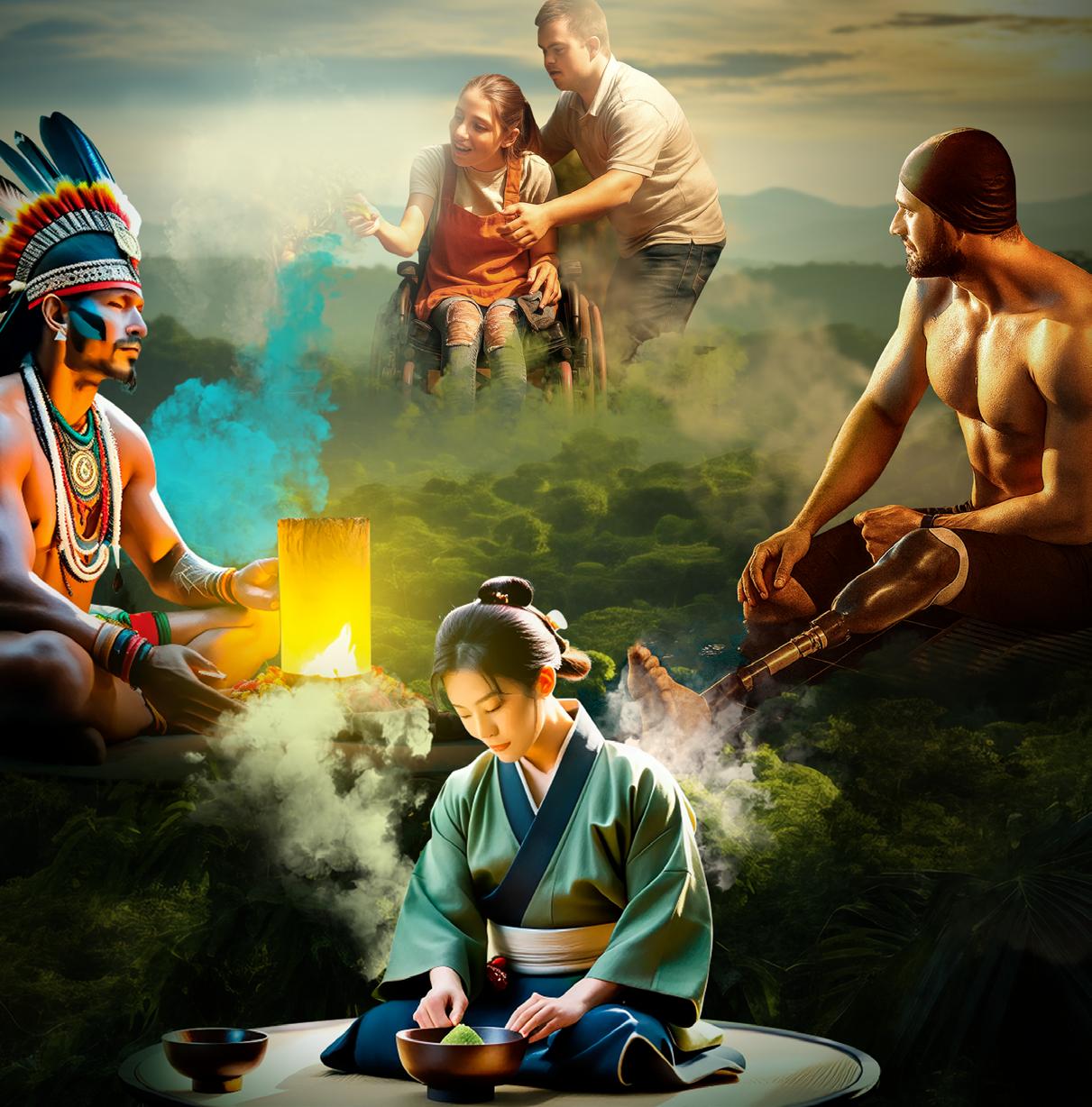
Sanar es mucho más que restaurar el cuerpo: es volver a pertenecer. En esta edición, Horizontes Curativos nos lleva al límite donde el bienestar se encuentra con la justicia, la longevidad con la equidad, y el futuro con la conciencia colectiva.
Desde la dignidad de habitar un cuerpo largo tiempo excluido, hasta la urgente necesidad de desmercantilizar el bienestar como derecho humano, esta sección amplía el horizonte de lo posible. Aquí, sanar también es cuestionar. Y el horizonte más curativo es aquel que se atreve a imaginar un bienestar sin etiquetas, sin barreras y sin precio de entrada.
Healing is more than restoring the body—it’s reclaiming a sense of belonging. In this edition, Healing Horizons leads us to where wellness meets justice, longevity meets equity, and the future meets collective consciousness.
| From honoring long-excluded bodies to urgently calling for the de-commodification of wellness, this section stretches the very edges of what healing can mean. Here, to heal is also to question. And the most powerful horizon is the one that dares to envision wellness with no labels, no limits, and no price tag.
verdadero costo del bienestar:
De la exclusión al ecosistema regenerativo
true cost of wellness: From exclusion to a regenerative ecosystem

Ian Jeffery , Director de Bali Soul Wellness, con 40 años en medios y liderazgo. Su filosofía es clara: el servicio es la clave. Director de Bali Soul Wellness, con 40 años en medios y liderazgo.
balisoulwellness
Bali Soul Wellness
balisoulwellness.com soulutions2@gmail.com
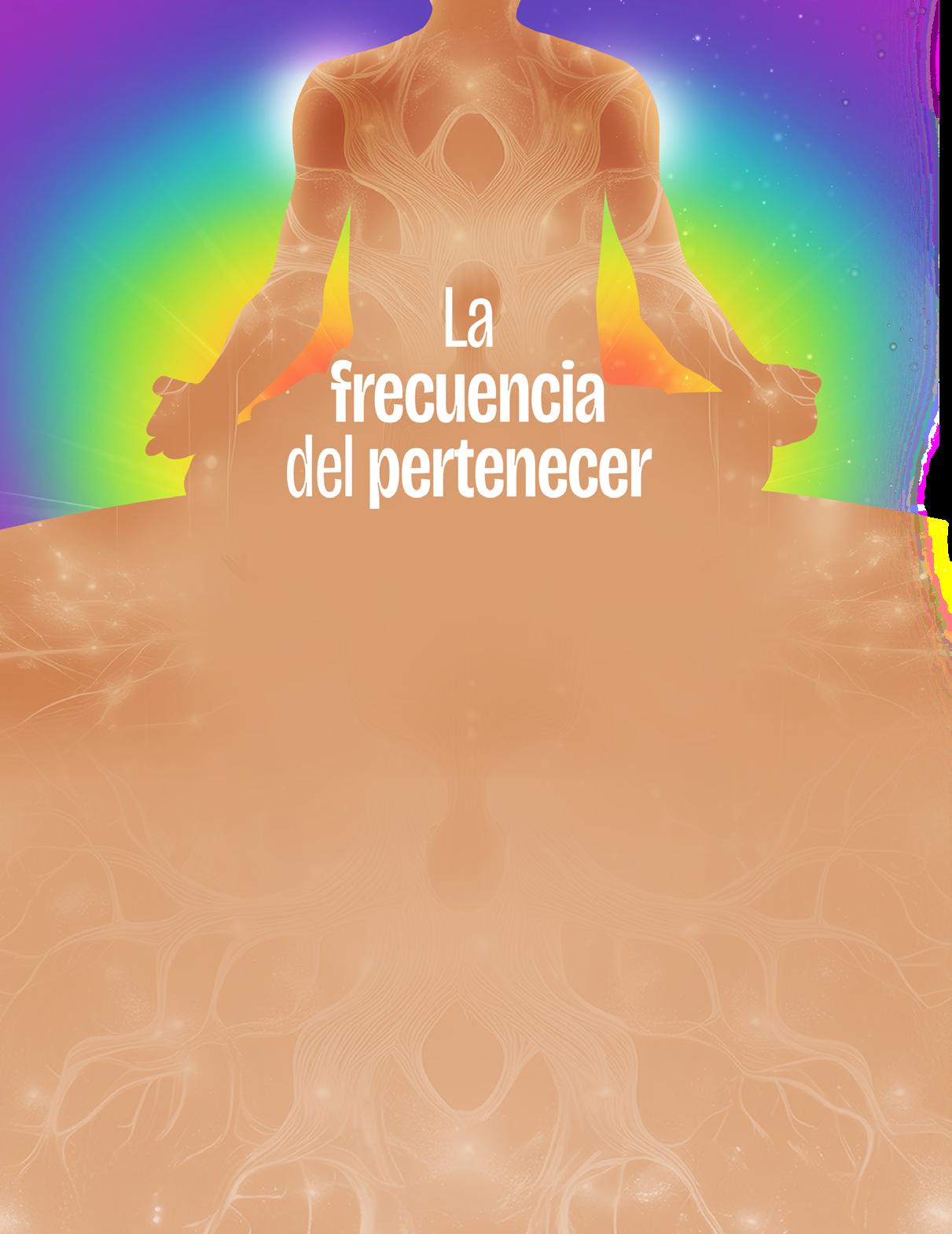
Cómo la tecnología vibracional está abriendo caminos de bienestar para todos
Durante mucho tiempo, el bienestar ha sido percibido como un privilegio reservado para quienes tienen tiempo, dinero o acceso geográfico. Pero hoy nos encontramos en un momento decisivo donde la inclusión se cruza con la innovación, y tecnologías basadas en frecuencia como el AO Scan están transformando esta narrativa.
Como defensor de la salud holística y la medicina vibracional, he visto de primera mano cómo la energía, la frecuencia y la vibración se están consolidando como pilares fundamentales en esta nueva era del bienestar. Basada en principios atemporales de la física cuántica, la medicina de frecuencia está ayudando a las personas a reconectar con su capacidad innata de sanar, alinearse y florecer—independientemente de su origen, edad o situación socioeconómica.
La tecnología de bioresonancia del AO Scan representa un paso importante hacia un bienestar más accesible y personalizado. A través de un escaneo no invasivo que detecta desequilibrios energéticos, este sistema ofrece información en tiempo real sobre los órganos, sistemas y campos emocionales del cuerpo. El resultado: un mapa vibracional que permite a las personas tomar decisiones informadas sobre su salud.
Sin agujas, sin radiación y sin la necesidad de estar en un entorno clínico, esta herramienta puede adaptarse al estilo de vida de cualquier persona—desde una madre en Bali hasta un terapeuta en Buenos Aires o un adulto mayor en zonas rurales. Su accesibilidad redefine quién puede beneficiarse de tecnologías avanzadas sin barreras de infraestructura o formación médica.
“El bienestar ya no es un lujo reservado para unos pocos. Es un derecho de nacimiento. Y la frecuencia es el lenguaje universal que lo está haciendo posible.”
— Ian Jeffery
Más allá de su innovación tecnológica, lo que hace especial al AO Scan es su potencial social. Permite a profesionales del bienestar extender su alcance a comunidades poco atendidas, ofreciendo soluciones de bajo costo y alto impacto. Familias enteras lo emplean para monitorear su armonía emocional y vitalidad física. Y en particular, ha empoderado a muchas mujeres a emprender dentro del sector wellness sin requerir una inversión clínica o académica elevada.
Esta democratización del bienestar no busca reemplazar la medicina tradicional, sino ampliarla. Abre caminos, ofrece opciones y reconoce que el bienestar no es uniforme. Cada ser humano— con su cuerpo, mente, edad e historia—merece la oportunidad de sentirse bien, vivir mejor y amar con más plenitud.
En un mundo que constantemente nos empuja a encajar, esta tecnología nos recuerda que el verdadero bienestar no exige que cambiemos quiénes somos, sino que nos invita a recordar quiénes ya somos. Y cuando una persona se siente vista, escuchada y fortalecida, es más probable que regrese al mundo con una nueva intención: la de cuidar también a los demás.
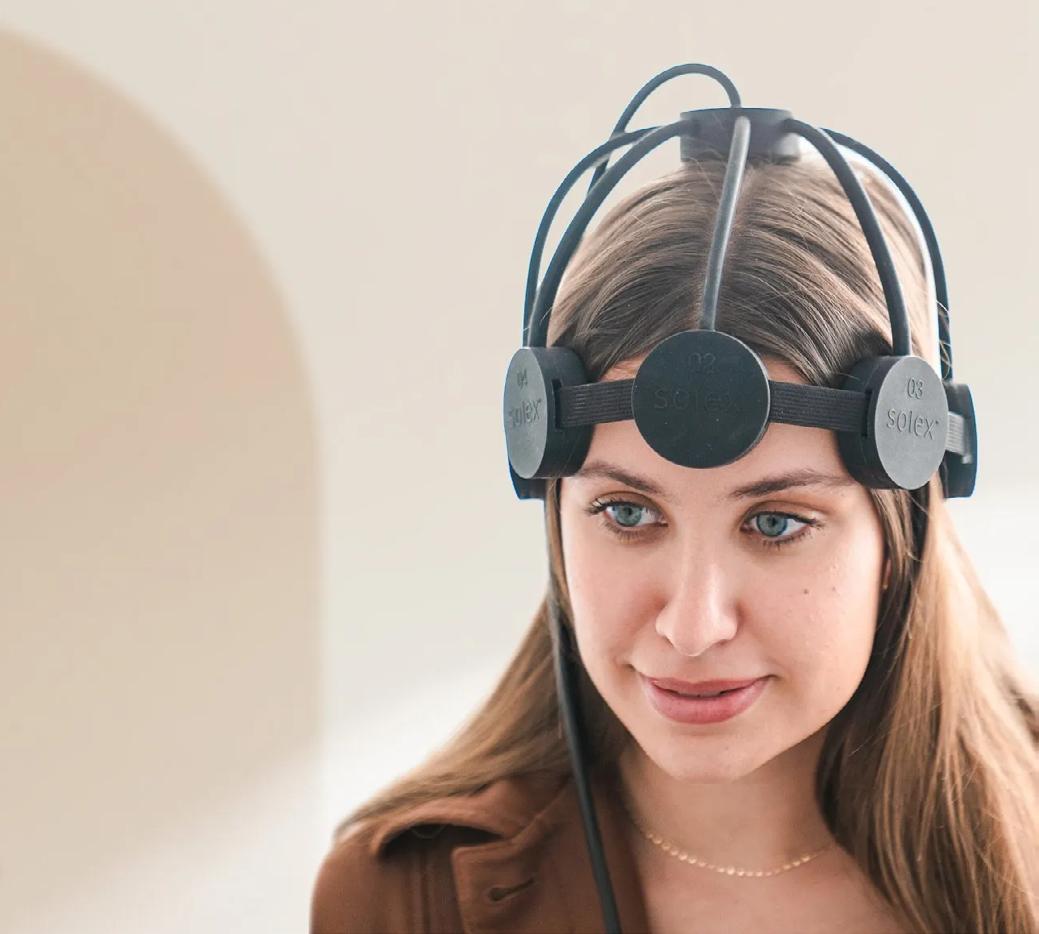
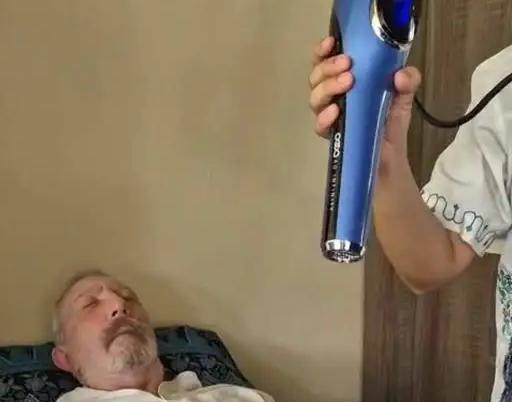
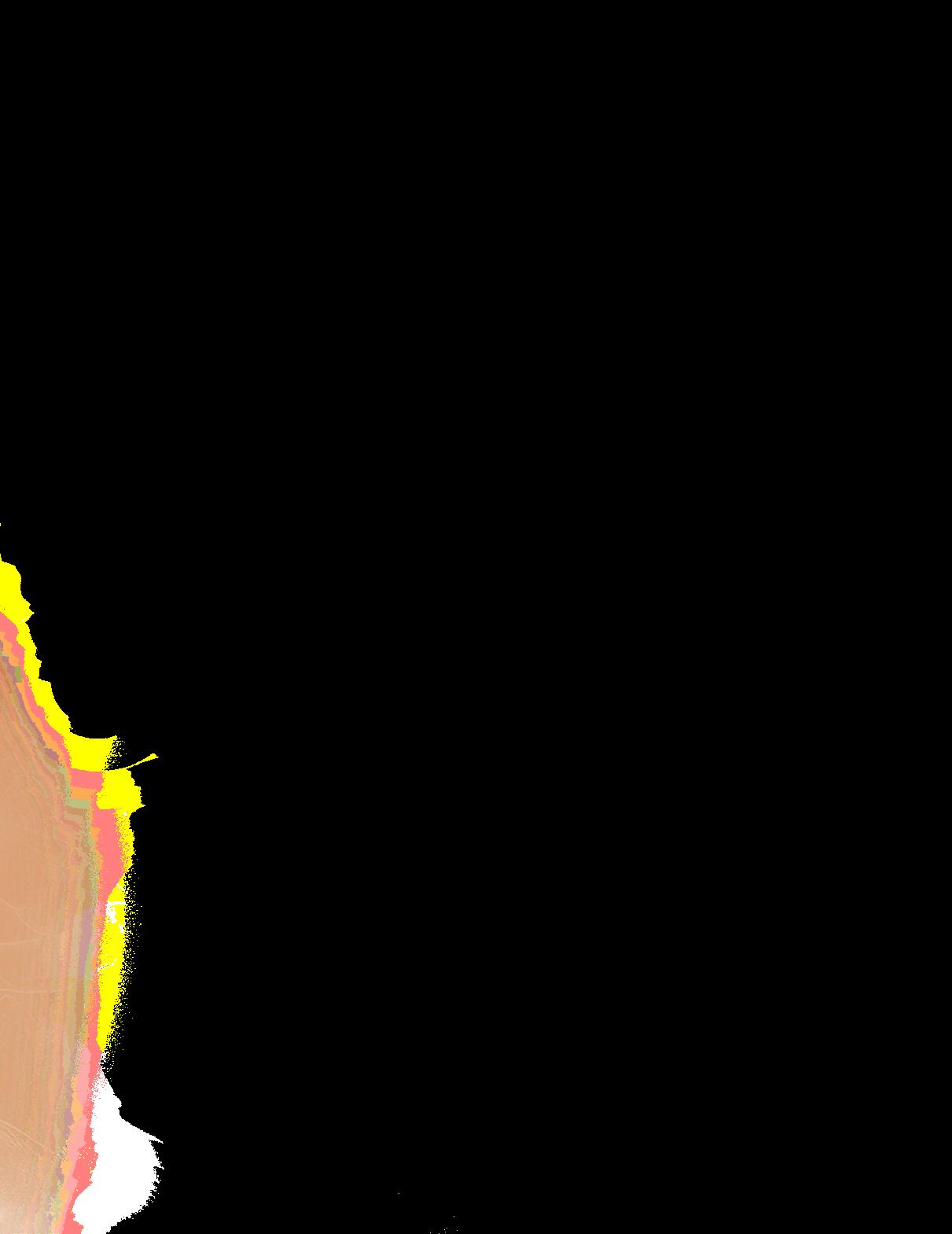
“Estos espacios de reconexión no son un escape de la vida, sino un regreso a ella desde un lugar más pleno.”
— Ian Jeffery
Así, la frecuencia se convierte no solo en una herramienta de sanación, sino en un puente hacia un nuevo modelo de bienestar: más humano, más accesible y, sobre todo, más incluyente.

Ian Jeffery , Director of Bali Soul Wellness, with 40 years in media and leadership. His philosophy is clear: service is the key. Director of Bali Soul Wellness, with 40 years in media and leadership.
balisoulwellness
Bali Soul Wellness
balisoulwellness.com soulutions2@gmail.com
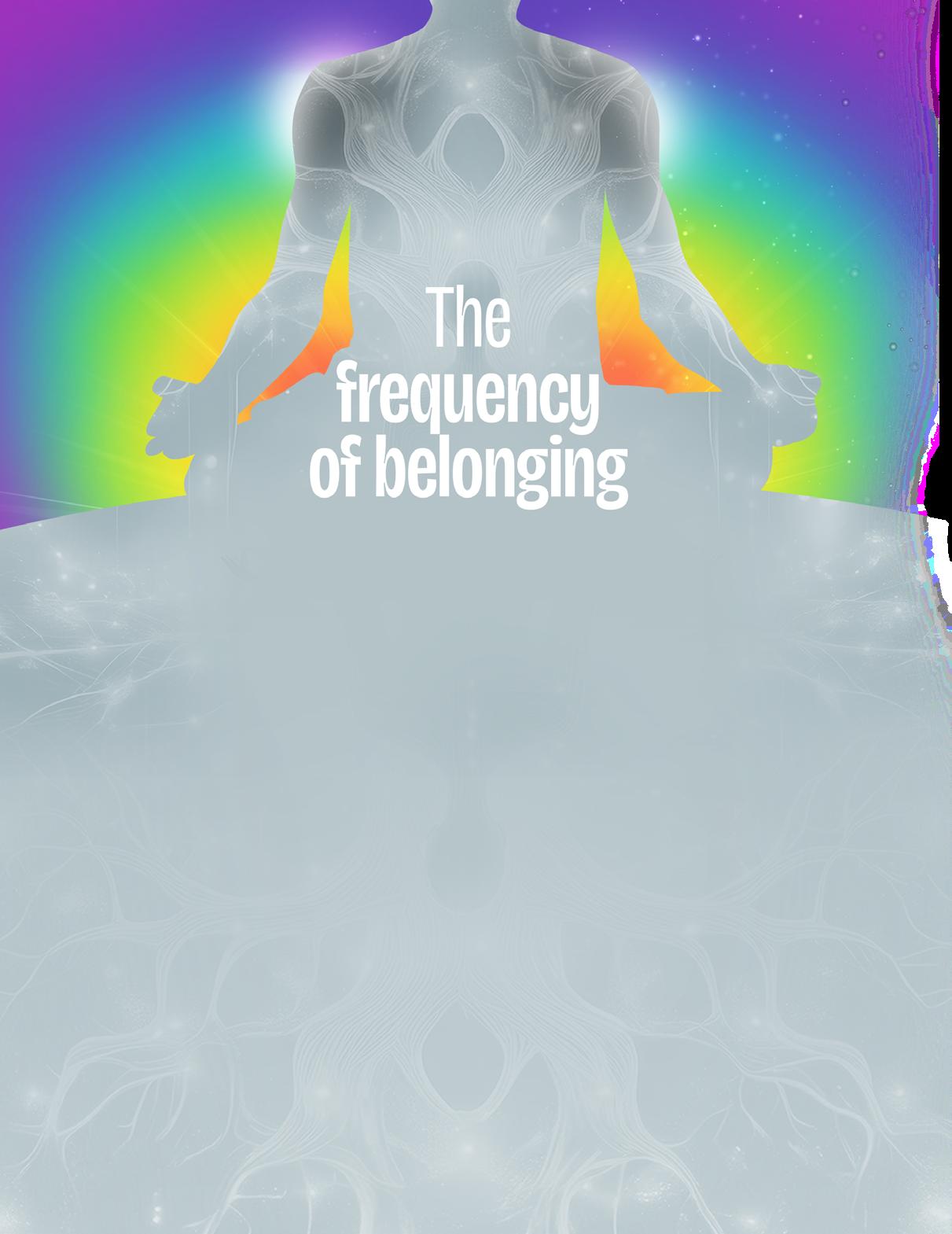
How vibrational wellness is breaking barriers and making healing accessible to everyone.
Wellness has long carried the perception of privilege—accessible primarily to those with time, money, or geographic advantage. But today, we stand at a powerful intersection where inclusivity meets innovation, and frequency-based technologies are rewriting that narrative.
As a lifelong advocate for holistic health and vibrational medicine, I’ve witnessed how energy, frequency, and vibration are emerging as foundational pillars in this new era of wellness. Rooted in the timeless principles of quantum physics, frequency medicine helps people reconnect with their innate ability to heal, align, and thrive—regardless of background, age, or socioeconomic status.
One example is the AO Scan, a non-invasive bioresonance technology designed to detect energetic imbalances and guide individuals toward restoration. Operating on the simple truth that everything is energy, this tool reads the vibrational frequencies of organs, systems, and emotional fields, offering real-time insights that empower people to take ownership of their wellbeing.
What makes this kind of technology truly revolutionary isn’t only its sophistication—it’s the accessibility it brings. Its portability, ease of use, and non-invasive nature are removing traditional entry barriers and enabling a broader, more diverse audience to engage in proactive wellness.
“Wellness is no longer a luxury. It’s a birthright. And frequency—the universal language of energy—may be one of the most powerful tools to ensure it reaches everyone.” — Ian Jeffery
In under-served communities, it is being used as a low-cost, high-impact alternative that doesn’t require clinical training or a major investment. It supports families who wish to track their emotional and physical well-being together. It empowers women to step into leadership roles in wellness without navigating the conventional healthcare gatekeeping.
This is a profound shift. It reflects the democratization of wellness—not a replacement for medical care, but an expansion of choice. A recognition that one path does not fit all. That healing can take many forms, and that every individual deserves the opportunity to feel better, live longer, and love more fully.
As we celebrate the theme of inclusivity, it’s clear we’re not simply witnessing a trend. We are co-creating a new paradigm— where vibrational wellness enables self-awareness, sovereignty, and connection, transcending language, borders, and belief systems.

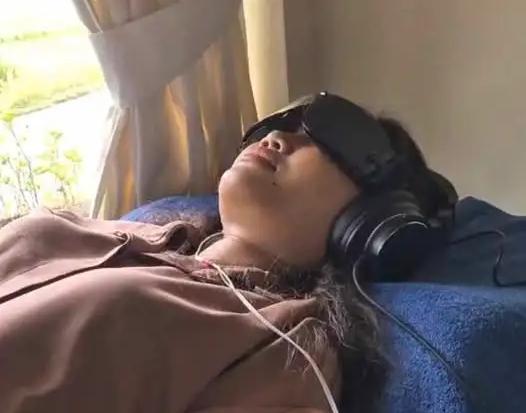

“Unlike traditional diagnostics, AO Scan requires no needles, no radiation, and no clinical setting. Whether you’re a wellness practitioner in Miami, a mother in Bali, or a retiree in rural Argentina, this tool meets you where you are—both literally and energetically.”
— BALI SOUL WELLNESS
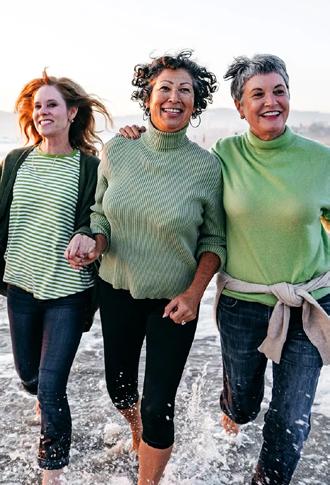
Alfredo Carvajal, es CEO de Lonvida y cofundador de Genetria. Con más de 30 años en hospitalidad y bienestar, lidera la transformación de la salud preventiva con inteligencia artificial y medicina regenerativa. Ex ejecutivo de Delos y WTS, ha sido pieza clave en marcas como Disney, Canyon Ranch y Ritz-Carlton.
Goldsmith 38, Local 3, Piso 3, Polanco, CDMX 11540 @lonvidalife www.lonvida.com 55 7906 4445
El futuro de la longevidad: De lujo aspiracional al bienestar para todos
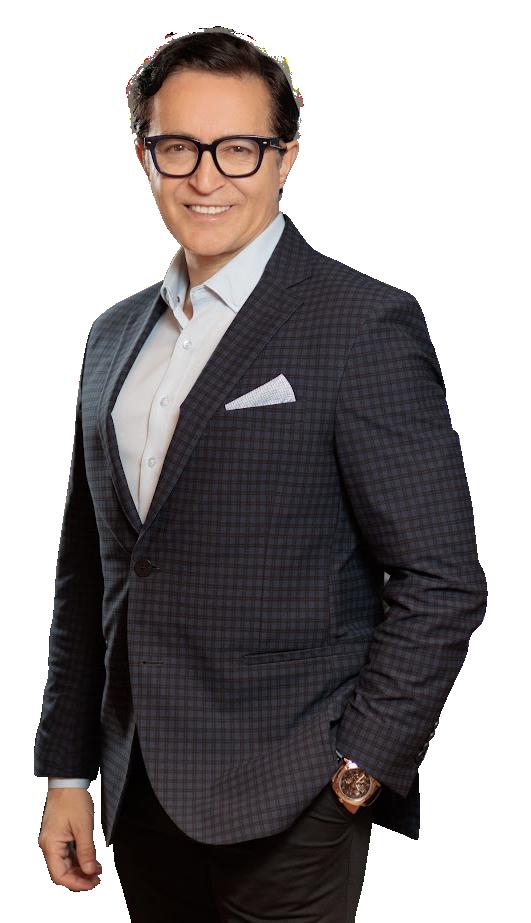
ivimos más años que nunca en la historia de la humanidad. Hace 100 años el mexicano vivía un promedio de 35 años; hoy, la esperanza de vida es un promedio de 75 años.
Pero ¿realmente estamos viviendo
Esta es la pregunta clave que todos deberíamos hacernos cuando hablamos de longevidad. No basta con añadir más años a la vida; el verdadero reto es añadir más vida a esos años.
En otras palabras, no se trata solo de lifespan (cuántos años vivimos), sino de healthspan (cuántos de esos años los vivimos con salud, vitalidad y propósito).
En México y Estados Unidos, la conversación sobre longevidad ha estado tradicionalmente asociada con clínicas exclusivas, con tratamientos y tecnologías médicas reservadas para unos pocos. Por ejemplo, una sola batería de exámenes en una clínica de medicina de precisión en Estados Unidos, con seguimiento telefónico, puede costar más de 20 mil dólares, sin contar viajes ni gastos adicionales. Incluso en ese mercado, hay membresías de salud preventiva y longevidad en
gimnasios de lujo que van de 15 mil a 40 mil dólares anuales. Sin embargo, estamos en un punto de inflexión: la democratización de la salud preventiva y de la longevidad es hoy posible, necesaria y urgente.
Por un lado, los avances en genómica, biomarcadores e inteligencia artificial nos permiten conocer mejor que nunca nuestro cuerpo y anticipar riesgos de salud. Por otro, los costos de estas tecnologías han bajado radicalmente. Lo que hace apenas unos años estaba al alcance de unos pocos, hoy puede ofrecerse en modelos escalables y accesibles. Por ejemplo, hace 20 años un estudio genómico avanzado costaba entre 100 y 300 mil dólares y era exclusivo de laboratorios de investigación científica; hoy, en México se puede obtener por 6 mil a 30 mil pesos.
Ese es el espíritu que nos impulsó a crear Lonvida Polanco, el primer centro integral de longevidad y wellness en México.
Diseñado para ofrecer una experiencia premium, pero con un costo al alcance de más personas, Lonvida integra medicina de precisión, inteligencia artificial aplicada a la salud (en colaboración con Lifenome, líder global en IA genómica), y programas de bienestar personalizados.

Hoy, por ejemplo, un diagnóstico médico de precisión avanzado, que en otras latitudes costaría decenas de miles de dólares, puede obtenerse en Lonvida Polanco desde 20 a 25 mil pesos. Esto es inclusivo de exámenes de genómica analizados por Labcorp en Estados Unidos, un panel avanzado de biomarcadores sanguíneos y hormonales, evaluación avanzada de signos vitales, fuerza y composición corporal, evaluación facial integral, además de un diagnóstico de precisión completo hecho por médicos altamente entrenados y asistidos por Salud.ia, nuestra inteligencia artificial para el bienestar y la salud.
Es un cambio de paradigma: brindar acceso a tecnología de punta sin sacrificar calidad ni resultados. Sabemos que más del 80 % de las enfermedades crónicas que reducen nuestra calidad de vida, diabetes tipo 2, enfermedades cardiovasculares, ciertos tipos de cáncer, son prevenibles o identificables en etapas tempranas.
Además, cada persona tiene una biología única: nuestros genes, microbiota, entorno y estilo de vida determinan cómo envejecemos. Por eso, el futuro del bienestar está en la personalización. Y si bien Lonvida es nuestro modelo premium accesible, una referencia de lo que la medicina de longevidad puede ofrecer hoy, el
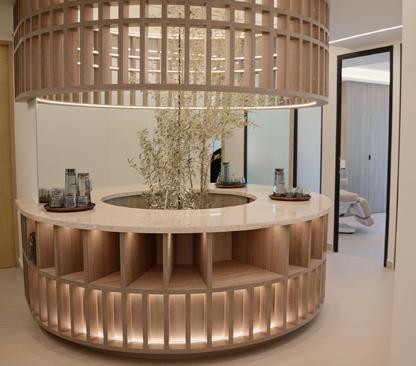
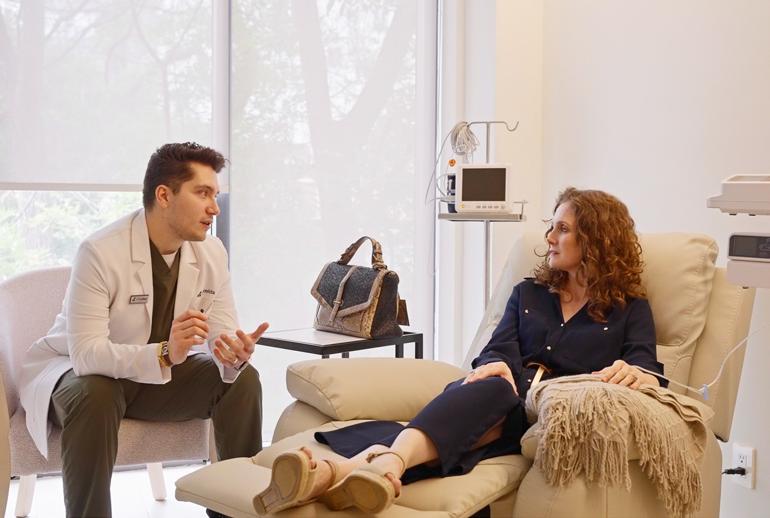
siguiente paso es llevar parte de ese conocimiento y esas capacidades a un público aún más amplio.
Aquí entra en juego Genetria y su primer producto, Salud.ia. Nuestro objetivo con Salud.ia es tomar algunas de las mejores herramientas que hemos desarrollado en Lonvida, desde diagnósticos de precisión hasta recomendaciones personalizadas de nutrición, suplementos y skincare, y ofrecerlas en una plataforma digital simple, accesible y escalable.
¿Queremos que cualquier persona, en cualquier ciudad de México o Latinoamérica, pueda acceder a un acompañamiento de salud preventiva de primer nivel, desde su celular, de forma guiada y personalizada. Que puedan optimizar su carrito del supermercado, elegir con criterio los suplementos que realmente necesitan, diseñar un cuidado de la piel basado en evidencia y recibir recomendaciones claras y prácticas para su estilo de vida y su presupuesto.
En definitiva, se trata de empoderar a las personas para tomar el control de su bienestar cotidiano, basándose en ciencia y en su biología individual. Este enfoque tiene un enorme potencial en México. Somos una sociedad resiliente, con una rica cultura
de bienestar, pero también con una alta carga de enfermedades crónicas que limitan la calidad y expectativa de vida. Si logramos que más personas vivan no solo más años, sino con más energía, autonomía y propósito, estaremos construyendo un México más sano y justo.
Lo más interesante es que este cambio no requiere esperar a que todo el sistema de salud se transforme. Puede empezar hoy mismo, desde iniciativas privadas y tecnológicas, impulsadas con rigor científico y visión social.
El concepto que me parece más importante transmitir es este: la salud personalizada no debe ser un lujo.
La tecnología nos permite hoy brindar herramientas que ayudan a cada persona a conocer mejor su cuerpo y tomar decisiones informadas para vivir mejor y por más tiempo.
No hablamos de promesas mágicas ni de tendencias pasajeras, sino de ciencia aplicada de manera práctica a la vida cotidiana.
Este es el futuro que queremos construir. Uno en el que la “longevidad sana” deje de ser un concepto aspiracional y se convierta en una posibilidad concreta para todos.
El reto es grande, sí. Pero la oportunidad es ahora.
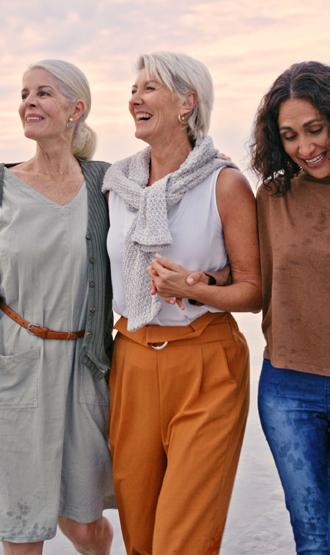
Alfredo Carvajal, is CEO of Lonvida and co-founder of Genetria. With 30+ years in hospitality and wellness, he leads the shift toward proactive healthcare using AI and regenerative medicine. A former executive at Delos and WTS, he has shaped global brands including Disney, Canyon Ranch, and The Ritz-Carlton.
Goldsmith 38, Local 3, Piso 3, Polanco, CDMX 11540 @lonvidalife www.lonvida.com 55 7906 4445
The future of longevity: From aspirational luxury to accessible Wellness

e are living longer than ever in human history. A century ago, life expectancy in Mexico was around 35 years; today, it averages 75
But are we really living better?
This is the key question we should all ask when talking about longevity. It’s not enough to add years to life, the real challenge is adding life to those years.
In other words, it’s not just about lifespan (how long we live), but about healthspan (how many of those years we live with vitality, wellness, and purpose).
In Mexico and the U.S., longevity has long been associated with exclusive clinics offering highend medical technologies and treatments reserved for the few. For instance, a single set of precision medicine tests in the U.S., with follow-up calls, can cost more than $20,000, without travel or additional expenses. Even in that market, preventative health and longevity memberships in luxury fitness clubs range from $15,000 to $40,000
However, we are at a turning point. The democratization of preventative health and longevity is now possible, necessary, and urgent.
On one hand, advances in genomics, biomarkers, and artificial intelligence give us unprecedented insights into our bodies and potential health risks. On the other hand, the cost of these technologies has dropped dramatically. What was once reserved for research labs is now accessible to many. For example, 20 years ago, an advanced genomic study could cost between $100,000 and $300,000. Today in Mexico, it ranges between 6,000 and 30,000 pesos.
That spirit inspired us to create Lonvida Polanco, Mexico’s first comprehensive longevity and wellness center.
Designed to offer a premium experience at a more accessible cost, Lonvida integrates precision medicine, health-focused AI (in collaboration with global genomic AI leader LifeNome), and personalized wellness programs.
Today, for example, an advanced precision diagnosis, one that could cost tens of thousands of dollars elsewhere, is available at Lonvida Polanco for 20,000–25,000 pesos. This includes genomic tests processed by Labcorp in

the U.S., a comprehensive panel of blood and hormone biomarkers, vital sign analysis, strength and body composition evaluations, full facial assessments, and a complete diagnosis performed by highly trained doctors using our proprietary wellness AI platform, Salud.ia.
It’s a paradigm shift: making cutting-edge technology accessible without compromising quality or outcomes.
We know that over 80% of chronic diseases that diminish quality of life, such as type 2 diabetes, cardiovascular conditions, and certain cancers, can be prevented or detected early.
Moreover, every person has a unique biology: our genes, microbiota, environment, and lifestyle influence how we age. That’s why the future of wellness is personalization.
While Lonvida is our premium, accessible model, a showcase of what longevity medicine can deliver, our next step is to extend that knowledge to a broader audience.
This is where Genetria and our first product, Salud.ia, come in.
Our goal with Salud.ia is to bring Lonvida’s best tools, from precision diagnostics to personalized nutrition, supplement,
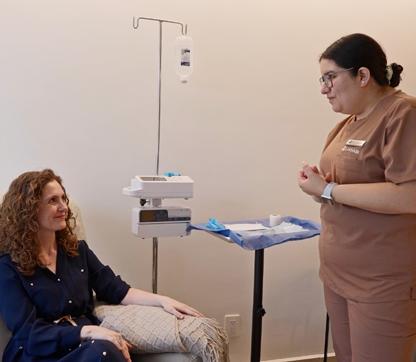
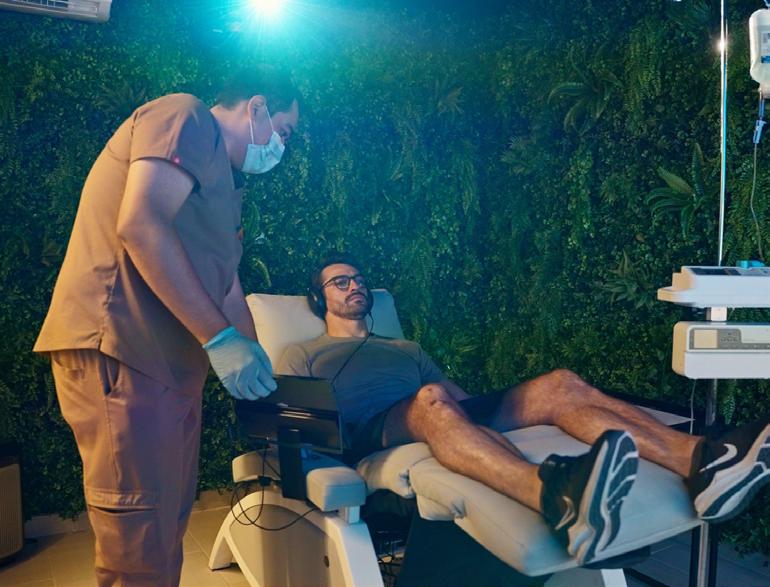
and skincare recommendations, into a simple, accessible, and scalable digital platform.
We want people across Mexico and Latin America to access top-tier preventative care from their phones, with a guided and personalized experience.
They’ll be able to optimize grocery shopping, choose supplements based on their actual needs, design evidence-based skincare routines, and receive practical wellness recommendations aligned with their lifestyle and budget.
Ultimately, it’s about empowering people to take control of their health, rooted in science and their own biology. This approach has huge potential in Mexico. We are a resilient society, rich in wellness traditions, but burdened by chronic diseases that reduce both life expectancy and quality of life.
If we can help more people live not just longer, but with more energy, autonomy, and purpose, we will build a healthier,
more equitable Mexico.
The most exciting part? We don’t have to wait for systemic healthcare reforms. This transformation can begin today, through science-driven, sociallyminded private and tech initiatives.
The most important idea I want to share is this: personalized health should not be a luxury.
Today, technology allows us to provide tools that help each person understand their body and make informed decisions to live longer and better.
This is not about magical promises or fleeting trends, it’s science applied to everyday life.
This is the future we want to build.
A future where healthy longevity stops being an aspirational dream, and becomes a real possibility for all.
Yes, the challenge is big. But the opportunity is now.
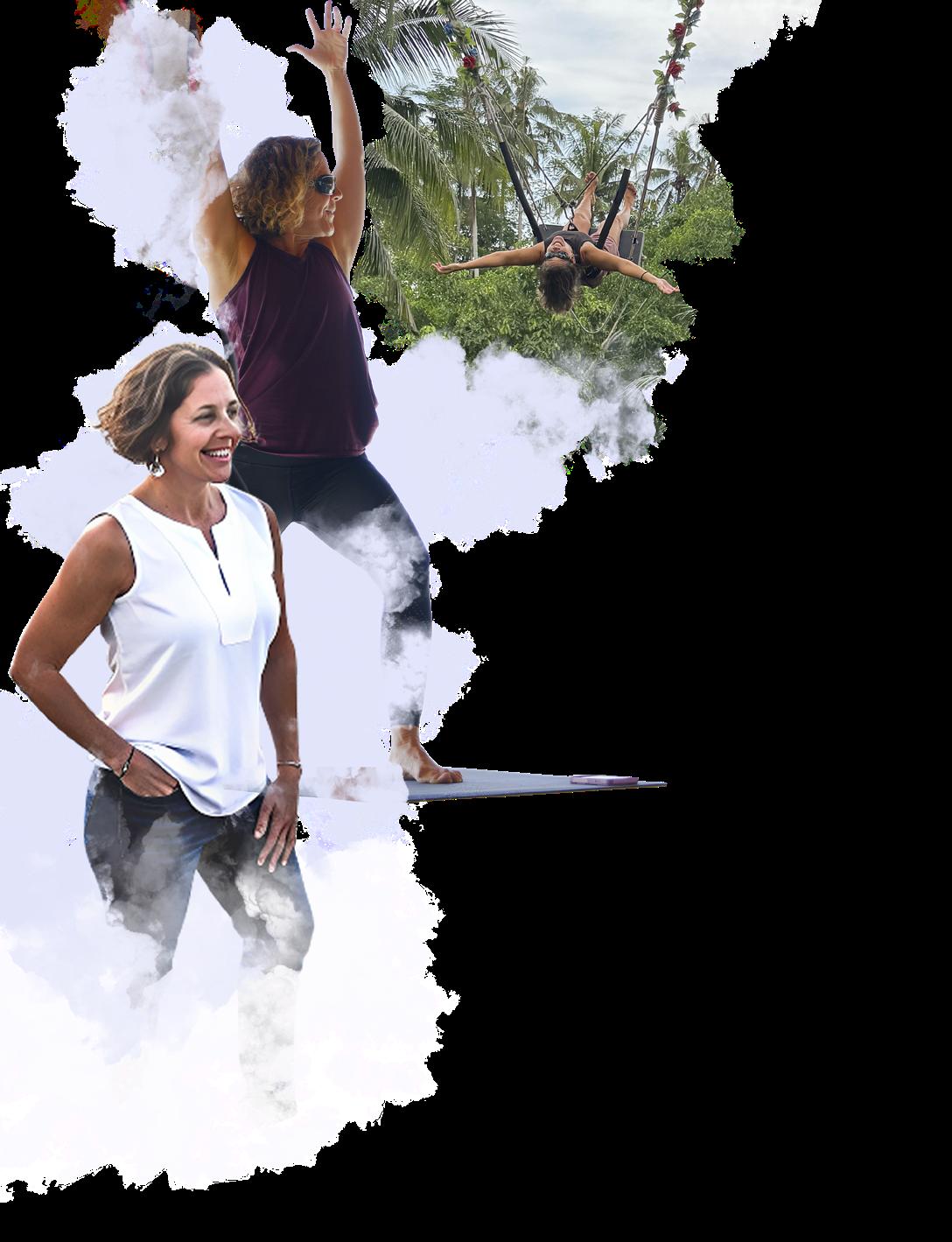
WELNE$$: Desmercantilizar el derecho humano al bienestar.
Una reflexión sobre cómo los modelos actuales limitan el acceso y cómo regenerar comunidades donde el bienestar se comparte con equidad, dignidad y propósito.

El bienestar significa cosas distintas para diferentes personas, y dependiendo del lugar y la cultura, adquiere aún más matices.
También se ha convertido en una oferta que suele percibirse como boutique, lujosa, exclusiva, a veces en detrimento de quienes más lo necesitan.
Esta comercialización de un derecho inherente oculta una verdad más profunda: restringir el acceso al bienestar “cuesta” más a largo plazo, y TODOS pagamos ese precio en comunidades fracturadas, ecosistemas agotados y una sociedad que opera en modo supervivencia en lugar de florecer con vitalidad.
Desde una perspectiva regenerativa, el bienestar verdadero y holístico debe nutrir tanto al individuo como al sistema vivo del que forma parte. Debe reponer lo que se ha extraído, restaurar lo que ha sido roto, e invitar a la reconciliación y la reconexión con uno mismo, con los demás y con la Tierra. Incluso el trabajo emocional debe pagarse con juego y descanso.
El bienestar regenerativo no se trata solo de ampliar el acceso a bajo costo, sino de reconocer que la sanación ocurre en comunidad. Si no abordamos la desigualdad dentro del colectivo de QUIÉN “puede” descansar, nutrirse o sanar —y de qué forma puede hacerlo—, reforzamos los sistemas que causan daño y perpetuamos el ciclo de malestar.
El enfoque holístico va más allá de los batidos verdes y las apps de meditación; reconoce que para regular un sistema o transformar la energía, es necesario enfrentar los factores que generan disfunción. Por ejemplo, es muy difícil para una persona con angustia financiera alcanzar un estado de calma cuando debe elegir entre comer o pagar la electricidad.
Es complicado encontrar motivación para moverse físicamente cuando el sistema nervioso está en estado de “congelamiento” por miedo o agotamiento extremo. Y tener claridad mental es casi imposible cuando se navega la opresión sistémica en los sistemas de salud o educación, el trauma generacional o la discriminación.
Esto no significa que todas las ofertas deban ser gratuitas, pero sí nos invita a diseñar sistemas de reciprocidad. Aquí algunos ejemplos inspirados en la naturaleza, el modelo más puro y elevado de dar y recibir a niveles que casi escapan a nuestra comprensión. Nada se desperdicia, y nada existe en aislamiento. Cada insumo se convierte en resultado para otra parte del sistema.
Crystal Carnahan, es una Regenerative Practitioner y fundadora de Zenfully Aware, donde acompaña a mujeres en procesos de divorcio a través de viajes transformadores. Su método ARISE integra mindfulness, sanación somática y turismo regenerativo, ayudándolas a convertir la ruptura en un portal de reinvención personal y sanación integral.
Crystal Carnahan @zenfully.aware
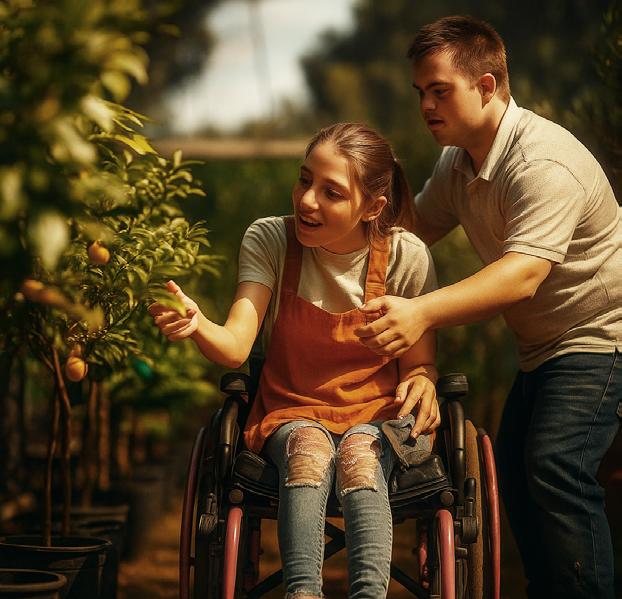
El bienestar es plenitud, y la plenitud no puede existir dentro de sistemas excluyentes.
Las redes micorrízicas en los bosques conectan las raíces de los árboles bajo tierra, proporcionando nutrientes y señales de advertencia entre especies. Los árboles más fuertes dan más de lo que reciben, apoyando a los más pequeños. Podemos reflejar esto creando modelos donde las personas con mayores recursos financieros apoyen a quienes están en transición o en proceso de emerger.
Ejemplos: precios escalonados, economías de regalo, fondos de solidaridad, ayuda mutua.
En la naturaleza, esos mismos árboles que “conversan” bajo tierra también ofrecen sombra, hábitat, estabilidad, alimento y oxígeno. Cada árbol cumple múltiples funciones y evoluciona en relación con los demás. Aquí, un facilitador no solo presta un servicio; también guía, sostiene, cuida y comparte saberes, por lo que la compensación debe reflejar ese valor real, no una lógica industrial de extracción laboral.
Co-diseñar resultados con la comunidad, ofrecer rituales que honren la tierra y el lugar, en lugar de utilizarlos solo como escenografía.
La naturaleza se mueve en ciclos, en estaciones. Hay un tiempo para sembrar, crecer, cosechar, descansar y recuperarse. Nada florece todo el tiempo. Honrar esto es esencial. Ya no se trata de “crecer a cualquier costo” ni de escalar infinitamente.
Integrar pausas colectivas, ciclos de inscripción estacionales, precios que reconozcan la energía de la gestación, la reflexión y la integración.
Colonias de hormigas, bandadas de aves, arrecifes de coral operan sin un único líder. Se basan en inteligencia descentralizada, tomando decisiones en tiempo real como respuesta —no como reacción— a condiciones cambiantes. En lugar de expertos, especialistas o jerarquías, cocreamos desde la experiencia vivida.
Crear espacios para relatos colectivos y grupos liderados por pares. Compartir la toma de decisiones y la facilitación dentro de la comunidad. Compensar de forma justa, reconociendo la sabiduría adquirida al vivir como una moneda válida.
La muerte y la descomposición son necesarias para la vida: son sagradas, no algo que temer. Así es como el suelo se fertiliza y los nutrientes se reciclan. NADA se desperdicia. Por lo tanto, debemos estar dispuestos a compostar lo que ya no funciona: modelos de precios extractivos, la glorificación del agotamiento, los complejos de salvador o rescatador.
Desmantelar los mitos que asocian “gratis” con nobleza y “caro” con avaricia. Honrar el dinero como un intercambio energético, NO como un poder sobre otros. Compostar la culpa y la vergüenza por necesitar dinero o apoyo.
Dejemos de fingir que “gratis” y “explotación” son las ÚNICAS dos opciones, y empecemos a construir caminos regenerativos de reciprocidad. Normalicemos dar Y recibir. Diseñemos con la dignidad como tema central, porque cuando no logramos que el bienestar sea accesible —en todos los sentidos y para todos—, fracturamos el campo.
Y los sistemas fracturados no se regeneran. Simplemente colapsan.
Podemos construir ecosistemas, comunidades y economías del cuidado que restauren la plenitud, tanto a nivel personal como sistémico.
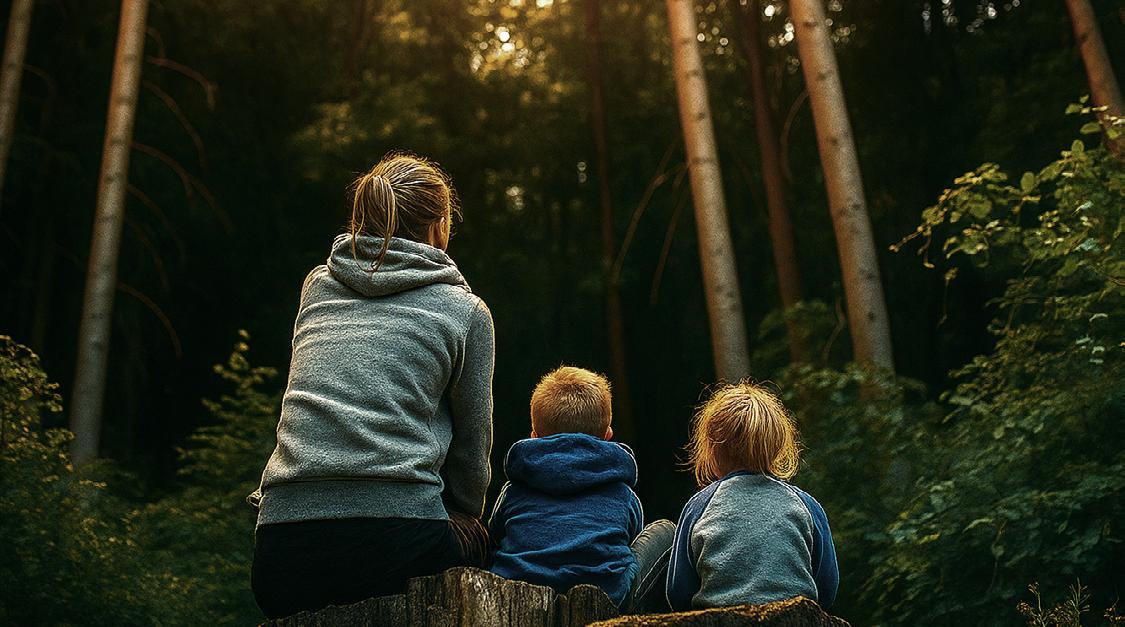
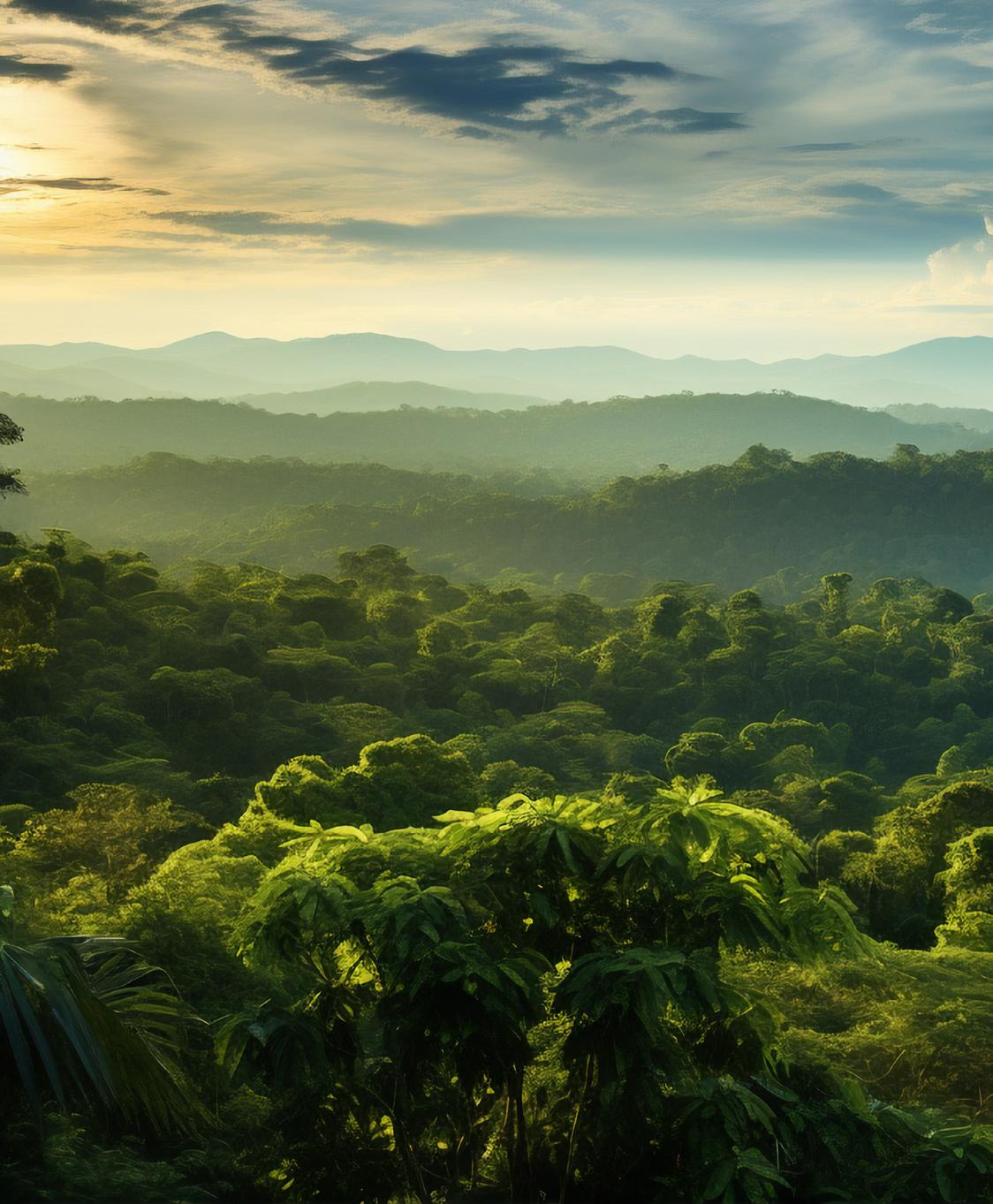

Wellbeing means different things to different people, and depending on the place and culture, it takes on even more nuance.
It has also become about offerings that are considered boutique, luxurious, exclusive, sometimes to the detriment of those who need it most.
This commodification of an inherent right masks a deeper truth, that gatekeeping wellbeing ‘costs’ more in the long run, and we ALL pay that cost in fractured communities, depleted ecosystems, and a society operating at the survival level versus one that is vital and thriving.
From a regenerative perspective, true, holistic wellbeing must nourish the individual as well as the living system they are nested within.
It must replenish what is extracted, restore what has been severed, and invite reconciliation and reconnection to self, to others, to the Earth. Even emotional labor must be paid for in play and rest.
Regenerative wellbeing is about more than scaling access cheaply, it is acknowledging that healing happens in community. If we do not address the inequality within the collective of WHO ‘gets to’ rest, be nourished, or heal and in ways that are best for them, we reinforce the systems that are causing harm, and we perpetuate the cycle of dis-ease.
The holistic approach goes beyond smoothies and meditation apps, it recognizes that in order to regulate a system or transmute energy, the stressors causing the dysregulation have to be addressed.
For example, it is very challenging for a human in financial duress to down regulate to a calm state when they are faced with choosing to eat or pay the electric.
It is difficult for someone to find motivation to move their bodies physically, when their nervous system is in a ‘freeze’ state of fear or exhausted beyond tiredness.
Mental bandwidth and clarity is nearly impossible when someone is navigating systemic oppression of healthcare or educational institutions, generational trauma, or discrimination.
This doesn’t mean that every offering must be free, yet it does invite us to design systems of reciprocity. Here are some examples from nature, the truest and highest example of giving and receiving at levels almost beyond our comprehension. Nothing is wasted in, and nothing exists in isolation. Every input becomes output for another part of the system.
Crystal Carnahan, is a Regenerative Practitioner and founder of Zenfully Aware, where she guides women through transformative divorce journeys using healing travel. Her ARISE Method blends mindfulness, somatic healing, and regenerative tourism, empowering them to turn separation into a portal for reinvention and wholistic healing.
Crystal Carnahan @zenfully.aware
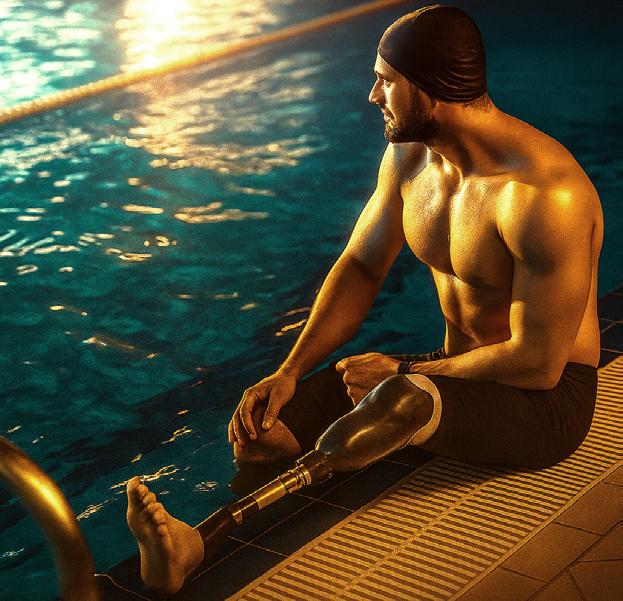
Wellbeing is wholeness, and wholeness cannot exist within systems of exclusion.
Mycorrhizal networks in forests that connect tree roots underground, providing nutrients and warning signals across species. The strongest trees give more than they take, the smaller trees are then supported within the network. We can mirror this by creating models where the more financially resourced humans support those who are still emerging or moving through transition.
Tiered pricing, gift economies, solidarity funds, mutual aid
In nature, those trees that speak underground also provide shade, habitat, root stability, food, and oxygen. Each tree plays multiple functions and evolves in relationship with each other. Here, a facilitator isn’t simply performing a service, they are also guiding, holding space, stewarding and disseminating knowledge so we structure compensation to reflect true value, not industrial labor extraction.
Co-designing and co-creating outcomes with community, offering rituals that bless the land, space, and place, not just using them as backdrops.
Nature moves in cycles, in seasons. There is a time to seed, to grow, to harvest, to rest and recover. Nothing blooms all the time. Honoring this is essential. We no longer ‘grow at all costs’ or scale endlessly.
Integrate collective pauses, seasonal enrollment cycles, pricing that honors the energy of gestation and reflection as well as integration.
Ant colonies, flocks of birds, coral reefs operate without a single leader. They rely on decentralized intelligence, where decisions are made in real time in response, not reactivity, to changing conditions. Instead of experts, specialists, or hierarchy, we cocreate from lived experience.
Creating spaces for collective storytelling and peer led groups. Sharing decisionmaking and facilitation across the community. Compensate all fairly, recognizing and acknowledging wisdom gained from living life as valid currency.
Death and decomposition is necessary for life, they are sacred, not to be feared. It is how soil becomes fertile and nutrients are recycled. NOTHING is wasted. Therefore, we have to be willing to compost what is no longer working, i.e. old models of extractive pricing, glorified burnout, savior and rescue complexes.
Dismantle myths around free = noble and expensive = greedy. Honoring money as an energetic exchange, NOT power over someone. Composting guilt and shame around needing money or support.
Let’s stop pretending that free and exploitation are the ONLY two options and start building regenerative pathways of reciprocity. Normalize giving AND receiving. Design with dignity as a central theme because when we fail to make wellbeing accessible, in all ways and on both sides, we fracture the field.
And fractured systems can’t regenerate, they simply collapse.
We can craft ecosystems, communities, and economies of care that restore wholeness, both personally and systemically.
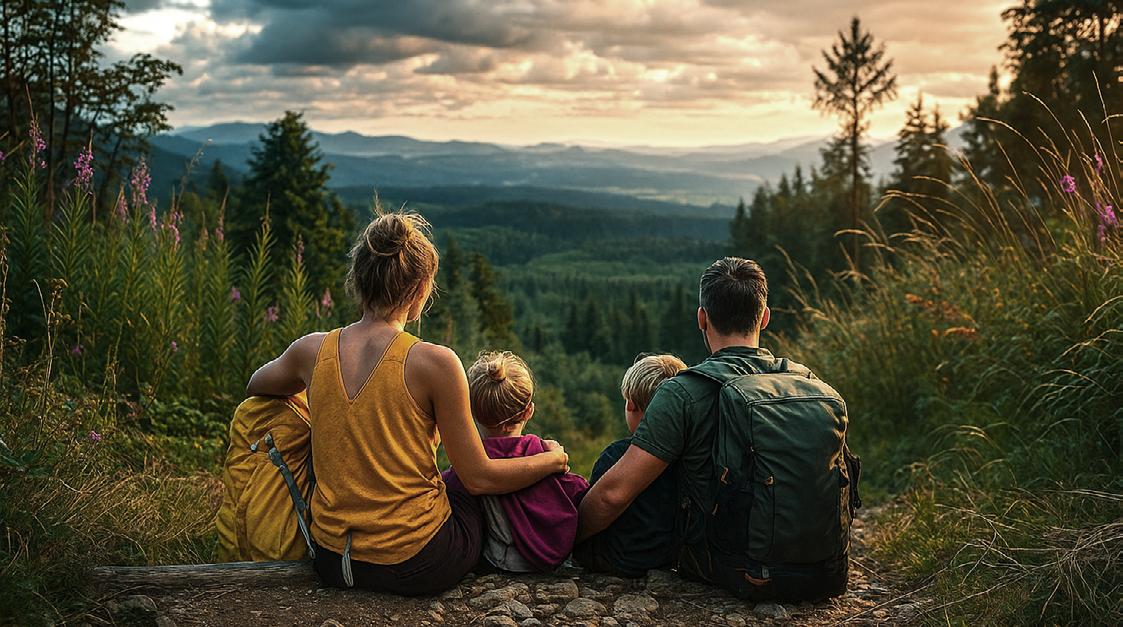
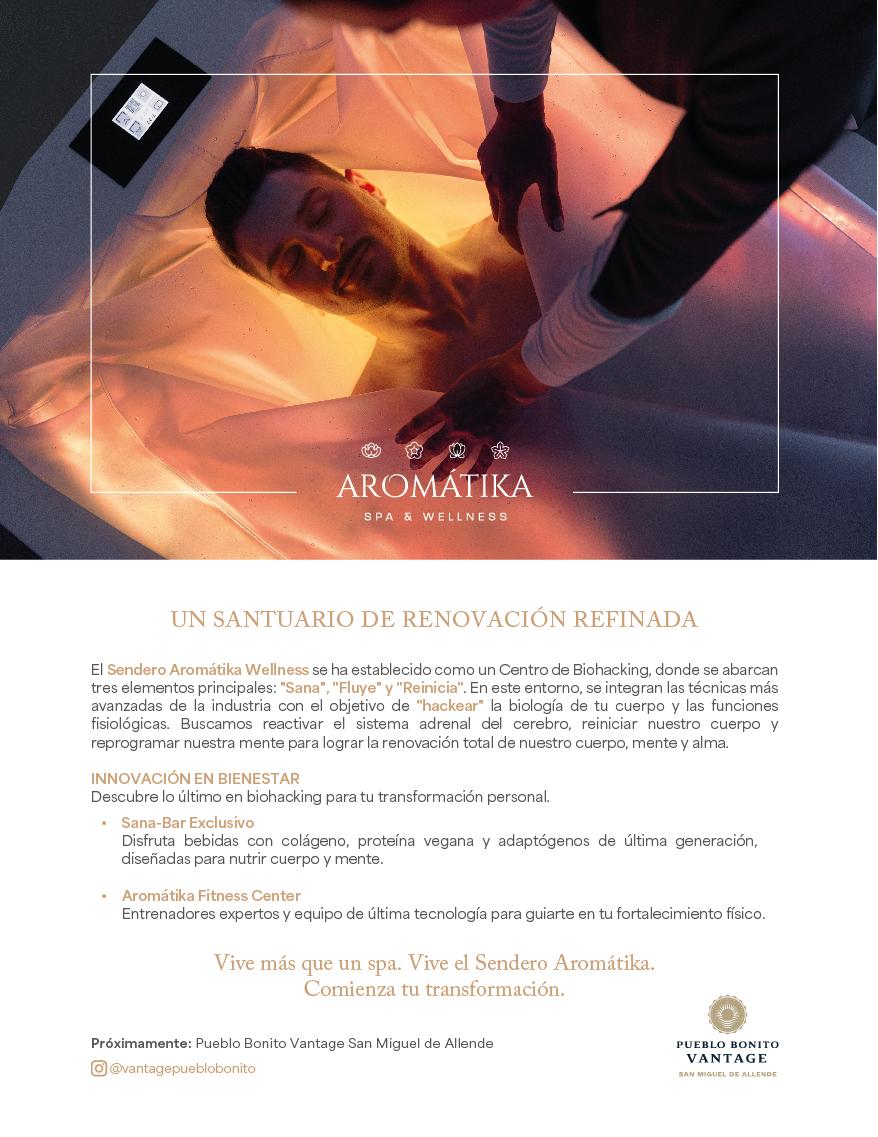
Viajes del Bienestar
Wellnes Journeys
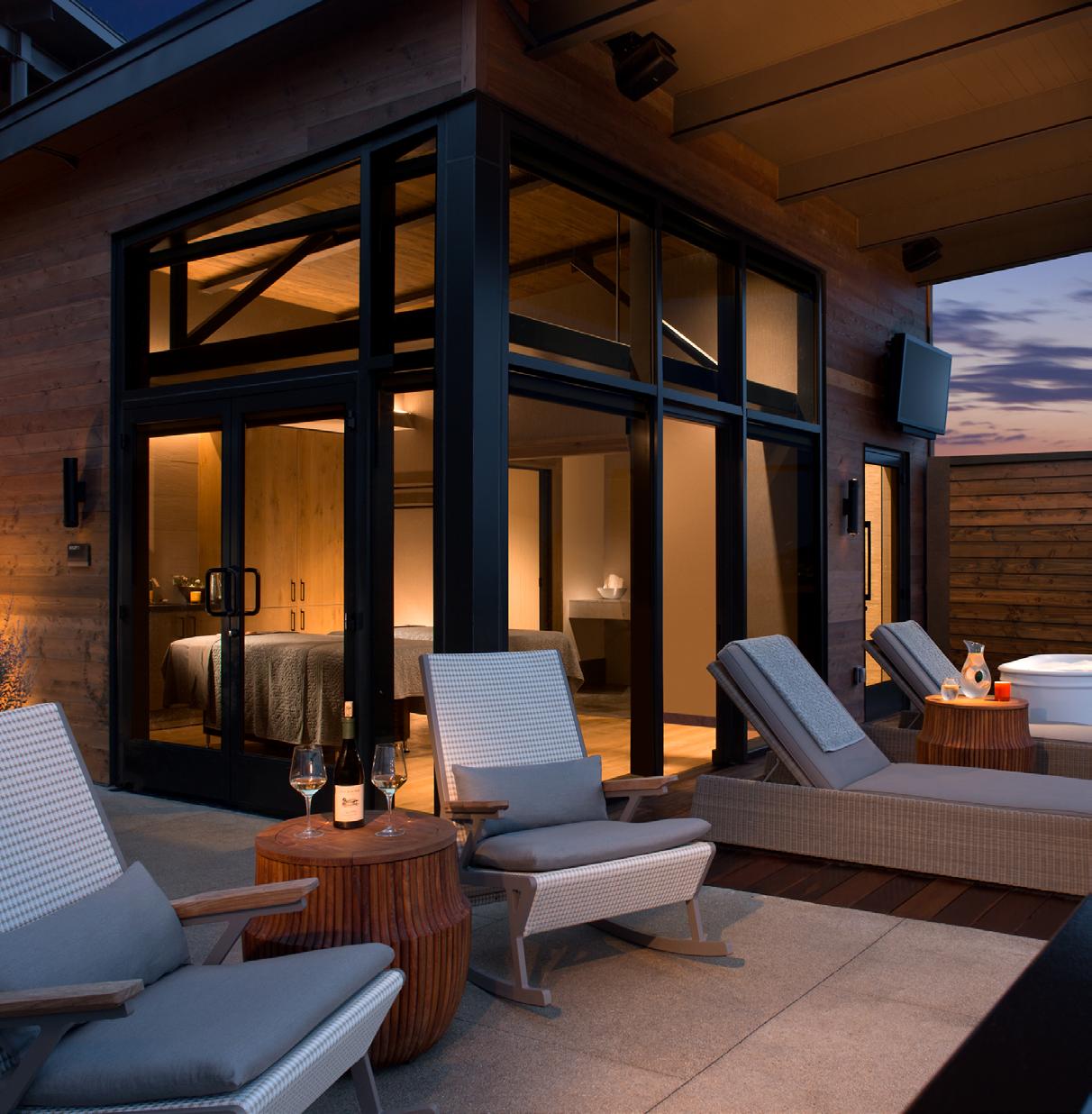
Cinco destinos, cinco formas de volver a ti.
En esta travesía por propiedades con el sello WITT Certified, el bienestar no es un itinerario, es una experiencia vivida. Desde la serenidad del desierto hasta la energía vibrante del Hill Country, cada lugar invita a reconectar con el cuerpo, honrar la tierra, despertar los sentidos y abrazar la autenticidad del presente.
No hablamos de tratamientos: hablamos de memorias. Aquí, cada espacio cuenta una historia que se convierte en tuya. Prepárate para caminar descalzo entre raíces y estrellas. Para sentir que respiras diferente.
Porque estas no son estancias: son encuentros.
Five destinations, five ways to come back to yourself.
In this journey through WITT Certified properties, wellness isn’t scheduled—it’s lived. From the stillness of the desert to the vibrant rhythm of the Hill Country, each place invites you to reconnect with your body, honor the land, awaken your senses, and embrace the present with authenticity.
This is not about treatments—it’s about memories. Here, every space tells a story that becomes your own. Get ready to walk barefoot between roots and stars. To feel your breath change.
Because these are not stays—they’re soul encounters. A soulful journey into the Heart of Hill Country
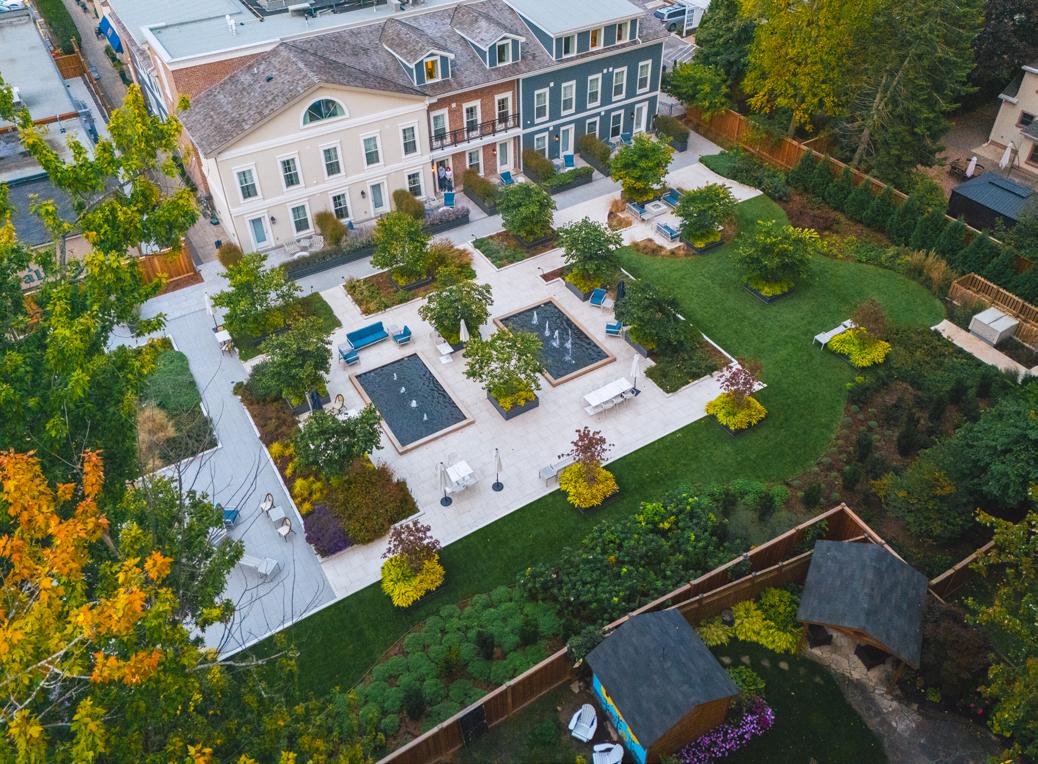
Los sentidos recuerdan: Una estancia con alma en 124 on Queen
Donde cada sonido, sabor y respiración se convierten en parte de tu renacer personal.
Hay lugares que te reciben con una llave. Y luego están aquellos que abren una puerta interior. Así se siente llegar a 124 on Queen, en el corazón de Niagara-on-the-Lake. Un santuario boutique de calma profunda y detalles susurrados, donde el lujo se encuentra con el alma y cada instante parece curado para tu despertar.
Antes de verlo, lo sientes. Quietud. Una especie de silencio que te saca con suavidad de tu mente. El corazón de este refugio es el Spa at Q, 12,000 pies cuadrados de inmersión en contrastes y sensaciones. El vapor de eucalipto, la sauna de cedro, el lounge de meditación con sal, el impacto de una sala de nieve, la única en Canadá, ofrecen no solo terapia, sino transformación. No es solo un spa. Es un ritual.
El bienestar aquí se sirve con intención. Treadwell Cuisine honra sus raíces de granja a mesa con
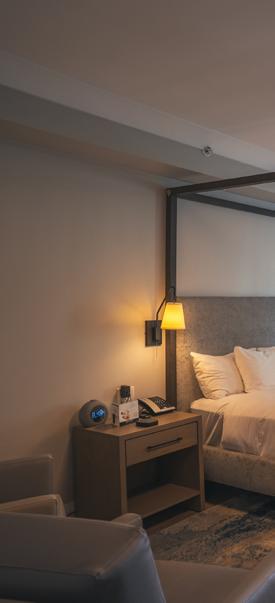
integridad, no con moda. Cada bocado estalla con lo local: tomates reliquia, hierbas de la región, vinos del valle. Los chefs cuentan historias a través del sabor, y el personal sirve cuidado tanto como comida. La experiencia nutre más allá del apetito.
En reposo, 124 on Queen se convierte en una extensión de ti. Desde villas con servicio completo hasta elegantes habitaciones king, cada detalle susurra familiaridad, texturas suaves, luz generosa, privacidad sin desconexión. Es comodidad sin pretensión, lujo sin distancia. Aquí, no solo te alojas. Perteneces.
La naturaleza no está confinada al paisaje. Se filtra en el ritmo de las cosas. Incluso en el centro del pueblo, hay un fluir que se siente orgánico: paseos en bicicleta por la Niagara Parkway al amanecer, meditaciones sonoras en el spa, el silencio de los viñedos. El exterior no es un fondo, es un latido.
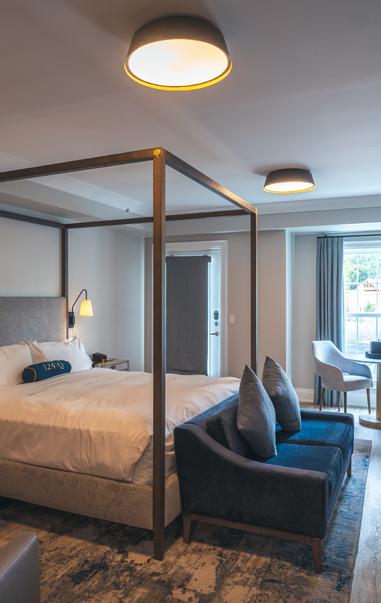
Pero lo que más se queda contigo son los encuentros. Pequeños, reales, momentos humanos. Una charla junto a la chimenea. Una mirada compartida con una copa de vino. Las risas del festival bajo luces colgantes. Los eventos aquí no son simples reuniones; son invitaciones, a conectar, reflexionar, y ser visto. Incluso el personal se siente más como anfitriones que empleados, cada uno encarnando el ethos silencioso de cuidado del hotel.
El bienestar no es algo que 124 on Queen prometa. Es algo que vive. A través del espacio, del sabor, de la presencia. No grita su valor, te deja descubrirlo. Y cuando te vas, no solo recuerdas el aroma del eucalipto o el sabor de las bayas de verano. Recuerdas cómo te sentiste.
Y eso, tal vez, es el lujo más raro de todos.
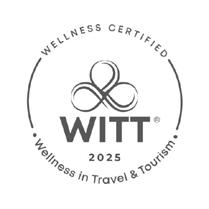
“Hay lugares que cambian tu estado de ánimo. Y luego están aquellos que cambian tu ritmo, tu respiración, tu perspectiva. 124 on Queen es de los segundos.”
— WITT Certified
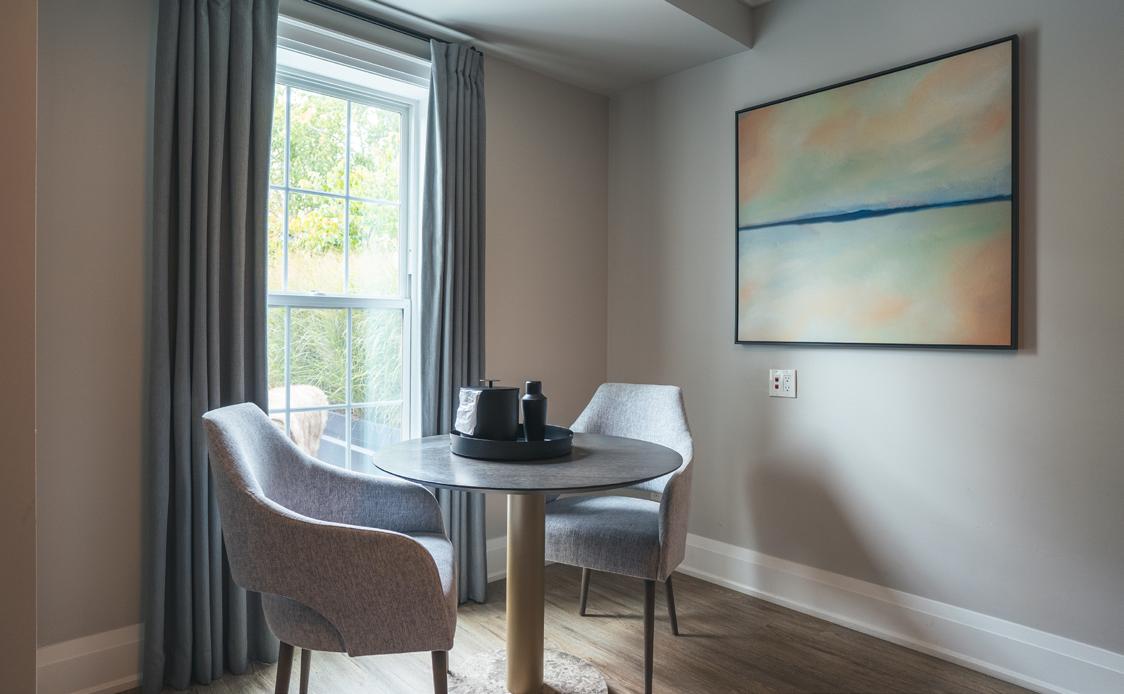
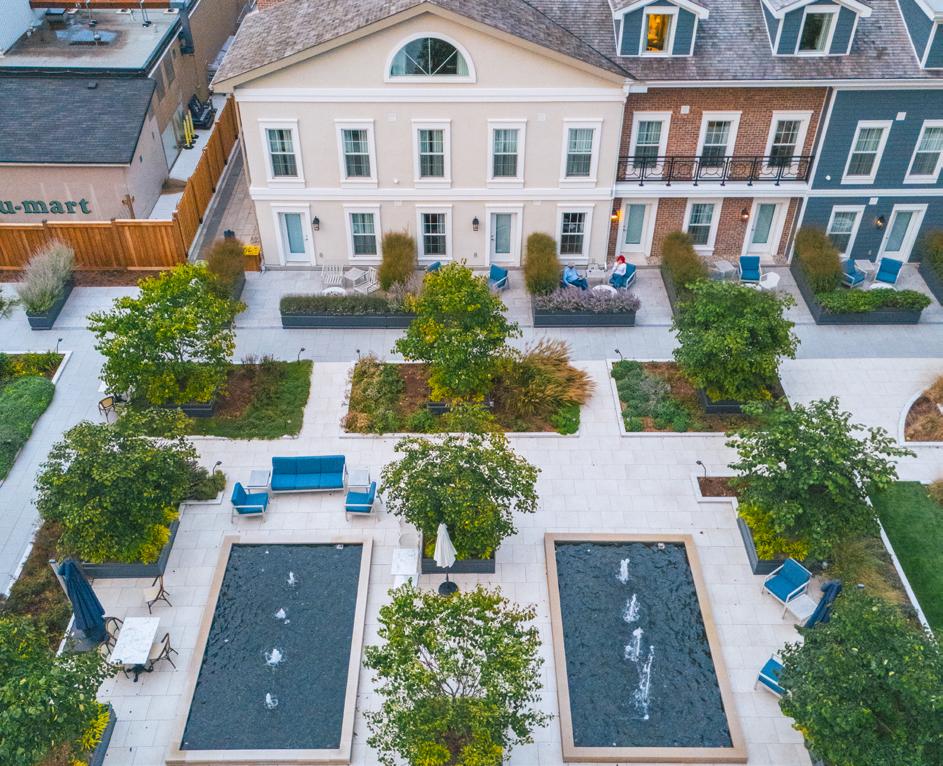
The senses remember: a soulful stay at 124 on Queen
Where every sound, taste, and breath becomes part of your personal revival.
Some places greet you with a key. And then there are places that open a door within. That’s what it feels like arriving at 124 on Queen, nestled in the heart of Niagara-on-the-Lake. A boutique sanctuary of deep calm and whispered details, where luxury meets soul and every moment feels curated for your awakening.
Before you even see it, you feel it. Stillness. A kind of hush that gently pulls you out of your own mind. Anchoring this retreat is the Spa at Q, a 12,000-square-foot immersion into contrast and sensation. The eucalyptus steam, the cedar sauna, the salt meditation lounge, the shock of a snow room, Canada’s only one, each offering not just therapy, but transformation. It’s not just a spa. It’s a ritual.
Well-being, here, is plated with intention. Treadwell Cuisine honors its farm-to-table roots with integrity, not trend. Each bite bursts with what’s nearby: heirloom tomatoes,
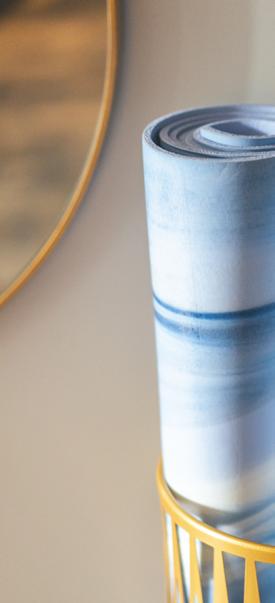
local herbs, regional wines. The chefs tell stories through flavor, and the staff serve care as much as food. The experience nourishes beyond appetite.
At rest, 124 on Queen becomes an extension of you. From fullservice villas to elegantly appointed king rooms, every detail whispers familiarity—soft textures, generous light, privacy without disconnect. It’s comfort without pretense, luxury without distance. Here, you don’t just stay. You belong.
Nature is not confined to the landscape. It seeps into the rhythm of things. Even in the village center, there’s a flow that feels organic: morning bike rides along the Niagara Parkway, sound bath meditations in the spa, the quiet of the vineyards. The outdoors is not a backdrop—it’s a pulse.
But what stays with you most are the encounters. Small, real, human

moments. A chat by the fireplace. A glance exchanged over wine. The festival laughter under string lights. Events here aren’t mere gatherings; they’re invitations—to connect, reflect, and be seen. Even the staff feel more like hosts than employees, each embodying the hotel’s quiet ethos of care.
Wellness is not something 124 on Queen promises. It’s something it lives. Through space, through flavor, through presence. It doesn’t shout its value—it lets you discover it. And when you leave, you don’t just remember the scent of eucalyptus or the taste of summer berries. You remember how you felt.
And that, perhaps, is the rarest luxury of all.

“There are places that change your mood. And then, there are places that change your pace, your breath, your perspective. 124 on Queen is that second kind.”
— WITT Certified
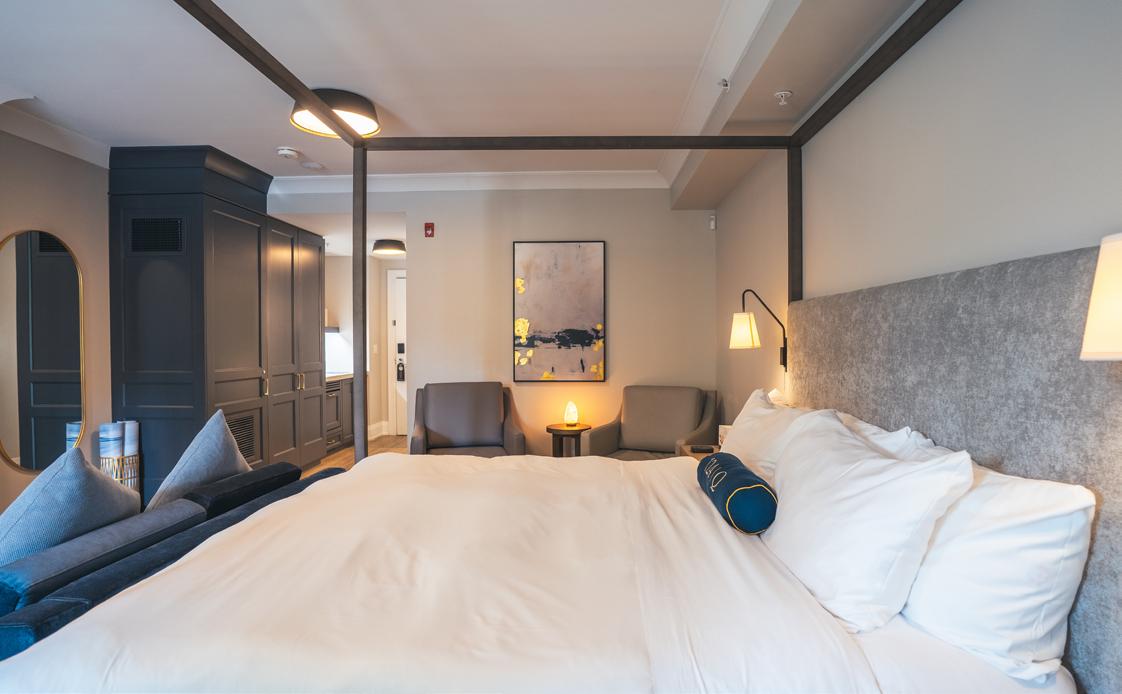
La tranquilidad del desierto, despierta en ti: The Phoenician, Scottsdale
Donde el silencio encuentra al alma, y el bienestar se convierte en un regreso al hogar.
Algunos lugares se visitan. Otros, se respiran.
Al pie de la majestuosa Camelback Mountain, The Phoenician no es solo un resort, es un despertar que permanece. Desde el primer momento, la calidez y grandeza del desierto te envuelven, no para impresionar, sino para susurrarte: aquí eres bienvenido. Cada experiencia fluye naturalmente hacia la siguiente. Las mañanas inician con rituales que parecen eternos: el calor en la piel mientras practicas yoga en la “rooftop” bajo un cielo ámbar, seguido de un circuito de hidroterapia que despierta todos tus sentidos. Dentro del galardonado Phoenician Spa, la serenidad se esculpe con precisión, sin pretensiones. Es un lugar donde el sonido, el vapor, la textura y la luz se entrelazan para ofrecer una renovación que perdura más allá del check-out. No se trata de indulgencia por indulgencia. Es un arte en el cuidado. Los rituales posteriores al tratamiento nos recuerdan que la quietud también es parte del camino, no solo una pausa. Aquí, el lujo se mide no solo por el mármol o los mosaicos, sino por la respiración. Por el tiempo. Por lo que se siente.
El movimiento recorre este lugar con suave intención. Ya sea nadando en la brillante piscina de Madreperla o explorando los senderos del terreno sonorense, siempre estás invitado a moverte a tu ritmo. Incluso el golf, el pickleball y el fitness encuentran su espacio en un paisaje diseñado para energizar, no agotar.
La naturaleza no es solo un fondo: es una cómplice. Los cactus se alzan como esculturas, el viento danza entre las palmas, y cada vista, ya sea hacia la ciudad o

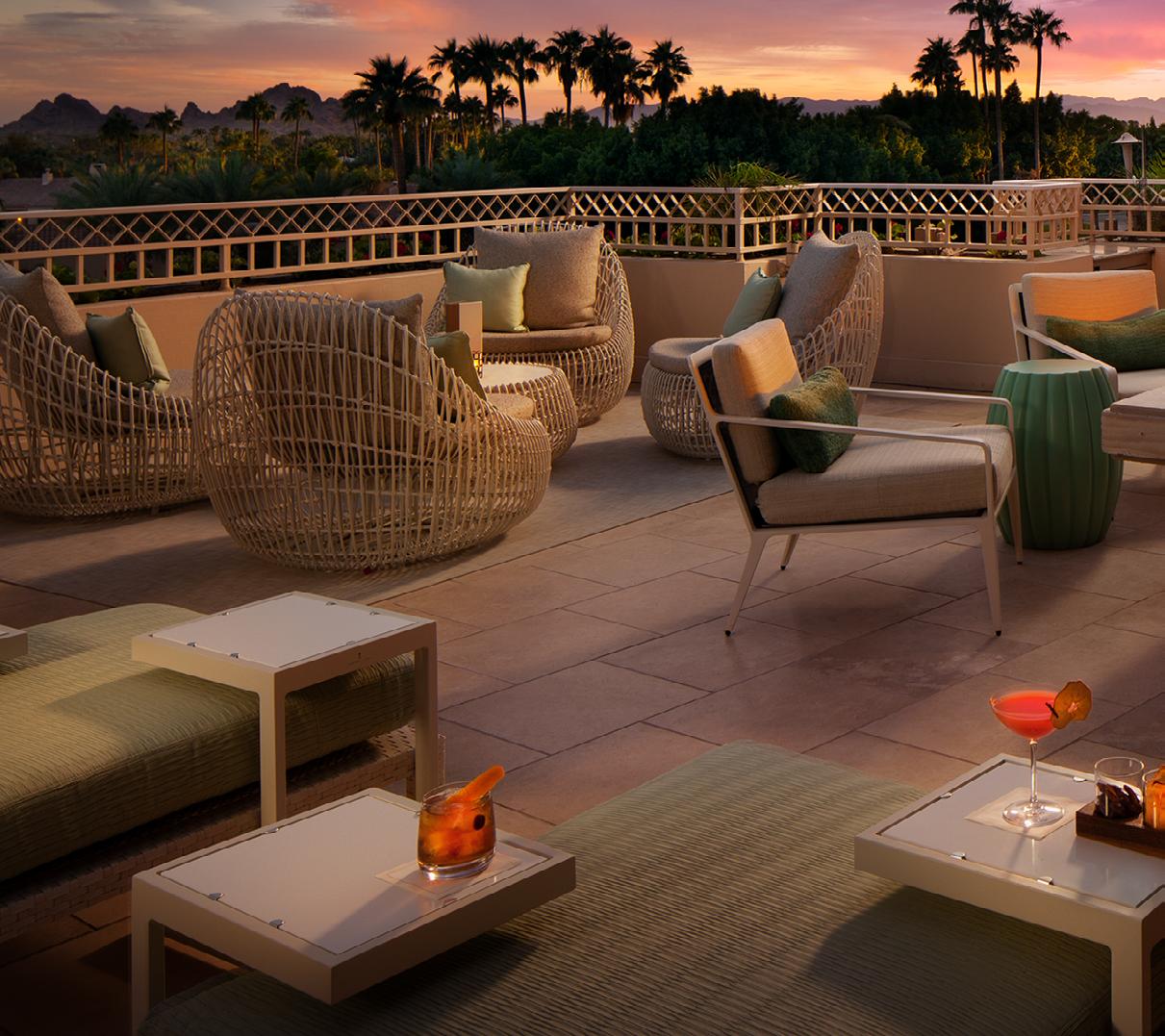

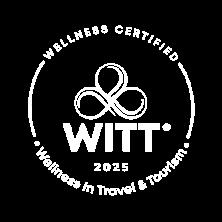
el cañón, parece enmarcada como una pintura desértica. Ya sea cenando al aire libre en Mowry & Cotton o simplemente disfrutando agua infusionada en el lounge del spa, el desierto permanece presente en cada conversación.


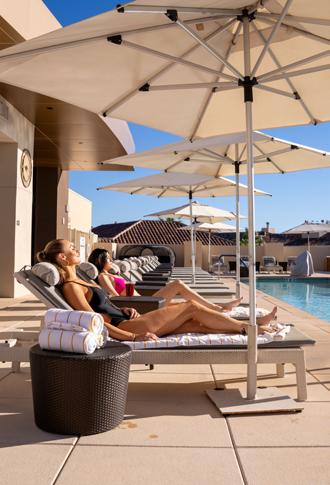
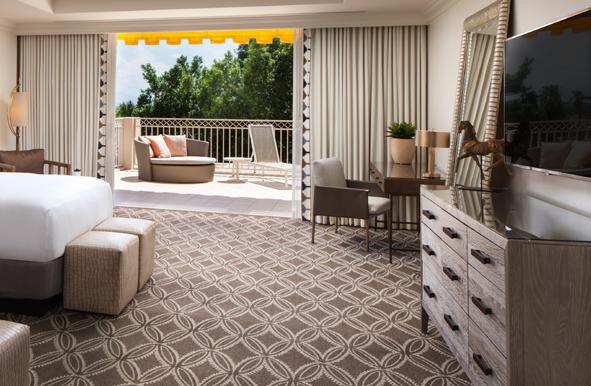
En la mesa, el bienestar se expresa en muchos idiomas. Las experiencias culinarias del resort se basan en menús de inspiración local que honran las estaciones. Desde desayunos artesanales en The Canyon Lounge hasta platillos clásicos reinventados en The Phoenician Tavern, la nutrición aquí es multisensorial, terrosa, luminosa, elegante.
Pero lo que realmente distingue a The Phoenician no es solo su diseño o servicio, es su alma. En un mundo lleno de momentos fabricados, este lugar se mantiene fiel a algo más profundo: la presencia auténtica. El personal te recibe como guardianes, no como empleados. Cada detalle, desde techos con pan de oro hasta sábanas en tonos del desierto, se siente pensado, no forzado.
The Phoenician no es donde te pierdes. Es donde te reencuentras, con la mirada más clara, respiraciones más profundas, y quizá, un latido más lento.
“El verdadero lujo no grita. Invita. Y en la luz del desierto de Scottsdale, The Phoenician no promete transformación— simplemente crea el espacio para que suceda.”
— WITT Certified
Desert tranquility, awakened within: The Phoenician, Scottsdale
Where silence meets soul, and wellness becomes a way home.
Some places you visit. Others, you inhale.
Nestled at the base of Camelback Mountain, The Phoenician isn’t simply a resort, it’s an awakening that lingers. From the moment you arrive, the desert’s warmth and grandeur wrap around you, not to impress, but to whisper: you are welcome here. Each tier of experience flows effortlessly into the next. Mornings begin with rituals that feel timeless, warmth on your skin as you move through rooftop yoga beneath an amber sky, followed by a contrast hydrotherapy circuit that stirs your senses awake. Inside the award-winning Phoenician Spa, serenity is sculpted with precision, yet never forced. It’s a place where sound, steam, texture, and light come together to offer renewal that lingers long after checkout.
This is not indulgence for indulgence’s sake, it’s craftsmanship in care. The spa’s posttreatment rituals remind you that stillness is part of the journey, not just a break from it. Here, luxury is measured not only by marble or mosaics, but by breath. And time. And feeling.
Movement courses through this place with gentle intention. Whether it’s laps in the shimmering Mother-of-Pearl pool or exploring trails along the Sonoran terrain, you are always invited to move as you are. Even golf, pickleball, and fitness find their place in a landscape designed to energize, not exhaust.
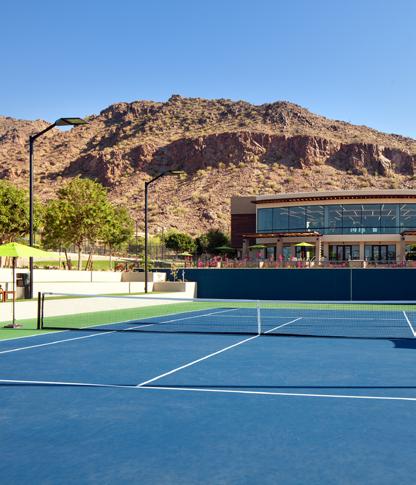
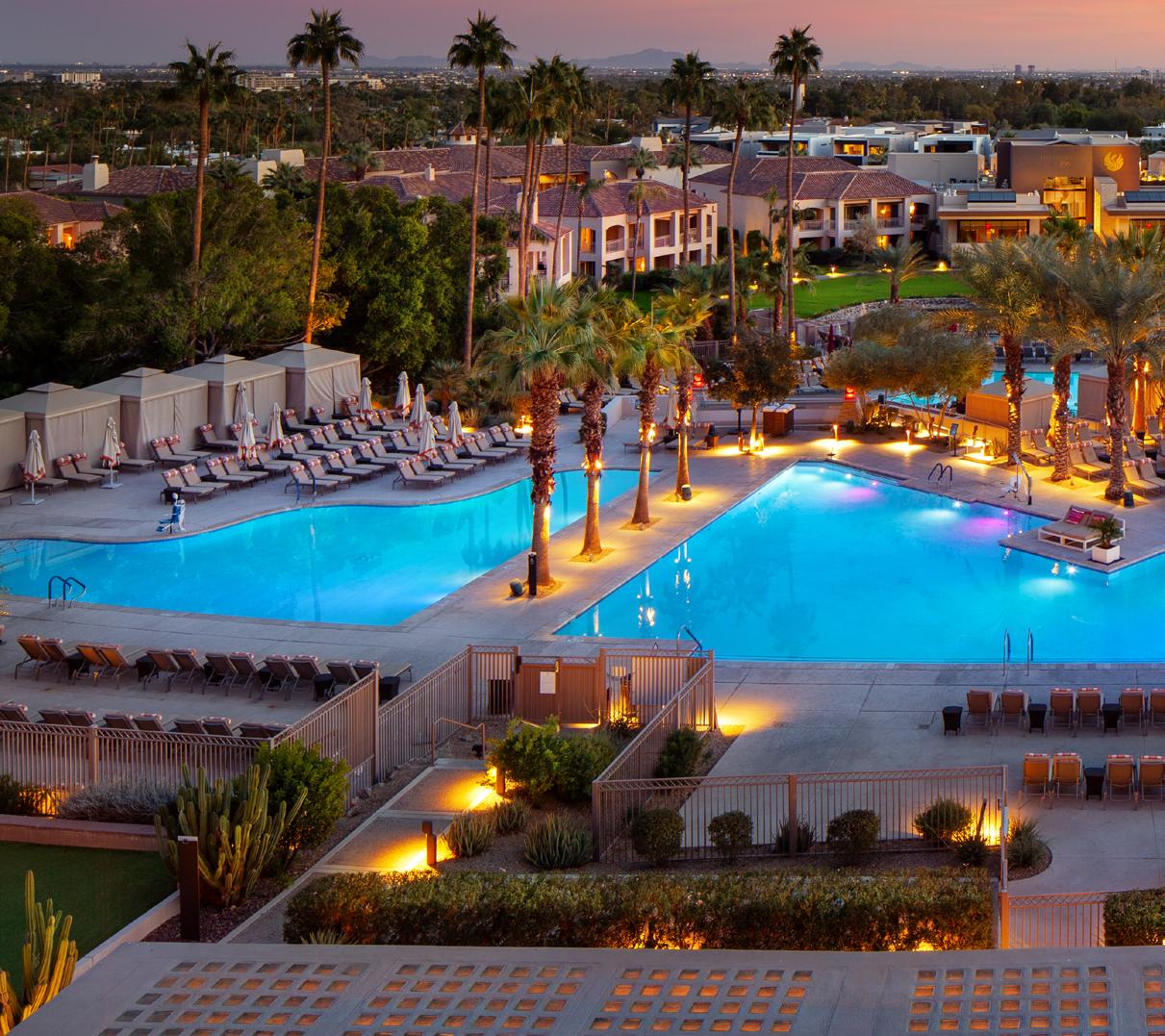
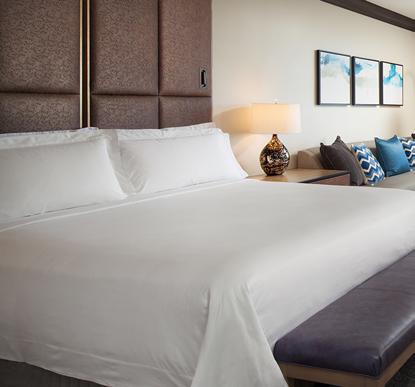

Nature here is not a backdrop, it’s an accomplice. Cacti stand like sculptures, wind dances through palm leaves, and each view, cityscape or canyon, is framed like a desert painting. Whether you’re dining al fresco at Mowry & Cotton or simply sipping infused water in the spa’s lounge, the desert remains part of the conversation.
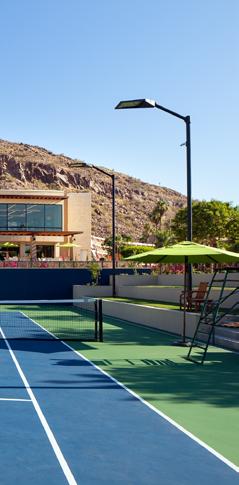
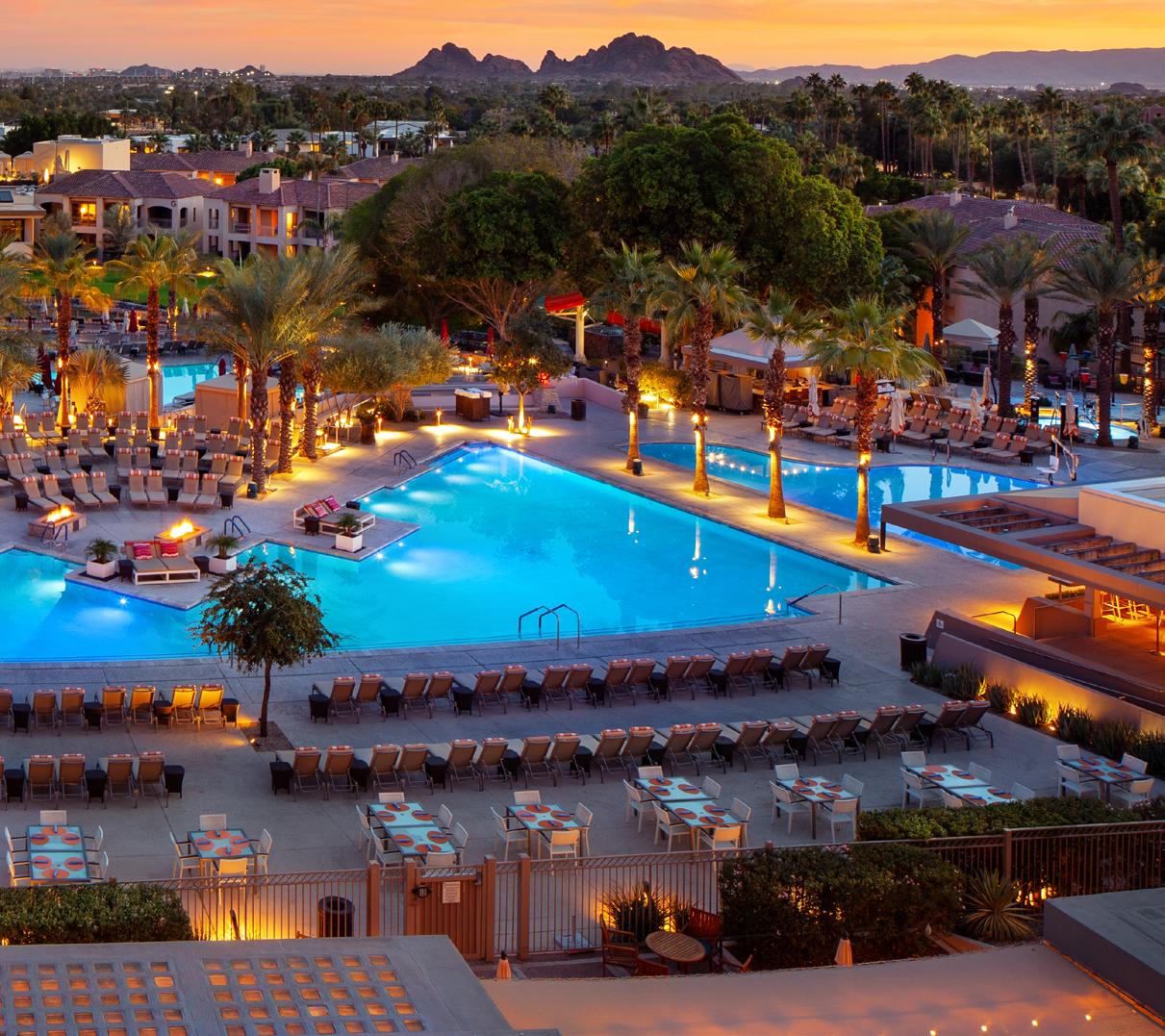
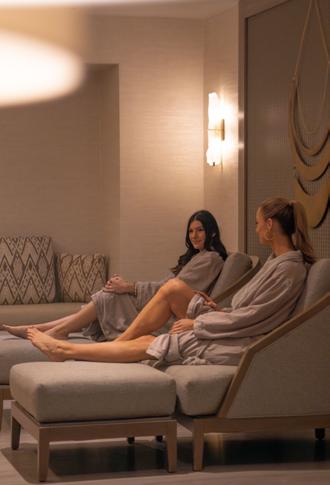
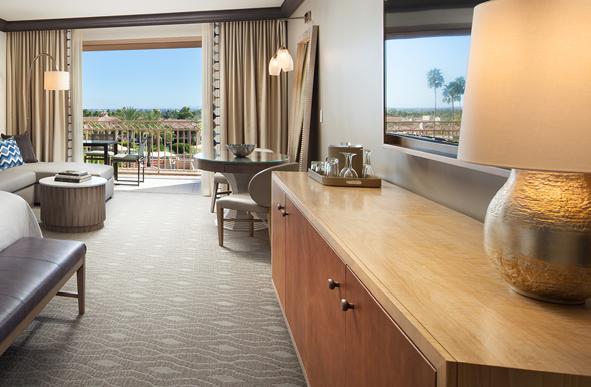
At the table, wellness speaks many dialects. The resort’s culinary experiences are grounded in locally inspired menus that honor the seasons. From artisanal breakfasts at The Canyon Lounge to refined pub favorites at The Phoenician Tavern, nourishment here is multi-sensory, earthy, sun-kissed, elegant.
But what sets The Phoenician apart isn’t only its design or service, it’s its heart. In a world of curated moments, this place remains true to something deeper: authentic presence. Staff greet you like stewards, not employees. Every detail, from goldtipped ceilings to desert-toned linens, feels considered, not contrived.
The Phoenician isn’t where you lose yourself. It’s where you meet yourself again, with clearer eyes, deeper breaths, and maybe, a slower heartbeat.
“True luxury doesn’t shout. It invites. And in the desert light of Scottsdale, The Phoenician doesn’t promise transformation—it simply makes space for it.”
— WITT Certified
Donde el equilibrio toca la orilla: Park Hyatt Aviara, Carlsbad
En un lugar donde la tierra besa al mar, el bienestar encuentra su ritmo a través del aliento, el movimiento y el sentido.
En Park Hyatt Aviara, el bienestar no se ofrece, se vive. A lo largo de la tranquila costa de Carlsbad, donde la brisa del Pacífico acaricia jardines exuberantes y lagunas mareales, una invitación suave se extiende: bajar el ritmo, afinar los sentidos y comenzar de nuevo.
Aquí, los pilares de una vida bien vivida no son programas, sino experiencias que se filtran por los sentidos. Comienza el día con propósito en el Miraval Life in Balance Spa Aviara. Inicia con un momento de conciencia en el Solarium, bañado en luz natural e intención serena. Después, sumérgete en una travesía de bienestar moldeada por la sabiduría ancestral y el cuidado contemporáneo: terapias integrativas, movimiento meditativo, respiración consciente y rituales para el cuerpo que no solo tratan, sino que enseñan a escuchar.
El movimiento no es una obligación, es una celebración. Se encuentra en estudios de pilates con reformer, en clases de yoga al aire libre, en la cadencia de una caminata guiada por la laguna Batiquitos o en un partido vibrante en las canchas del Aviara Racquet Club. A donde el cuerpo se mueve, la naturaleza acompaña. Las palmeras se mecen como testigos mientras cada paso se convierte en una declaración: Estoy aquí.

“El equilibrio no es algo que se persigue. Es algo a lo que se regresa. Y en Aviara, ese hogar comienza con tu próximo respiro.”
— WITT Certified
La nutrición también es arte y función. Las experiencias culinarias en Ponto Lago y Ember & Rye no son simplemente comidas, son narrativas sensoriales. Con un enfoque en ingredientes integrales, sabores regionales y preparación consciente, aquí comer eleva el autocuidado a un ritual. Quienes desean profundizar, comparten espacio con chefs y nutricionistas, descubriendo cómo la comida puede ser medicina, memoria y alegría.
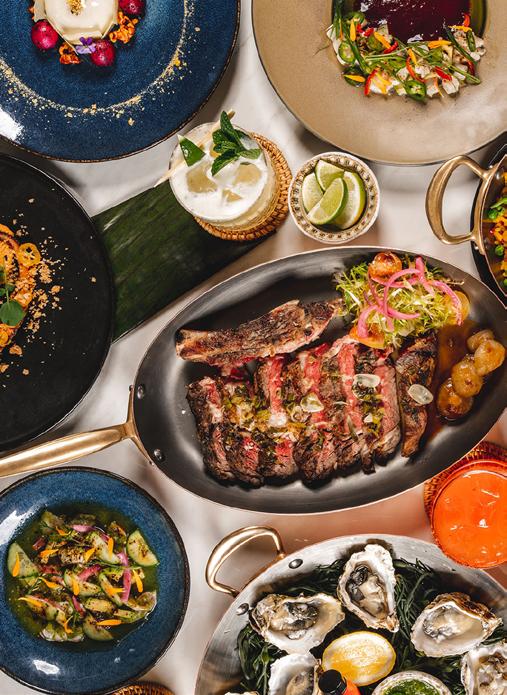
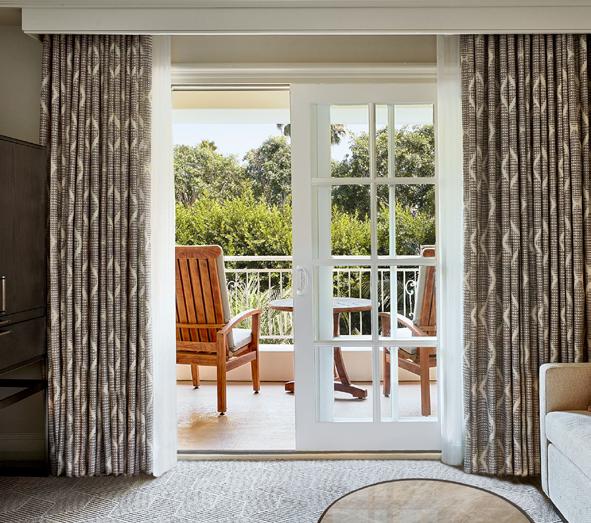
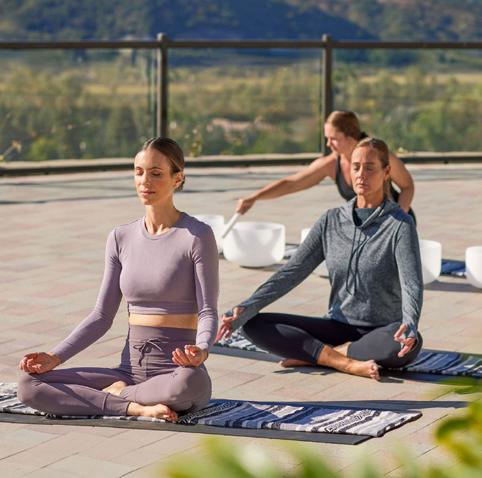
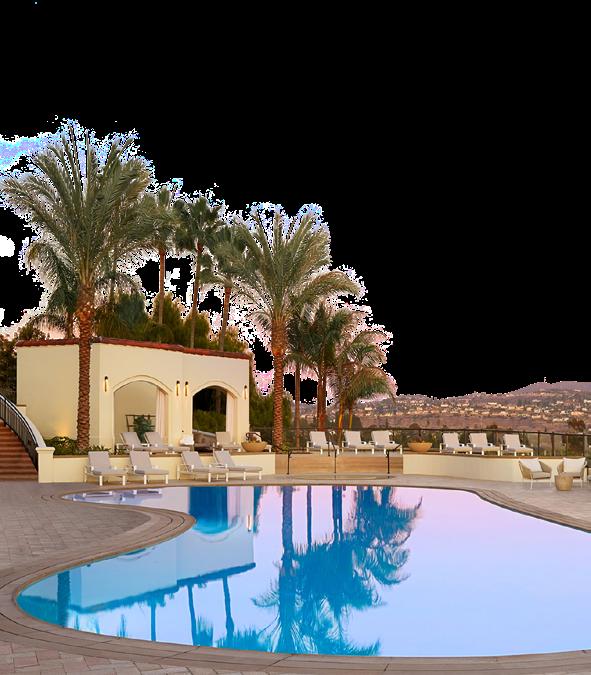
La conexión con el entorno es tangible. Este no es un resort que está sobre la tierra, es uno que vibra con ella. Cada clase al aire libre, cada ventana, cada silla en la terraza expresa una ética de coexistencia. Lo sientes al recorrer los senderos o inhalar la brisa oceánica, el bienestar como pertenencia, no como escape.
Tras la serenidad, hay una fuerza silenciosa: el compromiso con un propósito. Desde la reducción de plásticos de un solo uso y el abastecimiento local, hasta programas inclusivos para todos los cuerpos, edades y necesidades, Aviara no solo sirve a sus huéspedes, sirve a su comunidad y al planeta. El bienestar aquí es un efecto multiplicador.
El resultado no es un itinerario, es un cambio. Uno en el que el descanso se convierte en renovación, y cada respiro lleva el recuerdo de la bruma marina y la quietud iluminada por el sol. No solo te vas recargado, te vas reorientado, más afinado, más abierto, más tú.

Where balance finds its shore: Park Hyatt Aviara, Carlsbad
In a place where the land meets the sea, wellness finds its rhythm through breath, movement, and meaning.
At Park Hyatt Aviara, wellness isn’t offered, it’s lived. Along Carlsbad’s peaceful coastline, where Pacific breezes meet lush gardens and tidal lagoons, a gentle invitation awaits: to slow down, tune in, and begin again.
Here, the pillars of a well-lived life take shape not as programs, but as experiences that seep into your senses. Wake with purpose at the Miraval Life in Balance Spa Aviara. Begin with a mindful moment in the Solarium, awash in natural light and quiet intention. Then step into a wellness journey shaped by ancient wisdom and contemporary care: integrative therapies, meditative movement, breathwork and body rituals that don’t just treat, but teach you to listen.
Movement is not a prescription, it’s a celebration. You’ll find it in Pilates reformer studios and open-air yoga classes, in the rhythm of a guided hike through Batiquitos Lagoon, or during a spirited match on the Aviara Racquet Club’s courts. Wherever your body leads, nature follows. Palm trees sway in witness as each step becomes a declaration: I am here.
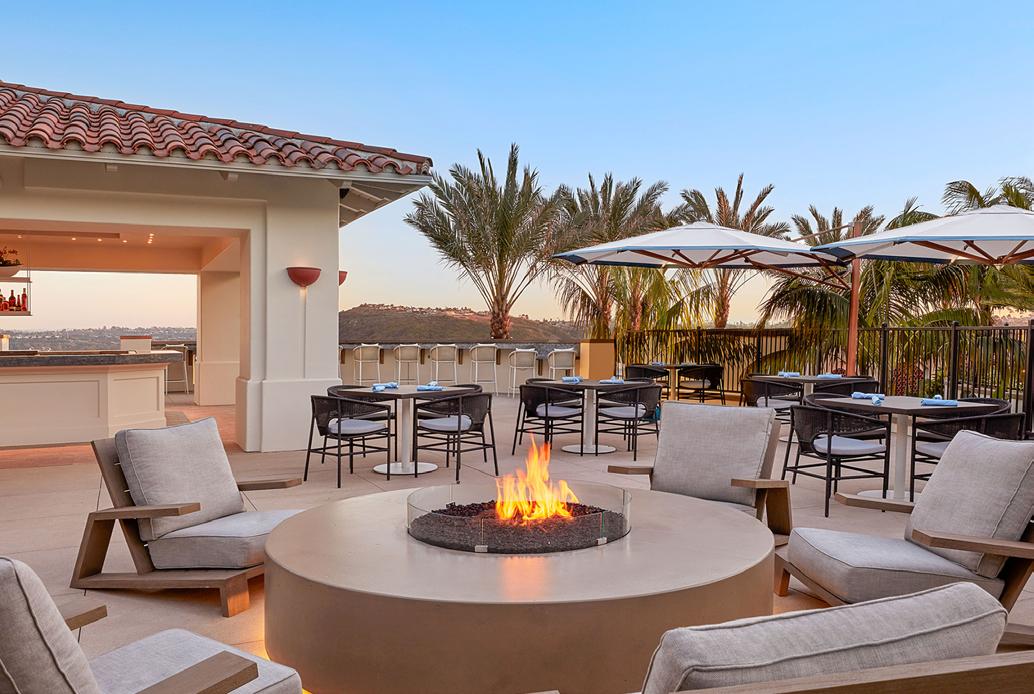
“Balance isn’t something you chase. It’s something you come home to. And at Aviara, home is wherever your next breath begins.”
— WITT Certified
Nourishment, too, is approached as art and function. Culinary experiences at Ponto Lago and Ember & Rye aren’t simply meals, they’re sensorial narratives. With a focus on whole ingredients, regional flavors, and mindful preparation, dining here elevates self-care into ritual. Those curious to go deeper find themselves alongside chefs and nutritionists, discovering how food becomes medicine, memory, and joy.
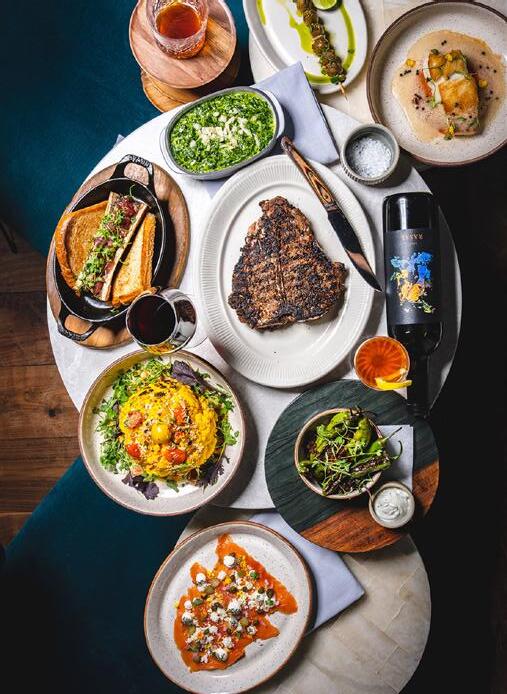
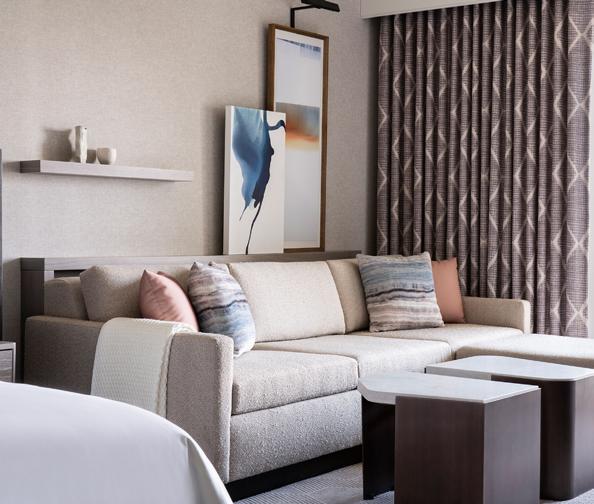
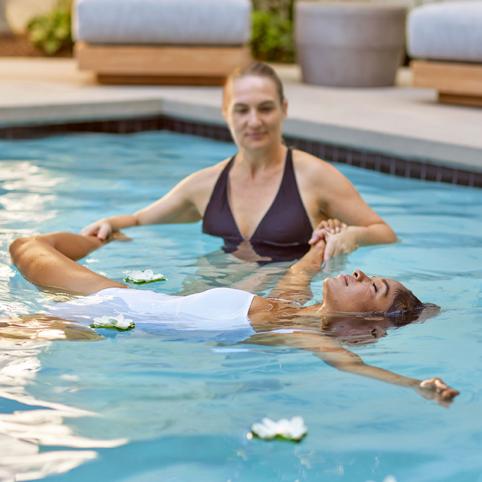
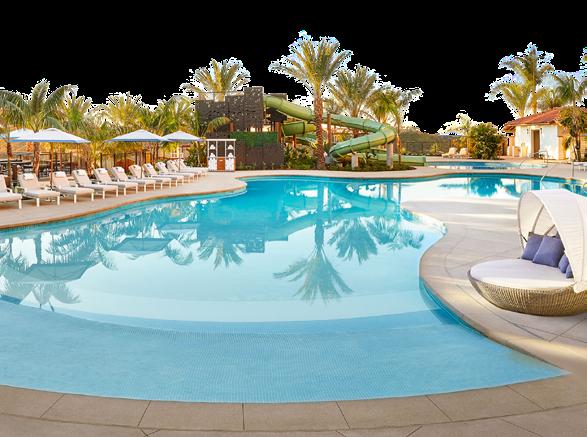
The connection to place is palpable. This isn’t a resort that sits on the land, it harmonizes with it. Every outdoor class, every window view, every terrace lounge chair speaks to an ethic of coexistence. You feel it as you wander trails or breathe in ocean air, wellness as belonging, not escape.
Behind the serenity lies a subtle force: a commitment to purpose. From reducing single-use plastics and sourcing locally, to offering inclusive programs for all bodies, all ages, all needs, Aviara doesn’t just serve its guests, it serves its community and planet. Wellness here is a ripple effect.
The result is not an itinerary, it’s a shift. One where rest becomes renewal, and each breath carries the memory of sea mist and sunlit stillness. You leave not just recharged, but reoriented, more attuned, more open, more you.

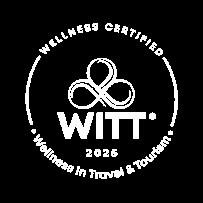
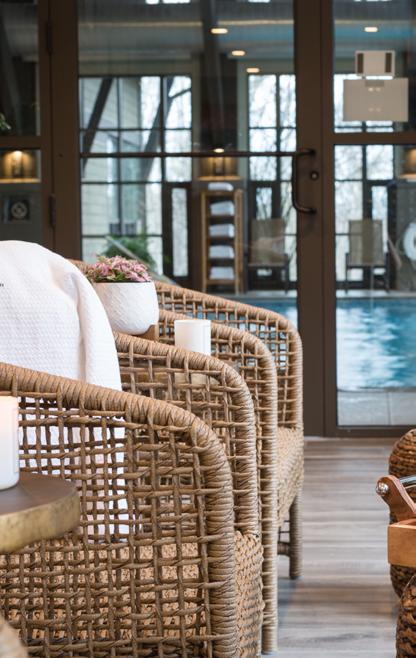
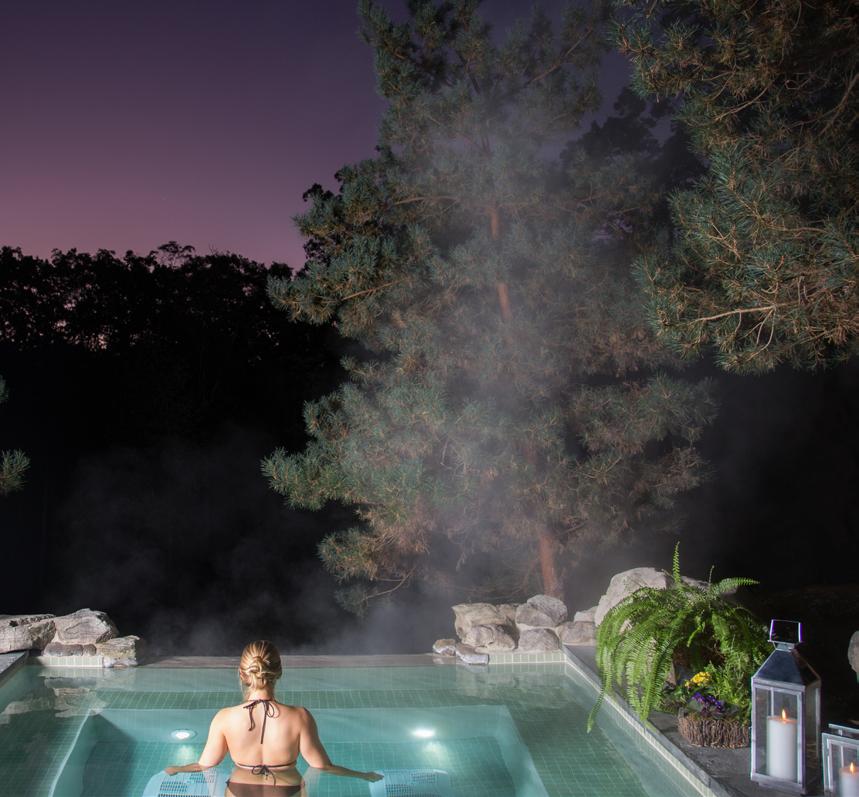
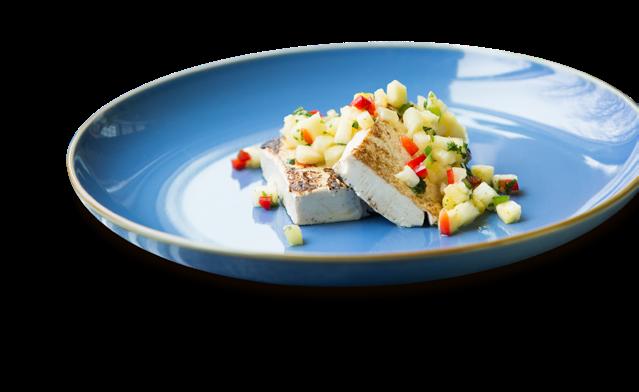
The Lodge at Woodloch: Un viaje de regreso a ti
Donde la naturaleza inspira, la conexión se profundiza y el ser se redescubre.
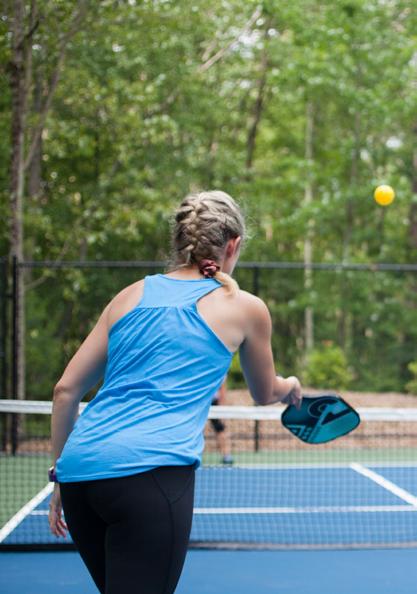
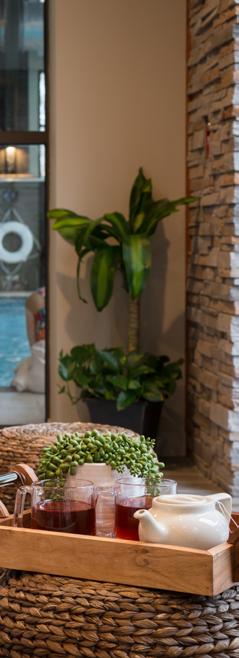

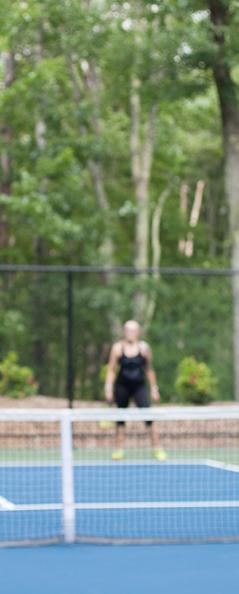
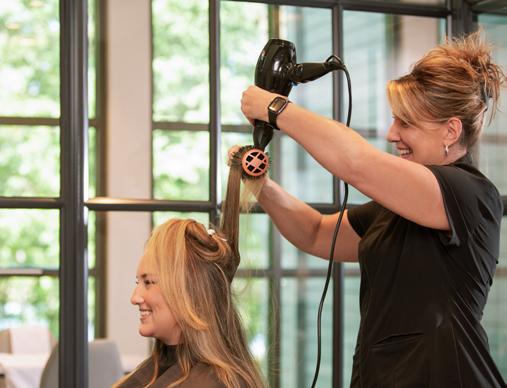
Escondido entre las colinas boscosas de Pensilvania, The Lodge at Woodloch es más que un destino: es un regreso. Un regreso al ser, al silencio, a la alegría pura del descubrimiento a través de cada sentido. Aquí, cada sendero, clase y sabor forma parte de un despertar personal cuidadosamente curado.
Despierta con la neblina elevándose sobre el pequeño lago Teedyuskung y siente ese suave llamado a explorar, no solo los senderos que serpentean entre más de 500 acres de bosque, sino ese terreno interior que solemos dejar de lado. Este es un lugar que te invita a ser, no a hacer.
Encontrarás tu ritmo a través de un movimiento que sana. Fluye en el agua con Splash Dance, estírate hacia lo desconocido en el Great Wall of Yoga o recorre senderos sombreados mientras el bosque canta su antigua melodía. Aquí, moverse es liberarse, no exigirse.
En el spa, el mundo se disuelve. Desde los muros de hidromasaje hasta la serena sala de nieve, cada detalle está diseñado para tu renovación. No se trata de indulgencia, sino de integración. Entras cargando el peso del mundo, y sales recordando tu ligereza.
La naturaleza se convierte en tu aliada. A través de caminatas meditativas, baños de bosque o noches estrelladas, cada encuentro con la tierra es parte de tu proceso de sanación. El entorno no solo sostiene la experiencia, la moldea.
“No vienes a Woodloch para escapar de tu vida. Vienes para recordar la vida que espera dentro de ti”
— WITT Certified
Las comidas son más que alimento: son recuerdos en formación. Los chefs de TREE cocinan con ingredientes cosechados a unos pasos de distancia, transformando cada bocado en una meditación sobre la estacionalidad, la sostenibilidad y el gozo. Las clases de cocina, catas de vino y almuerzos en el jardín difuminan la línea entre lo culinario y lo ritual.
Pero lo que realmente distingue a The Lodge es el espíritu con el que sirve. Es la sonrisa que recuerda tu nombre, la flexibilidad que se siente como en casa, y esa promesa tácita de que no solo eres bienvenido, eres comprendido. Los huéspedes hablan de sentirse acogidos, no atendidos.
Aquí se te invita a vagar lejos y a sumergirte profundo. A reconectar no solo con lo que amas, sino con quien eres cuando el mundo se aquieta. El viaje no está trazado: se revela, un momento consciente a la vez.
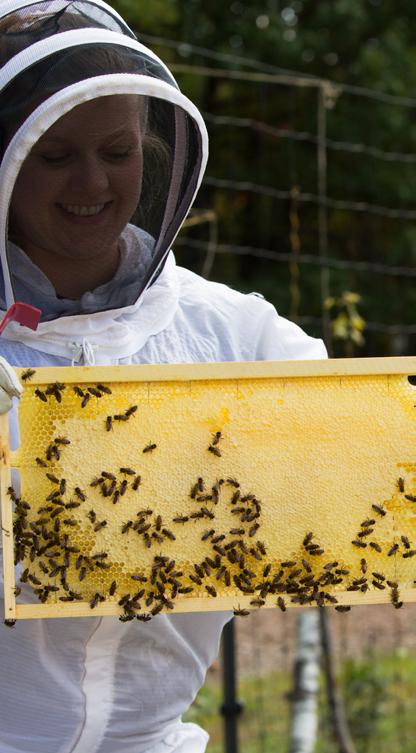

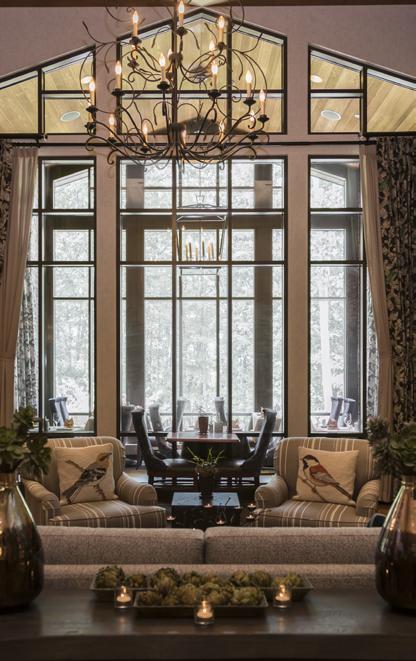
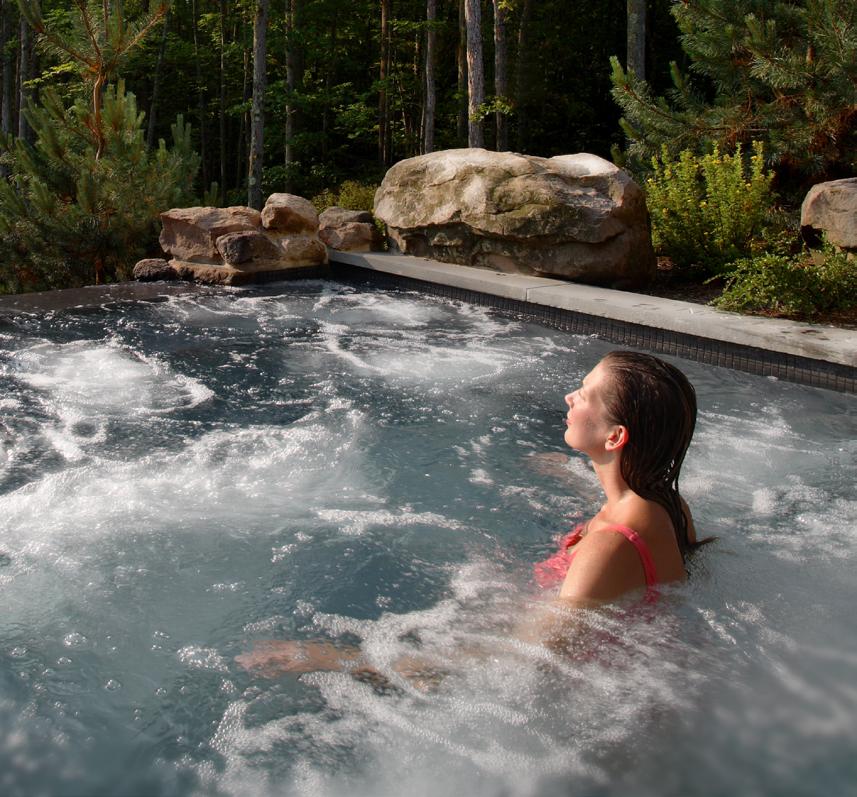
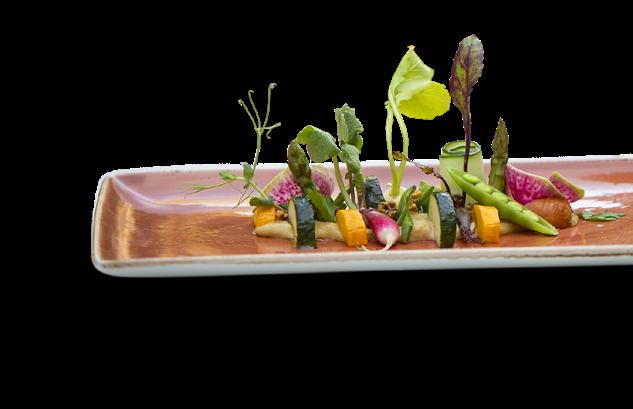
The Lodge at Woodloch: A journey back to you
Where nature inspires, connection deepens, and the self is rediscovered.
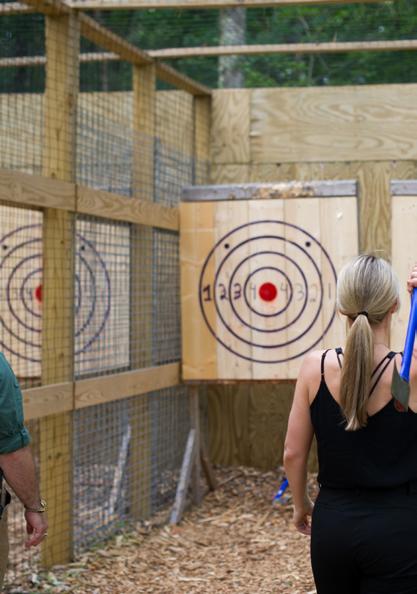
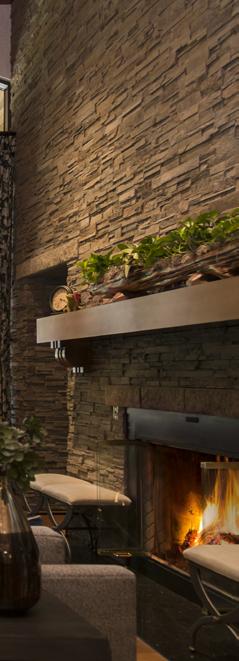
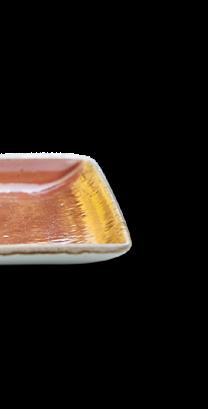
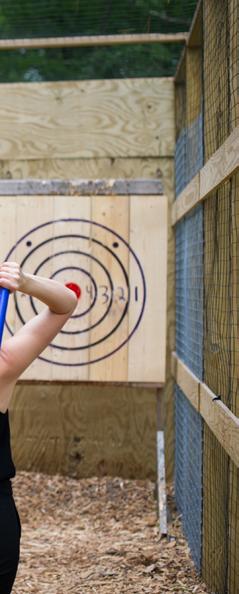
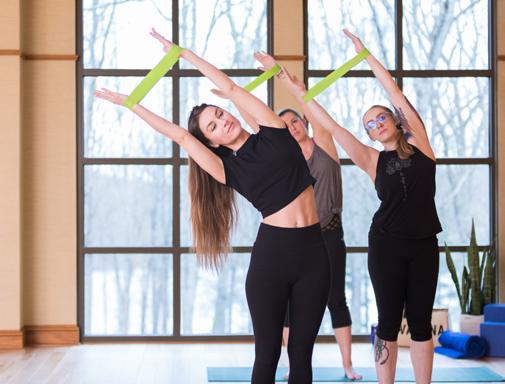
Tucked into the forested hills of Pennsylvania, The Lodge at Woodloch is more than a destination—it’s a return. A return to self, to silence, to the pure joy of discovery through every sense. Here, each path, class, and flavor is part of a personal awakening curated with care.
Wake to the mist rising over Little Lake Teedyuskung and feel a gentle call to explore, not just the trails winding through 500 acres of woodland, but the inner terrain we often leave unattended. This is a place that encourages you to become rather than do.
You’ll find your rhythm in movement that heals. Float through water in Splash Dance, stretch into the unknown on the Great Wall of Yoga, or hike shaded trails while the forest hums its ancient lullaby. Here, movement is liberation, not obligation. At the spa, the world melts away. From the Hydromassage WaterWalls to the serene Snow Room, every detail serves your renewal. It’s not about indulgence, it’s about integration. You step in carrying the weight of the world, and step out remembering your lightness.
Nature reveals itself as your guide. Whether through Forest Bathing or foraging walks, labyrinth meditations or evenings under the stars, each encounter with the land becomes part of your healing. The surroundings don’t just support your experience, they shape it.
Meals are not just nourishment, they are memory-making. The chefs at TREE craft with ingredients harvested steps away, transforming every bite into a meditation on seasonality, sustainability, and joy. Cooking classes, wine tastings, and garden lunches blur the line between dining and ritual.
But what truly distinguishes The Lodge is the spirit in which it serves. It’s the smile that remembers your name, the flexibility that feels like home, and the unspoken promise that you’re not just welcome, you’re understood. Guests speak of feeling held, not hosted.
Here, you’re invited to wander far and dive deep. To reconnect not only with what you love, but with who you are when the world quiets down. The journey isn’t mapped, it’s revealed, one mindful moment at a time.
“You don’t come to Woodloch to escape your life. You come to remember the life waiting within you.”
— WITT Certified
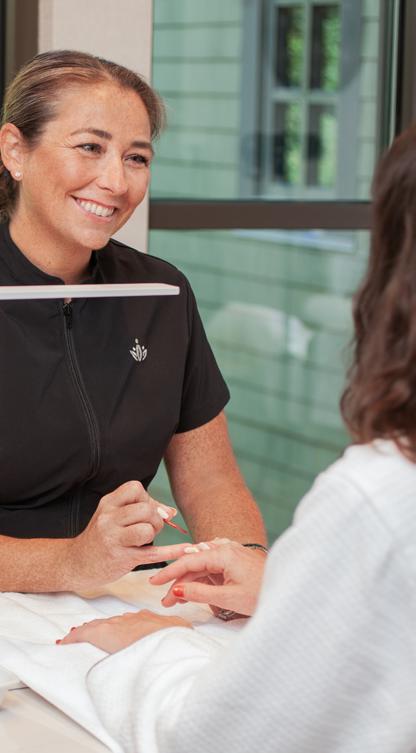
La Cantera Resort & Spa: Una travesía al alma del Hill Country
Donde la herencia texana se encuentra con el arte de vivir bien.

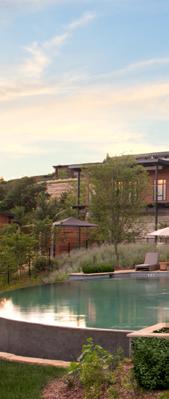
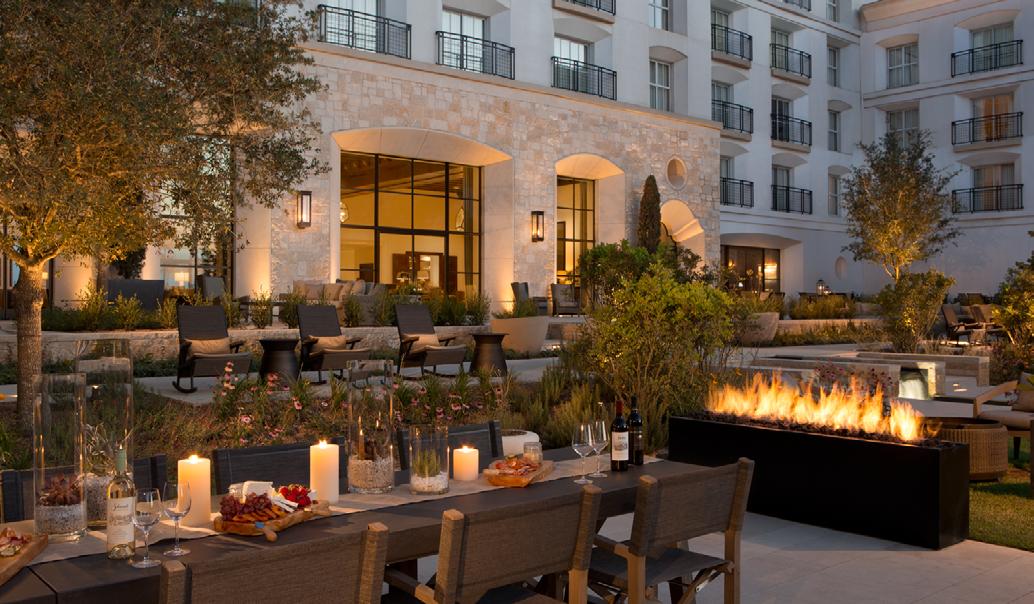
Entre las ondulantes colinas de San Antonio se alza La Cantera, no solo como un resort, sino como un santuario donde la historia, la generosidad de la tierra y el arte de vivir se entrelazan en una travesía de bienestar que se siente tan arraigada como expansiva. Aquí, no solo llegas: te reconoces.
Cada amanecer revela un horizonte que invita a la contemplación. Desde el primer café en Henrietta’s Market hasta un chapuzón en las piscinas rodeadas por la inmensidad del cielo texano, los momentos no se suceden: se saborean. En La Cantera, el tiempo se curva hacia la experiencia, no hacia la prisa.
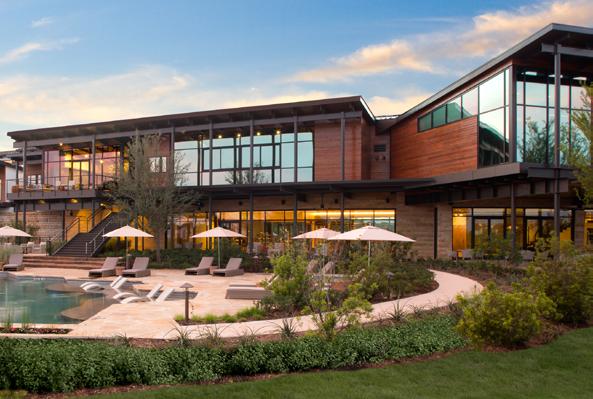
Loma de Vida Spa & Wellness es el corazón vibrante de esta travesía. Desde rituales con mojito de sandía hasta meditaciones flotantes bajo el sol del verano, cada tratamiento es un reflejo del paisaje: alegre, audaz, genuino. Más que ofrecer servicios, este spa provoca encuentros. Con el cuerpo. Con el silencio. Con el deseo de sentir.
El movimiento adopta mil formas: yoga con vista al valle, caminatas por jardines silenciosos, clases que despiertan tanto la fuerza como la alegría. Aquí el ejercicio no se mide en calorías, sino en vitalidad recuperada.
La cocina es una celebración que honra la herencia texana con un giro contemporáneo. Desde la sofisticación de Signature hasta la frescura vibrante del Topaz Pool Bar, cada bocado es una forma de presencia. Y cuando el sol se despide, Evenings at Topaz transforma la noche en un festín para los sentidos.
Pero lo más inolvidable de La Cantera no está solo en sus vistas o servicios, sino en su espíritu. Esa mezcla de tradición y evolución que se respira en sus espacios, se escucha en su música, se siente en cada bienvenida cálida y auténtica. Es la esencia del Hill Country, viva en cada gesto.
La Cantera no promete desconexión: ofrece reconexión. Con tus ritmos. Con tu alegría. Con un bienestar que no se predica, se habita. Porque aquí, el lujo no es ostentación: es intención.
“En lo alto del Hill Country, hay un lugar donde el cuerpo descansa, el alma se enciende y el espíritu canta su propio regreso.”
WITT Certified
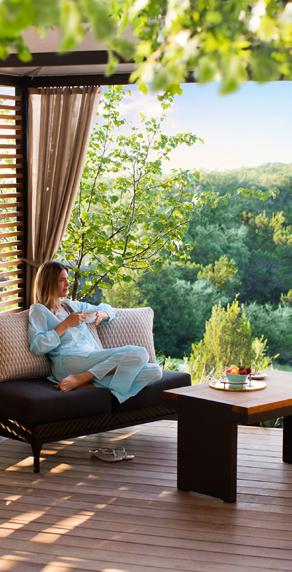
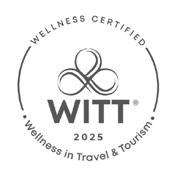
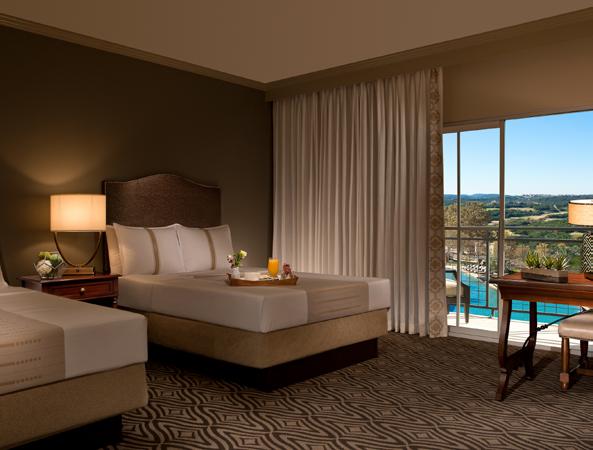
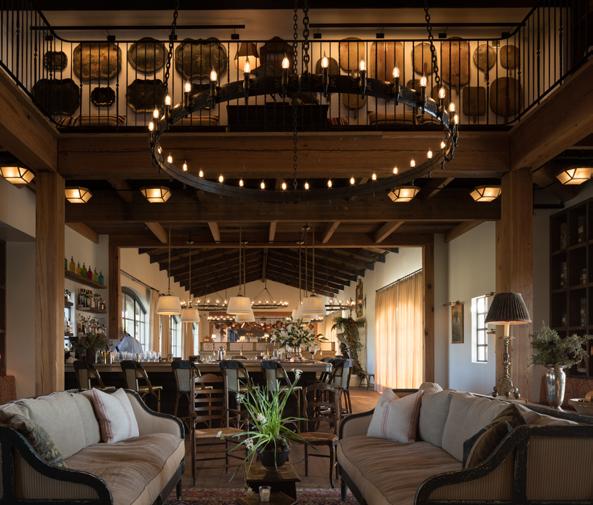

La Cantera Resort & Spa: A soulful journey into the Heart of Hill Country
Where Texan heritage meets the art of living well.

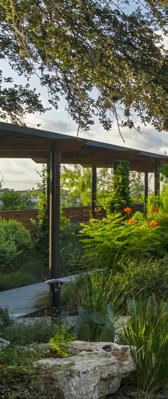
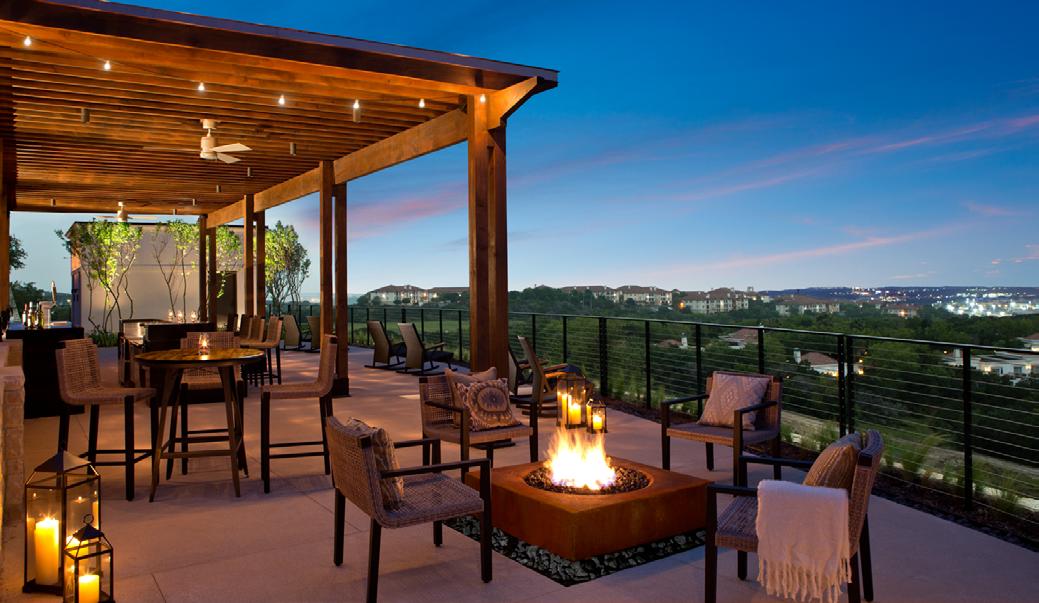
Tucked into the rolling hills of San Antonio, La Cantera rises not just as a resort, but as a sanctuary, where history, the generosity of the land, and the art of living intertwine in a wellness journey that feels as rooted as it is expansive. You don’t just arrive here, you remember yourself.
Each sunrise unveils a horizon that invites reflection. From the first coffee at Henrietta’s Market to a dip in the pools beneath the endless Texas sky, moments are not rushed, they’re savored. At La Cantera, time bends toward experience, not urgency.
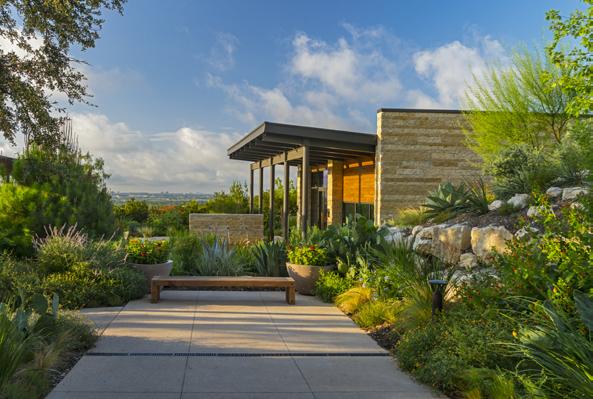
Loma de Vida Spa & Wellness is the vibrant heart of this journey. From watermelon mojito rituals to floating meditations under the summer sun, every treatment mirrors the landscape, joyful, bold, and true. More than a spa, it’s a space for encounter. With your body. With silence. With the desire to truly feel.
Movement takes on many forms: yoga with a view of the valley, mindful walks through quiet gardens, classes that awaken both strength and joy. Here, exercise isn’t counted in calories, it’s measured in recovered vitality.
Dining becomes a celebration of Texas heritage with a contemporary twist. From the sophistication of Signature to the vibrant freshness of Topaz Pool Bar, every bite is a way to be fully present. And as the sun sets, Evenings at Topaz turns night into a feast for the senses.
But what makes La Cantera unforgettable is not only the views or services, it’s the spirit. A blend of tradition and transformation that pulses through its spaces, echoes in its music, and welcomes you with genuine warmth. It’s the essence of Hill Country, alive in every gesture.
La Cantera doesn’t promise disconnection, it offers reconnection. To your rhythm. To your joy. To a kind of wellness that isn’t proclaimed, it’s lived. Because here, luxury isn’t about show, it’s about intention.
“High above the Hill Country, there’s a place where the body rests, the soul rekindles, and the spirit sings its way back home.”
— WITT Certified
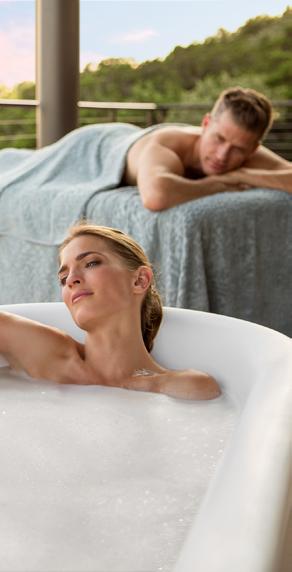

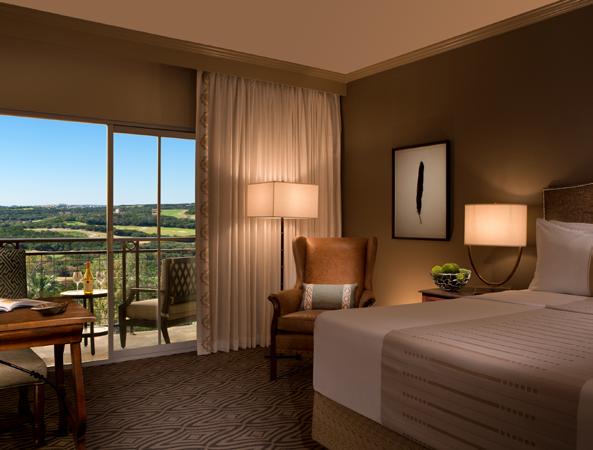
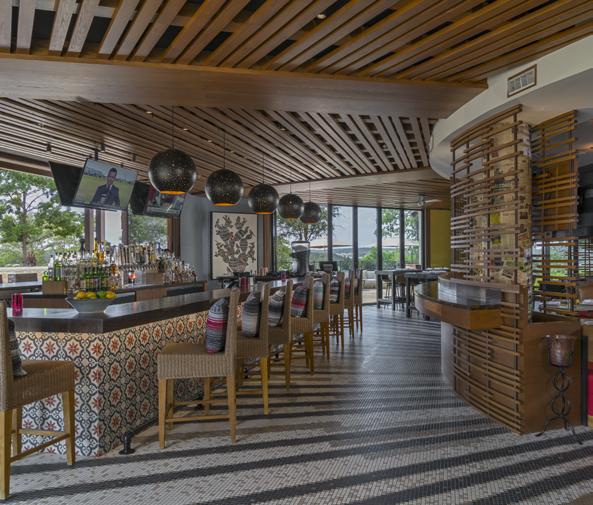

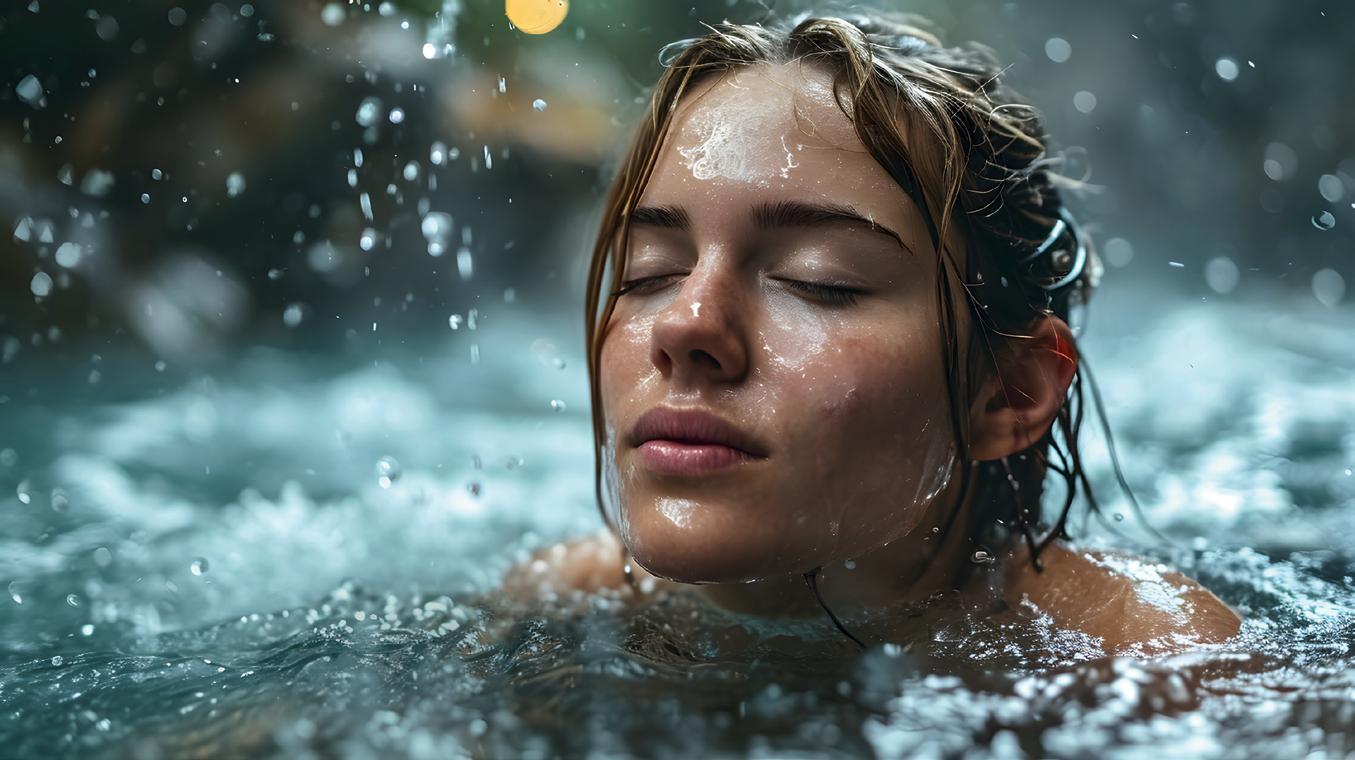
Rostros del bienestar
Faces of Wellness
Este primer año de GoWellMag no hubiera sido posible sin las voces que lo hicieron vibrar. En esta edición, rendimos homenaje a quienes, desde diferentes rincones del mundo, han compartido su sabiduría, pasión y compromiso como colaboradores y expertos.
Gracias por creer en esta plataforma que nació con la misión de educar, inspirar y expandir la industria del bienestar, especialmente para el mundo hispanohablante. Sus palabras han cruzado fronteras, creando puentes de consciencia y acción.
Ustedes son los rostros del bienestar que hacen que este movimiento sea verdaderamente global.
This first year of GoWellMag would not have been possible without the voices that brought it to life. In this edition, we honor the experts and collaborators who have shared their wisdom, passion, and purpose from around the world.
Thank you for believing in this platform born to educate, inspire, and expand the wellness industry—especially within the Spanish-speaking world. Your messages have crossed borders, building bridges of awareness and transformation.
You are the faces of wellness, shaping a truly global movement.
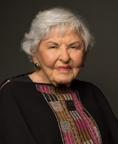
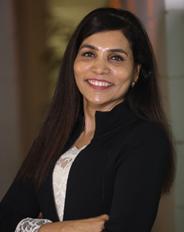

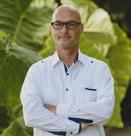
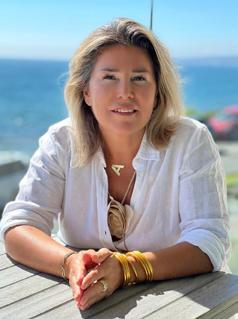
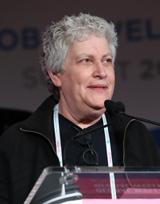

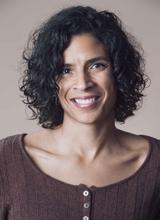
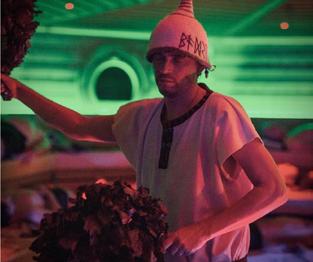
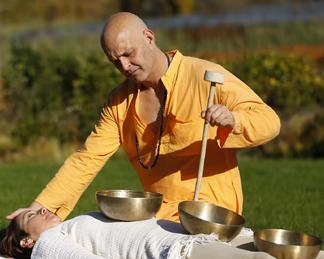
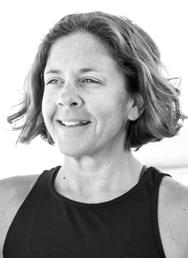
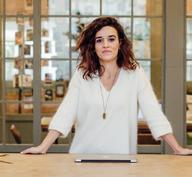
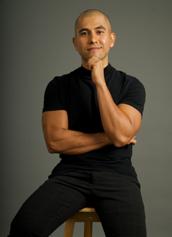
Verano 2024 Summer COLABORADORES ESPECIALES SPECIAL COLLABORATORS
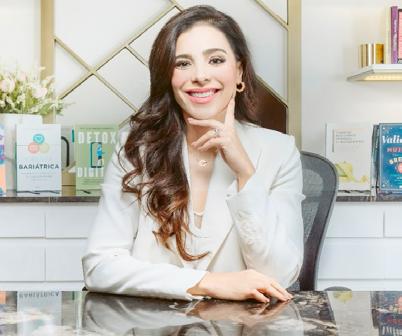
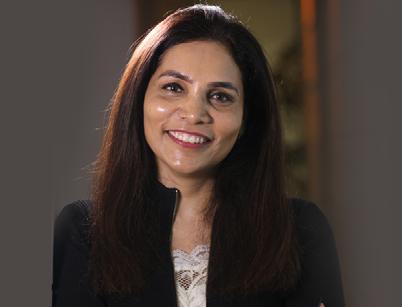
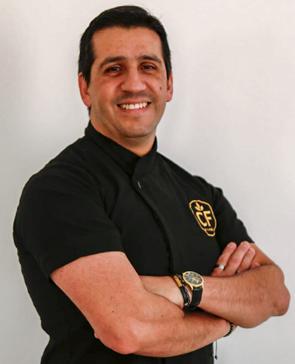
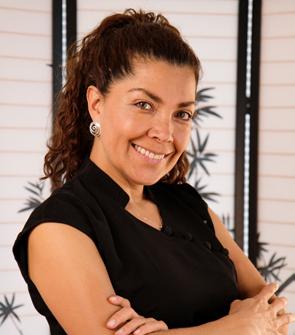
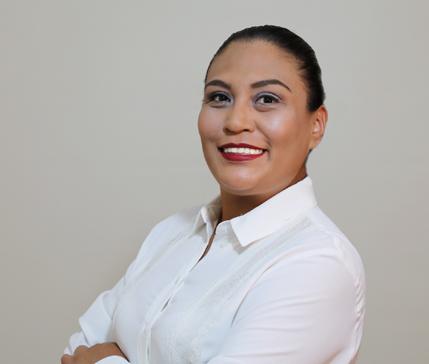
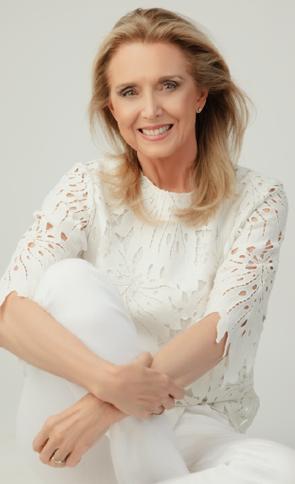
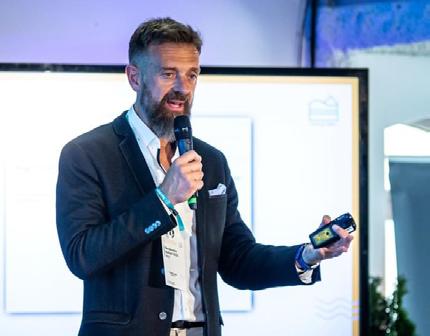
Olga Gozález
Dr. Rekha Chaudhari
Dra. Lisseth Gémez Ricárdez
Cristhian R Flores
Lászlo Puczkó
Diana Fernandez Mestre
Erika Crosby
Otoño 2024
Autumn
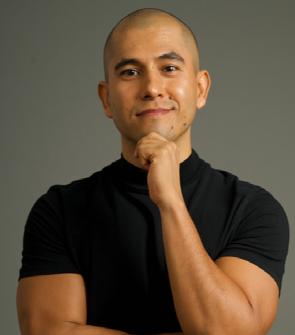
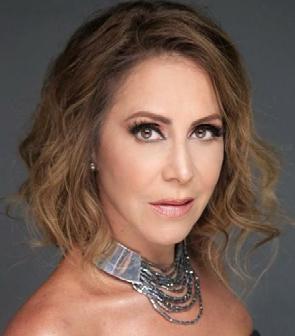
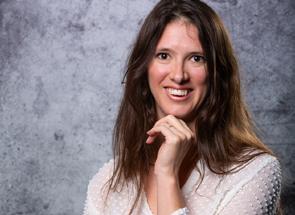
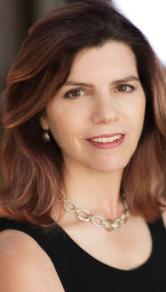
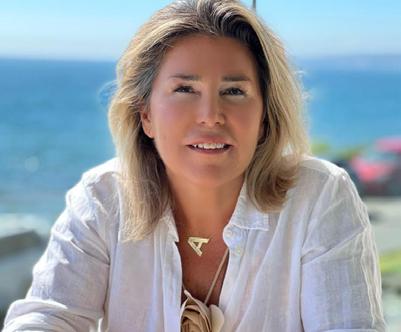
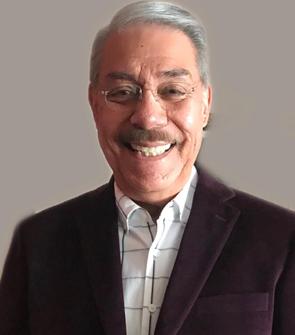
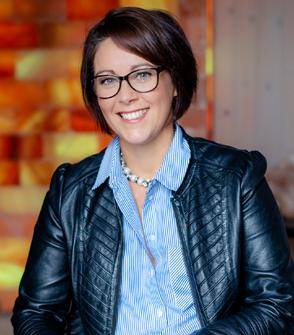
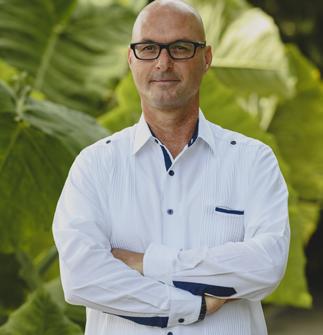
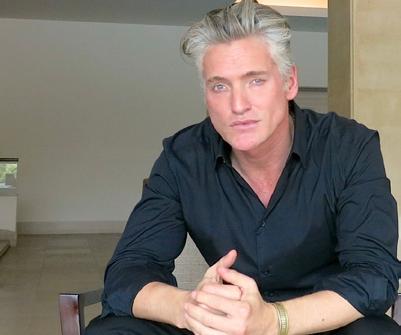
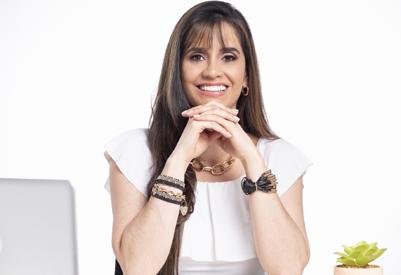
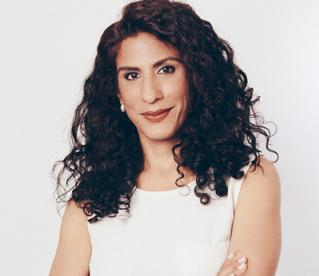
Jair Arango
Lisa Starr
Salvador Valadez
Sussette Trujillo
Sonal Uberoi
Nigel Franlyn
Rocco Bova
Ethel Soriano
Jane Tarrant
Alina Hernandez
Erin Lee
Invierno 2024
Winter
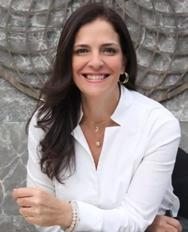


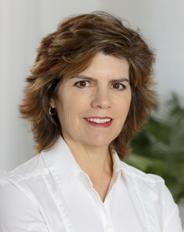
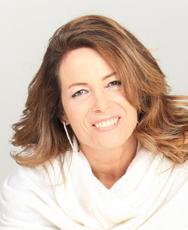
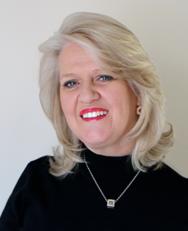

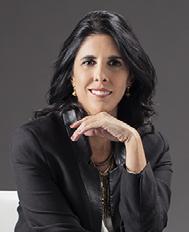
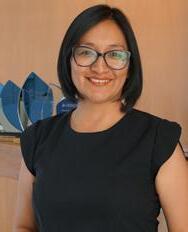
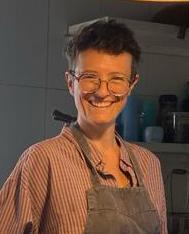
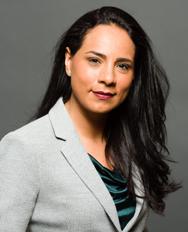
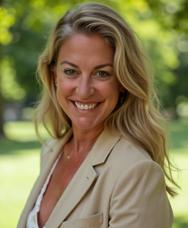

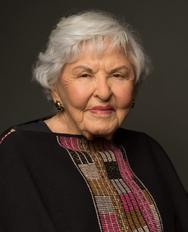
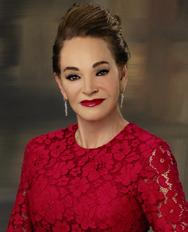
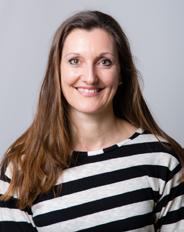
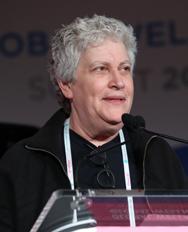

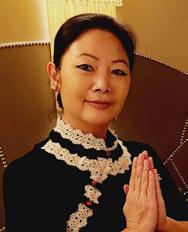


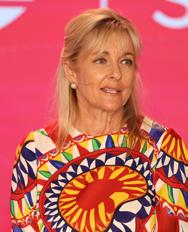
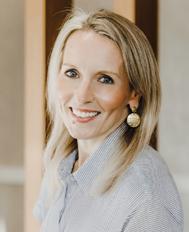
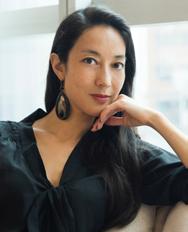
Adriana Azuara
Ana Paula Dominguez
Aradhana Khowala
Rekha Chaudhari
Lisa Starr
Olga Gonzalez
Amy McDonald
Anne Dimon
Deborah Szekely
Letty Coppel
Christine Clinton
Melanie Smith
Susana Melchor
Cristina Muquinche
Nancy Davis
Susie Ellis
Dafne Berlanga
Erika Ramelli
Esmeralda Brinn
Julie Keller
Nathaly Marcus
Verena Lasvigne
Phiane Duquet
Vivienne Tang
Primavera 2025
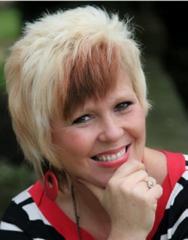
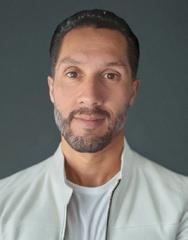

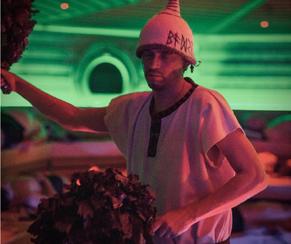
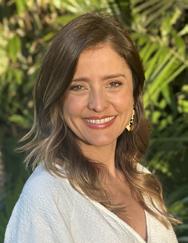
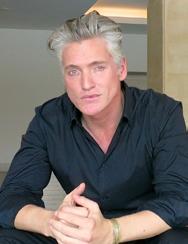
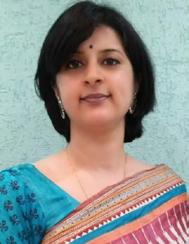
Verano 2025
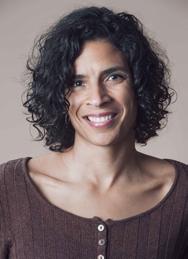
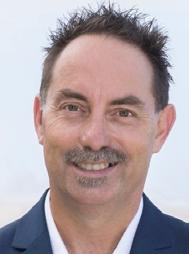
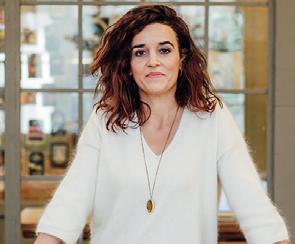
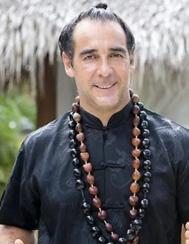
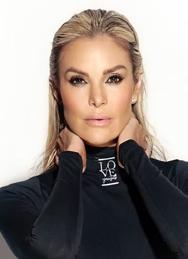
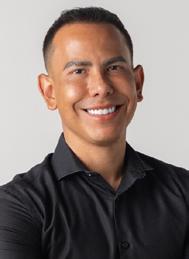


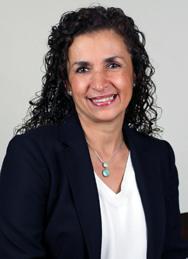
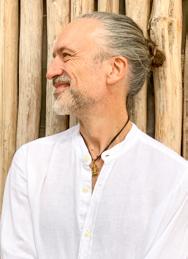
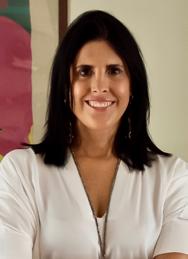
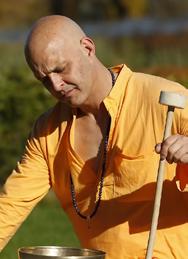
Lasse Ericksen
Marta Ribas
Flavio Acuña
Sue Atkins
Annemarie Shrouder
Crystal Carnahan
Alejandro Ortiz
Ian Jeffrey
Adriana Reid
Ana Ramirez
Vanessa Pelayo
Raul Petraglia
Nigel Franklyn
Luis Ramírez
Ana Paula Dominguez
Amrita Sharma
Barbara den Bak
David Turienzo
Olga Gonzalez Spring
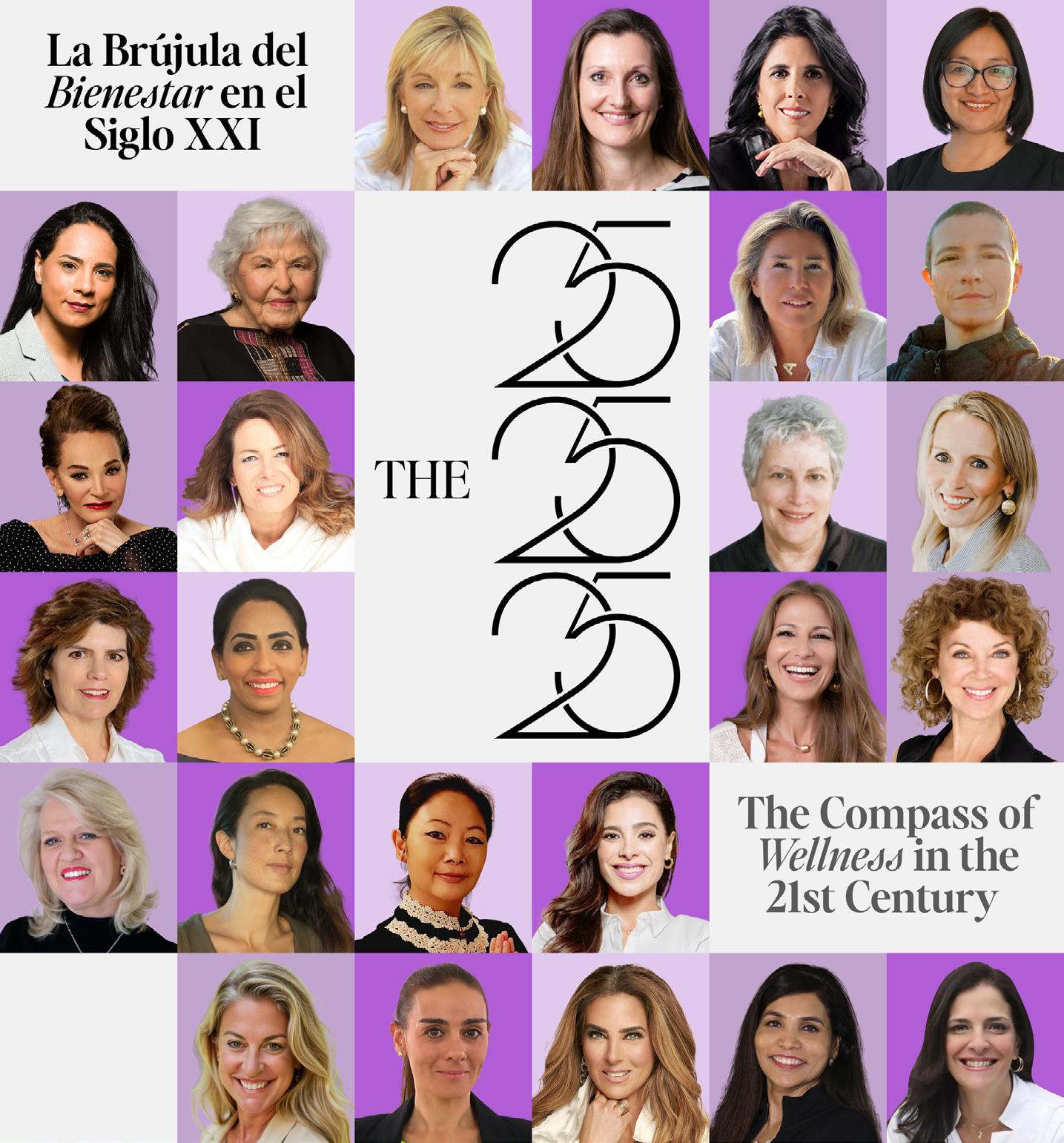
Los 25 Hombres Más Influyentes del Bienestar Global
The 25 Most Influential Men in Global Wellness
